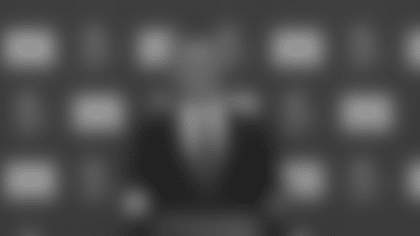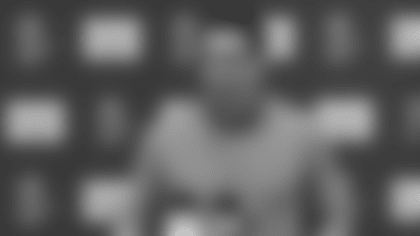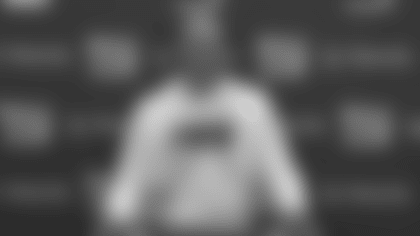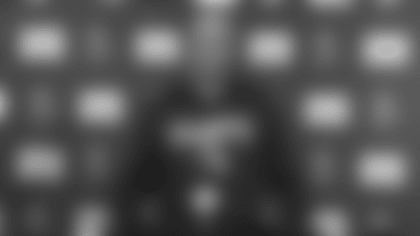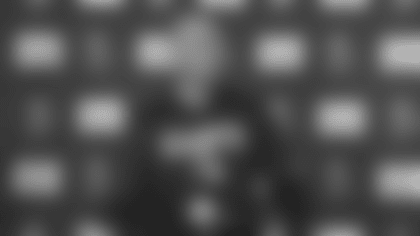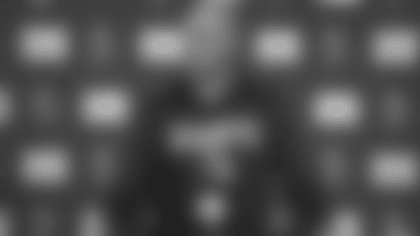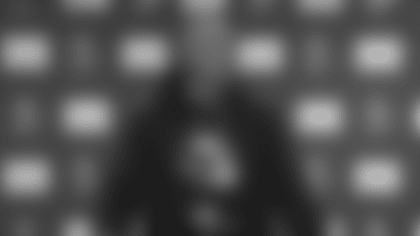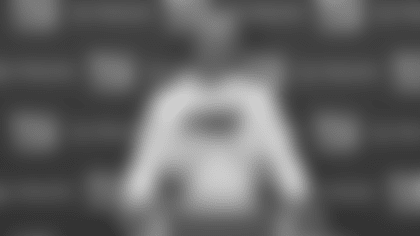Head Coach Brian Daboll
Q. Do these conversations ever get easier on the front end and also on the back end with the tryout guys? I know that's probably one of the hardest things to do at practice at these NFL camps.
BRIAN DABOLL: No. You've got a tremendous amount of empathy for these guys that come out here and are doing everything they're asked to do, and there's only so many spots on an NFL roster, and those get taken away each few weeks here in training camp, but I told those guys I appreciate day one, and let's go out here and have a good day two, and we'll see how it goes.
Q. We can see a bunch of your higher drafted guys, the (Jalin) Hyatt and (Deonte) Banks get in there in the individual 7-on-7 live drills. What's your thought process behind that?
BRIAN DABOLL: Yeah, they've been on the road quite a bit. Had a lot of visits. Again, one of the main things is just come out of here healthy, let them figure out how we do some things, where some things are, and then get a look at some of the tryout guys, as well. They'll have plenty of time to get a lot of reps here over the next, call it, few weeks.
Q. In terms of the draft picks, how much do you use these couple days when you're not getting on the field a lot, use these days to kind of confirm the things that you thought about them through the process?
BRIAN DABOLL: I just think it's kind of a start-over evaluation process for all those guys. You meet, you prepare in terms of the selection of the player, and now that they're here and they're figuring out how we do things, you only put so many things in with each player per se, so Jalin, all the other receivers, we did the same thing with them to see how they picked things up, but there's even a little bit more now, and there will be some more in a couple weeks when they get back, kind of get their feet wet.
Q. What do you see Eric Gray being able to do at this level, and what do you hope to see him from not just this camp but going forward?
BRIAN DABOLL: I think he was a good college football player. Until he's out here competing with our players and with our guys doing the stuff we ask him, I'm going to wait until August or September to see where we're at on that one.
Q. In your two depths have you seen an evolution at that position, running back? The running has been an evolution, the usage, the combos, passing out of the backfield, all that stuff?
BRIAN DABOLL: I think it's really just an evolution of the game itself. You're always going to have big backs that can stick it in there and run downhill. You may have some receiving backs or some backs that can play on all three downs. I don't really think that's been different since I've been in the league. Running back, there's certain guys that have different still sets, pass backs, running backs, in terms of just handling the ball. Like to utilize guys that can do both in both phases.
Q. When you were in Kansas City, didn't your running back have a monster year number-wise?
BRIAN DABOLL: Jamaal (Charles)? Jamaal had a good year. I think Reggie (Bush) had one of his better years at Miami, Peyton Hillis. Again, it's just depending on the team, what you have. We had a bunch of receivers or tight ends or running backs, your job as a coach is to figure out how to use your guys that are best on your team.
Q. Would you like to lighten Saquon's load a little bit and how do you feel about a two-back system?
BRIAN DABOLL: Well, depends on what we have out here come August, getting around, seeing what we've got in terms of players' loads and how much, it's completely different team, we'll see how it goes once we get out here and compete with pads in training camp and preseason games.
Q. I know you have an idea of what these players can do before they come in, but once you get them out on the field and you start to see them in person, do you ever say to yourself, wow, maybe we could do this and add this to the playbook? Do they ever inspire you in that way or do you have a set way of doing things as far as the playbook and --
BRIAN DABOLL: Yeah, no, not at all. Maybe not right now, but once phase three hits and we're out here practicing a little bit, albeit without pads in training camp, certainly we'll do that. If there's something that you see from a particular player that maybe you didn't see on tape, whether it's in college, whether it was with another team, you definitely want to do that. I don't think you just have a playbook and say here's what we're going to run. I think the playbook is predicated on what the players do well.
Q. Does Jalin as a punt returner fall into that category at all? Is that something you would think about doing?
BRIAN DABOLL: Yeah, absolutely. We'll put as many guys back there as we can to figure that one out. But again, it's a ways away.
Q. How much one-on-one time are you getting with the tryout guys?
BRIAN DABOLL: I would say it's pretty consistent with how we do a normal kind of phase three in terms of the meetings. 8:00 they come in, they meet from 8:00 to 8:55 with their position coaches or maybe Wink (Martindale) wants to meet with them for 10 minutes, or (Mike) Kafka does. We have a little team meeting, we go back out, they have another long meeting with their position coaches. We do a walk-through, then we come out here, then watch the tape, then we go back in at about 2:30 today and finish watching the tape. I'd say this camp they have a little bit more with their individual coaches because there's a lot less install. Kafka is not up there for 40 minutes installing plays. It's five plays a day here.
Q. How important is that for the tryout guys especially to get that -- form that relationship with those guys, those coordinators, and those coaches?
BRIAN DABOLL: It's really important. They're the ones meeting few hours a day. That's why we don't put in a whole lot in this type of camp because we want to see who can pick things up for call it five, six plays or a couple defenses, be really detailed. If they're struggling with that, then that's an issue.
Q. Where are you with Jalin in terms of perhaps the necessity of him to broaden a little bit of the route tree and that kind of thing?
BRIAN DABOLL: I'm good with Jalin. Again, yeah, he's been asked to do certain things. He's had a couple different coaches in college. Again, day one out here, did everything we asked him to do, and each day we'll build off that.
Q. What was your pre-draft contact with (Habakkuk) Baldonado? I'm always interested by guys who are a little raw. I guess eh grew up in Rome and whatnot.
BRIAN DABOLL: Not a lot. Yeah, not a lot.
Q. With Jalin Hyatt, how much did that Alabama game kind of pop off the tape for you guys, and how much do you think it played into the evaluation of him as a player? You mentioned how that kind of took it to the next level.
BRIAN DABOLL: He had five touchdowns. When you're evaluating these guys, you go back, it's not one game, particularly with our scouting department. They've watched every game usually for two, sometimes three years. Once the coaches get involved, it's probably not as extensive as what the scouts have been. But that's definitely a game we looked at. I wouldn't say it's a deciding factor by any stretch.
Q. But isn't Alabama, okay, we're seeing him against guys that are going to be in the NFL?
BRIAN DABOLL: Well, he played in the SEC, so it's pretty good conference down there. He had an outstanding game, no question about it, but he was a productive player for them, good speed, had good intangibles. We met with him on the 30 visit. It was kind of all-encompassing.
Q. Did Joe call you immediately after?
BRIAN DABOLL: No, we were busy getting ready for a game, so those type of conversations when they're on colleges and looking at college players, we're pretty busy handling our business. I forgot who it was we played. I remember we were home because there was a lot of guys down in the cafeteria watching the end of that game.
No, but he didn't call me.
Q. With John Michael, you guys say all the time that your offensive linemen and defensive linemen, evaluation doesn't start until five days into training camp, but when you have a rookie like that who eventually you'll count on a lot, do you kind of set out that schedule for him in terms of what the next couple months will be? He's a guy who's not going to hit somebody again until August.
BRIAN DABOLL: Really for the linemen, both sides, it's a lot of mental work, and then it's a lot of technique work, albeit without pads. Bobby (Johnson) has done a great job. We've been together here for the past five years. He's got a good plan, not just for him but for all the linemen.
But there's a lot of calls and a lot of different things that maybe we call things that he didn't at Minnesota and maybe some more protections, but playing offensive line in this league, whether it's tackle, center, guard, it's a challenging position early on in your career.
Q. Is he getting everything out of -- I noticed after 7-on-7s he's flipping the ball every time. What are you trying to get out of that for him, just making calls?
BRIAN DABOLL: No, just have him snap the ball to the quarterback. Usually there's an equipment guy up there because they're doing one-on-ones when we've got pads on and things like that, but just get him some extra snaps to the quarterback, let him hear the quarterback's cadence. That's about it.
Q. Did his agent actually play for you?
BRIAN DABOLL: Yeah, Jeremiah (Sirles).
Q. Did you talk to Jeremiah at all during the process? Like maybe he knows somebody -- that's a little different for the agent to be a former player for the head coach.
BRIAN DABOLL: I'd say, look, Jeremiah was a very smart player. What we did when I was with him is probably a little bit different now, but certainly I think having someone like that for John Michael is probably a benefit. You'd have to ask him. I've stayed in contact with Jeremiah on a lot of different things. Got a lot of trust in him, so it's good to be able to bounce some things off of him regarding players that he may represent.
Center John Michael Schmitz
Q. How tough is it for you guys as offensive linemen in a situation like this where you really can't do much?
JOHN MICHAEL SCHMITZ: Yeah, I mean, just got to keep getting better with your technique and fundamentals each and every day. That's really important for our individual work, with your pass set, with your run blocking. You can do that every day without even doing any hitting. (Offensive Line) Coach Bobby Johnson, does a tremendous job of getting us better each and every day.
Q. As you look at this offense, what is the first thing you want to get down? Is it the terminology, sort of knowing plays, or walk me through the progression of learning the offense.
JOHN MICHAEL SCHMITZ: Yeah, just taking it one day at a time, learning each and every day, getting 1 percent better, and obviously learning terminology, as well. Yeah, just doing that.
Q. How wordy is this compared to your offense in college in terms of stacking of coding?
JOHN MICHAEL SCHMITZ: Yeah, a little different, but at the end of the day we're playing football. Just different terminology, and yeah, I'm excited to be a part of this organization and play for the Giants.
Q. Did you get any kind of advantage from your agent having played for Dabs and Bobby Johnson?
JOHN MICHAEL SCHMITZ: Jeremiah Sirles and Alex Boone, tremendous guys that are my mentors, and having an agent and a trainer that's been in the league was very helpful for me to have, give me knowledge of the game, coaching me up, film study here and there.
Q. When you started looking at the film, I know you and Daniel (Jones) have to get on the same page with regards to what you're seeing out there and making the protection calls. Have you had an opportunity to do that or are you still working on it?
JOHN MICHAEL SCHMITZ: I'm just focused on taking it one day at a time, and right now just rookie mini camp and when we report back for OTAs we'll connect more with Daniel and go from there.
Q. What have they said to you about the dead ball snap or whatever you call it, the technique here, and is it something you plan to continue to use, and how did you get started with it?
JOHN MICHAEL SCHMITZ: I mean, it's whatever is comfortable for Daniel in the back in the quarterback position. I'm flexible doing the dead ball snap or the regular snap. Doesn't change a thing for me. He just wanted me to feel most comfortable to get the snap back there.
Q. You're going to continue to do what you were doing at least now, work on it later?
JOHN MICHAEL SCHMITZ: Yeah.
Q. Have you ever had a quarterback that didn't like that? It seemed to really simplify things.
JOHN MICHAEL SCHMITZ: Didn't have a quarterback that didn't like it. I pretty much had the one quarterback for my whole career at the University of Minnesota. He enjoyed it.
Q. How did you get started with that, because it's a little different, right?
JOHN MICHAEL SCHMITZ: Yeah, (Minnesota Offensive Line) Coach Callahan, my O-line coach at the University of Minnesota, just taught me it, and it just stuck with me, and I went from there.
Q. You mentioned before the idea of focusing on technique, that the hitting will come later on this summer. Is this the longest, considering in the spring you guys are hitting in college, the longest you'll have to wait before you actually get to hit somebody?
JOHN MICHAEL SCHMITZ: I mean, probably the longest since high school. We're always -- we're hitting pads out there and we're not really like that face-to-face contact that we're taking out of the game right now. I'd say yeah. I don't mind hitting. I enjoy it, so I'm just here and looking to get better with my fundamentals and techniques and looking to improve on that stuff.
Q. Did you see Dexter Lawrence here yesterday?
JOHN MICHAEL SCHMITZ: I did, yes.
Q. Are you looking forward to knocking heads with him about 40 times a day in training camp?
JOHN MICHAEL SCHMITZ: Yeah, looking to just continue to get better each and every day against him. Being able to compete against one of the best there is. Tremendous opportunity to have that.
Q. Looks like a pretty easy match-up I would think, right, with no shoulder pads?
JOHN MICHAEL SCHMITZ: No, no, he's a great player. Great player, tremendous person, and can't wait to grow closer with him and compete.
Q. I ask this as an enormous fan of amateur wrestling. Did wrestling help you with football in any way?
JOHN MICHAEL SCHMITZ: Yeah, just understanding your body position, the leverage you have, your hand placement, and yeah, that's what I would say. That was probably the big thing, especially as an offensive lineman, with those things.
Q. You talk about being -- it's the beginning of the process. What can you get from the snaps that you've taken the last couple days?
JOHN MICHAEL SCHMITZ: Yeah, I mean, I'm just -- I've been saying I'm taking it one day at a time, learning, learning, learning, learning, learning the offense, learning the techniques and fundamentals for this offensive line room and taking it one day at a time.
Q. Your relationship with Daniel is going to be really important, obviously, on the field. We saw you had just a cursory meeting here. There's two weeks before OTAs. Do you plan on sitting down and doing some FaceTime or getting on the phone?
JOHN MICHAEL SCHMITZ: Yeah, I mean, it's important to have a connection between your center and your quarterback, making sure everyone is on the same page. Definitely want to have that relationship with him.
Q. Along those same lines, have you spoken to any of the other offensive linemen yet?
JOHN MICHAEL SCHMITZ: Yeah, there was a lot of guys that reached out and just congratulated me, and a couple guys were around the facility and just said a quick hello to me because they were getting off to lift and stuff.
Q. You didn't have a chance to pick their brain or anything like that?
JOHN MICHAEL SCHMITZ: Not yet. I'm looking forward to it.
Q. Can you just explain the dead snap, the advantages? None of us have obviously played center, what the advantages of it are?
JOHN MICHAEL SCHMITZ: Yeah, honestly I felt it was a lot more controllable with that position, the dead snap. Just felt comfortable, kind of just came natural when I kept doing it over and over again. Yeah, we'll see if I stick with it or change it up. We'll see what happens.
Running Back Eric Gray
Q. Can you talk about having (Oklahoma Running Backs Coach) DeMarco Murray as a coach, what he taught you that gave you an advantage at this point?
ERIC GRAY: DeMarco was a big important piece for me and kind of the reason I went to Oklahoma. I feel like him playing the game at a high level, he could teach me a lot about being a pro in this league, what it takes to be a pro, what I need to do to get better to get to this level.
Q. Was there one thing in particular that really stood out to you?
ERIC GRAY: The most important thing I took from him is just being a pro every single day, no matter what's going on. Everybody has something going on, and you have to be on your P's and Q's every single day.
Q. You got a rep today and then you talked to (Head Coach) Brian (Daboll) for a little bit. What did he talk to you about?
ERIC GRAY: He was just talking to me more so about defining my routes, making sure I'm doing everything correctly, just getting used to his style of coaching.
Q. I thought you probably could have come out of Tennessee, because you were excellent at Tennessee. What went into your decision to go to Oklahoma to work on X, Y, Z, get a little bit more college football?
ERIC GRAY: Actually, when I left Tennessee I was a sophomore, so I couldn't go yet, so I went to Oklahoma. Just looking for a new home. I felt like I could be explosive in the offense as well as with DeMarco Murray – DeMarco was the key to teaching me a lot about being successful in this league.
Q. What was that first year like? Just reading about it, it didn't seem like you got as many reps as you wanted that first year. What was that like to have that deal with that and how did you get through that?
ERIC GRAY: Yeah, that year was definitely adversity for me, but I learned a lot in that time. I grew mentally, I grew spiritually in that time, learning that you've just got to keep working, keep going and it's going to pay off one day for you. My dad had a saying during that time that was like, 'You can't keep a good man down.' I knew if I kept working and kept going hard that I would ultimately be where I am.
Q. What are a couple specific things that DeMarco taught you that you're like, 'Wow, I never thought of that, that's really interesting expertise,' that maybe you wouldn't have gotten from someone who's not like a massive expert?
ERIC GRAY: Well, him playing the game, it's different from when you're actually out there. He knows about playing in the flow, playing in the heat of the battle, being out there and knowing fronts, knowing coverages. He taught me a lot about reading the defense before the play happens, reading it pre-snap to give you a feel on where the ball is going to hit or even protection maybe.
Q. Everybody talks about the position. I want you to rank these skill sets that you need to play running back at a high level: Vision, footwork, balance, speed. Which one is the first one for you?
ERIC GRAY: It's vision first -- vision, footwork, speed, balance.
Q. In your mind what came together last year to make you have a successful year?
ERIC GRAY: I would think my mindset going into that year saying I wanted this to be my last year, I wanted to go out there and give my all and put it all together and have that season that I wanted to have. The previous year, like I talk about the adversity year, I learned a lot in that time, and I knew coming to the next year that if I just stick to my Q's, stick to my coaches, stay close to my teammates, that it would happen for me.
Q. You didn't play in the bowl game. How hard is it to make that decision?
ERIC GRAY: You know, it's a hard decision because you think about it, you go out there with a team from January all the way to December, so you gel with your teammates, you're there for a long time, working together. You're in (Oklahoma Director of Sports Enhancement & Strength & Conditioning Coach Jerry Schmidt) Smitty's workouts for a long time, at that time it was a hard decision for me, but my coaches ultimately said it was the best decision for me.
Q. When you think about the position you play, it's a valuable position, but in the league some of the guys don't get drafted as high, sometimes they don't get paid as much. What is the value of a running back, and do you like the position?
ERIC GRAY: I think it's a very valuable position. You look at today's game, you look at just the different running backs in the league and you think about how important they are to the offense. They've got to learn protections; they've got to learn the passing game. They have to know what everyone is doing, so in my opinion it's a very valuable position that can make a lot of money.
Q. Do you think you're a third-day pick? There are third-day pick running backs that do well. Do you think of yourself as a third-day pick that wants to do well, or do you look at yourself as, no, that's not a definition of what I am?
ERIC GRAY: No, I don't look at it that way. I'm just looking at my opportunity here. My opportunity, I'm here now. First day, second day, third day, that's all out of the window. I'm here now. I got a chance to be in a special place like this, so I'm happy about it.
Q. What do you make of at some point being a teammate of Saquon's?
ERIC GRAY: You know, he's a great player, had a lot of success in this league, so I plan on learning a lot from him in the room.
Q. Have you had a chance to speak to him yet?
ERIC GRAY: No, I haven't.
Q. It's obviously a whirlwind, you're here right after you get drafted. What kind of impression has it made? What has stood out to you about being on a professional field in a professional environment?
ERIC GRAY: It's been a lot of emotions, like yesterday being on an NFL field, and I was walking on, like, 'Wow, the Giants really…like I'm really in the NFL now.' It's been unbelievable. You think about, for me, coming all the way from little league to now, it's flown by, and it's a blessing to be here.
Q. You got to play with Jalin (Hyatt) at Tennessee, right?
ERIC GRAY: I did.
Q. What stuck out about him? We all talk about the speed.
ERIC GRAY: 100 percent. When he came in as a freshman that's what you knew -- as soon as first workout, his speed. His speed is what he's good at; that's his strength. His speed, so definitely noticed that from the first day.
Q. I'm sure you probably keep an eye on Tennessee. Did you watch that Alabama game, and what did you think --
ERIC GRAY: I think actually -- I don't remember who we played, but we played an early game that day, and me and my whole family watched that entire game, and I was rooting for him. I was rooting for him the whole way. I had a lot of teammates that I played with that were still on that team, so I was happy for him.
Q. What did you think about what he did in that game? That was a big-time performance.
ERIC GRAY: Unbelievable. I was watching it live, so I was like, 'Jalin is doing his thing tonight.'
Q. Did you field any punts today?
ERIC GRAY: Yes, I did.
Q. When you look at the way you stack up – height, weight, speed, all of those things – you can't tell yet, but do you have any doubt that your physical abilities will translate to the NFL?
ERIC GRAY: I think football is football in my opinion. I think you go out there, you work hard, you do what it takes on and off the field, and you let your body take over when you get out there.
Defensive Lineman Jordon Riley
Q. Can you talk a little bit about your journey and what it's like to be here after all the different stops that you made in college?
JORDON RILEY: Words can't describe it. I came a long way. This was just a blessing to be in this building. I come from a small town in Durham, North Carolina. Opportunities like this are slim. I really think it's a blessing, and I'm just glad to be here. With all the stops, I just think I fell in the right place here in New York. I'm just blessed to be able to be in this great tradition, great building.
Q. What was your Saturday like? Did you expect to get drafted? What was Saturday like for you?
JORDON RILEY: Yeah, I expected to get drafted. I think just nervous because it's been a long time coming. This is something I've dreamed about since I was little. But I knew the time was coming. I just didn't know when.
Q. Are the Giants a team that showed interest in you going into the draft?
JORDON RILEY: No, I didn't know. I didn't know any of that.
Q. What in particular do you want to learn from Dexter Lawrence?
JORDON RILEY: I'm just here just to learn, learn every day. Not necessarily just him but just with all the guys, the coaches, coaching staff. I'm just here to work. I'm just here to soak in all the information I can from anyone, any other vets. I'm just here to learn.
Q. What exactly do you know about Dexter Lawrence or Leonard Williams?
JORDON RILEY: I really don't know too much about them. Like I said, I just came in ready for rookie minicamp. I'm just blessed to be here. I met Coach Dre (Patterson), the D-line coach, and I'm just ready to learn from him, his coaching style, and that's what I'm here for.
Q. Can you talk about the initial meeting Coach Dre? What was that conversation you guys had or what did you talk about?
JORDON RILEY: We're just learning how he wants things, coaching style. It's a different coaching style. Just learning how he wants things. He's a great coach, got a long history in this league, and I'm just blessed to be a part of his room.
Q. Can you talk about your journey from different schools to where you are now; did you ever lose the faith, let's say at stop number two, as opposed to where you ended up. Did you ever think this was possible?
JORDON RILEY: No, I didn't ever lose faith. I believe in God and everything like that, and I just kept going. I just knew that I just couldn't stop. I've got a little daughter at home, and she means the world to me, and I just think me stopping wouldn't have helped her, so I just felt like, just keep going. That's all I was thinking about.
Q. Joe Schoen, the general manager, said when he walked onto the field at Oregon, you said you were easy to spot, your size. Is that something that you get a lot from these scouts, that they liked your size?
JORDON RILEY: No, not really. A lot of them watched my film and they liked what I bring to the run game and stuff like that. But other than that, no, I didn't really hear that.
Q. Are you like 326?
JORDON RILEY: I'm around 320.
Q. Is that less than you were or more than you were from like this time last year or when you played last year?
JORDON RILEY: Yeah, it's more or less. More or less.
Q. Did they want you to get down -- do you feel better this way? Big guys, sometimes they go up, sometimes they go down.
JORDON RILEY: No, I feel like I'm good at this weight.
Q. What did you learn at community college? That can be a humbling thing to go down -- what did you learn in that year there?
JORDON RILEY: It was definitely a humbling experience, just coming from DI and just being out there, not having all the resources, not having all the help that you usually get at DI, it really taught me a lot. It helped me be the man I am today, and I just appreciate being out there.
Q. How difficult is it to acclimate, fly into a new place, meet new teammates, meet new coaches, go on a new practice field, be in a facility that you probably don't know which way is left and which way is right?
JORDON RILEY: It's kind of like my journey. I've been different places. I've been to different colleges, and I had to meet new people, new facilities and new coaches. It's all a part of my journey.
Q. On your journey, when you go into a new place, what have you learned from those experiences that maybe translates to now going into the pros? What do you take with each of your stops?
JORDON RILEY: Each part was a part of my journey. I just feel like I just learned to just never stop, never get too down on myself, just keep going, keep pursuing. Even all the adversity I went through, I think just stay humble and just keep going.
Q. Does it matter if you line up in an odd or even position or you just line up, doesn't matter what front you're in?
JORDON RILEY: No, I'm just here to play football. We haven't really talked too much about that. I'm just here for rookie mini-camp, and that's all I'm here for right now.
Q. What were you doing when you heard the word you were selected?
JORDON RILEY: Man, I was speechless. It was a dream come true. I think that's for everyone, just a dream come true. I'm glad I got the call. I was with my family, so it was definitely a special moment.
Q. Are you the kind of guy that thinks it really starts when you put the pads on? Obviously, this is important, but do you like the next phase, the next phase of camp?
JORDON RILEY: I'm all about right now. I don't really think too much in the future. I'm just here right now in the present.
Get your first look at the newest Giants as they hit the practice field at rookie minicamp.
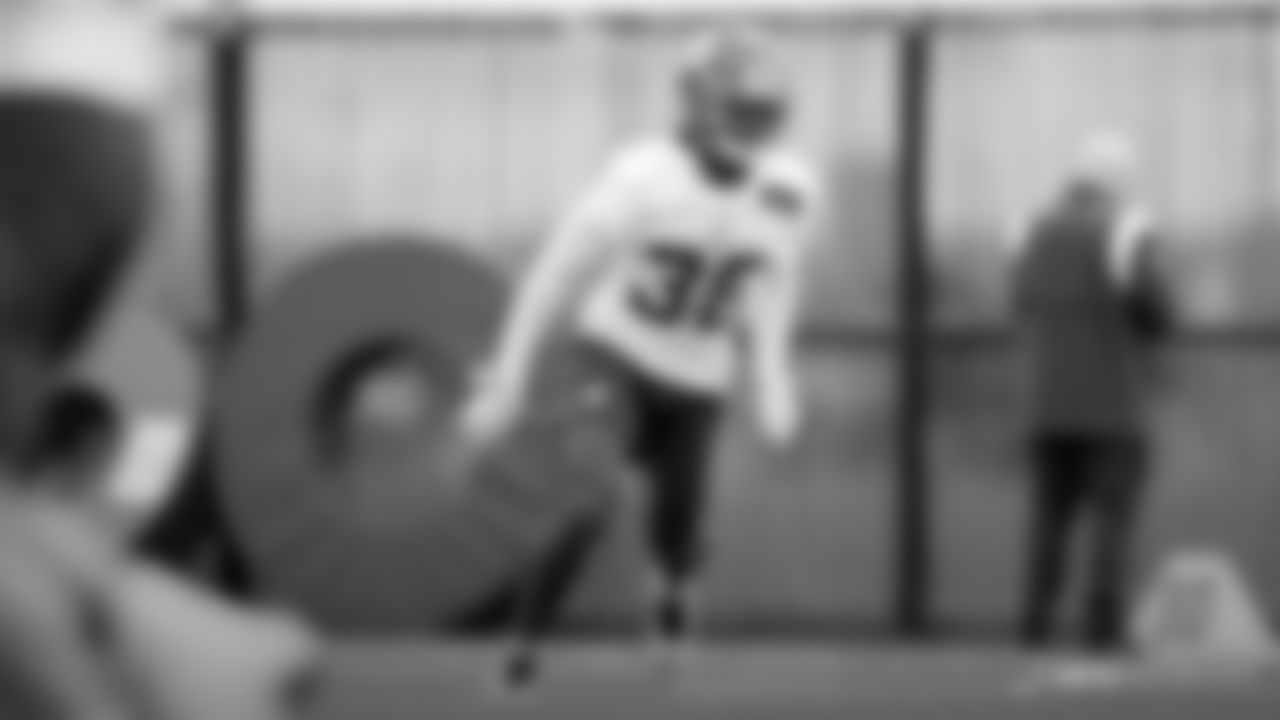
CB Deonte Banks (36)
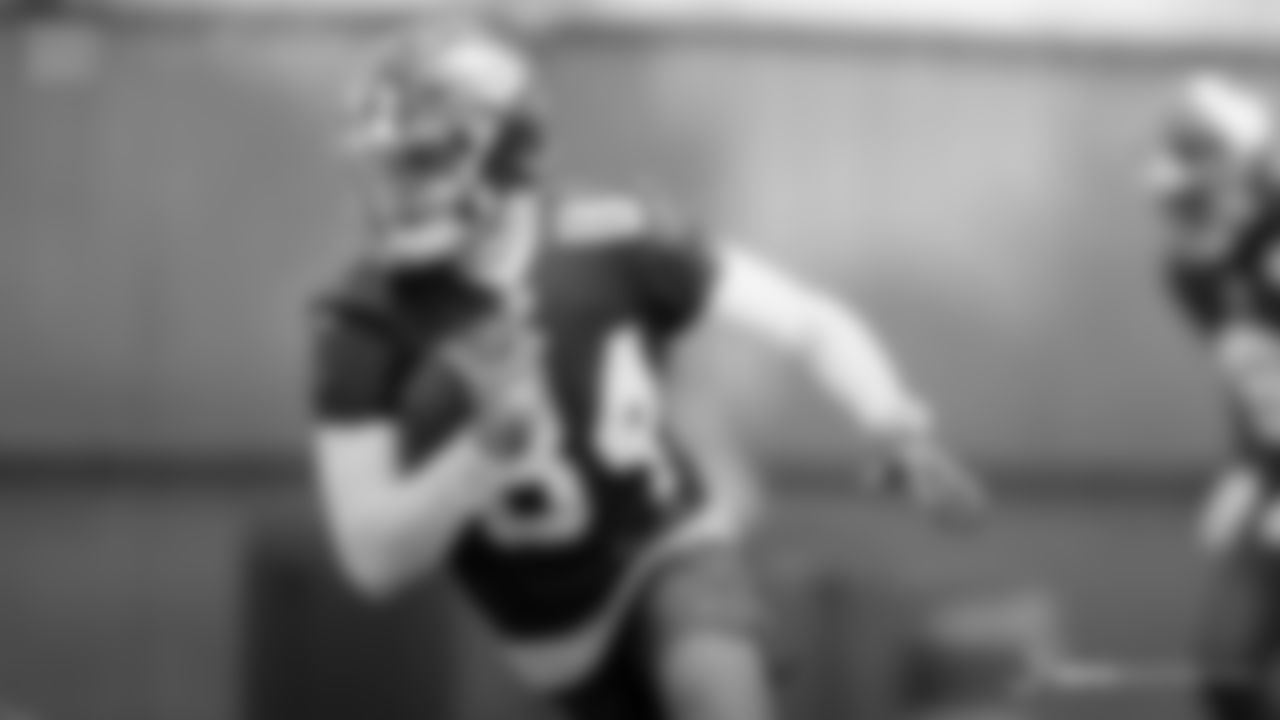
WR Jalin Hyatt (84)
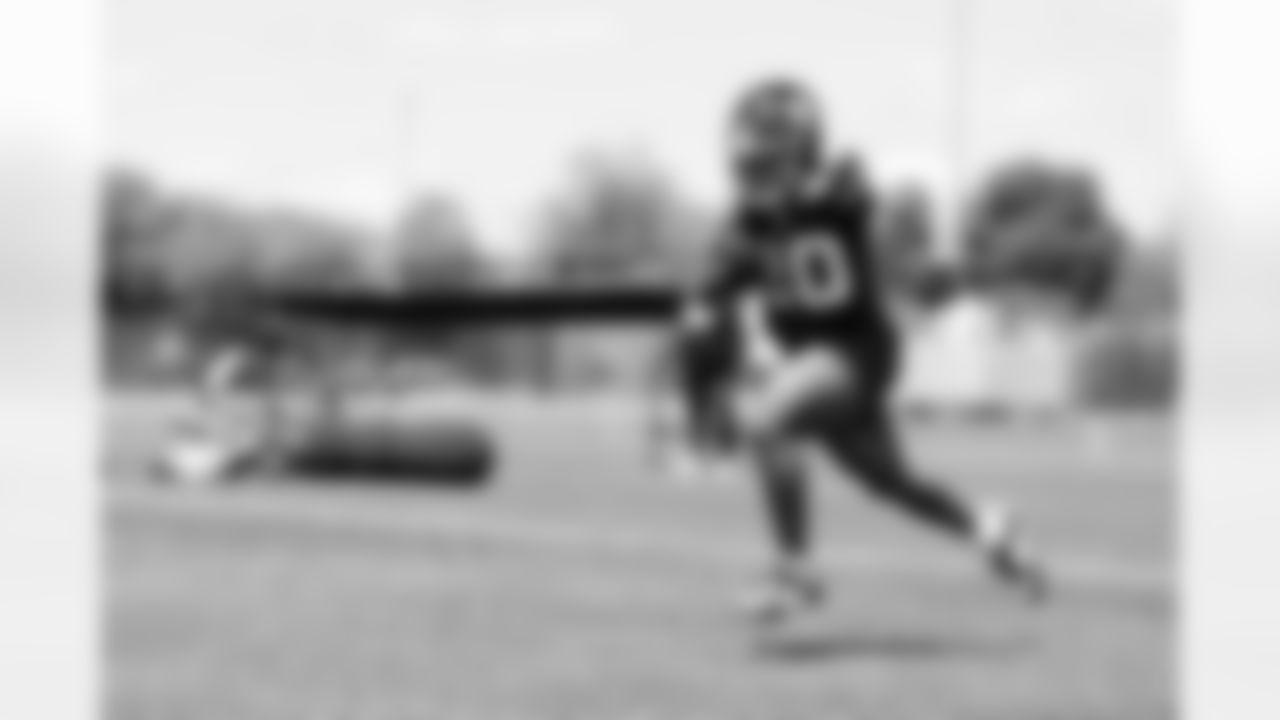
RB Eric Gray (20)
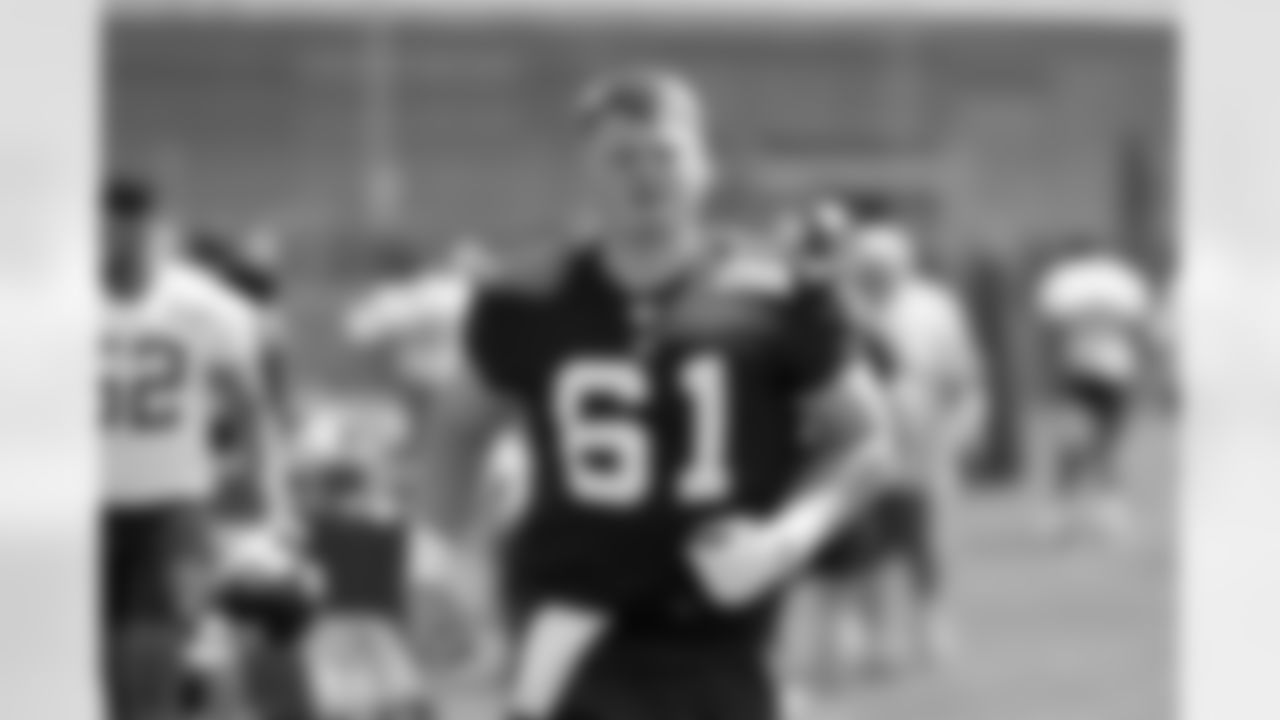
C John Michael Schmitz Jr. (61)
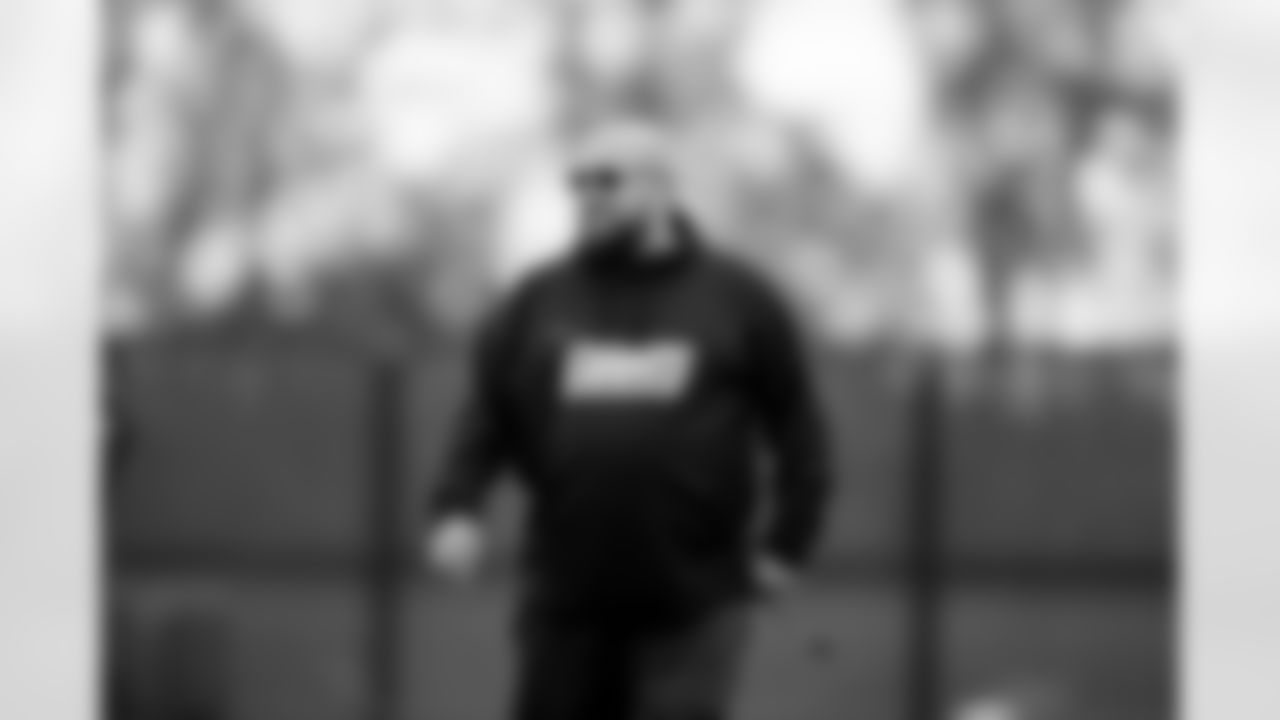
Brian Daboll Head Coach
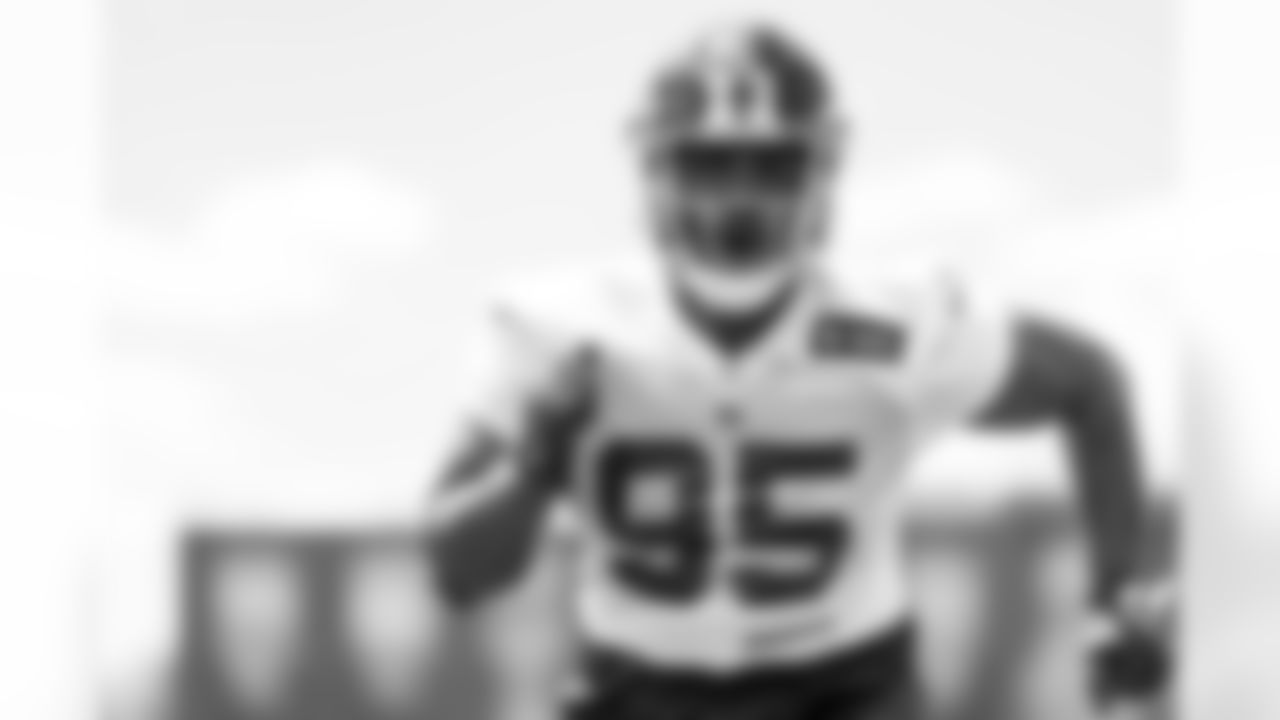
DT Jordon Riley (95)

CB Deonte Banks (36)
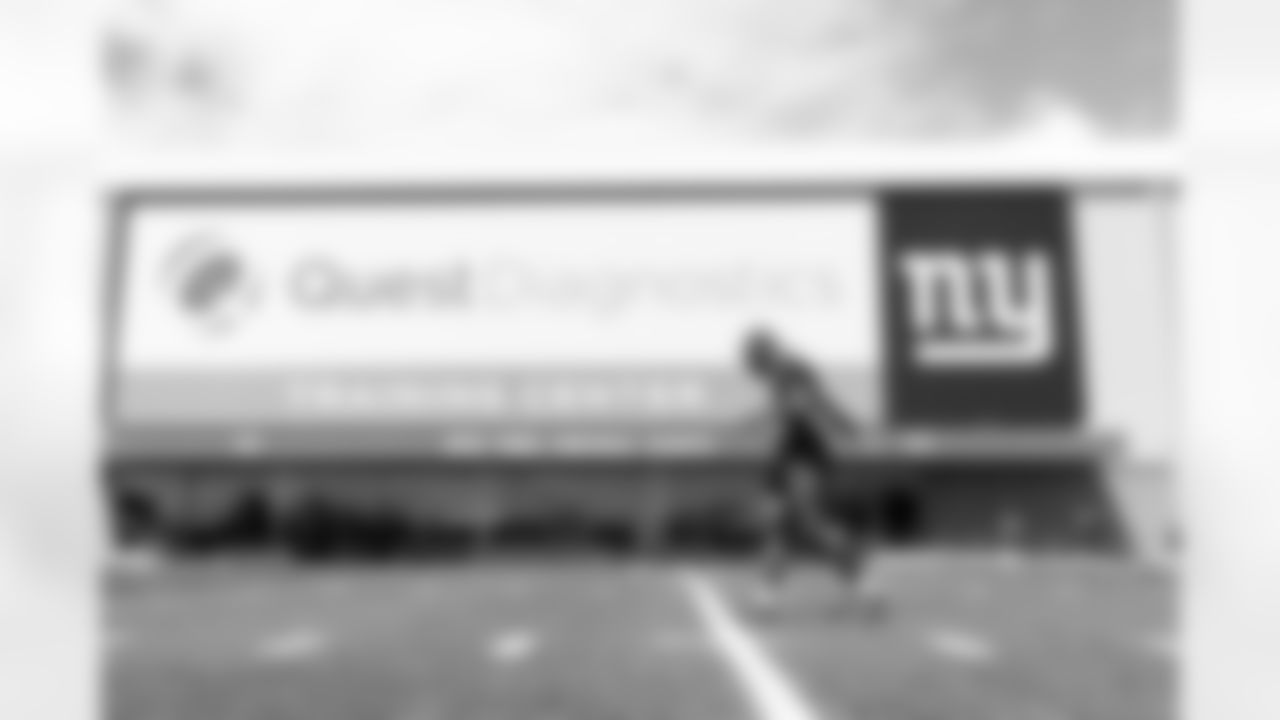
RB Eric Gray (20)
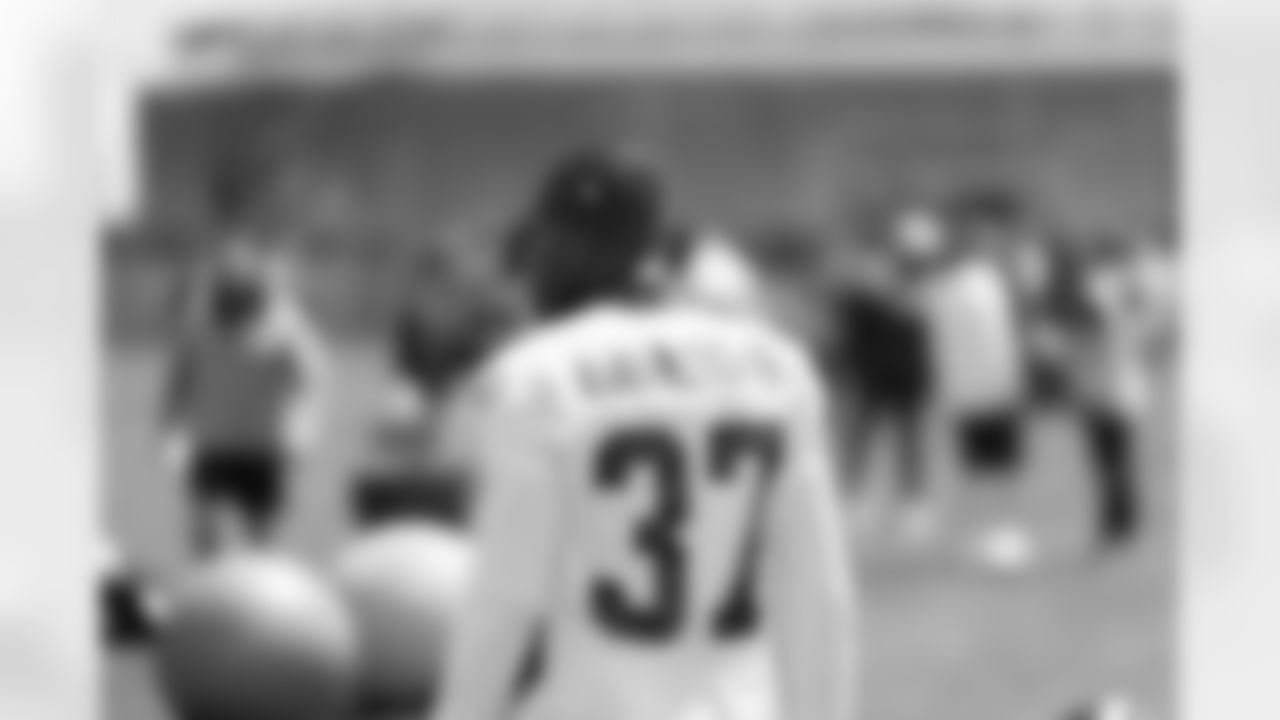
CB Tre Hawkings III (37)
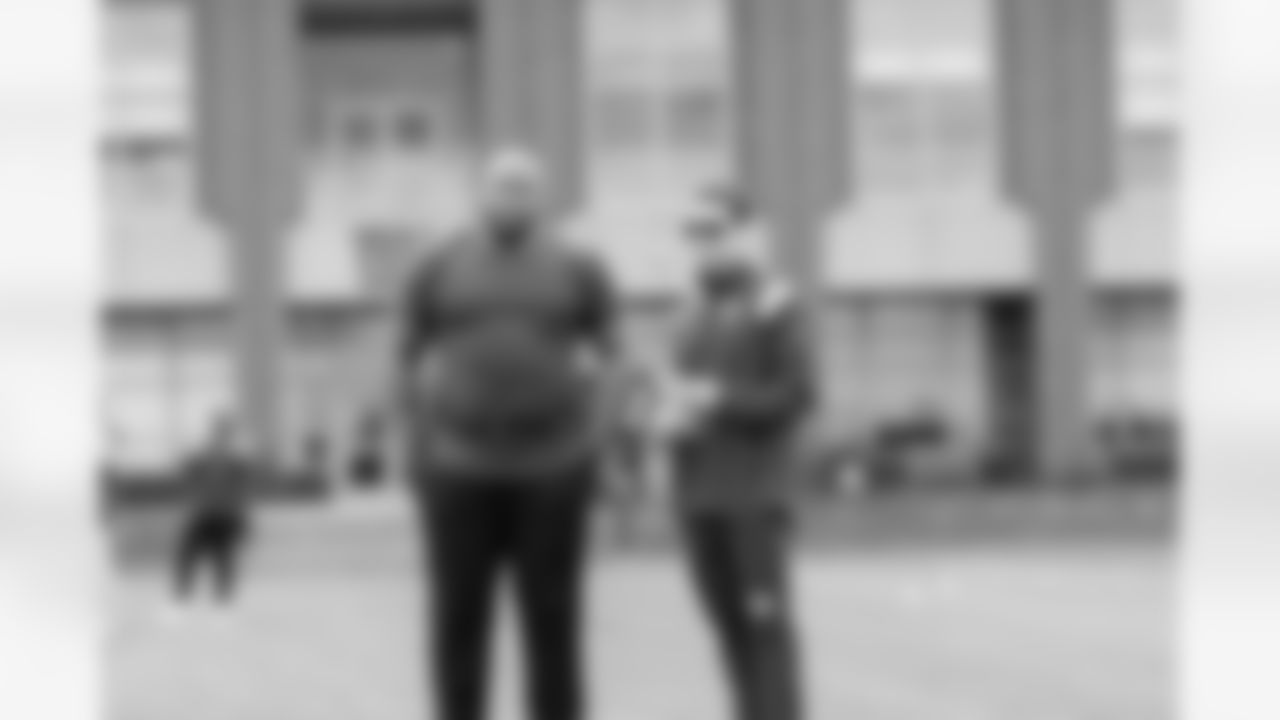
Dexter Lawrence (97), Joe Schoen Senior Vice President and General Manager
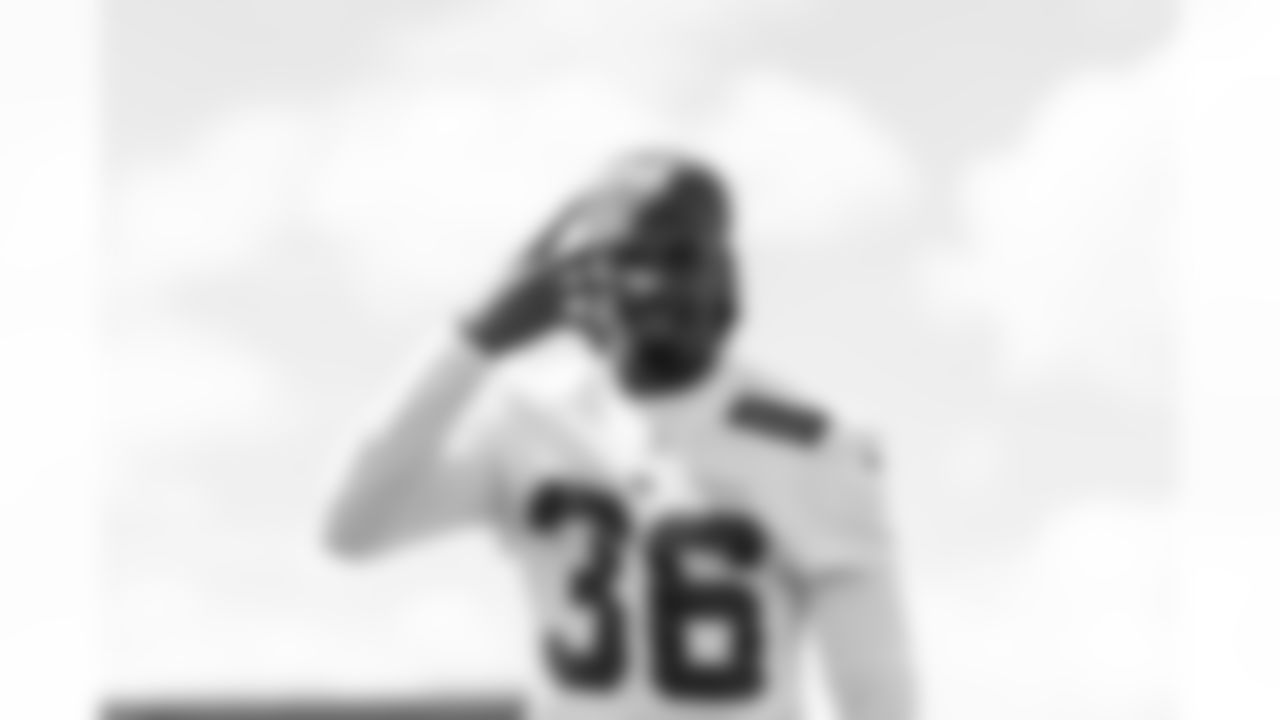
CB Deonte Banks (36)
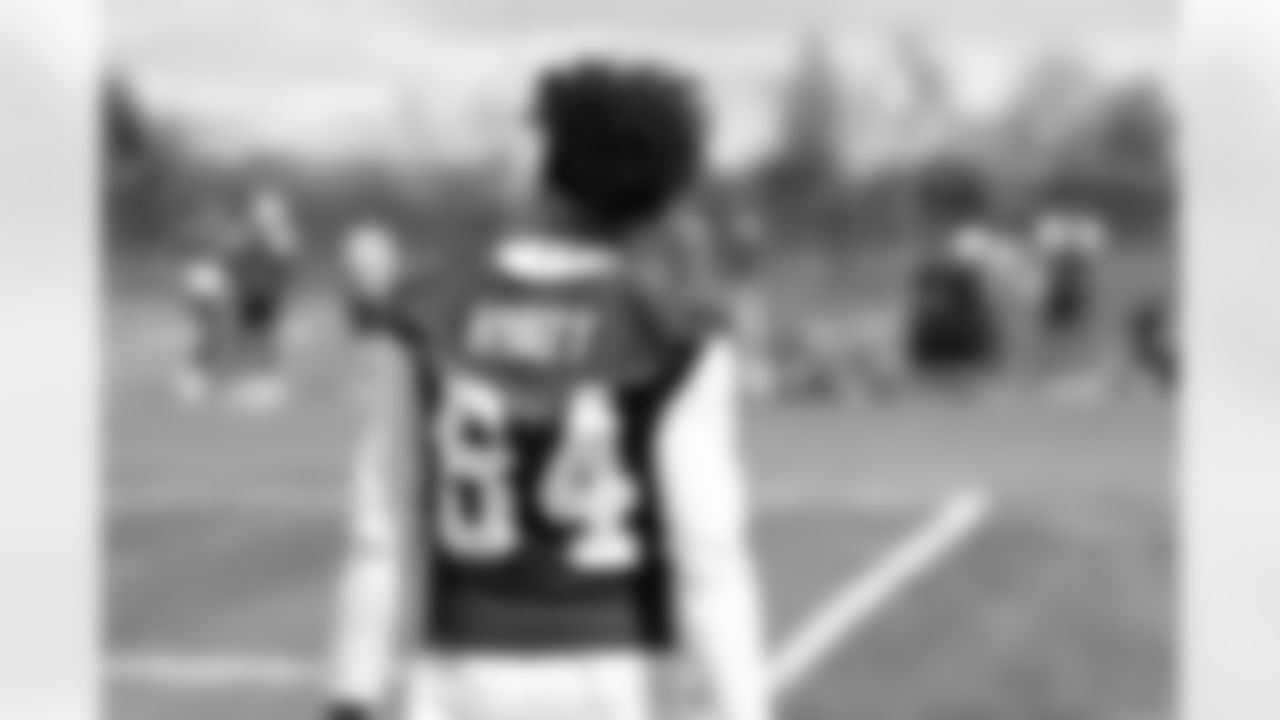
WR Jalin Hyatt (84),
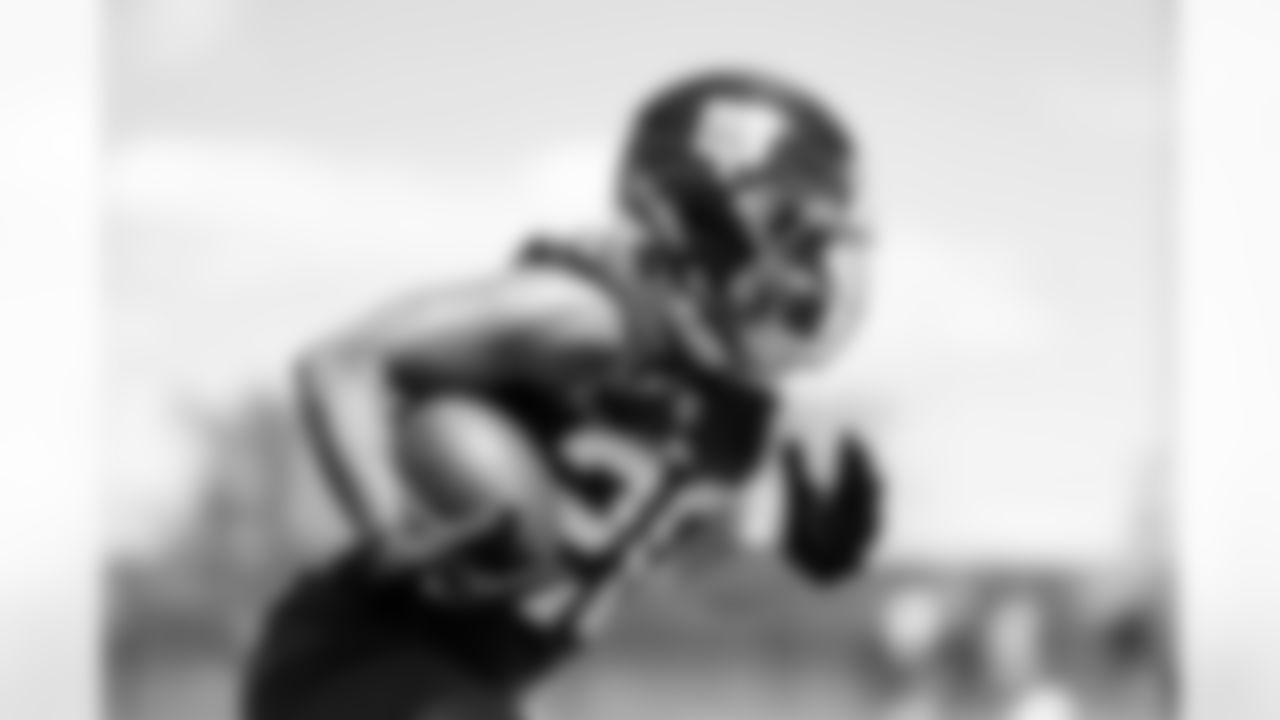
RB Eric Gray (20)
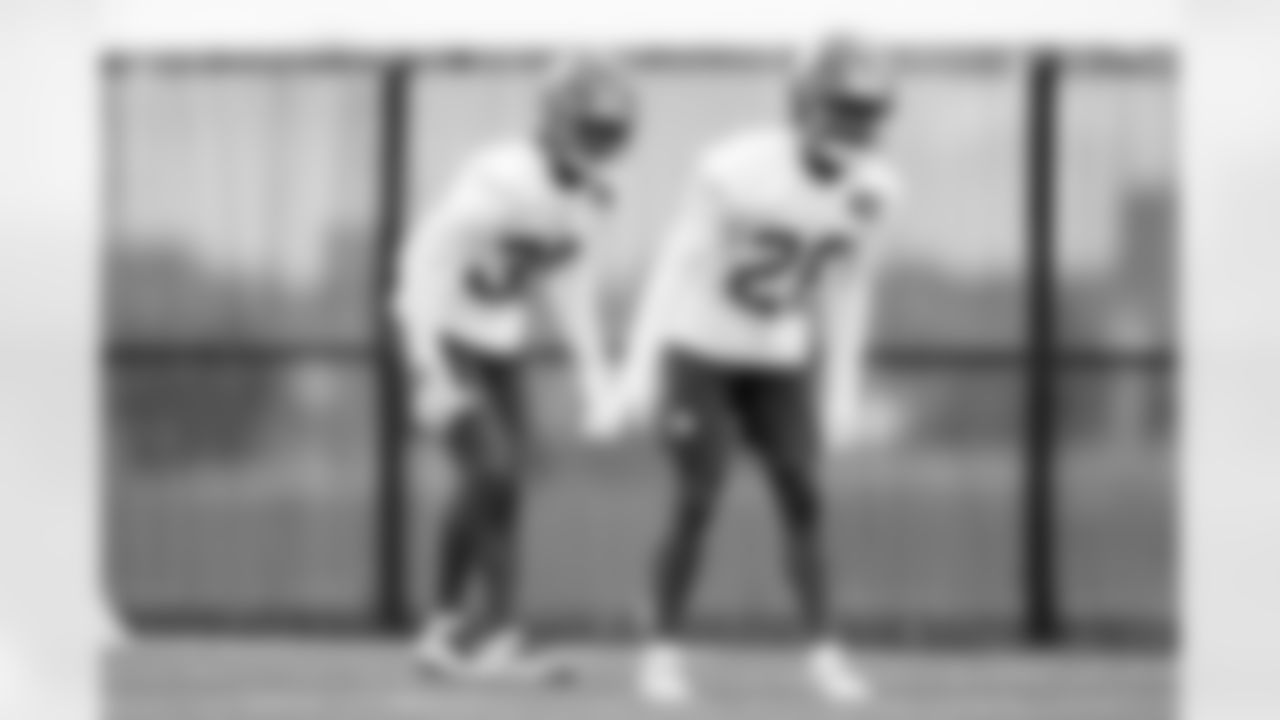
CB Deonte Banks (36)
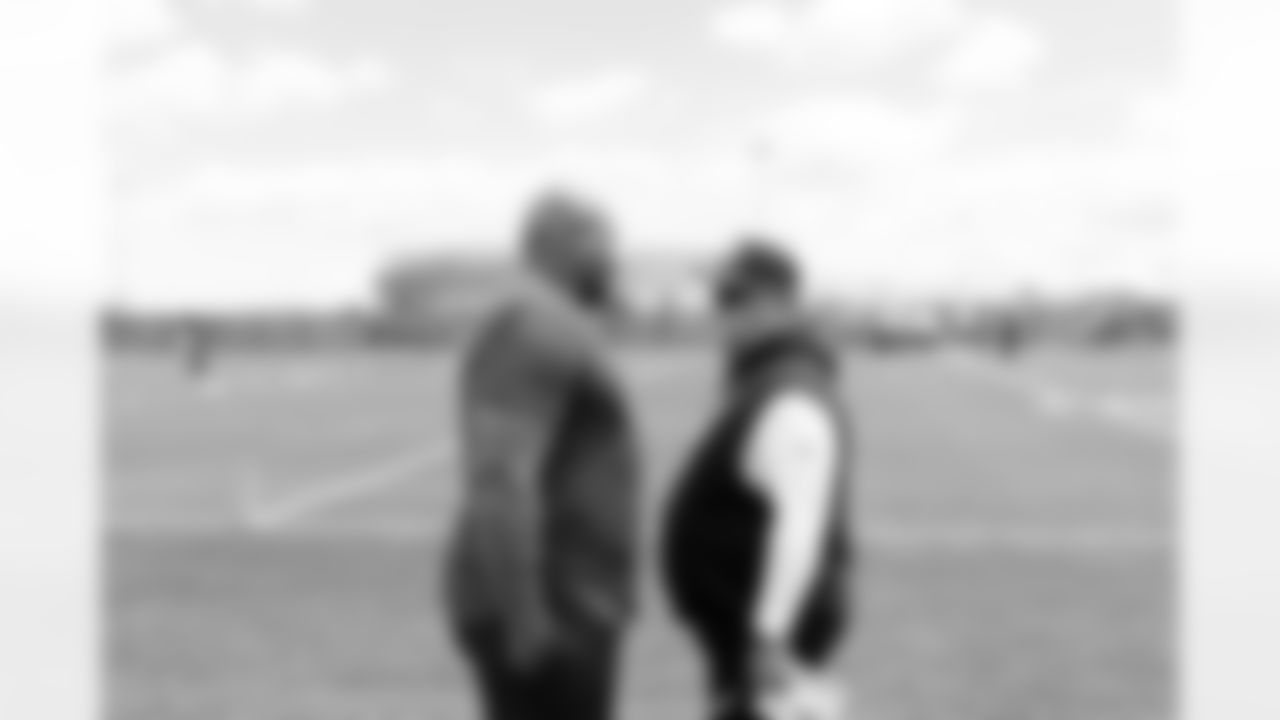
Dexter Lawrence (97), Don Martindale Defensive Coordinator
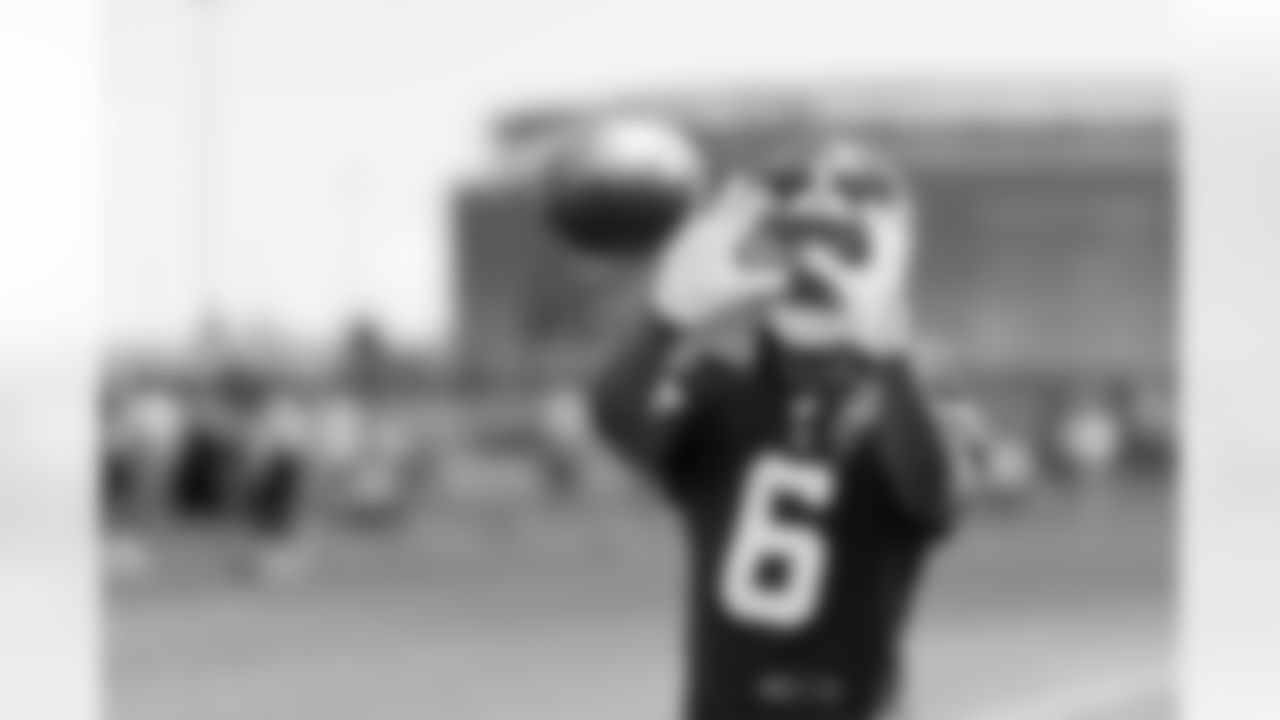
WR Bryce Ford-Wheaton (6)
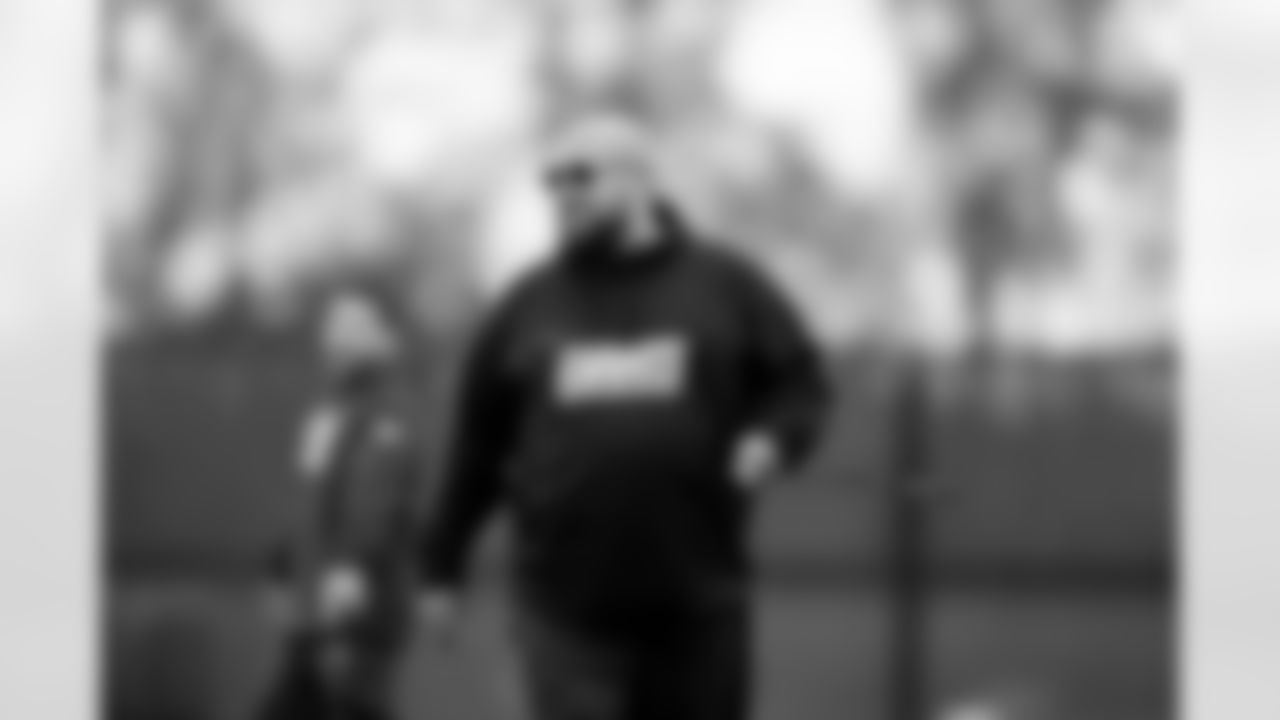
Brian Daboll Head Coach
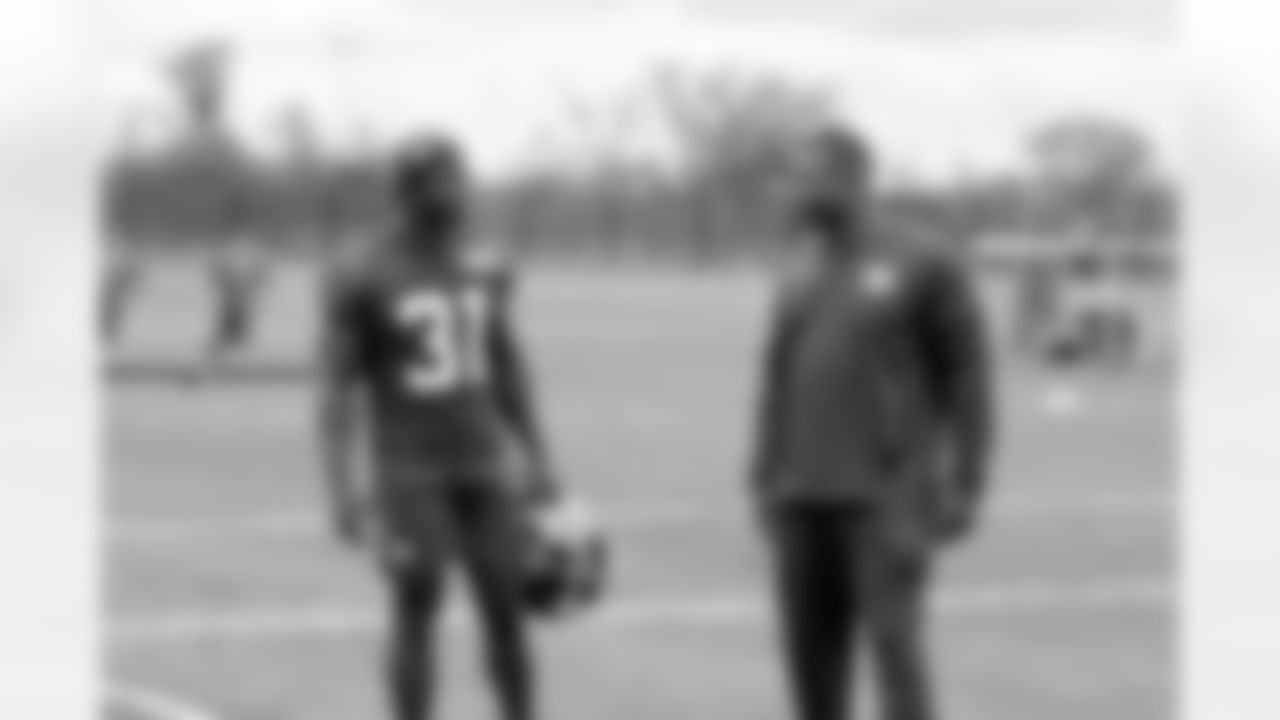
RB Emmanuel Daigbe (31) Jessie Armstead Special Assistant to the General Manager
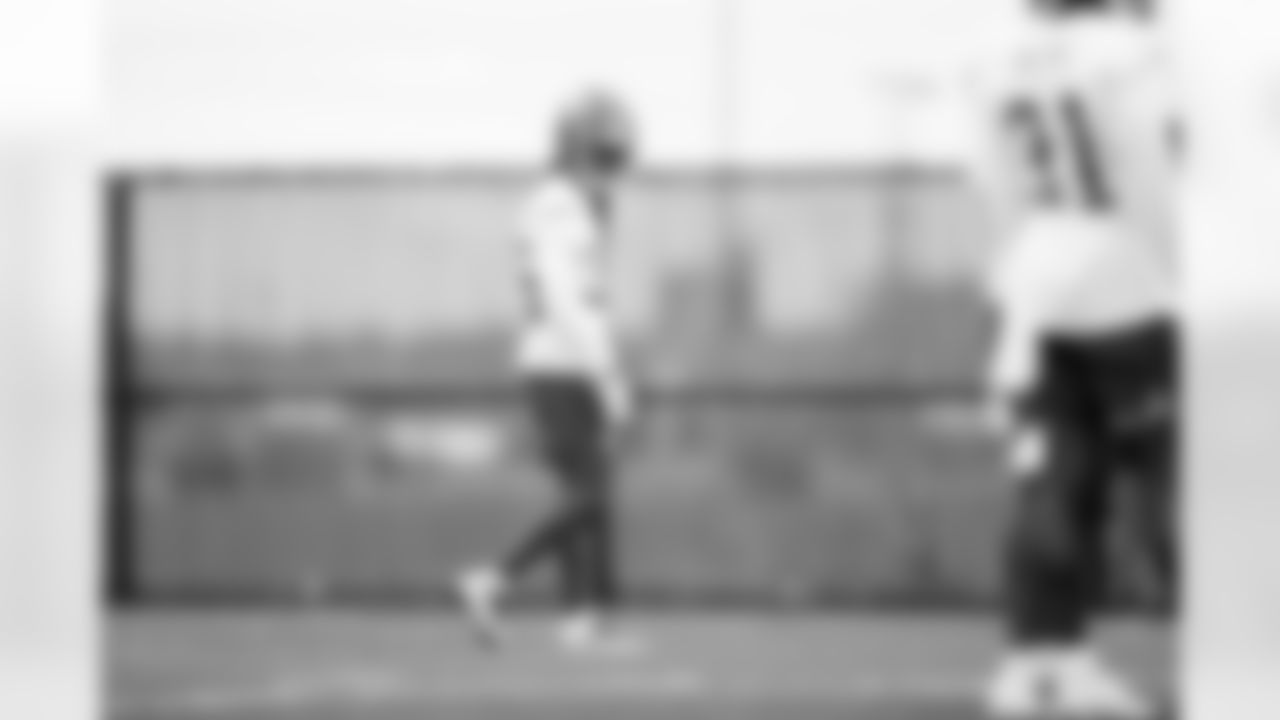
CB Deonte Banks (36)
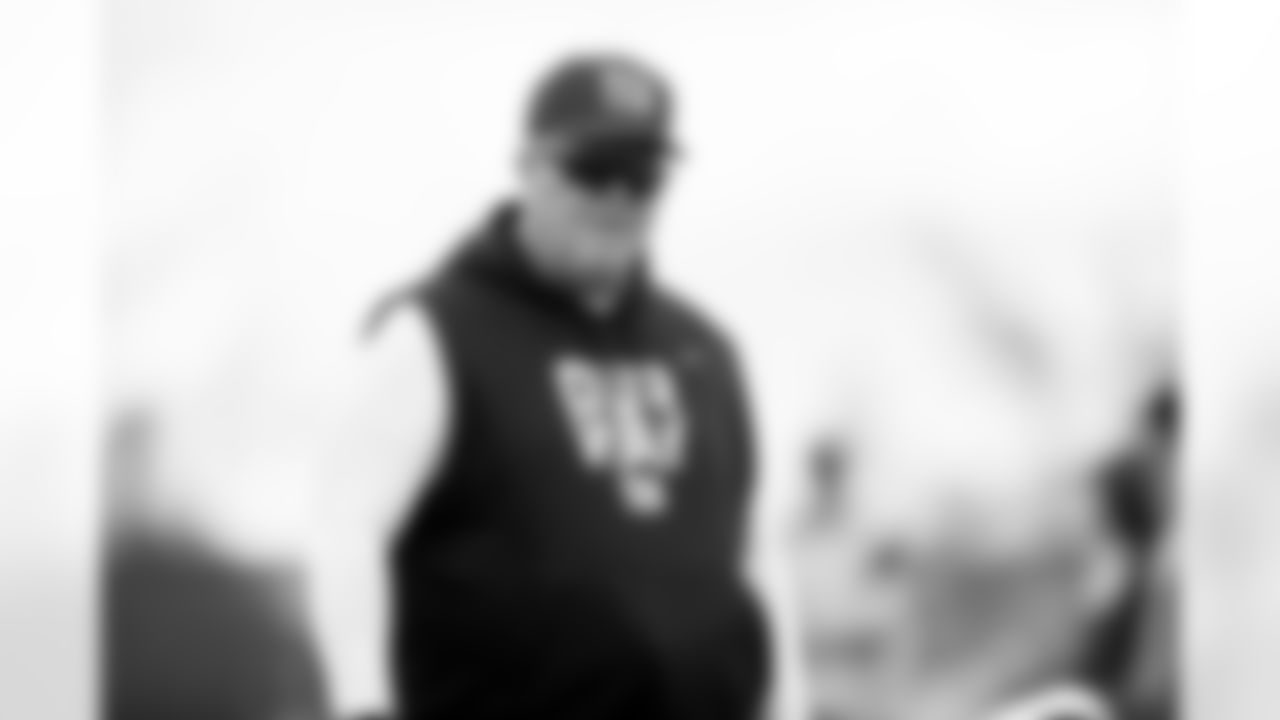
Don Martindale Defensive Coordinator
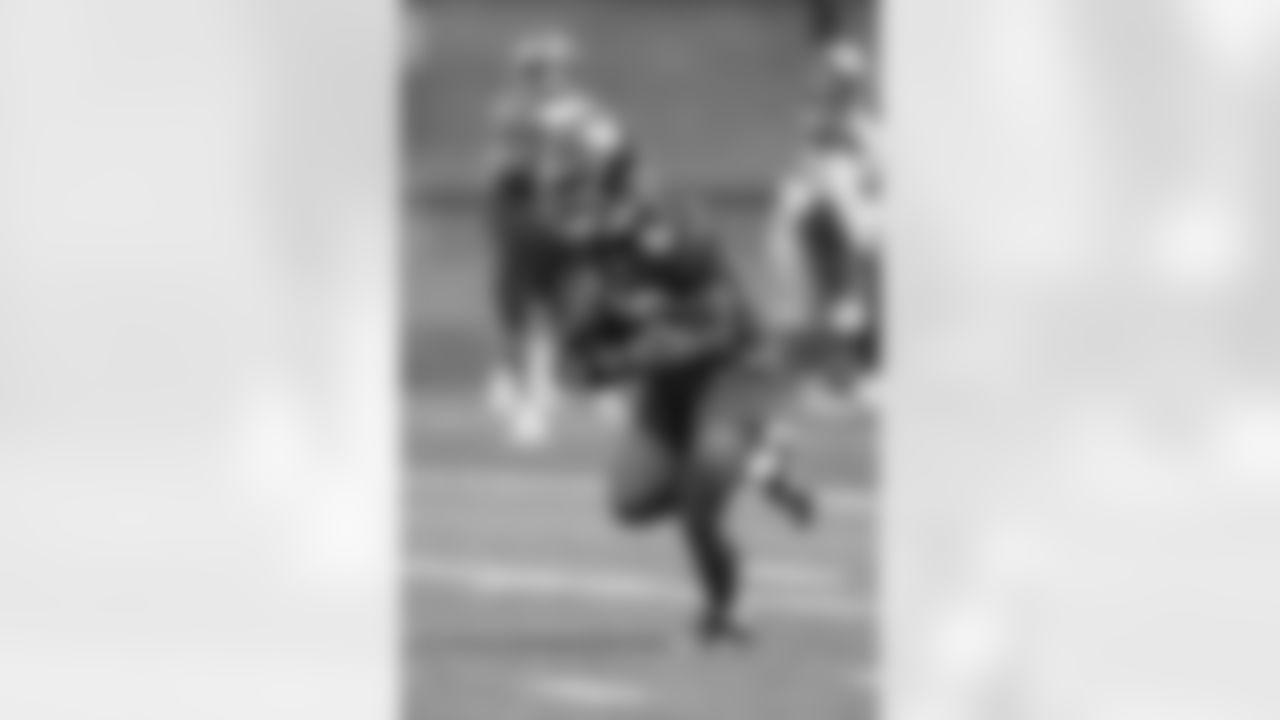
RB Eric Gray (20)
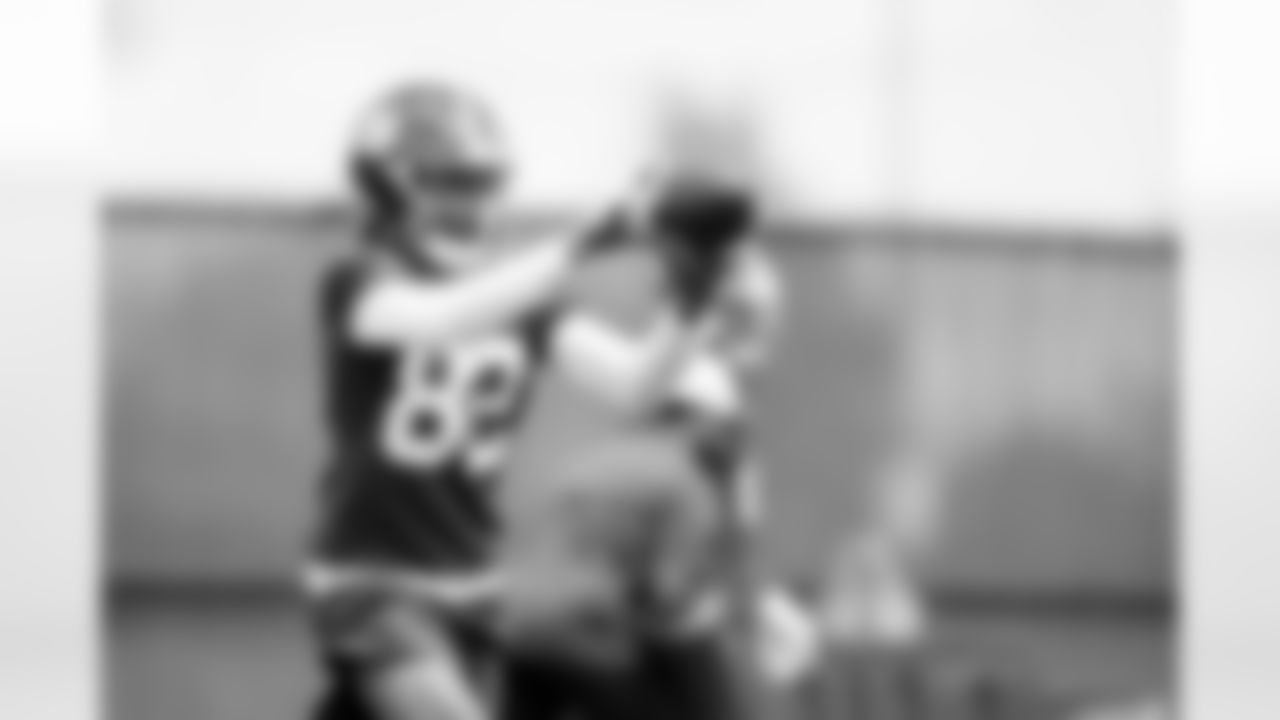
WR Stacy Chukwumezie (82)
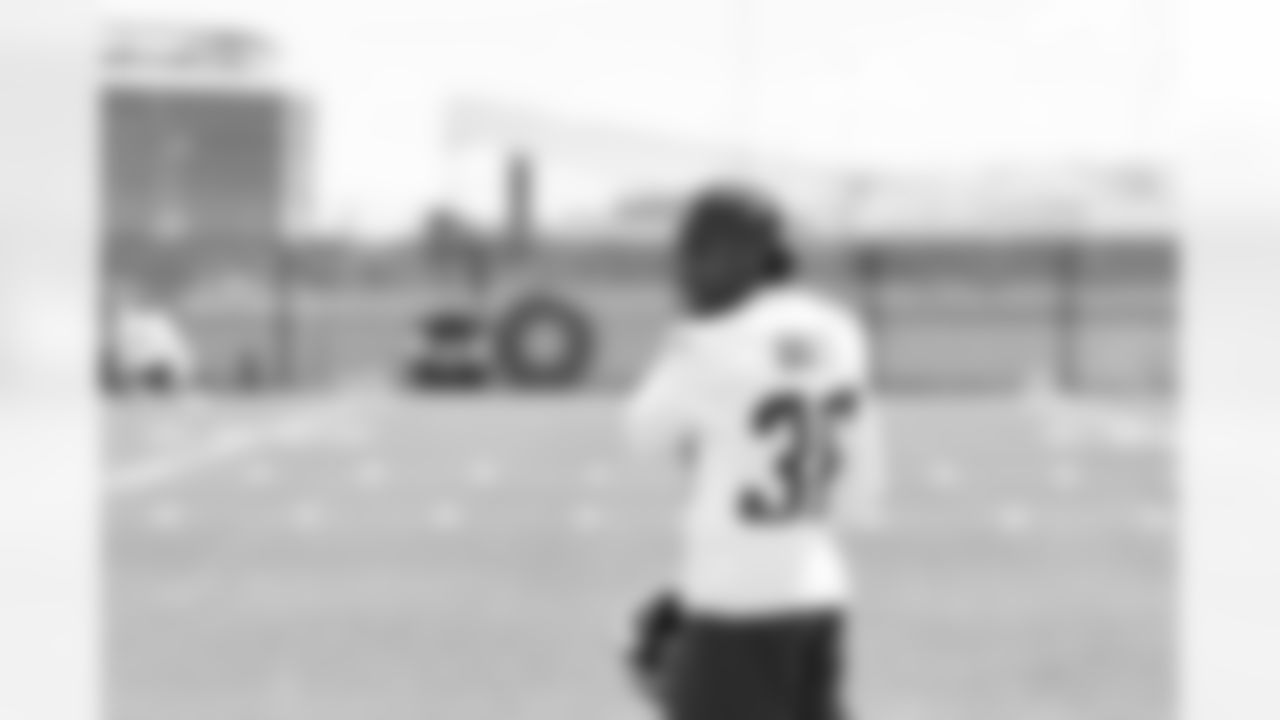
CB Deonte Banks (36)
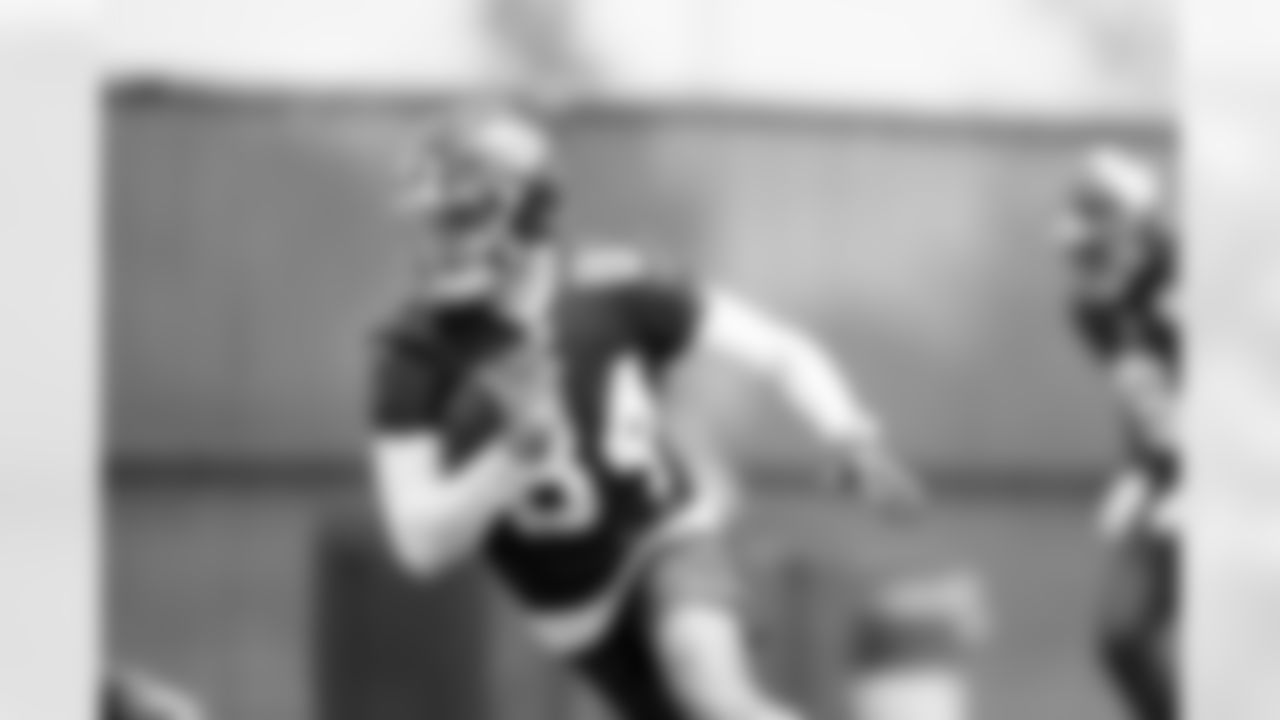
WR Jalin Hyatt (84)
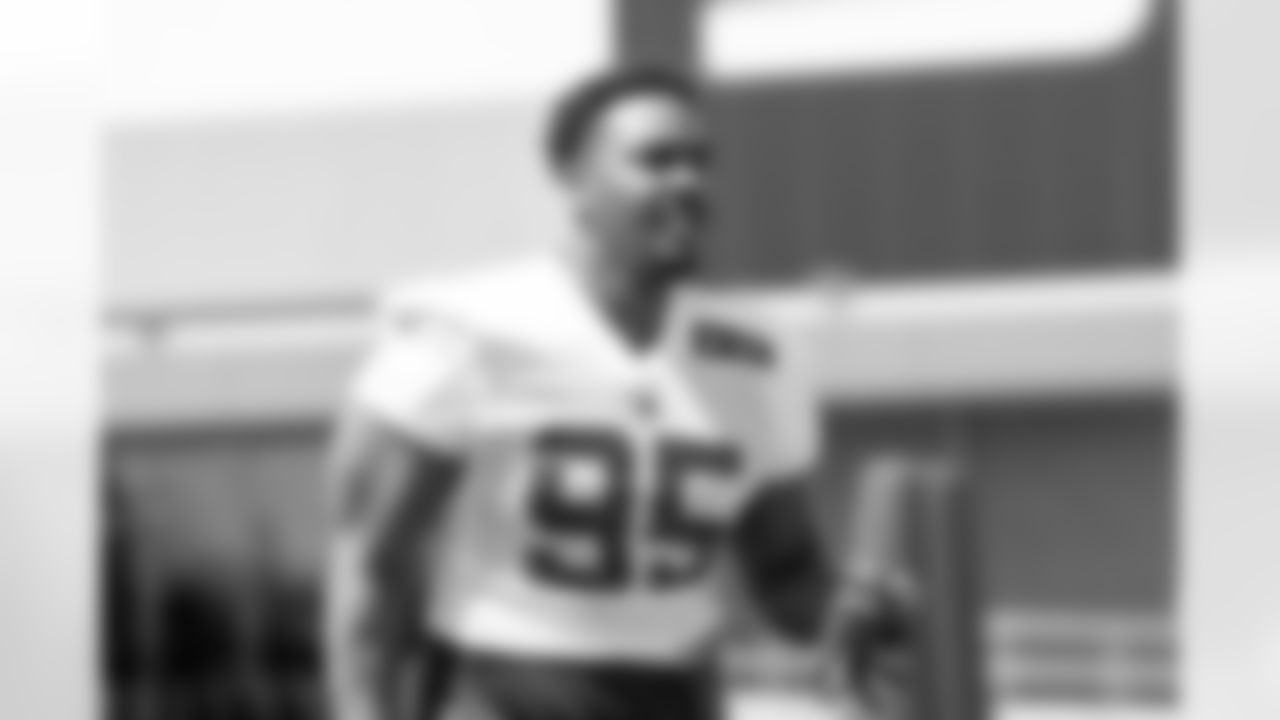
DT Jordon Riley (95)
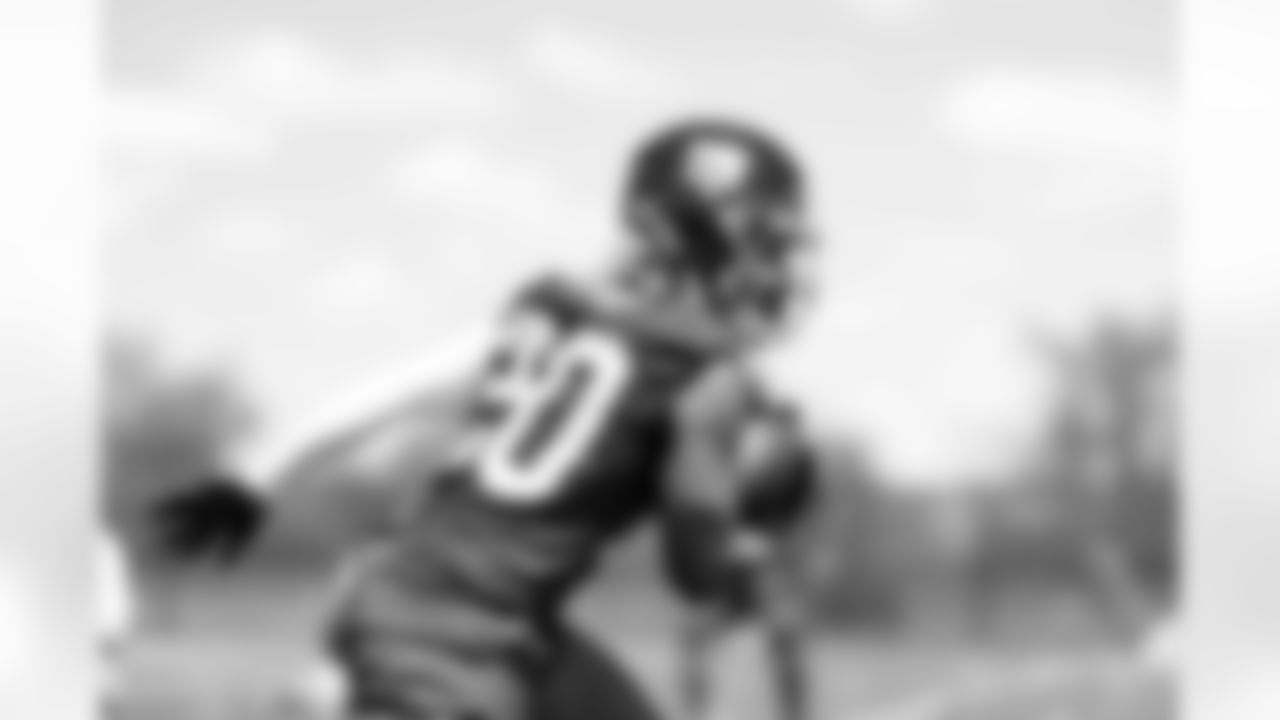
RB Eric Gray (20)
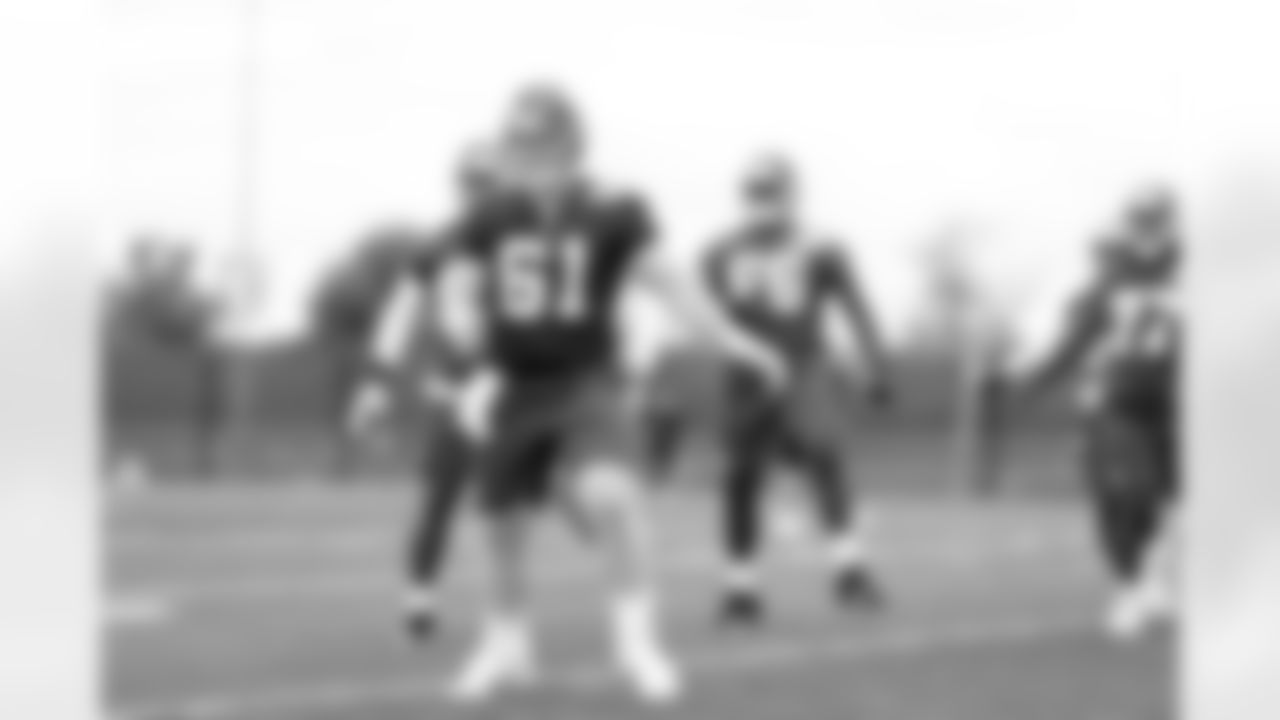
C John Michael Schmitz Jr. (61)
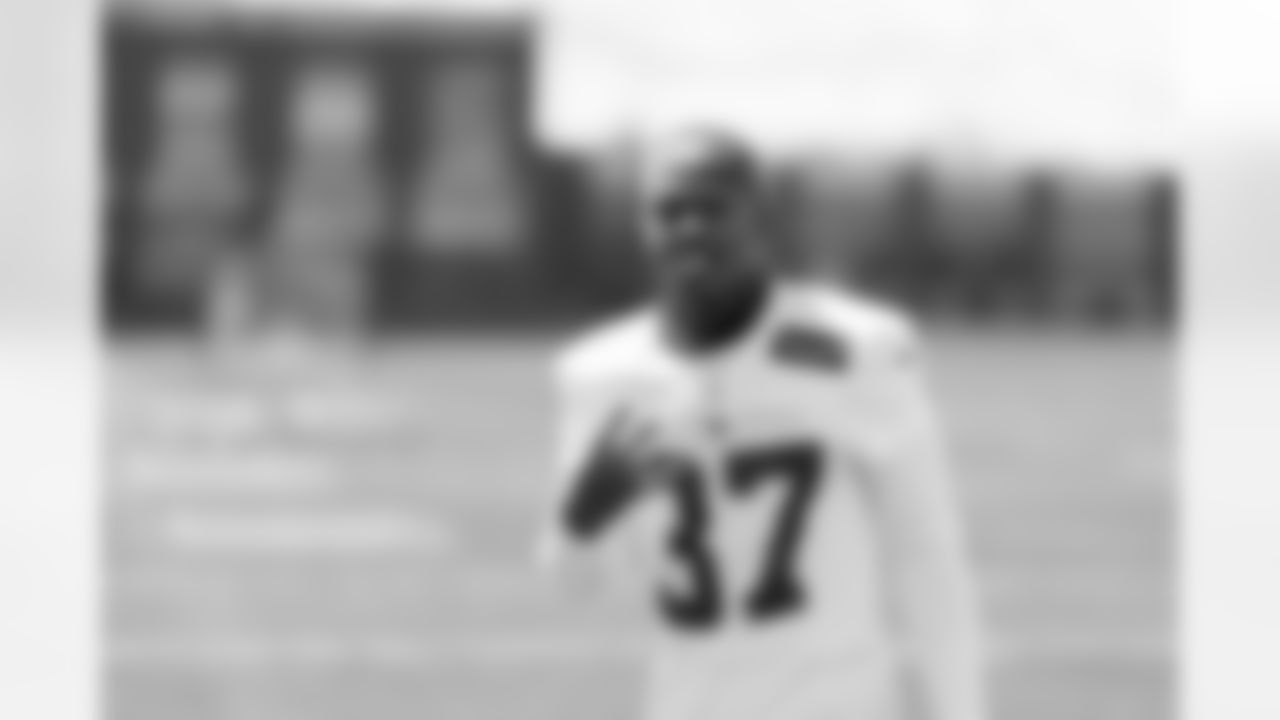
CB Tre Hawkings III (37)
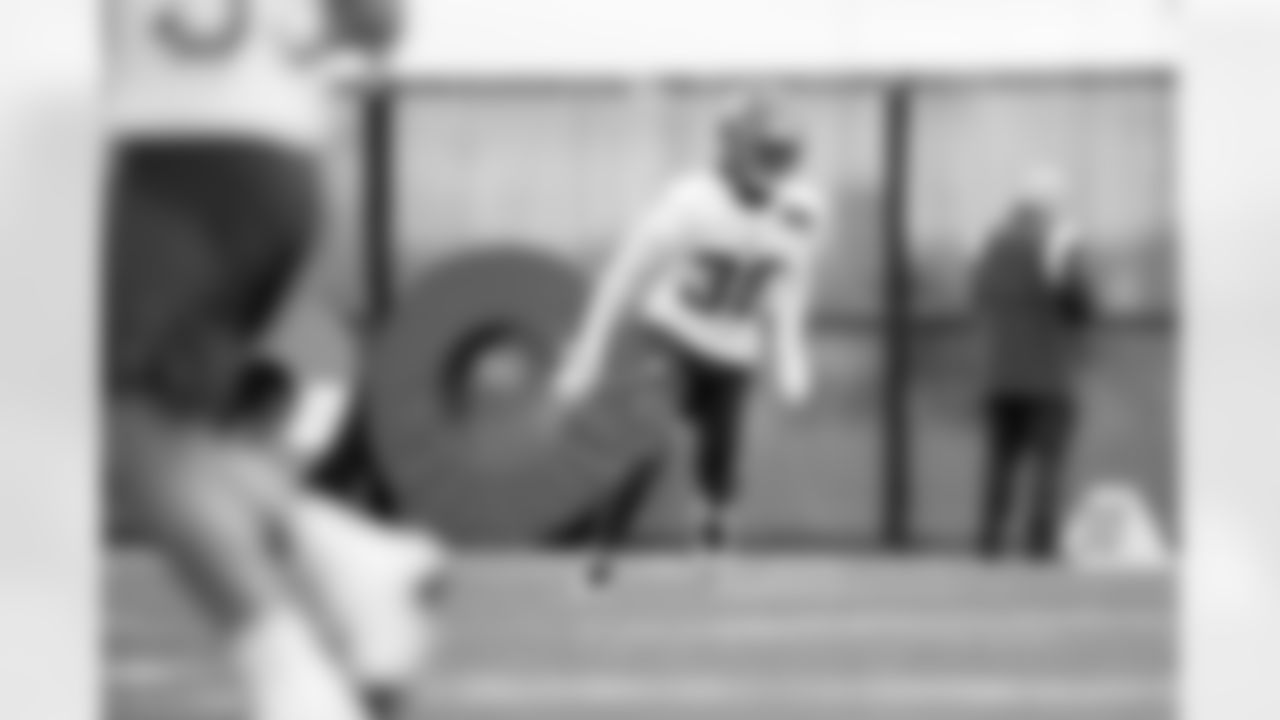
CB Deonte Banks (36)
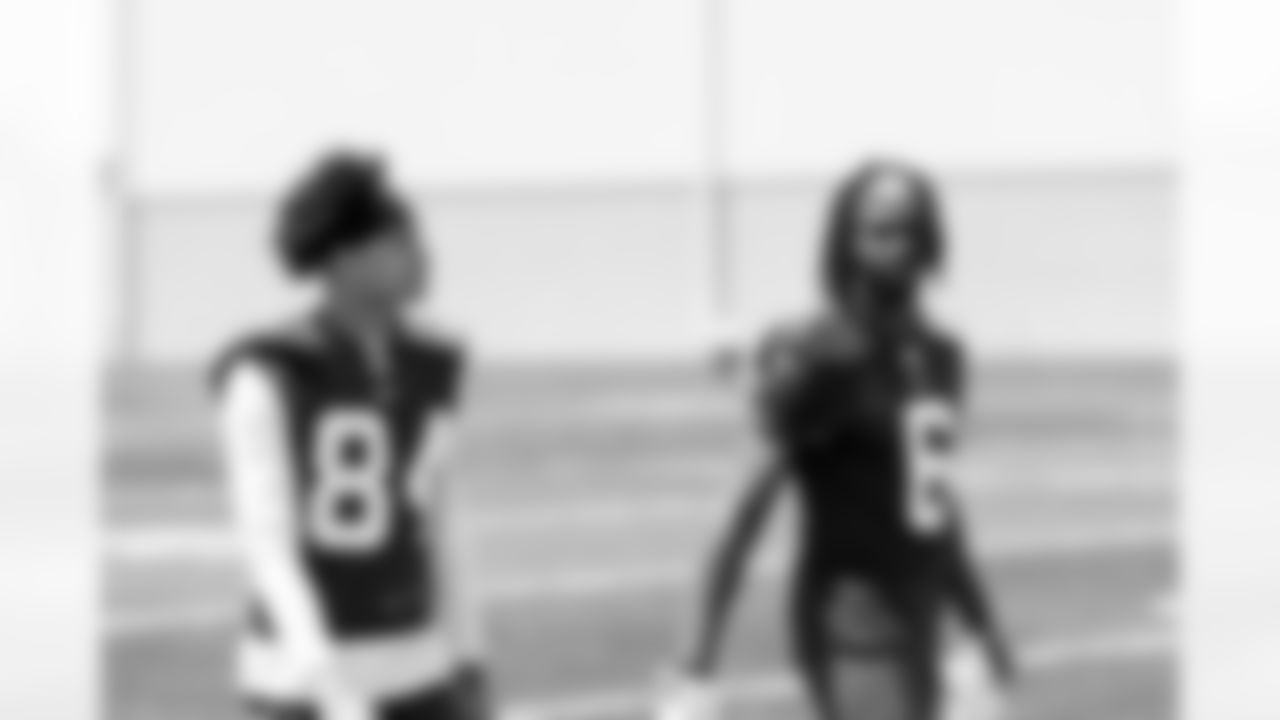
WR Jalin Hyatt (84), WR Bryce Ford-Wheaton (6)
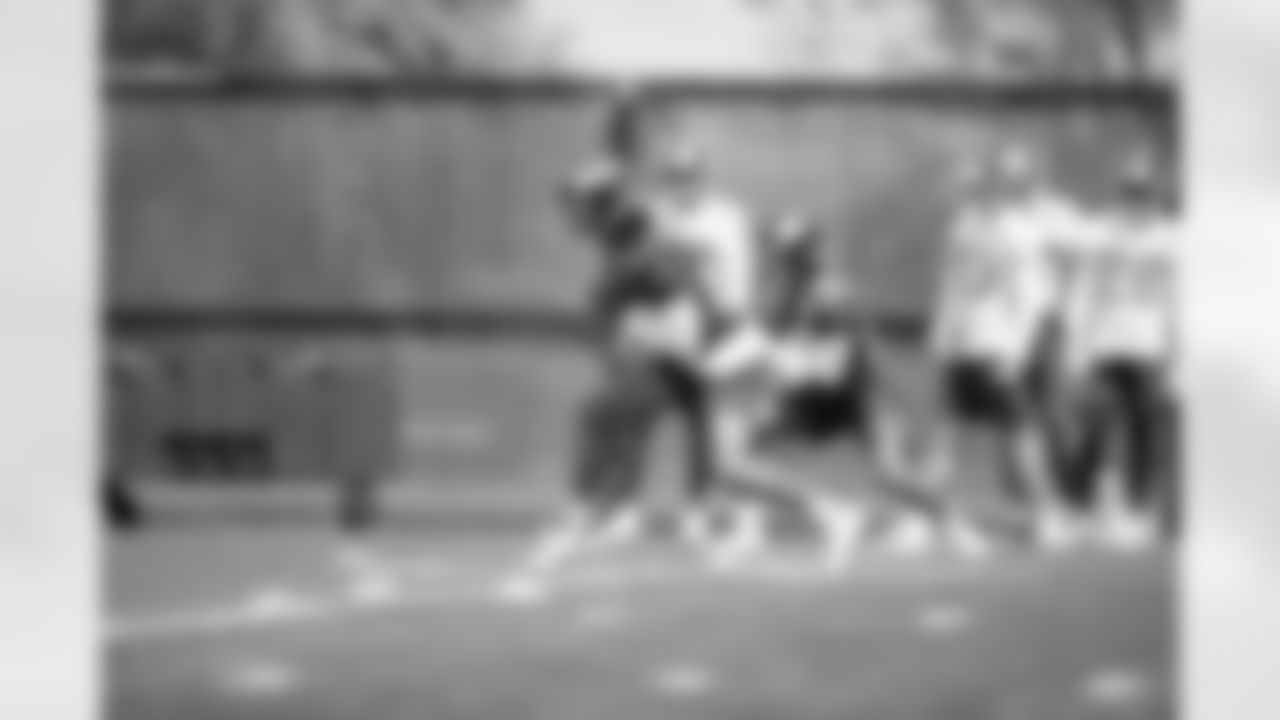
Makai Polk (87)
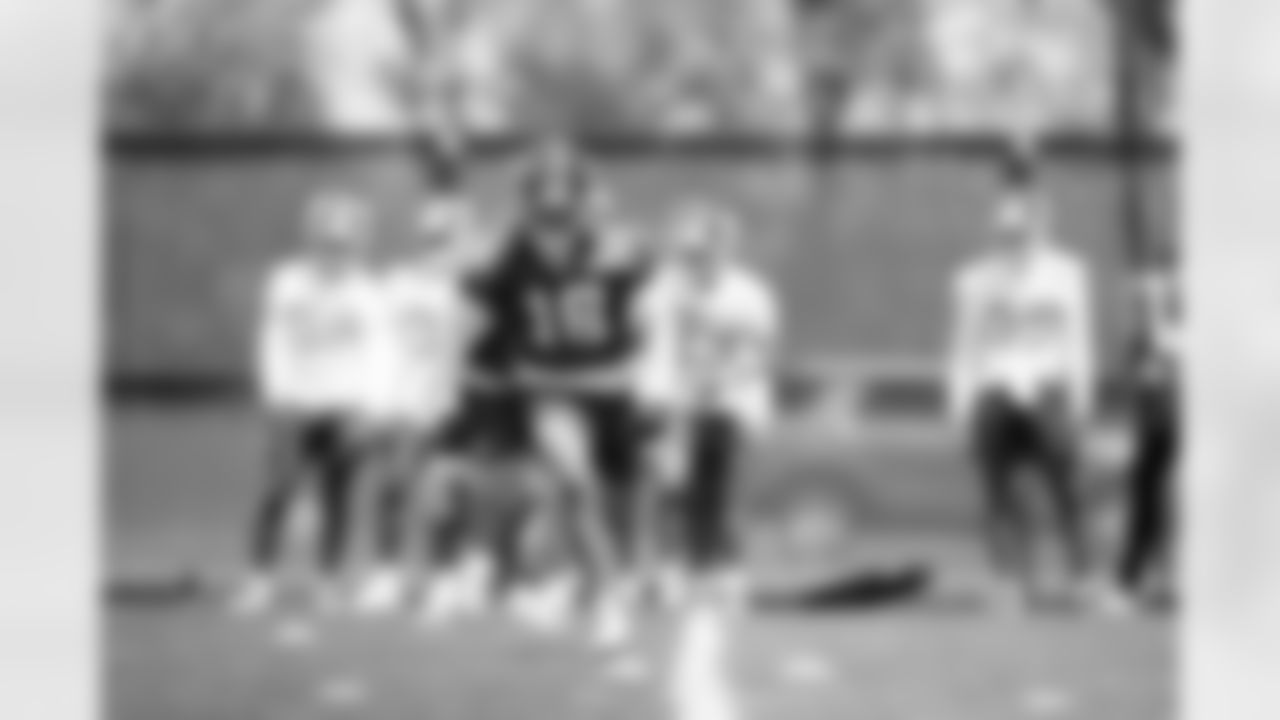
WR Malachi Carter (18)
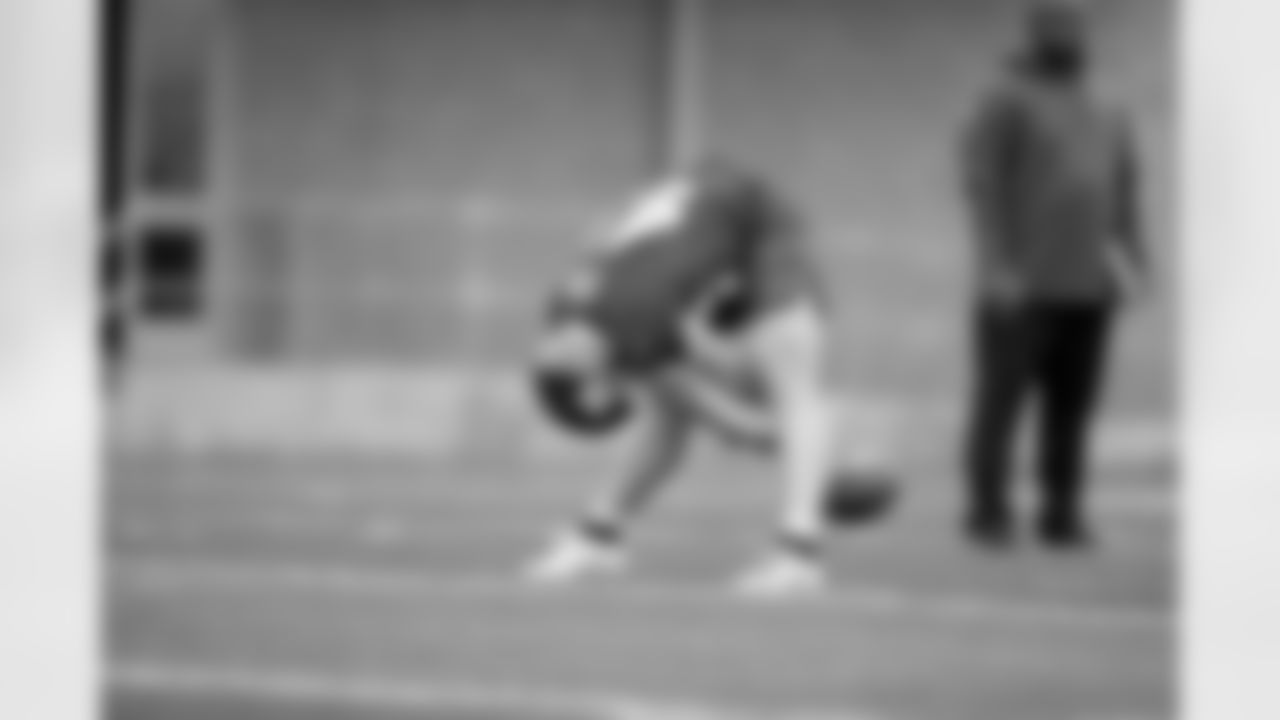
LS Cameron Lyons (46)
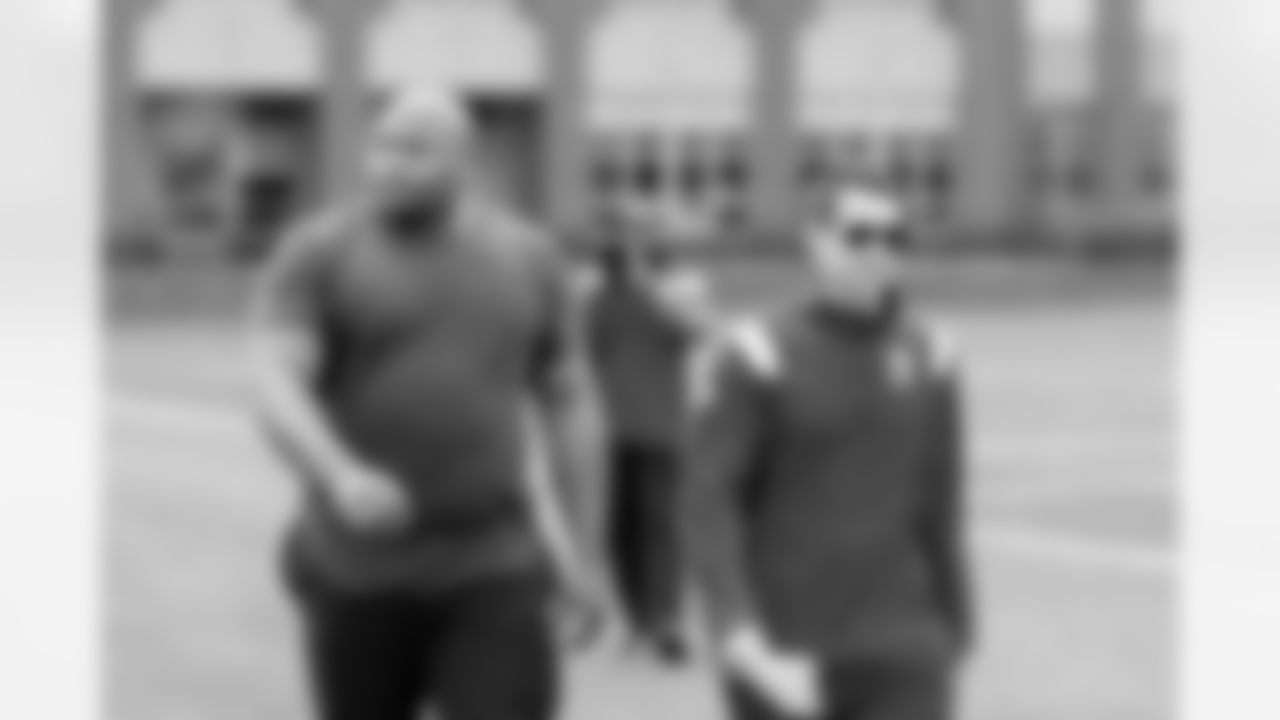
Dexter Lawrence (97), Joe Schoen Senior Vice President and General Manager
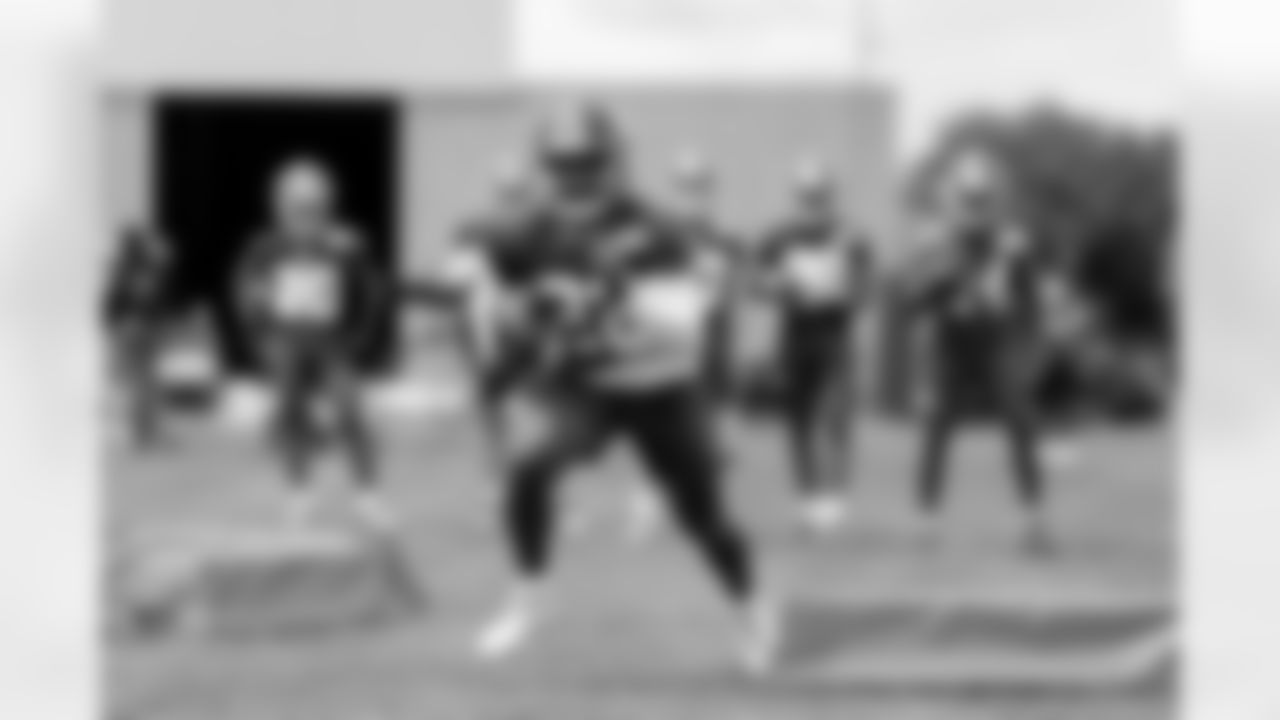
RB Dezmon Jackson (22)
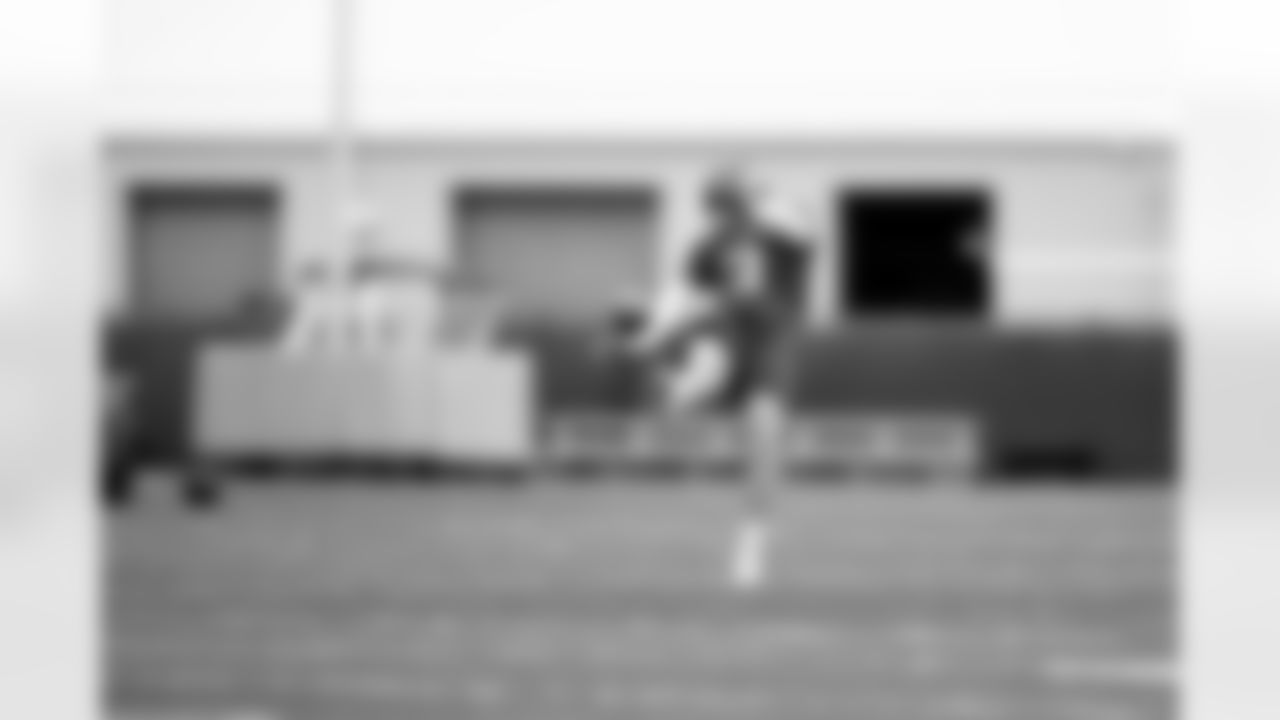
P Andy Vujnovich (3)
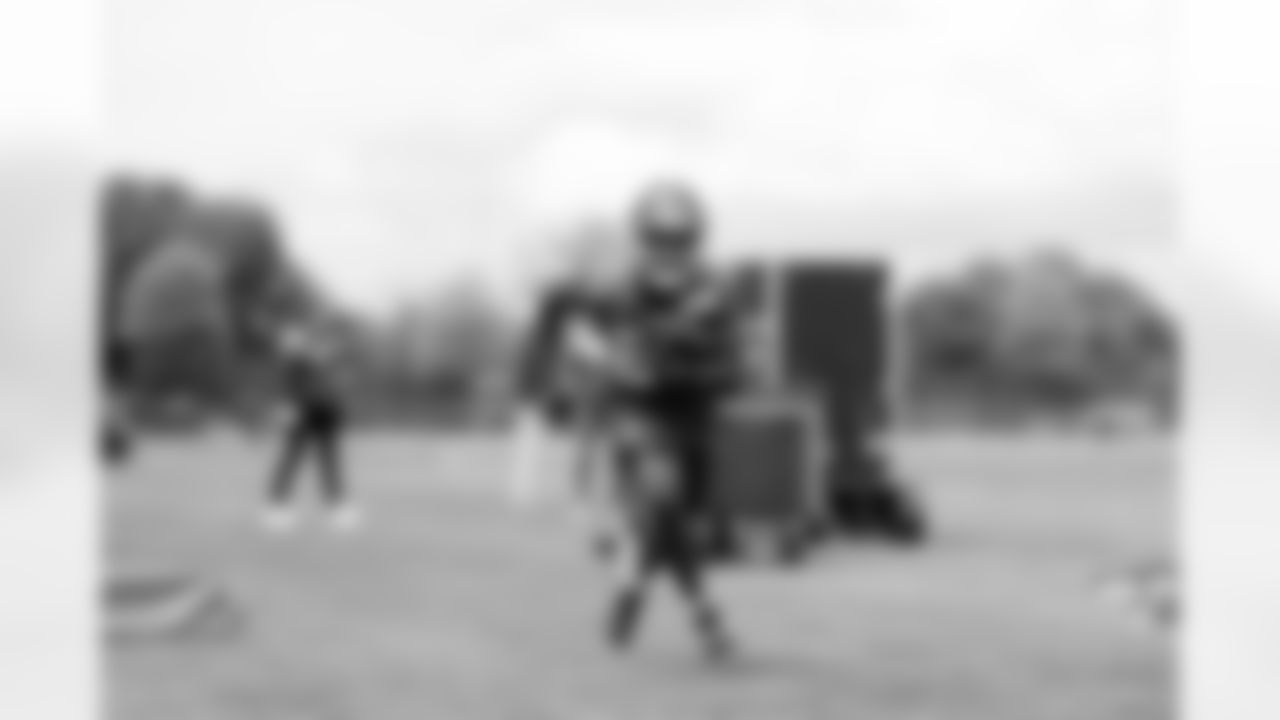
RB Ike Irablor (24)
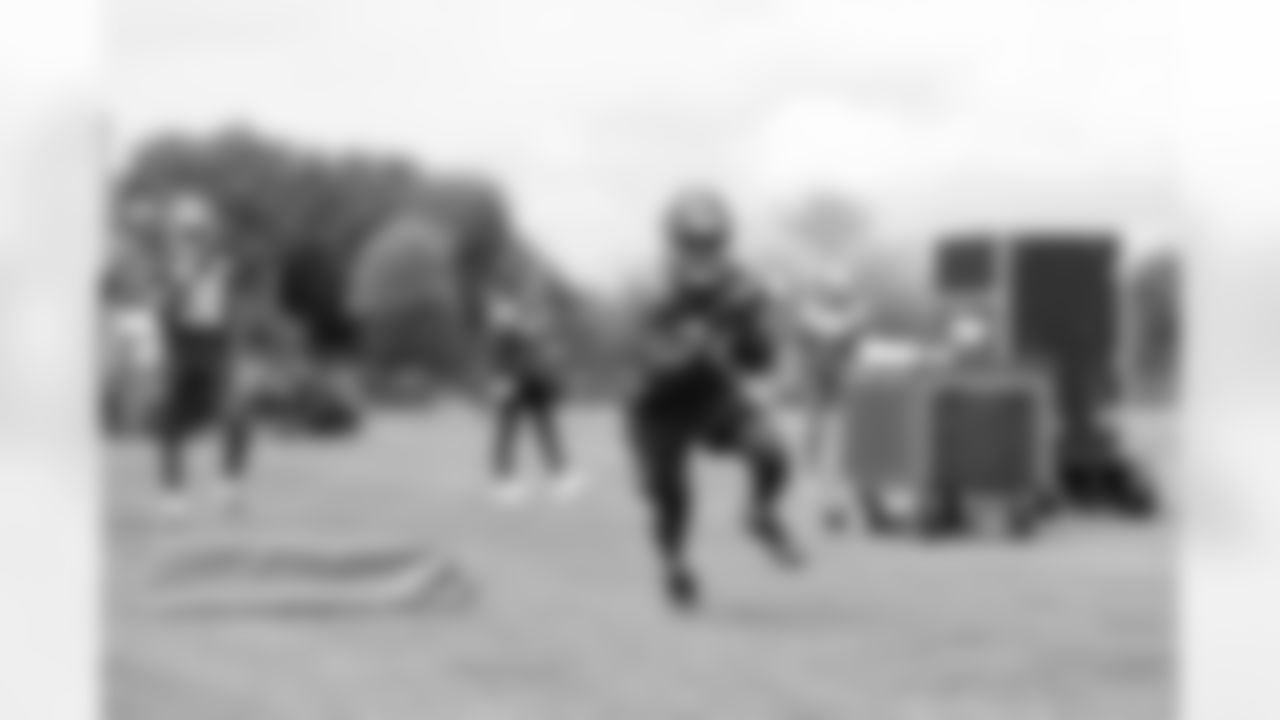
RB Ike Irablor (24)
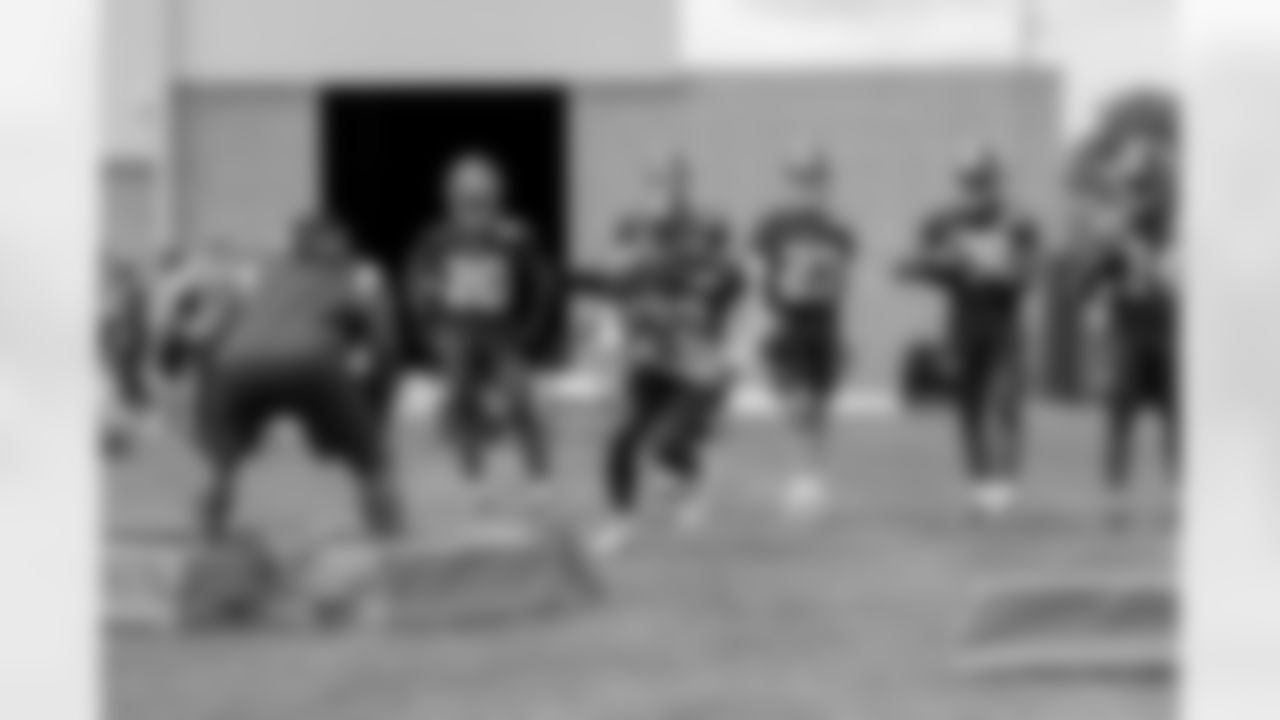
RB Dezmon Jackson (22)
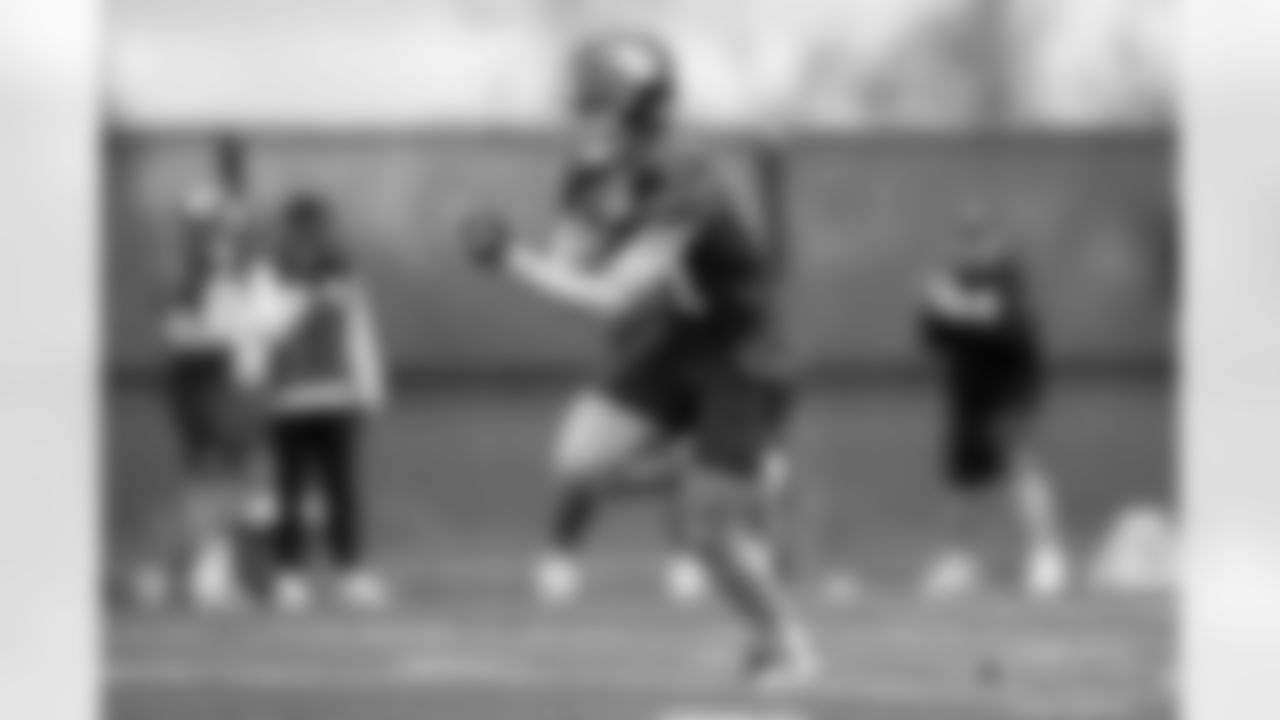
RB Peter Oliver (27)
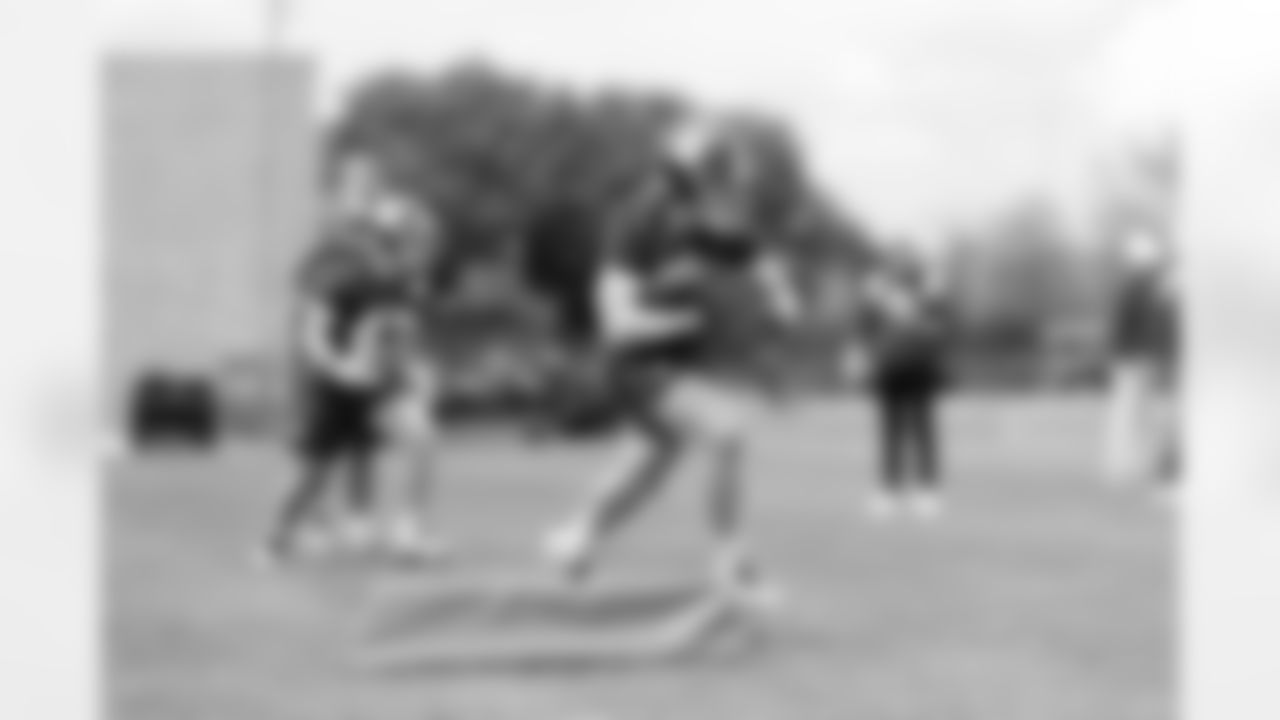
RB Peter Oliver (28)
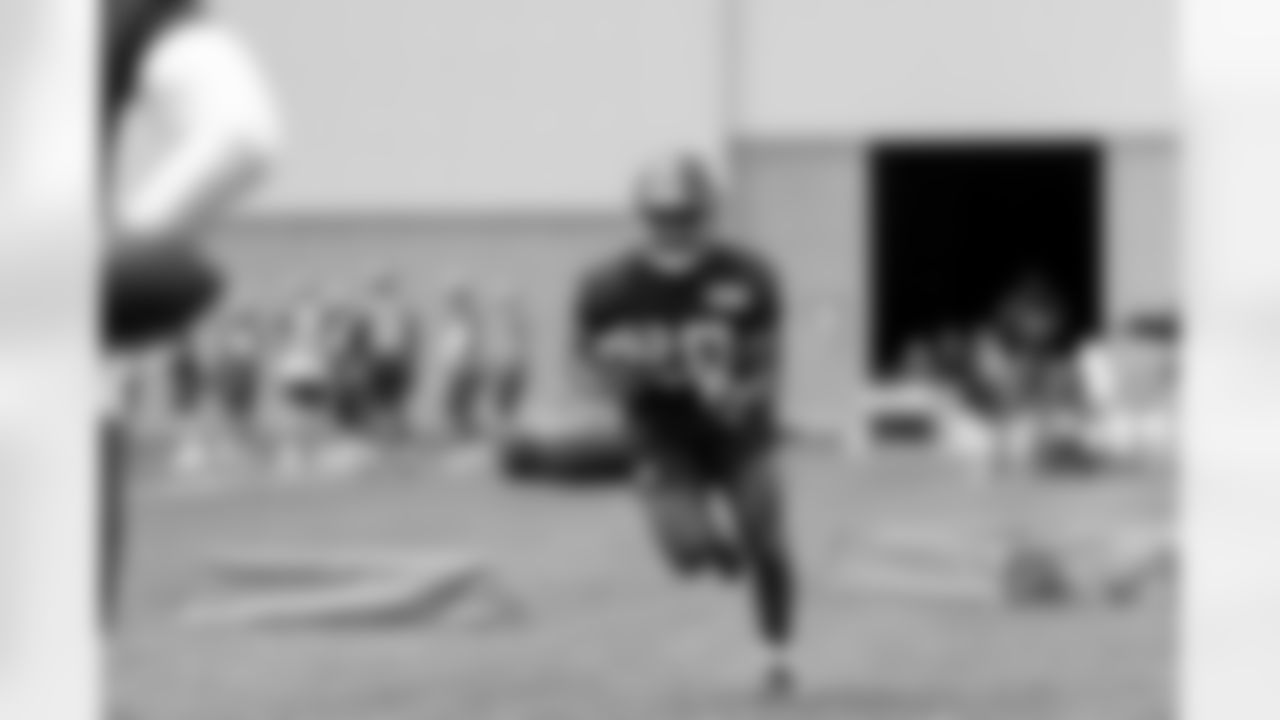
RB Haaziq Daniels (28)
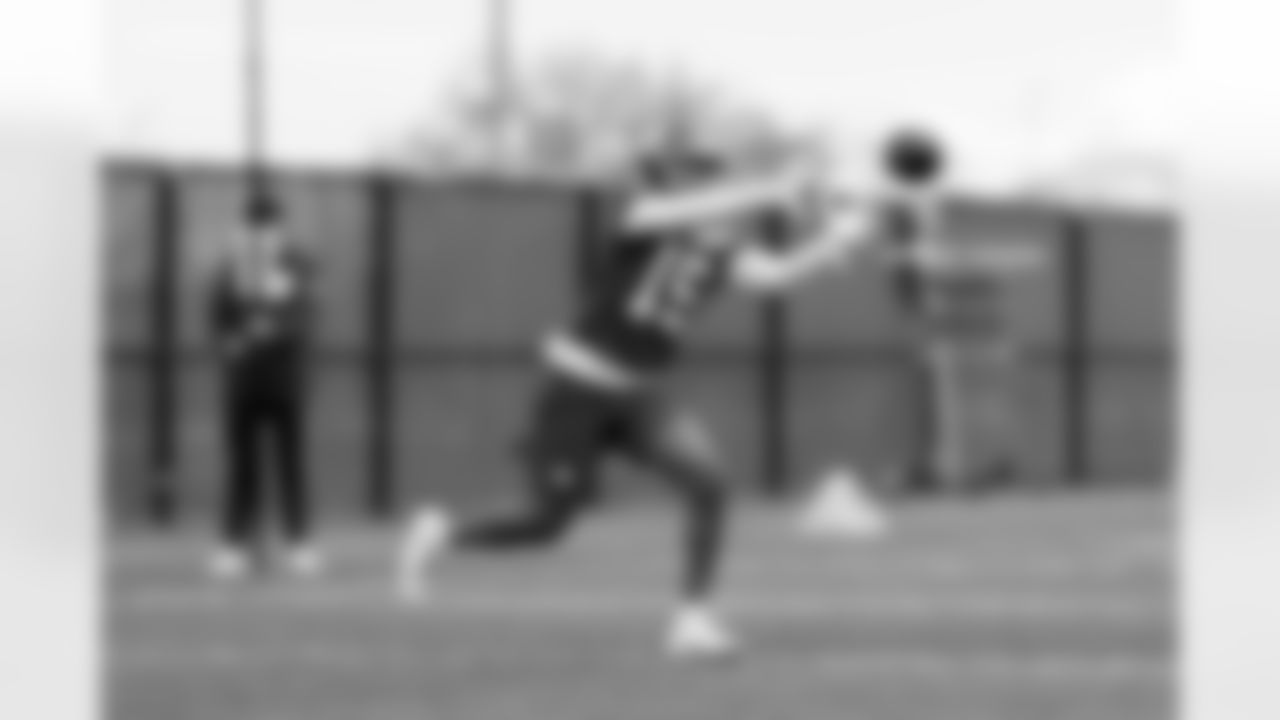
WR Tarique Milton (15)
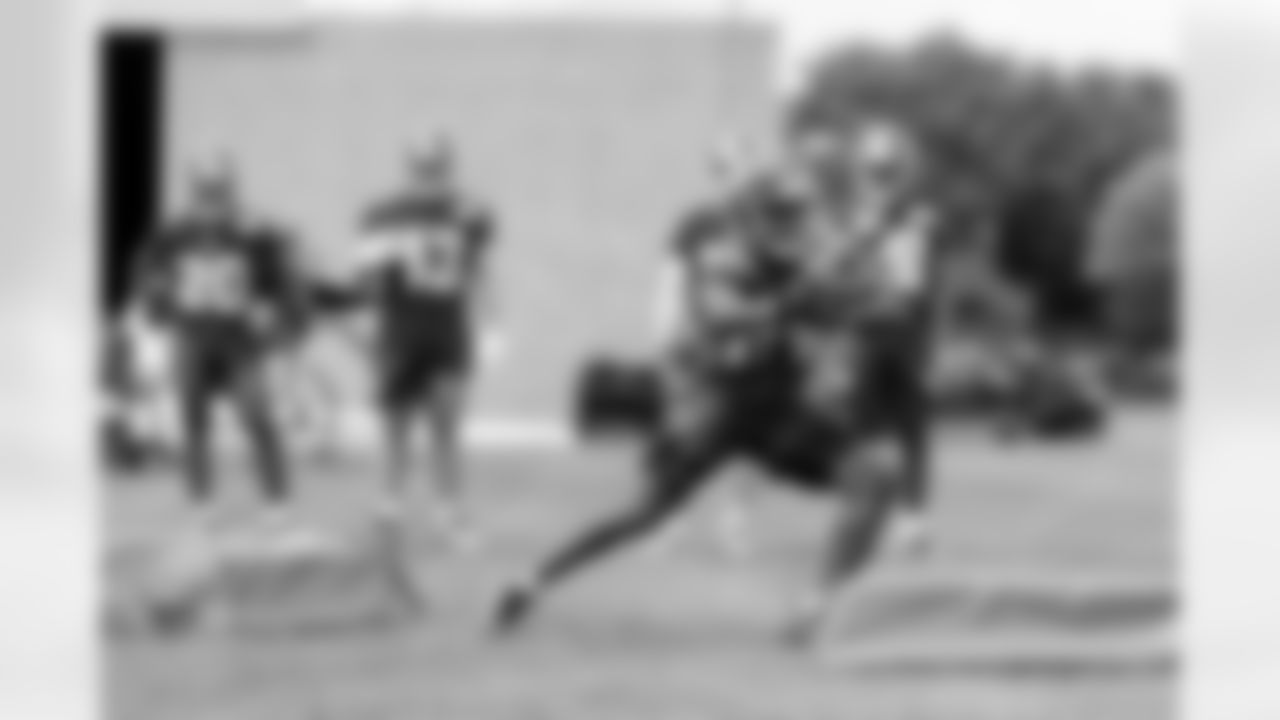
RB Ike Irablor (24)
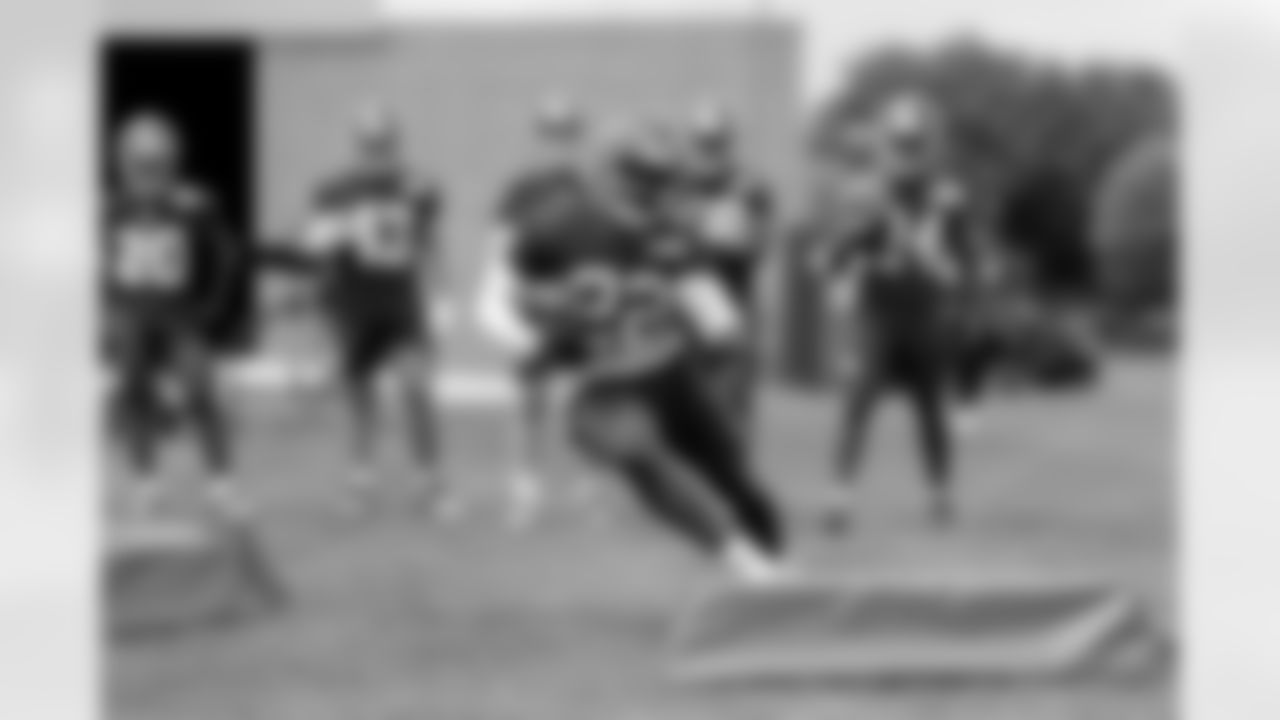
RB Dezmon Jackson (22)
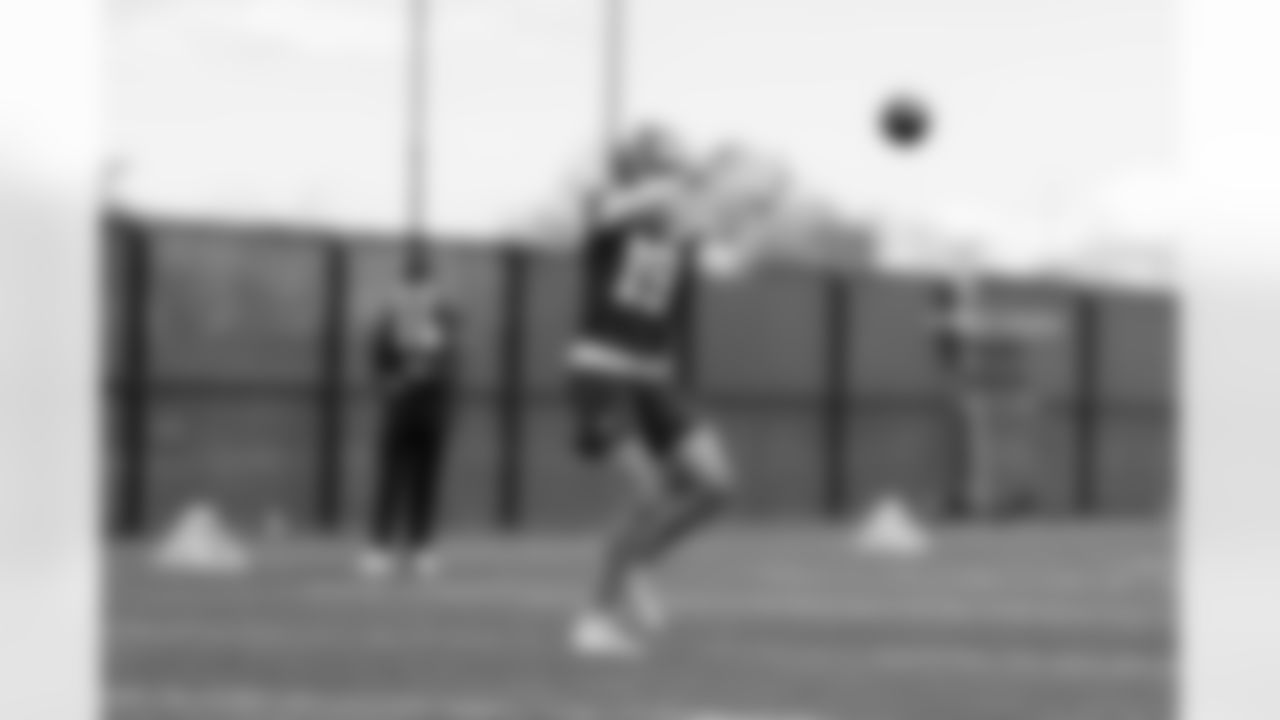
WR Carlos Carriere (19)
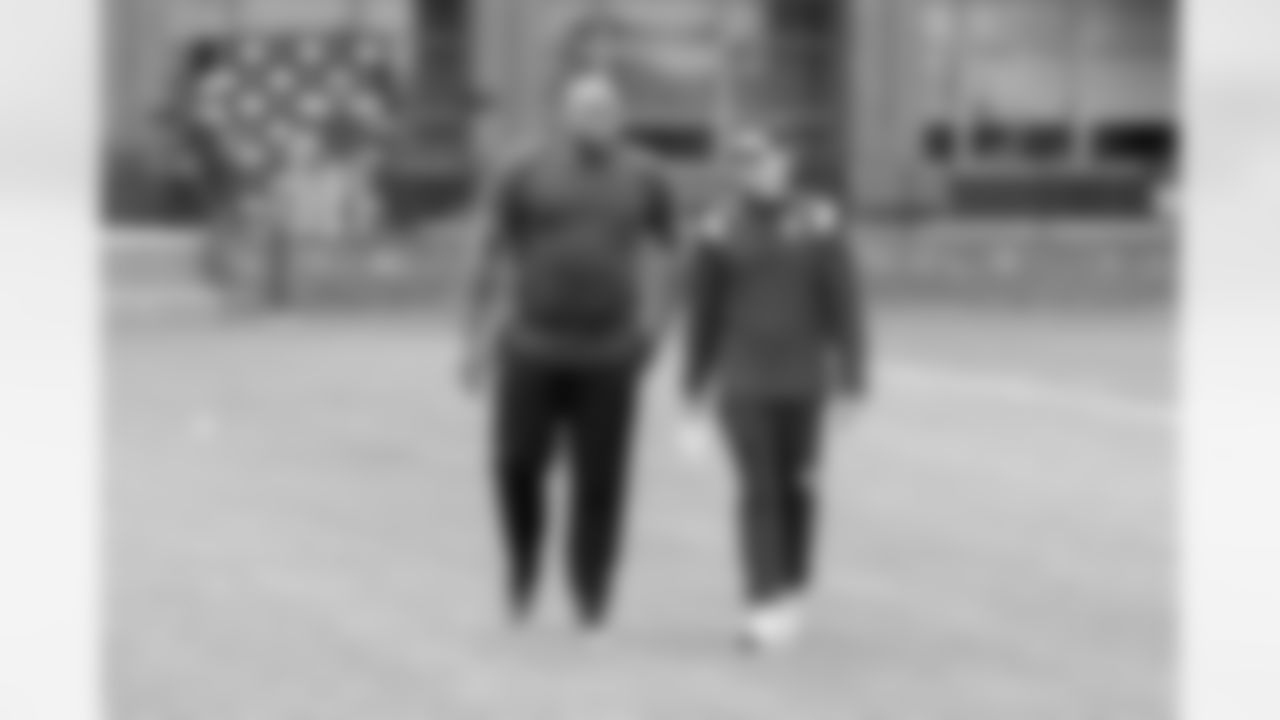
Dexter Lawrence (97), Joe Schoen Senior Vice President and General Manager
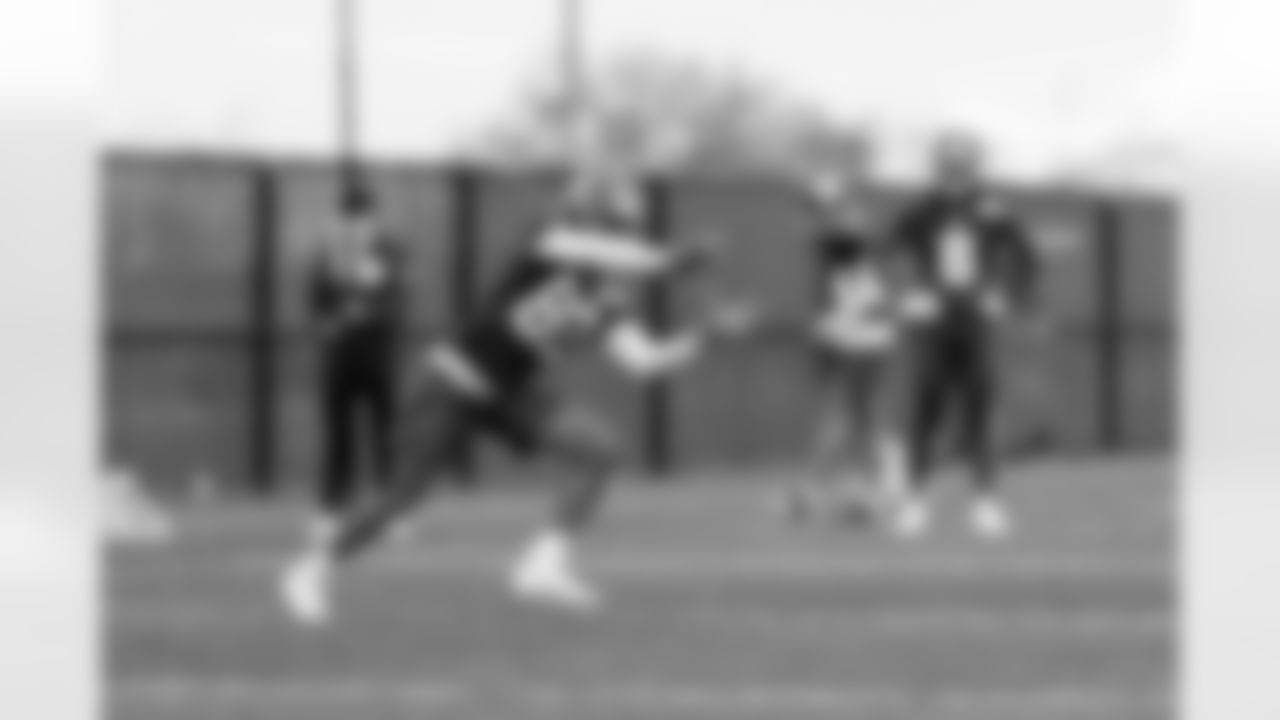
WR Stacy Chukwumezie (82)
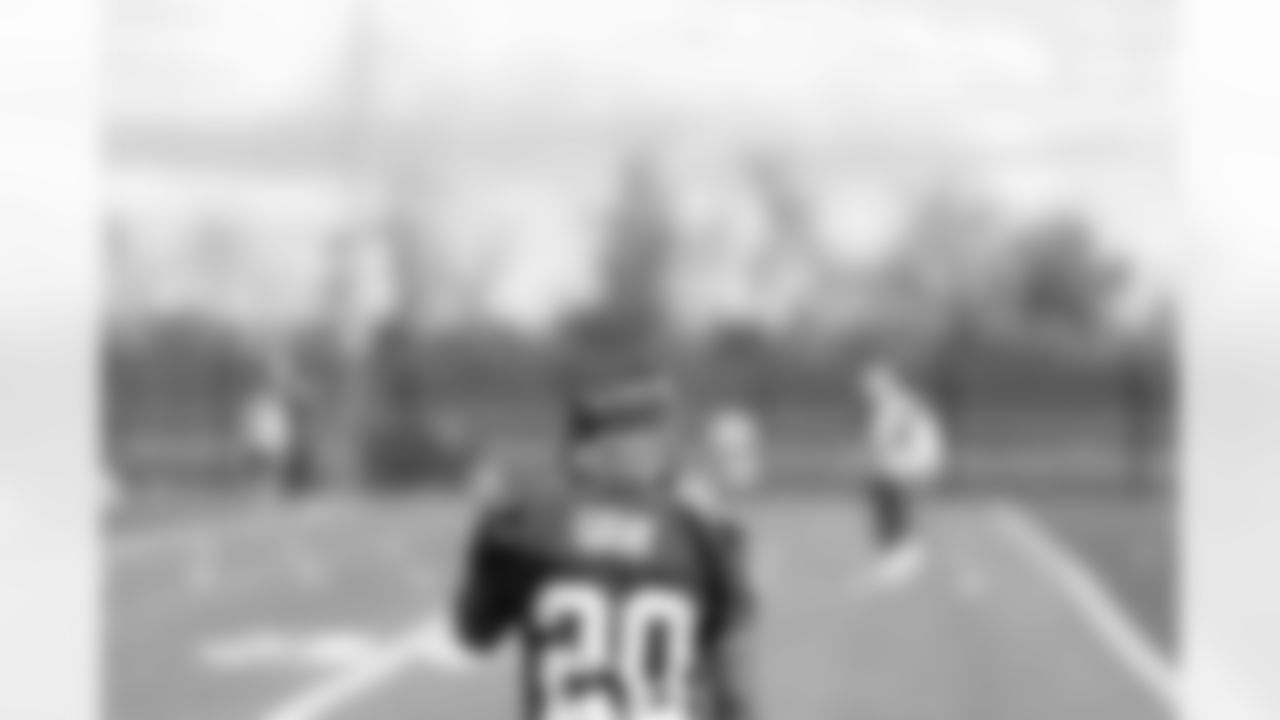
RB Eric Gray (20)
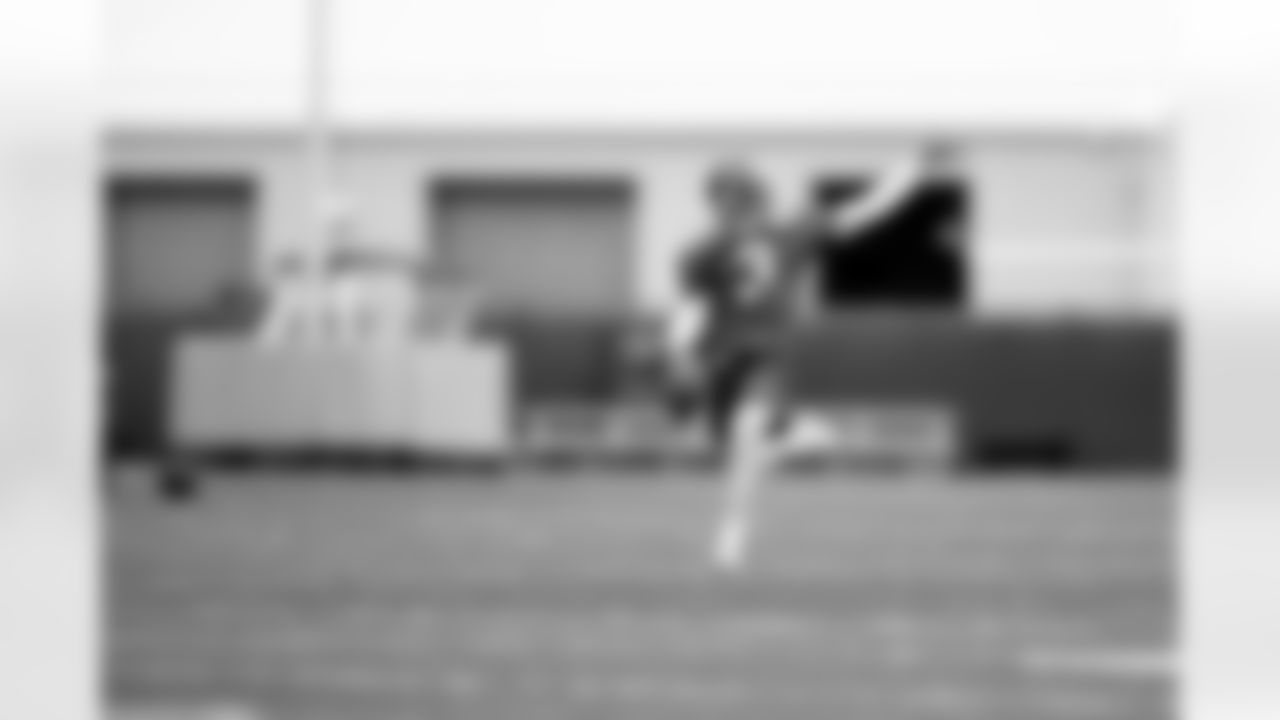
P Andy Vujnovich (3)
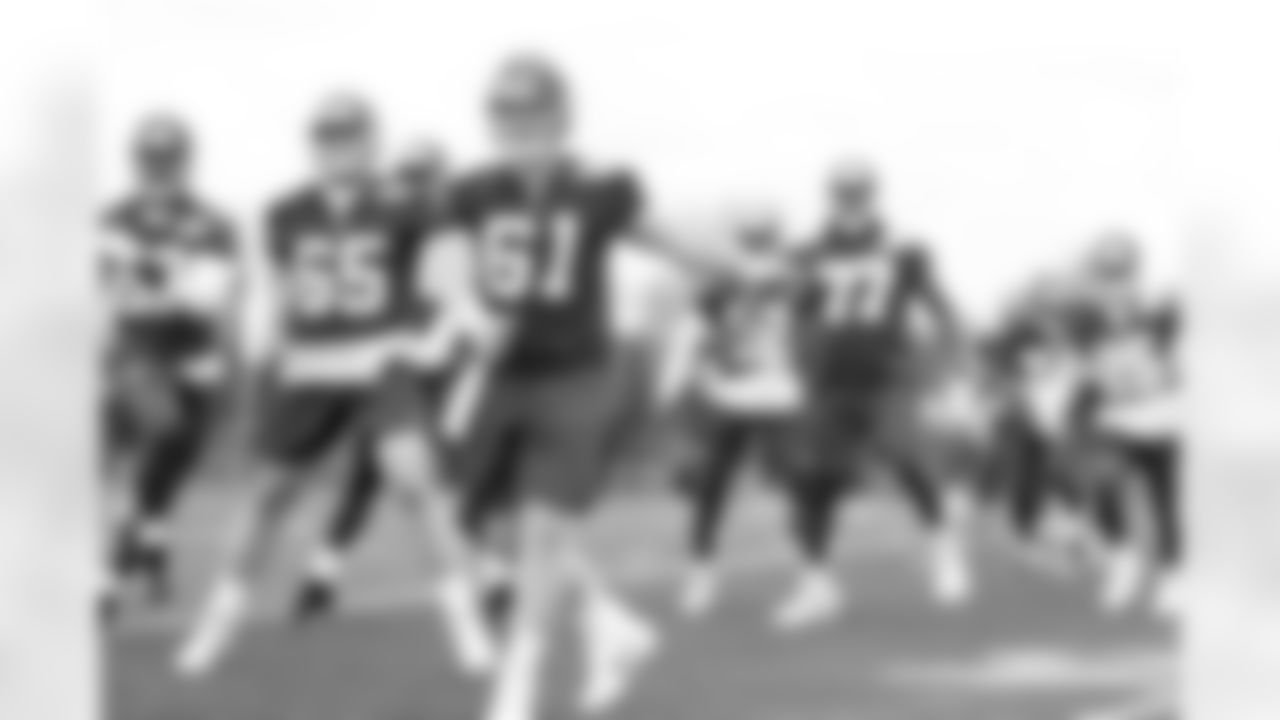
C John Michael Schmitz Jr. (61)
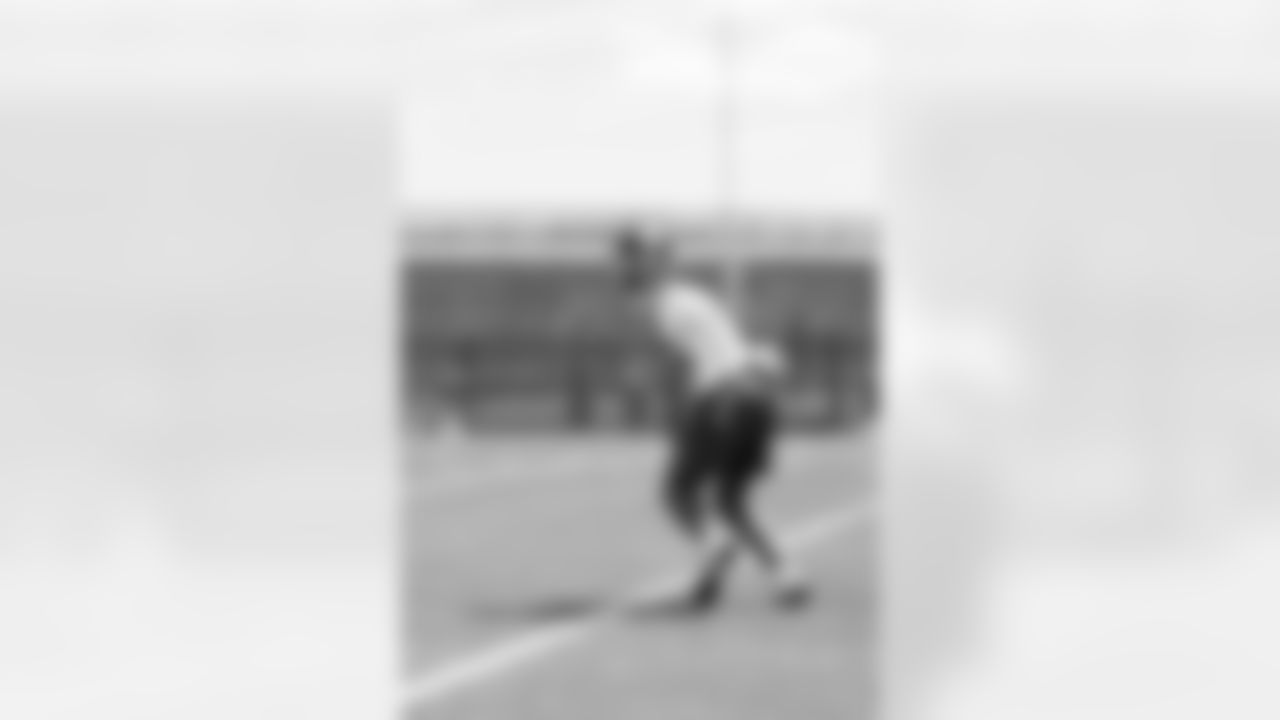
CB Deonte Banks (36)
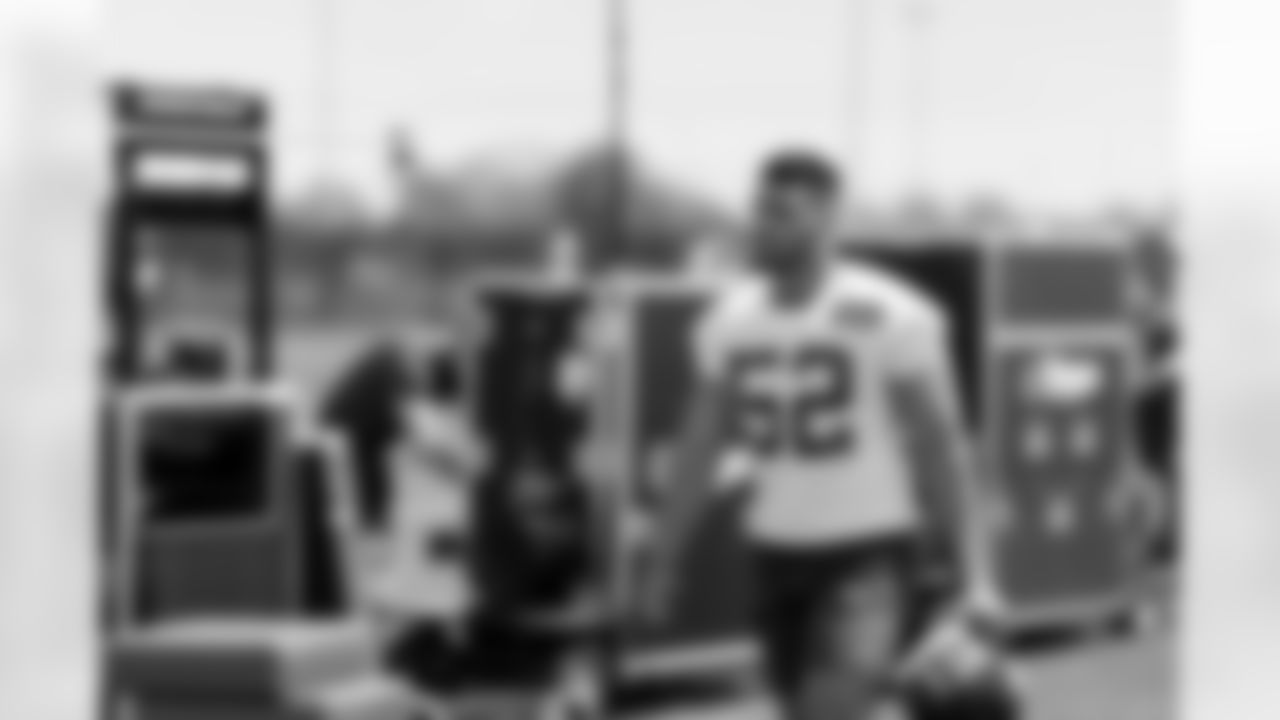
OLB Eric Black (52)
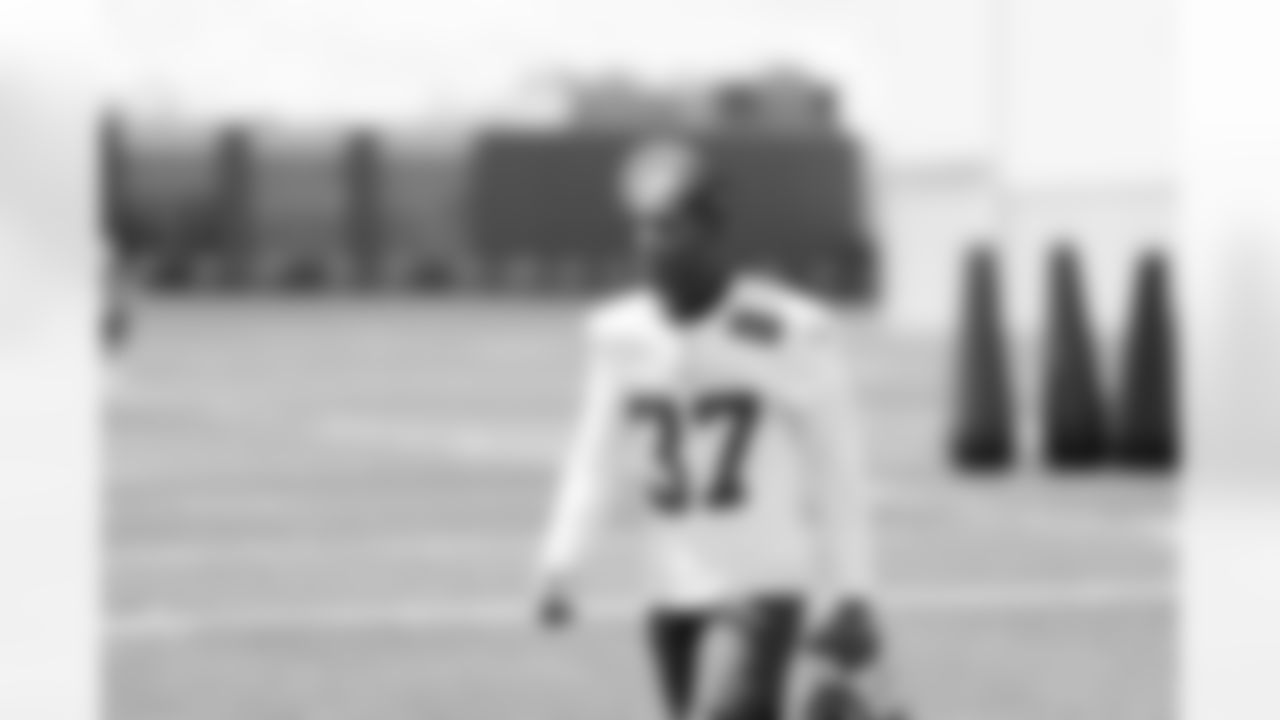
CB Tre Hawkings III (37)
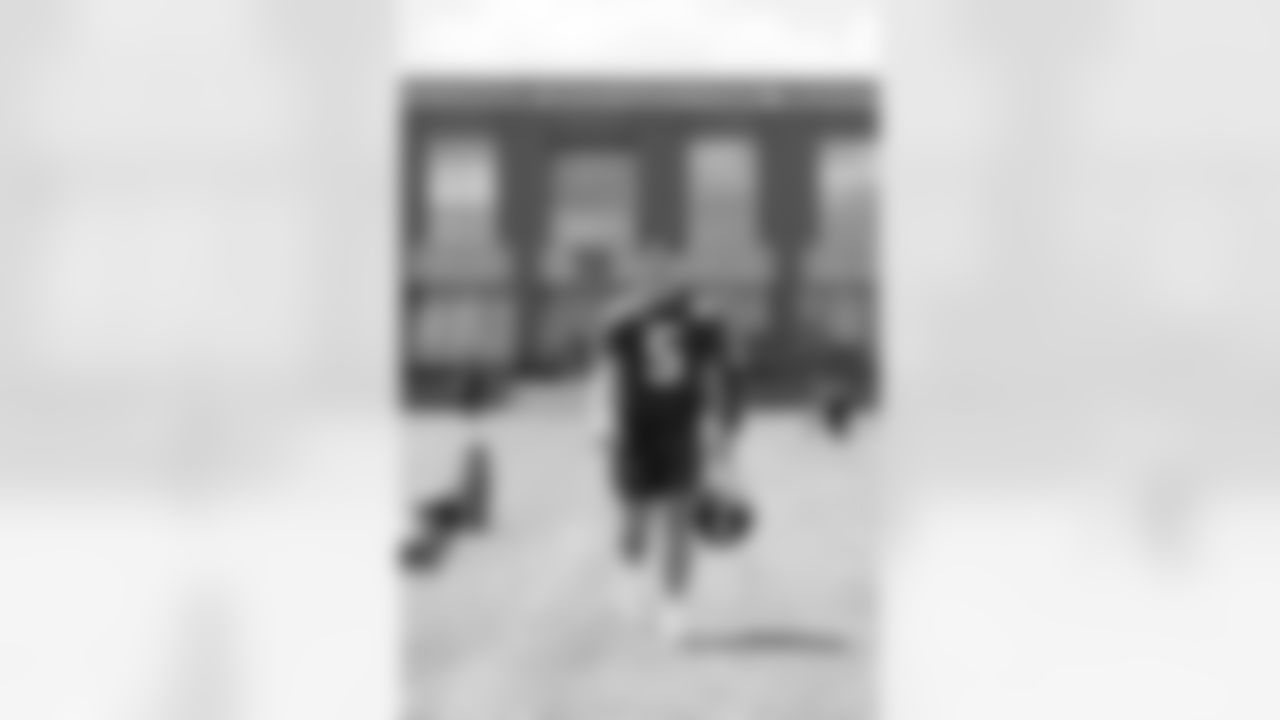
QB Tommy DeVito (5)
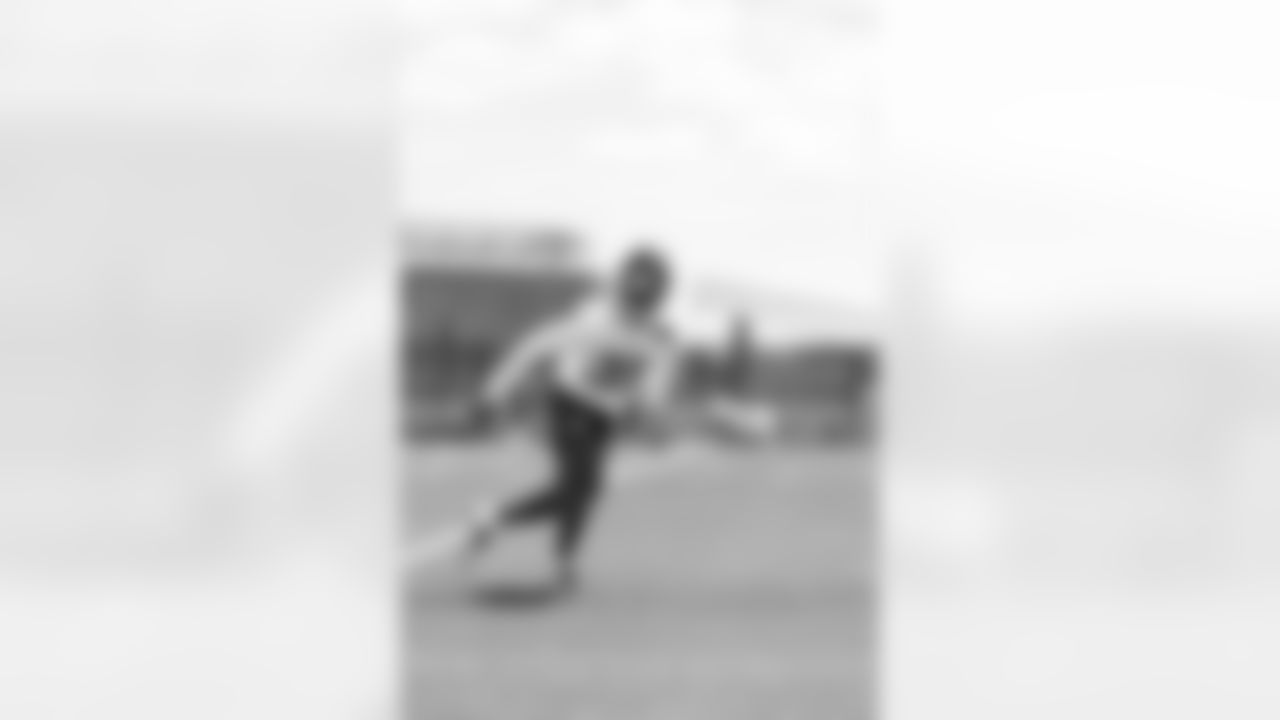
CB Deonte Banks (36)
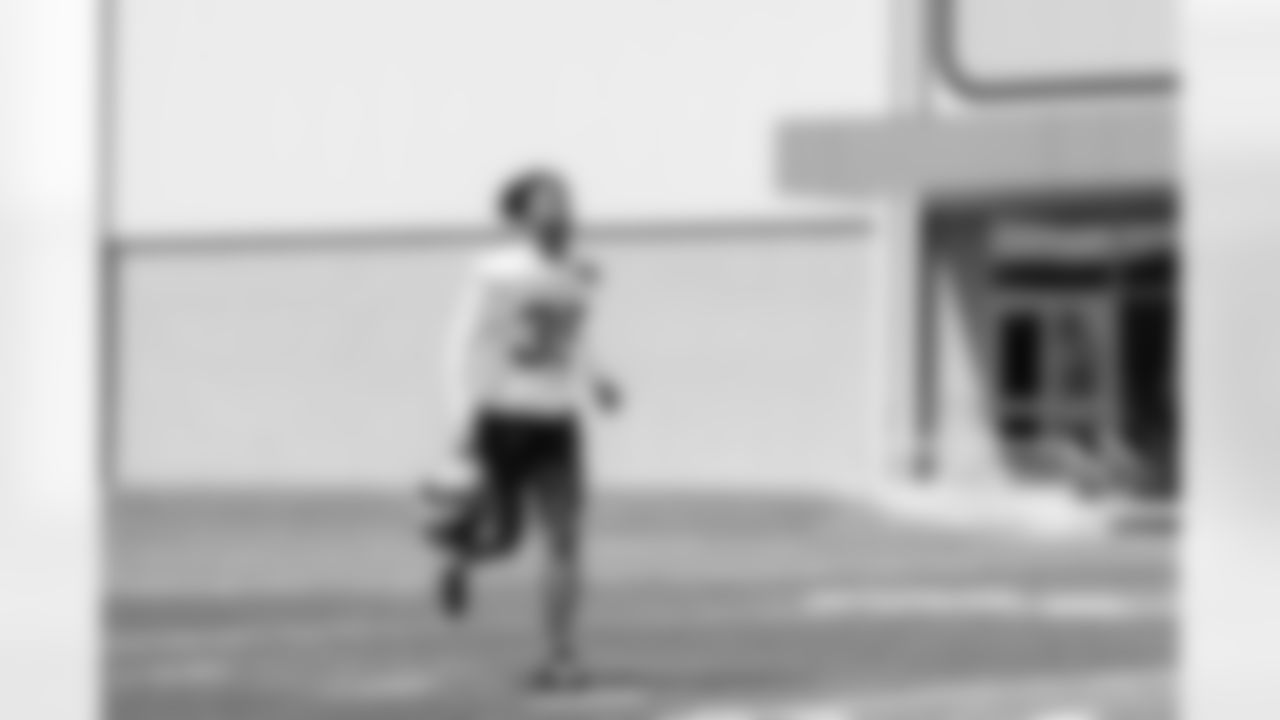
CB Leonard Johnson (35)
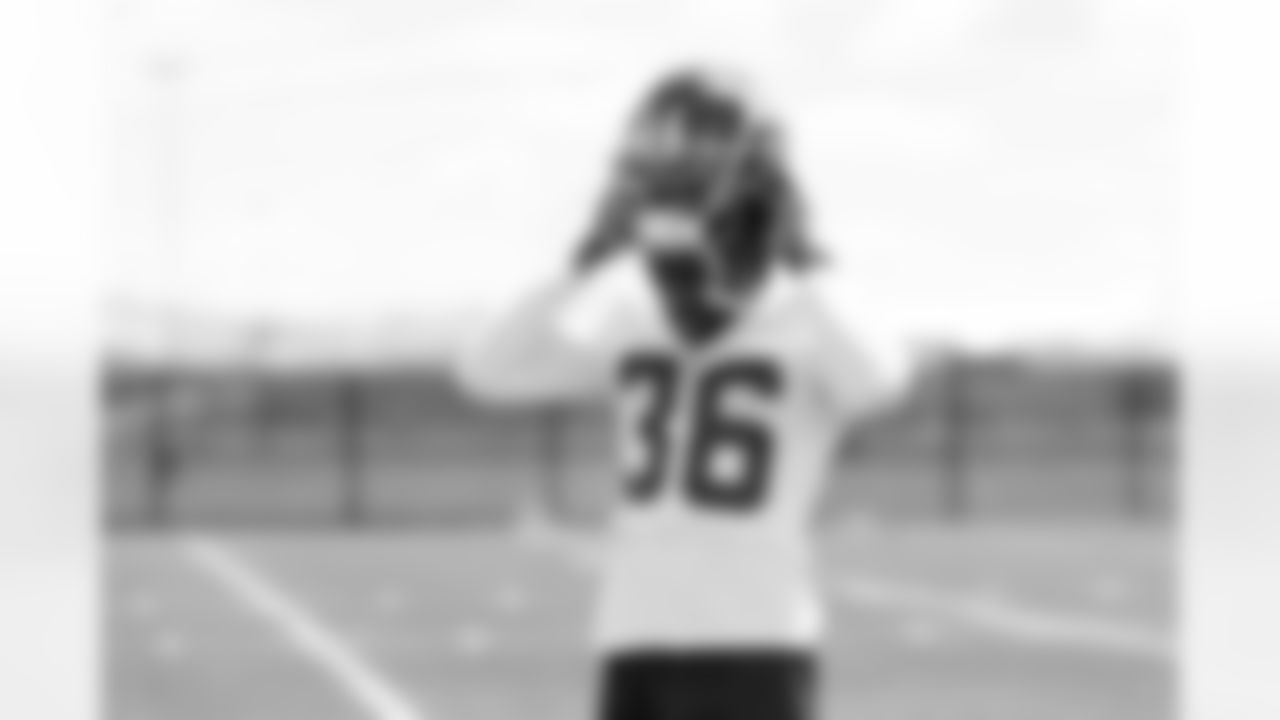
CB Deonte Banks (36)
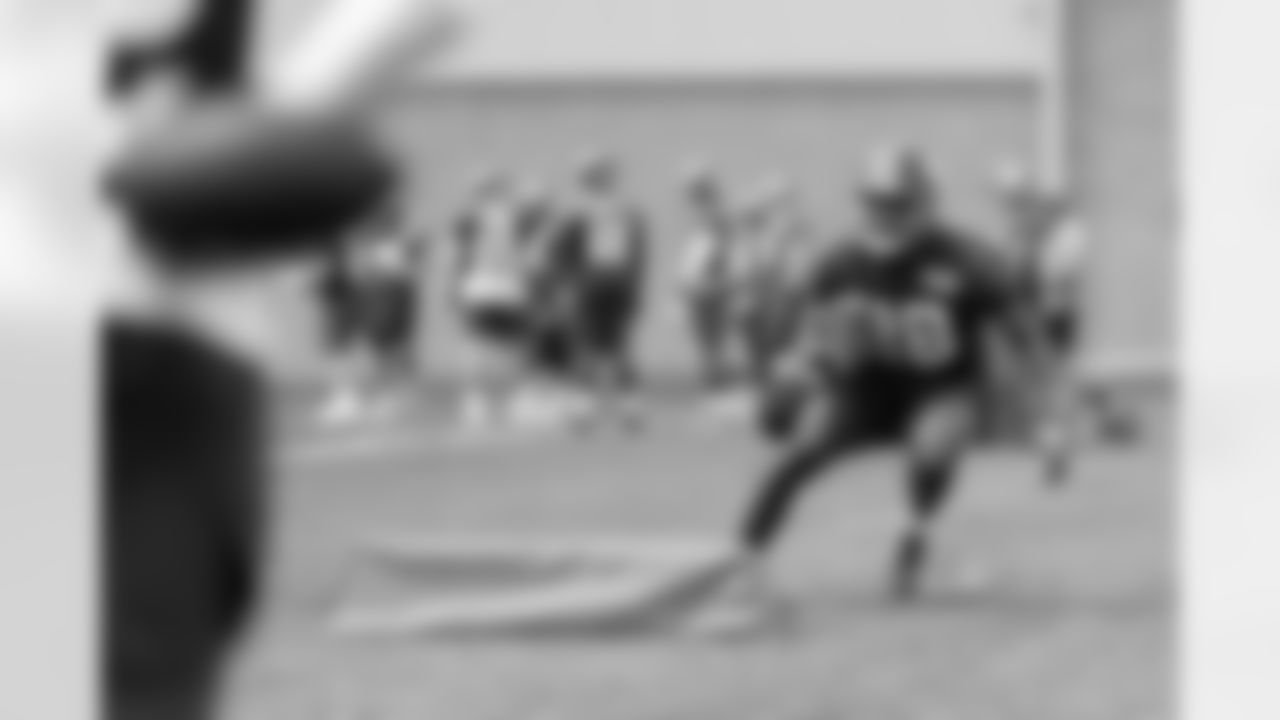
RB Haaziq Daniels (28)
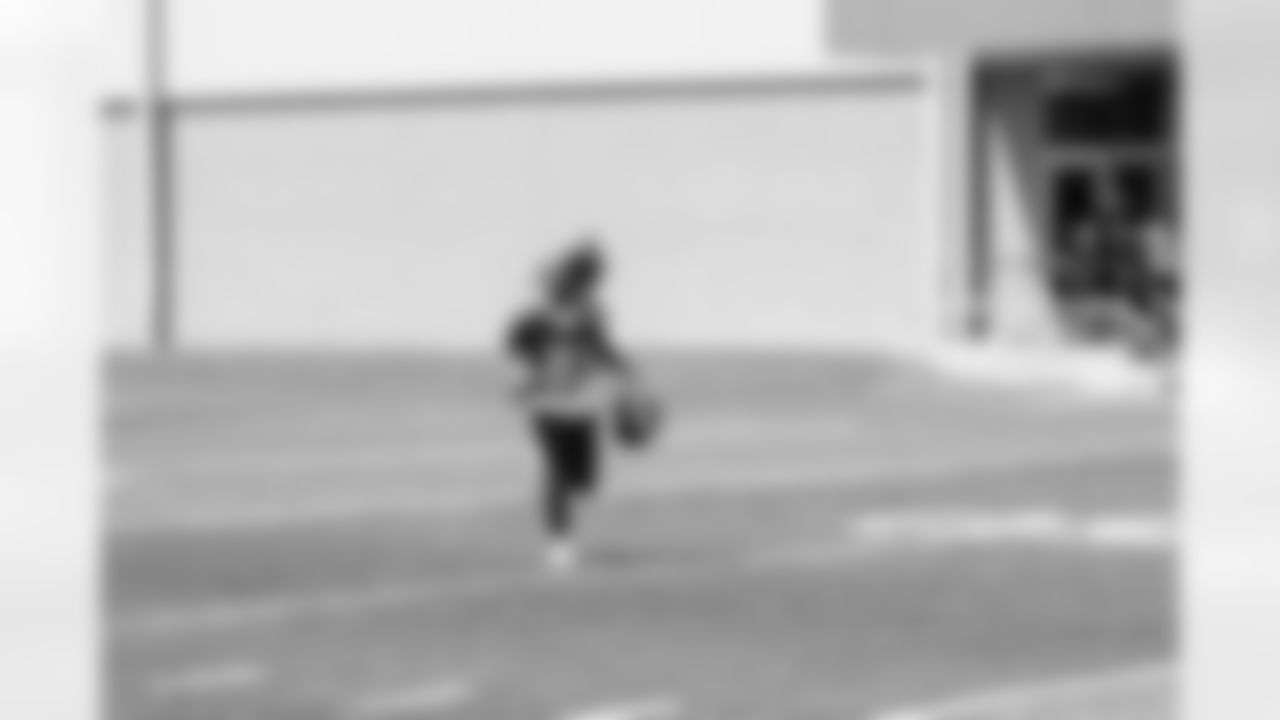
WR Kalil Pimpleton (81)

WR Kalil Pimpleton (81)
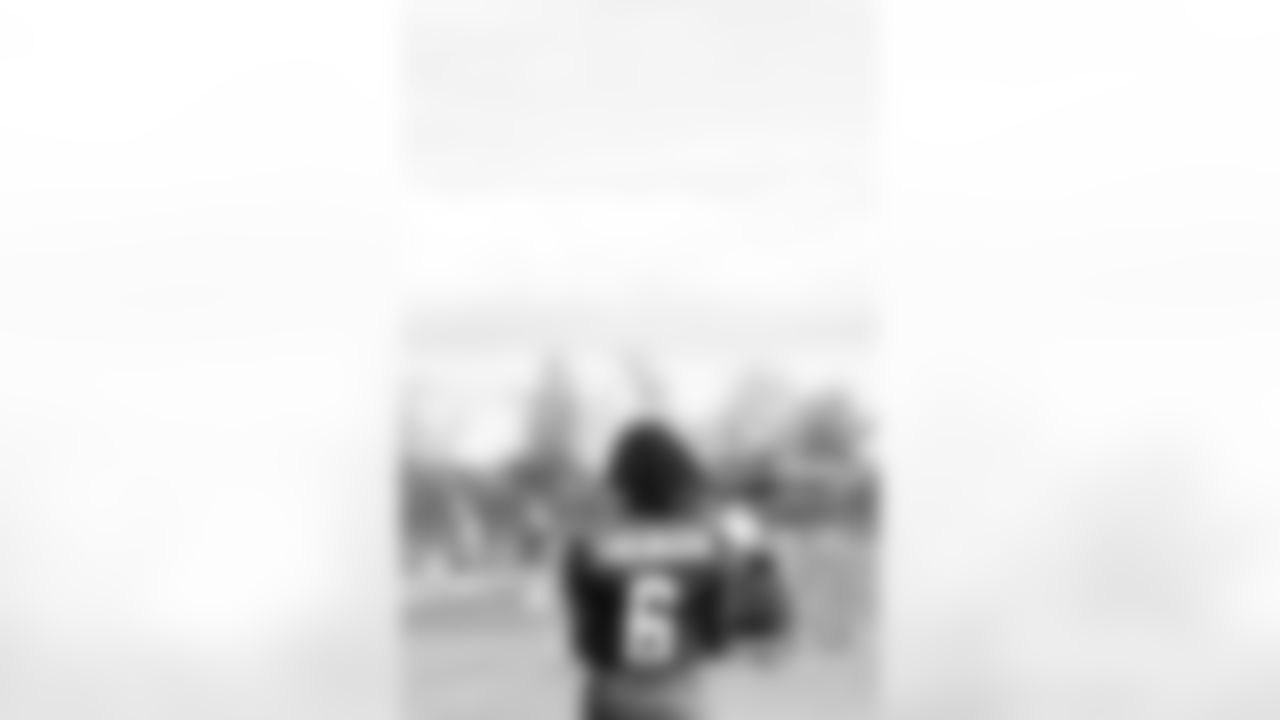
WR Bryce Ford-Wheaton (6)
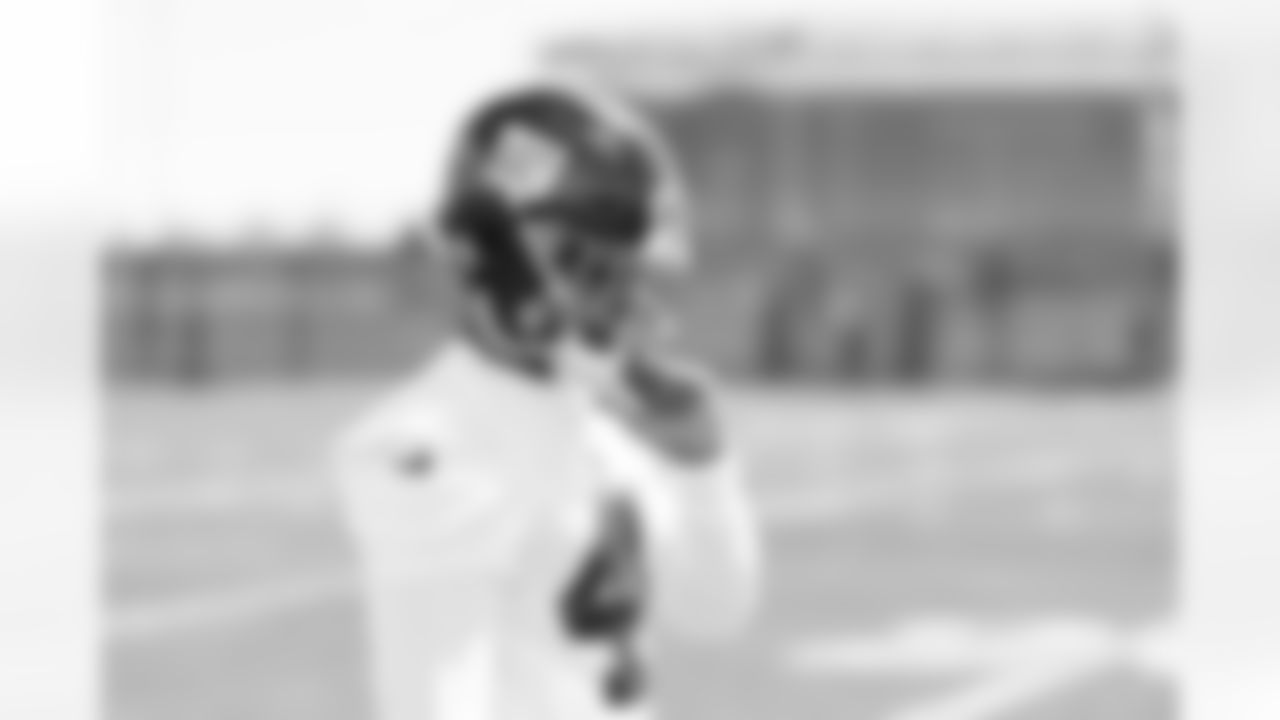
ILB Troy Brown (46)
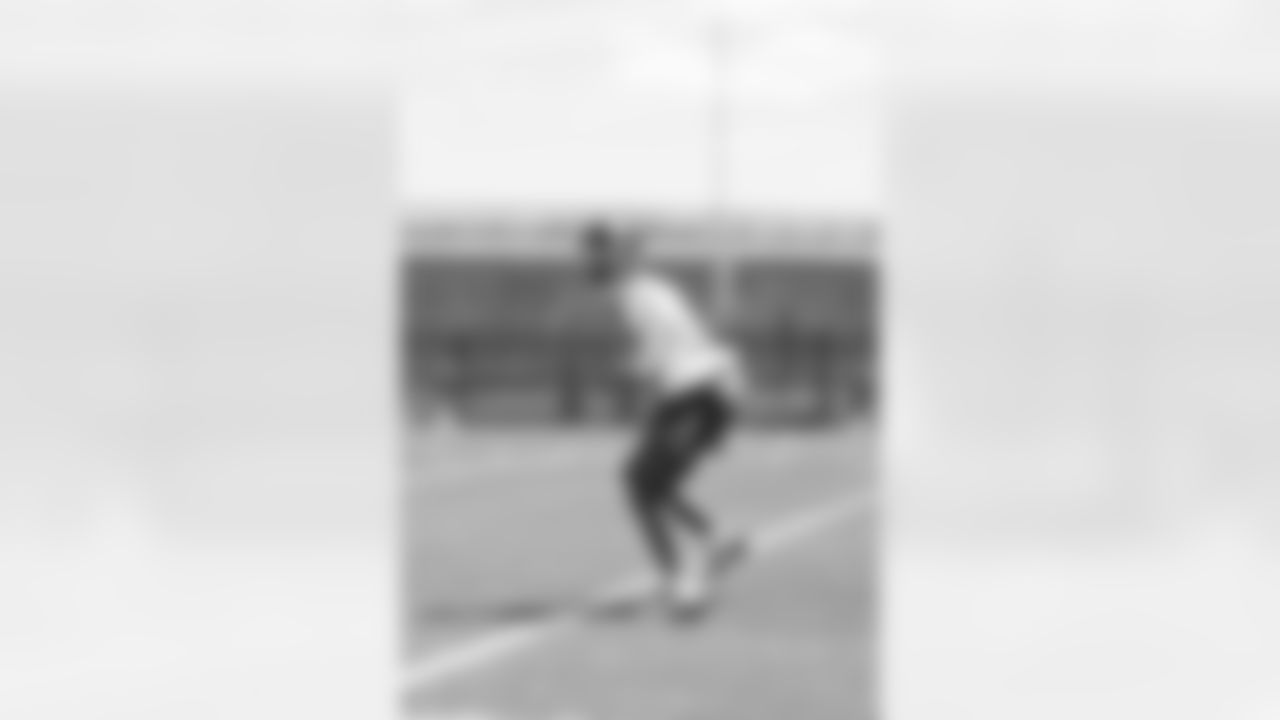
CB Deonte Banks (36)

WR Jalin Hyatt (84)
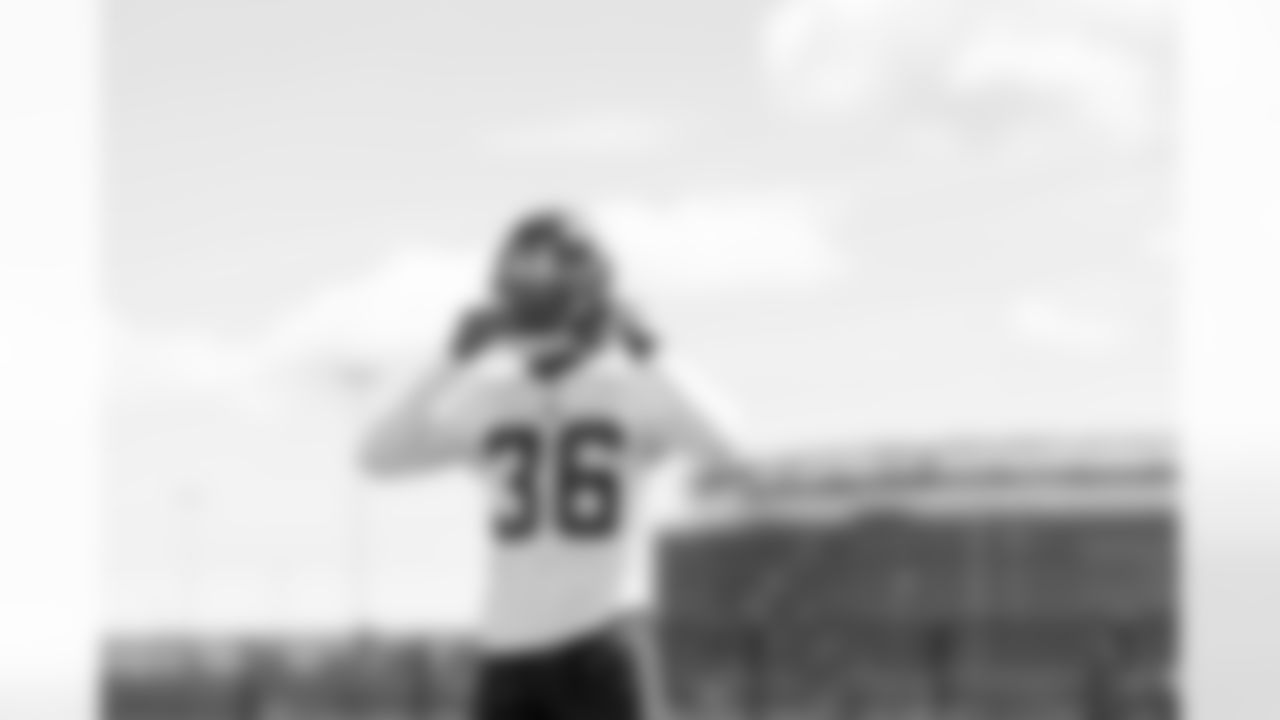
CB Deonte Banks (36)
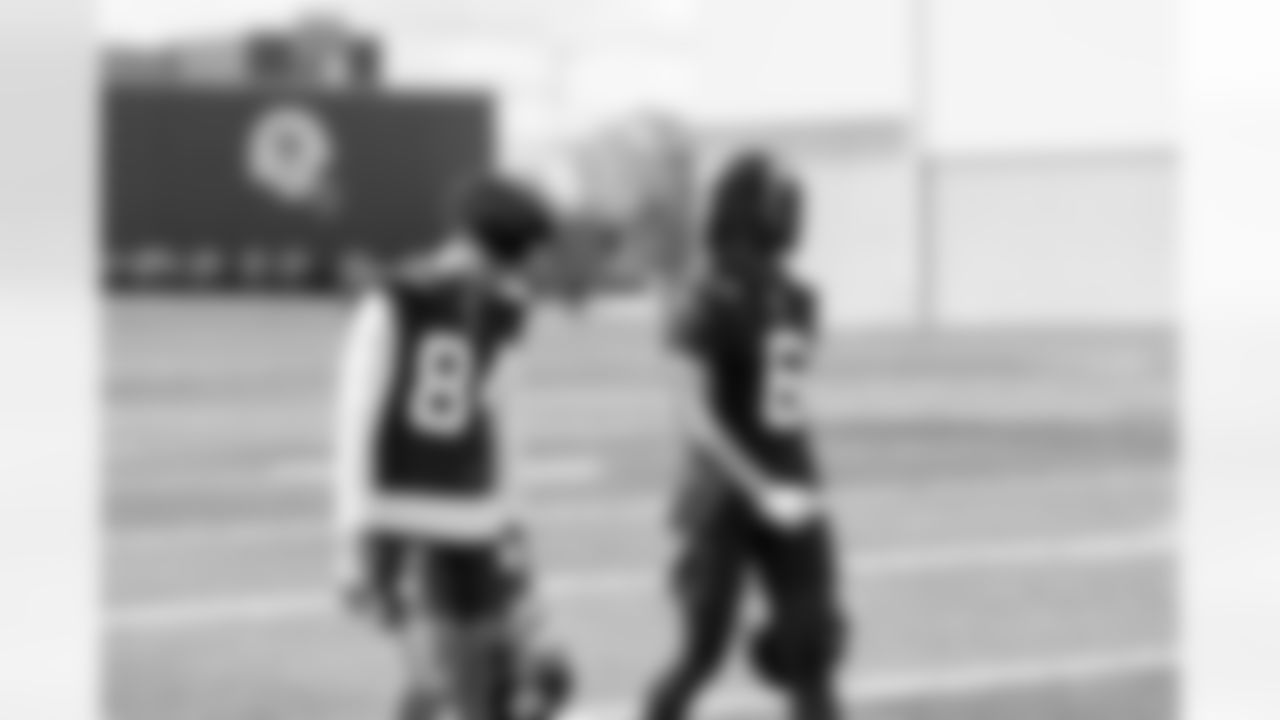
WR Jalin Hyatt (84), WR Bryce Ford-Wheaton (6)
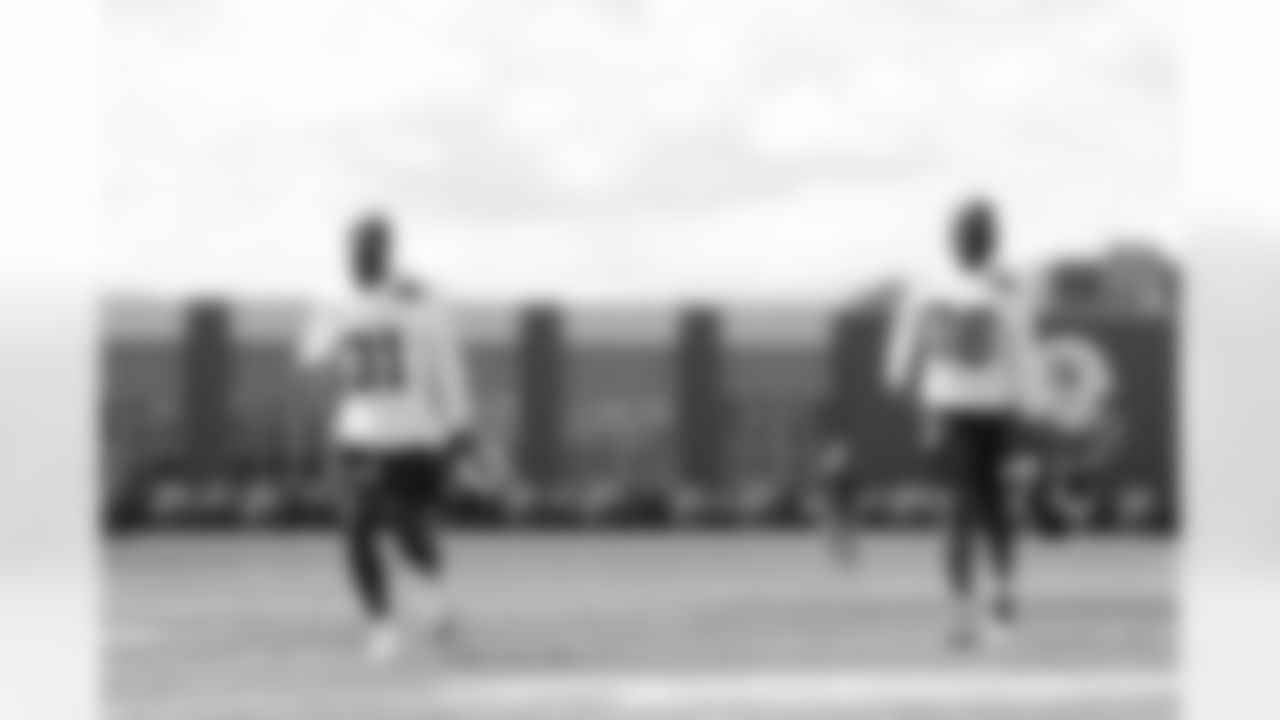
S Gervarrius Owens (31), CB Deonte Banks (36)
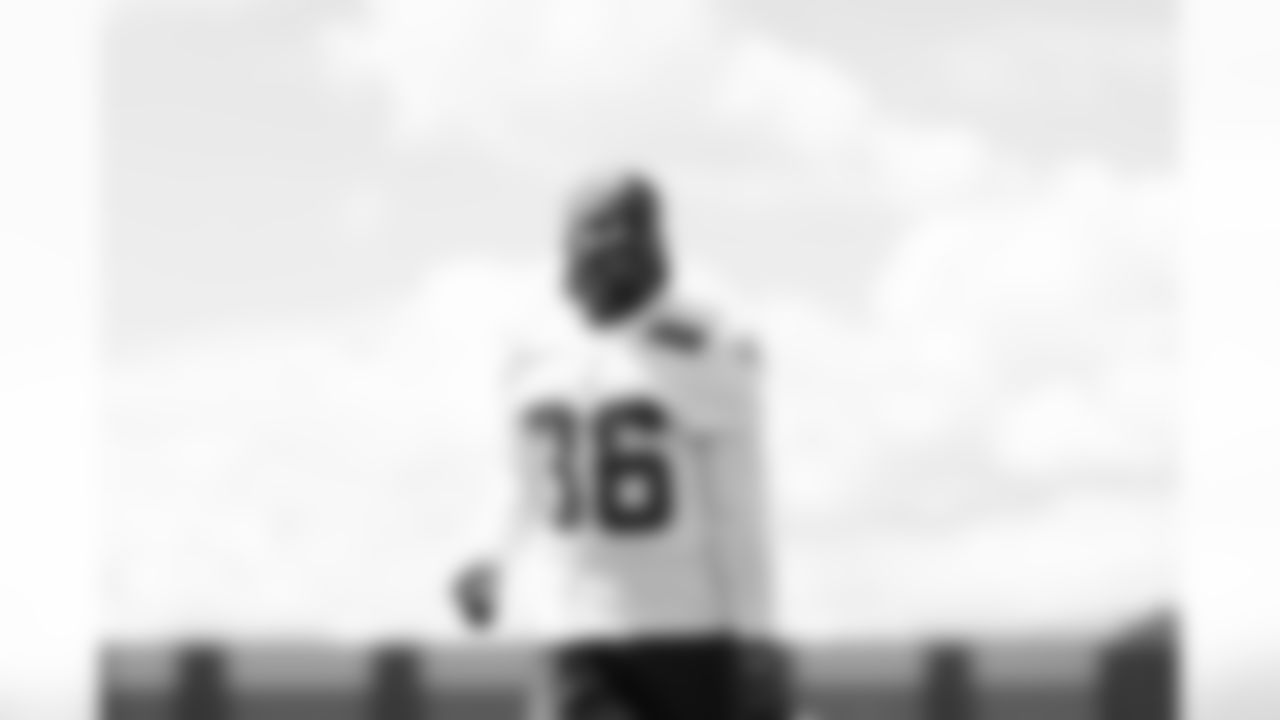
CB Deonte Banks (36)
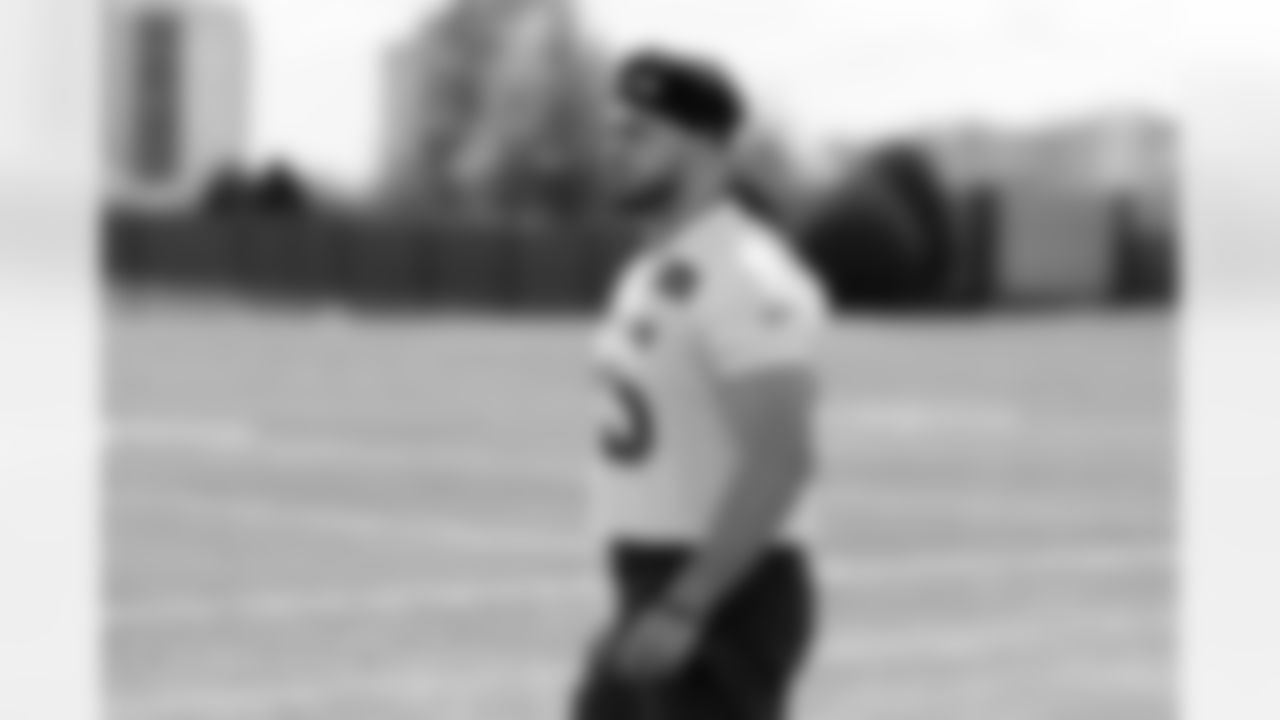
ILB Perry Quinn (55)
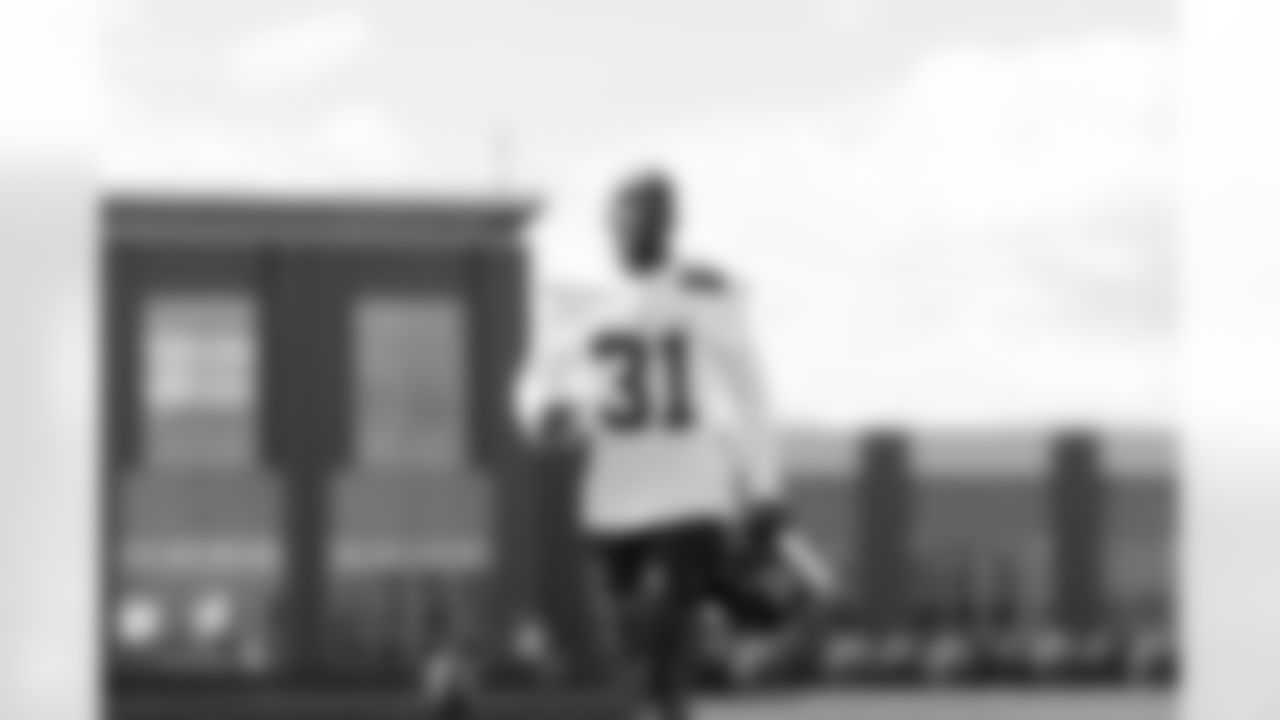
S Gervarrius Owens (31)
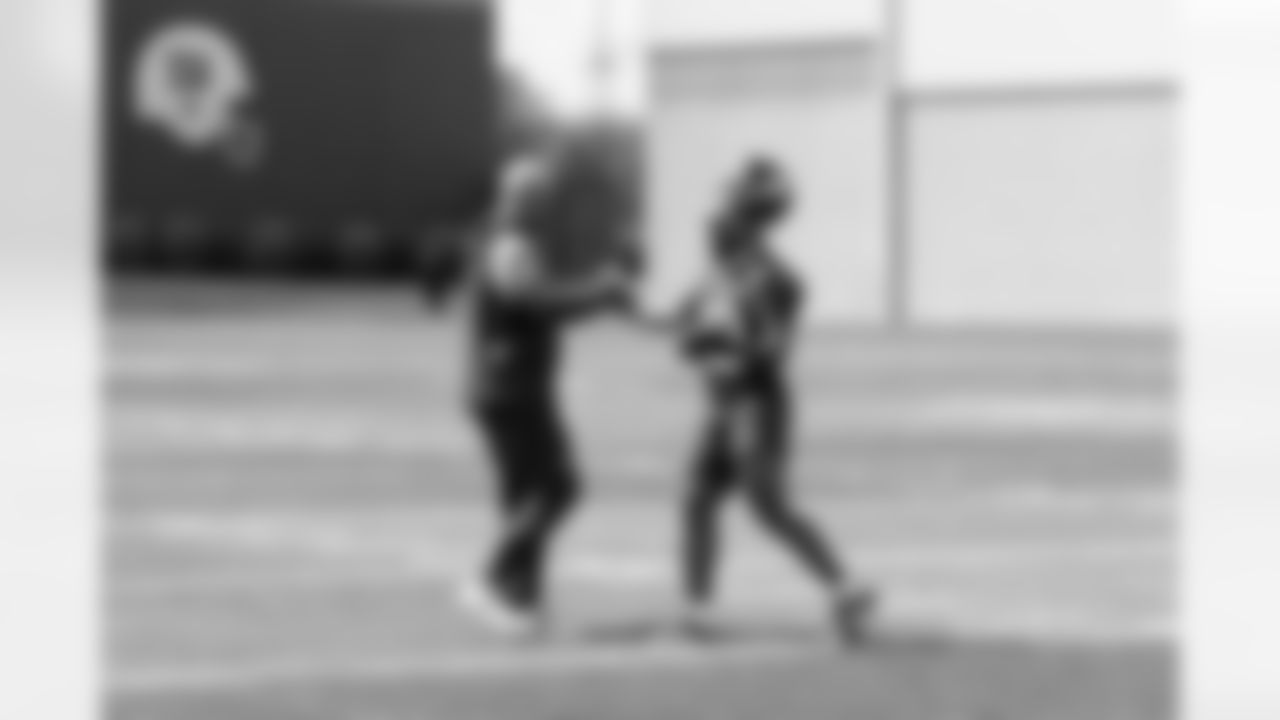
Thomas McGaughey Special Teams Coordinator, RB Eric Gray (20)
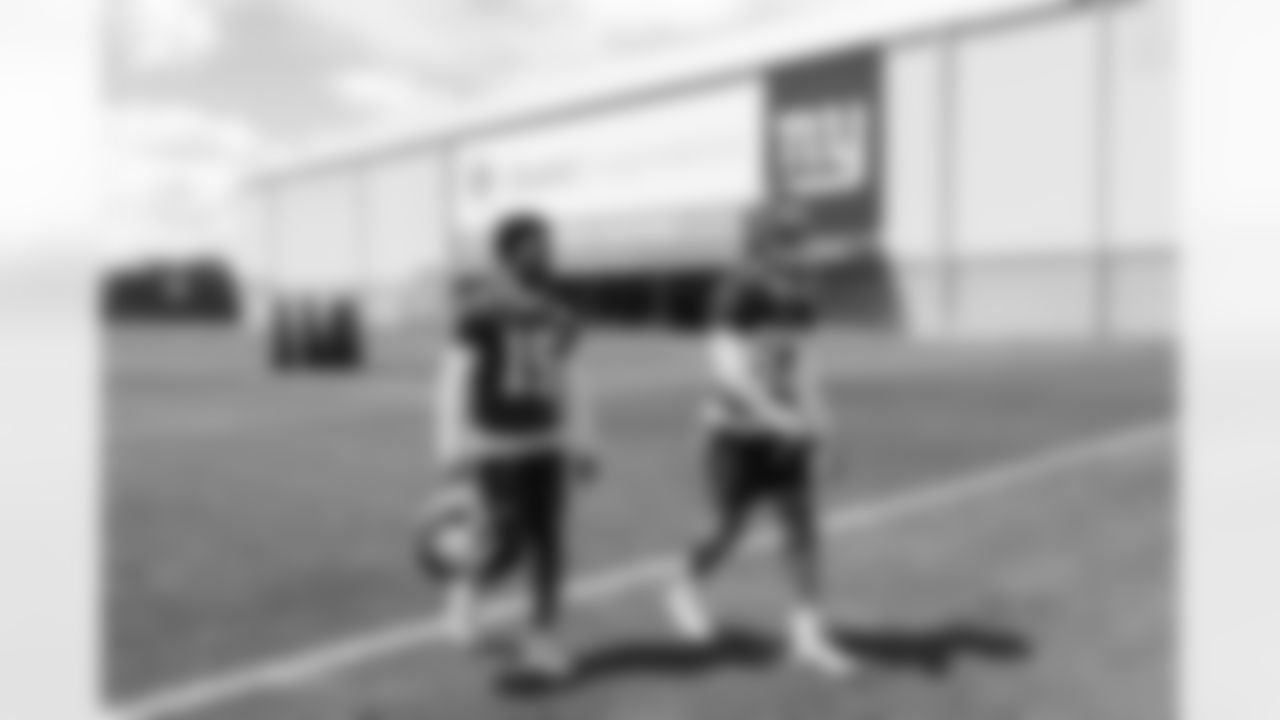
WR Tarquie Milton (15), WR Makai Polk (87)
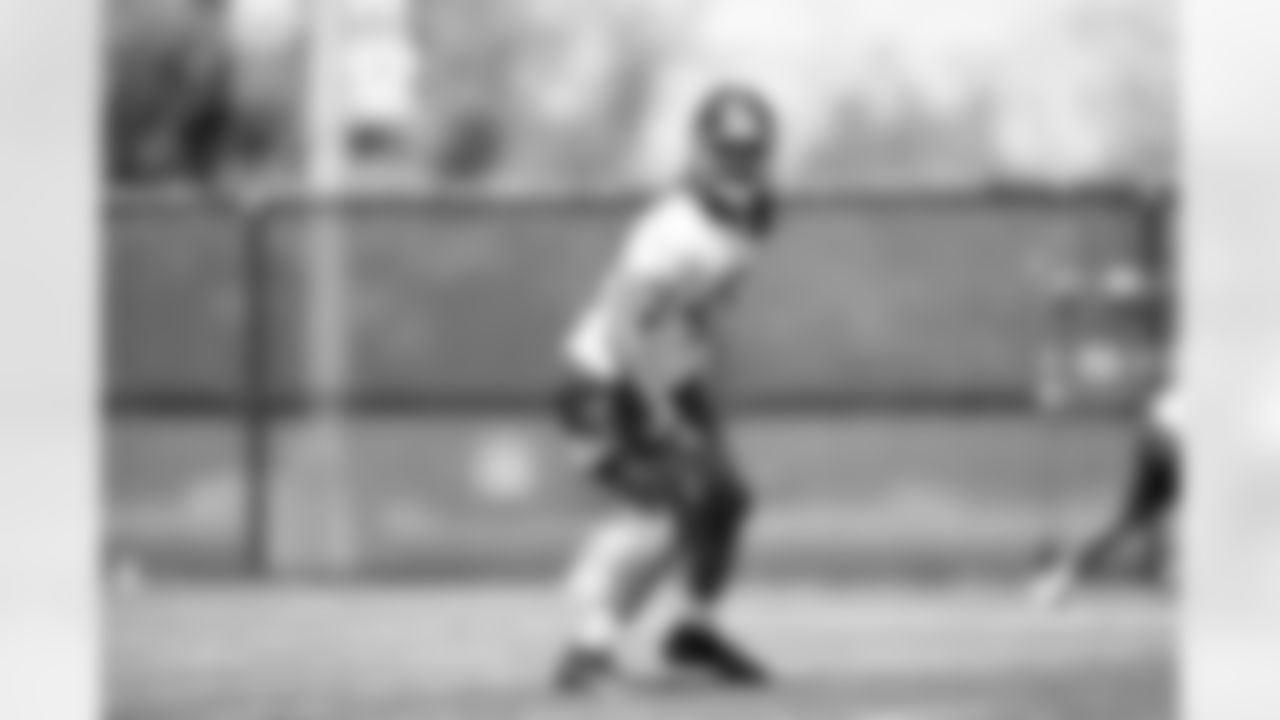
ILB O'Rien Vance (48)
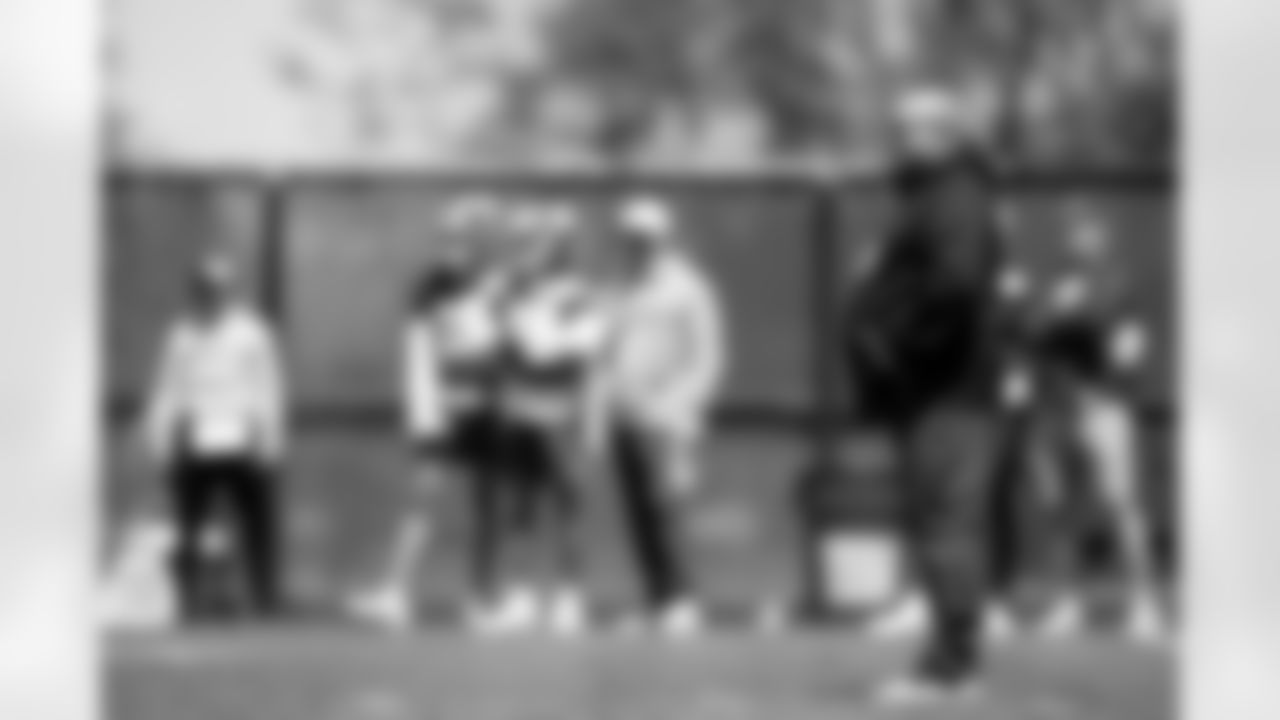
Brian Daboll Head Coach
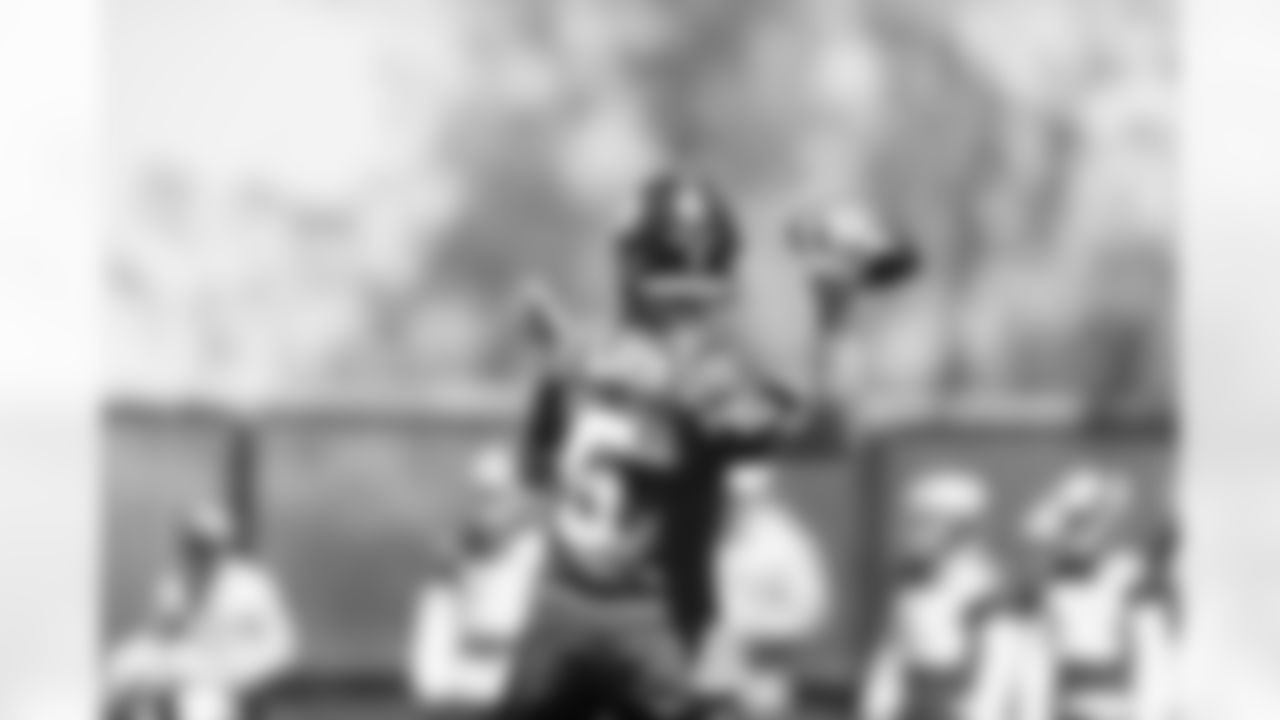
QB Tommy DeVito (5)
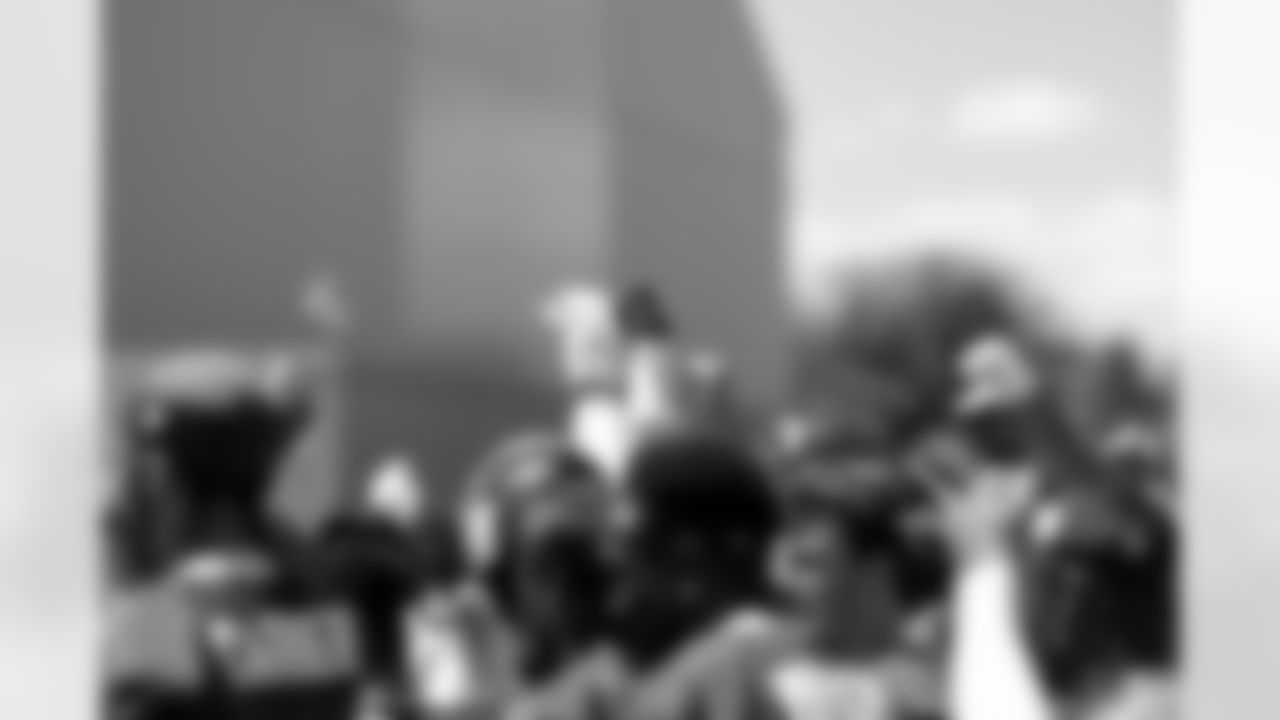
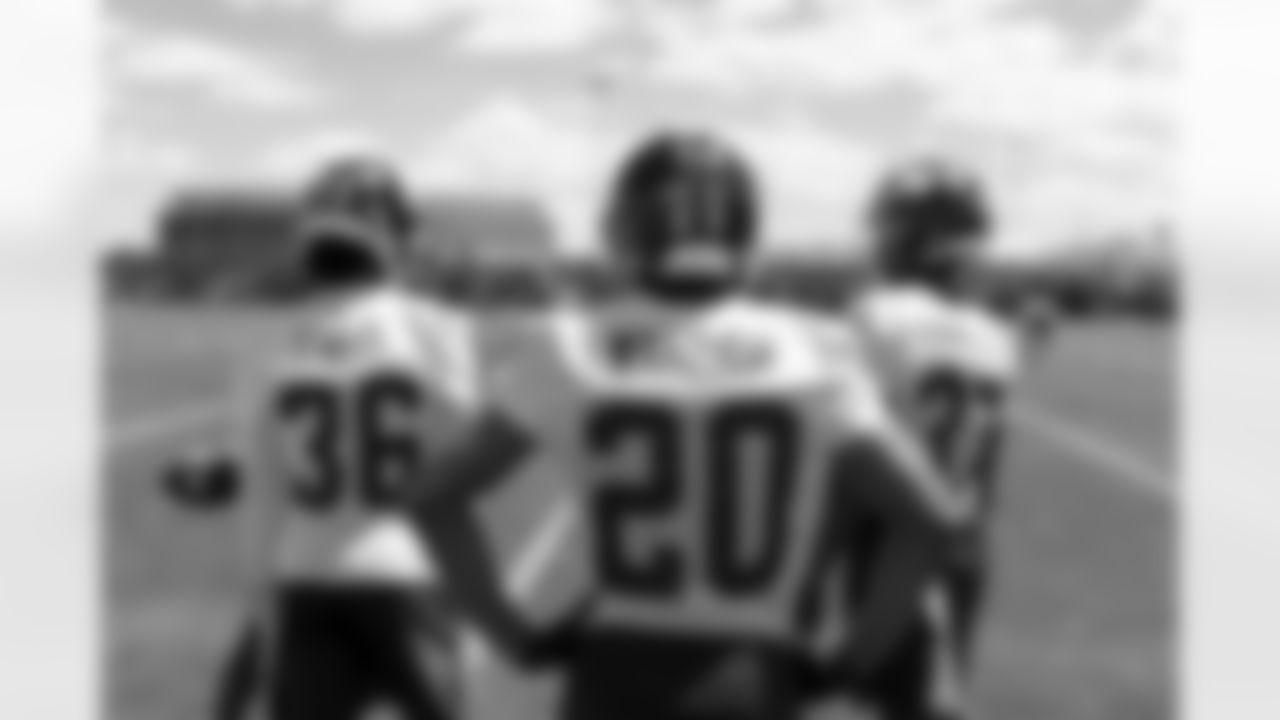
CB Deonte Banks (36), CB Nigel Warrior (20), CB Tre Hawkins III (37)
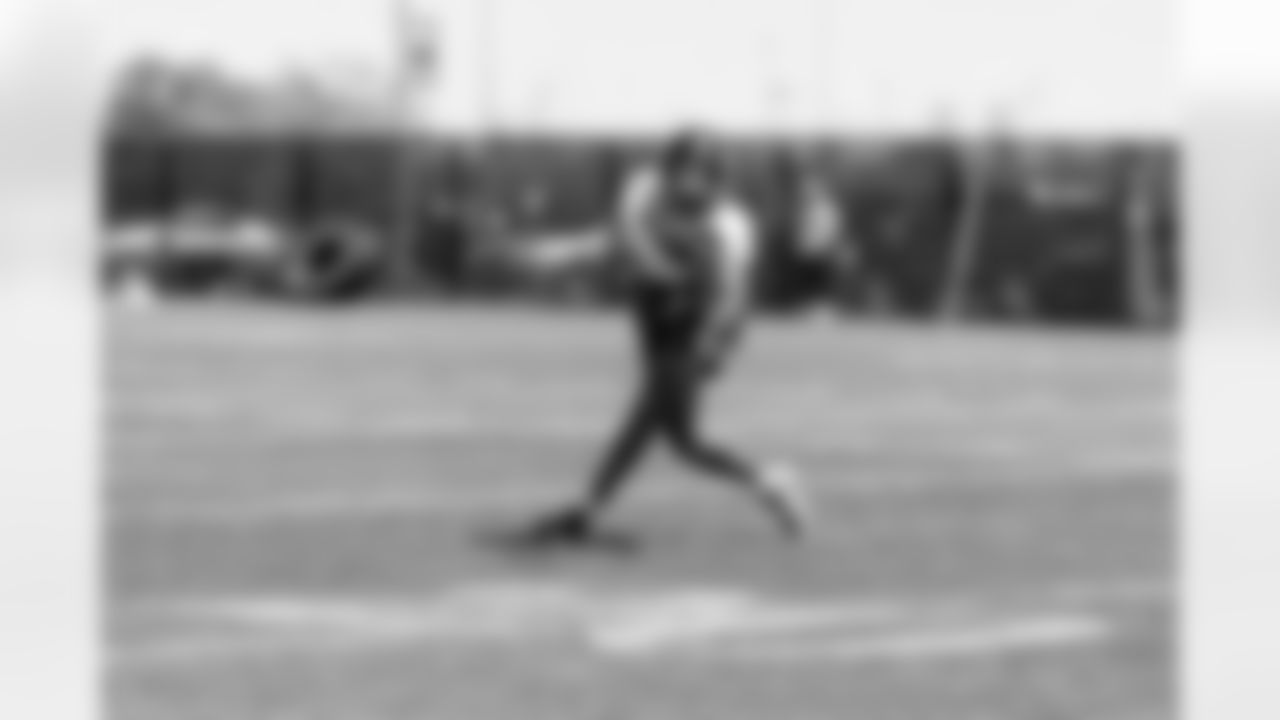
RB Haaziq Daniels (28)
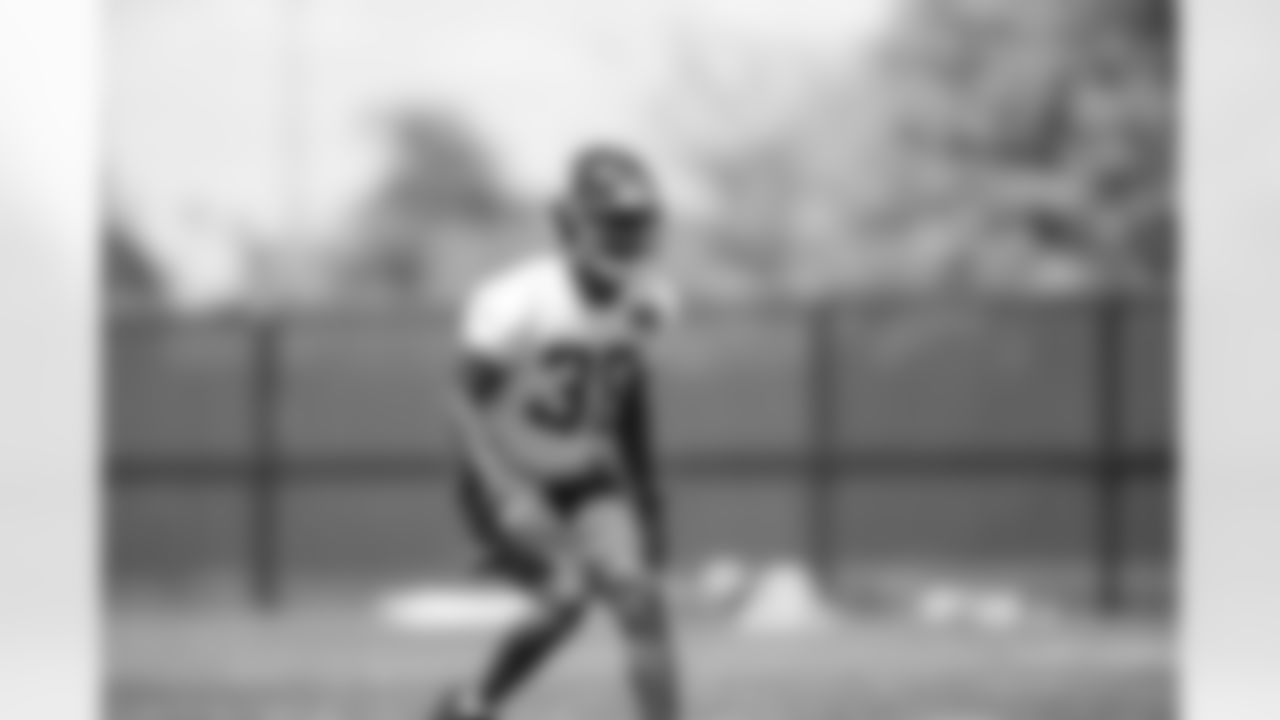
S Bee Jay Williamson (38)
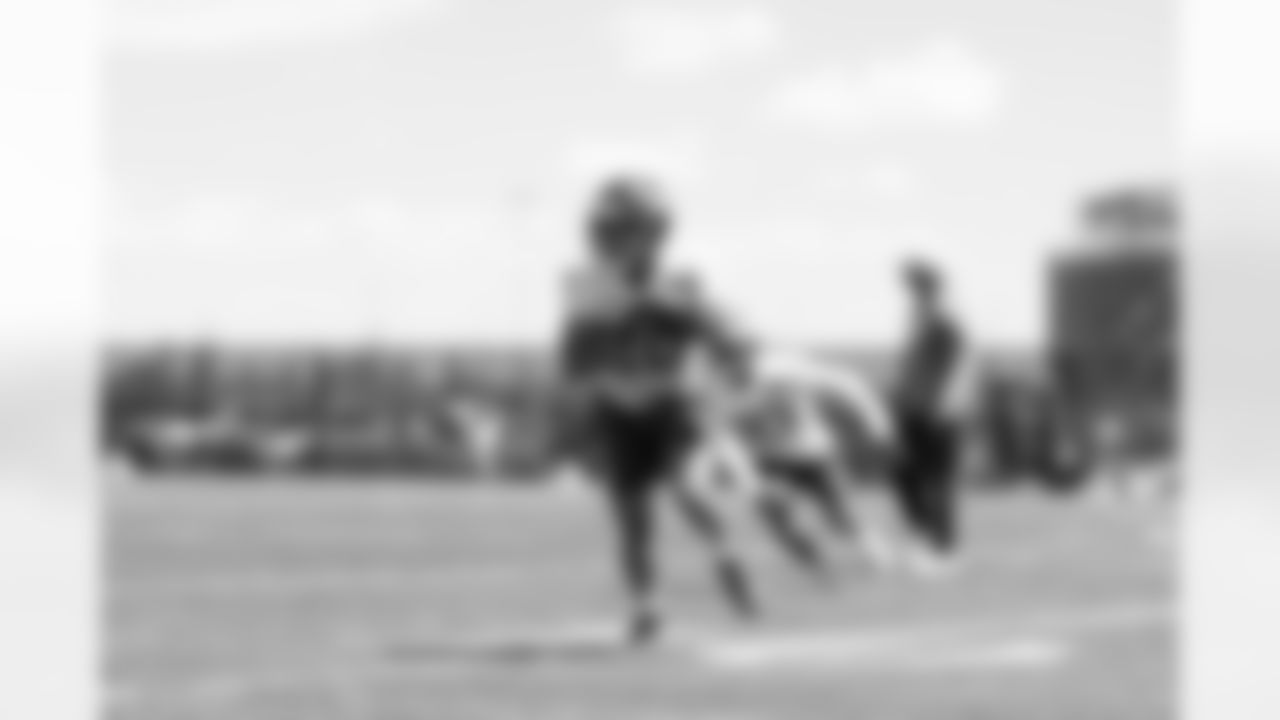
CB Nigel Warrior (20)
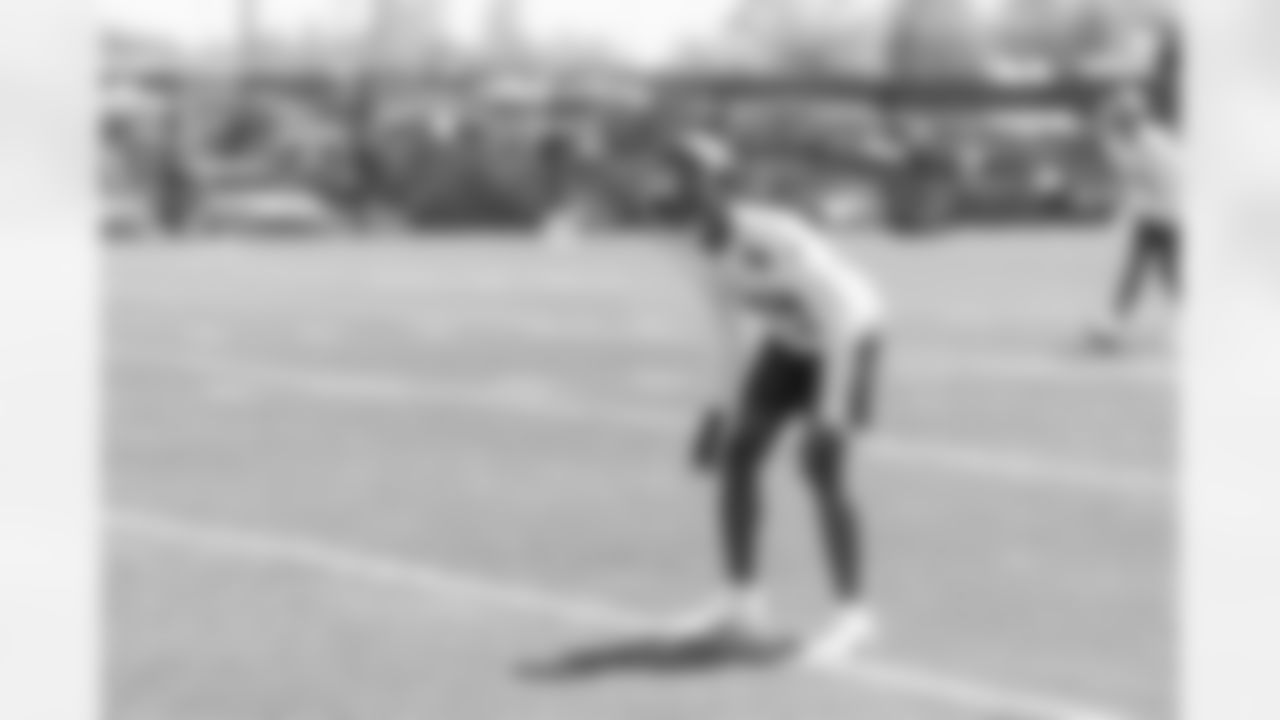
CB Gemon Green (19)
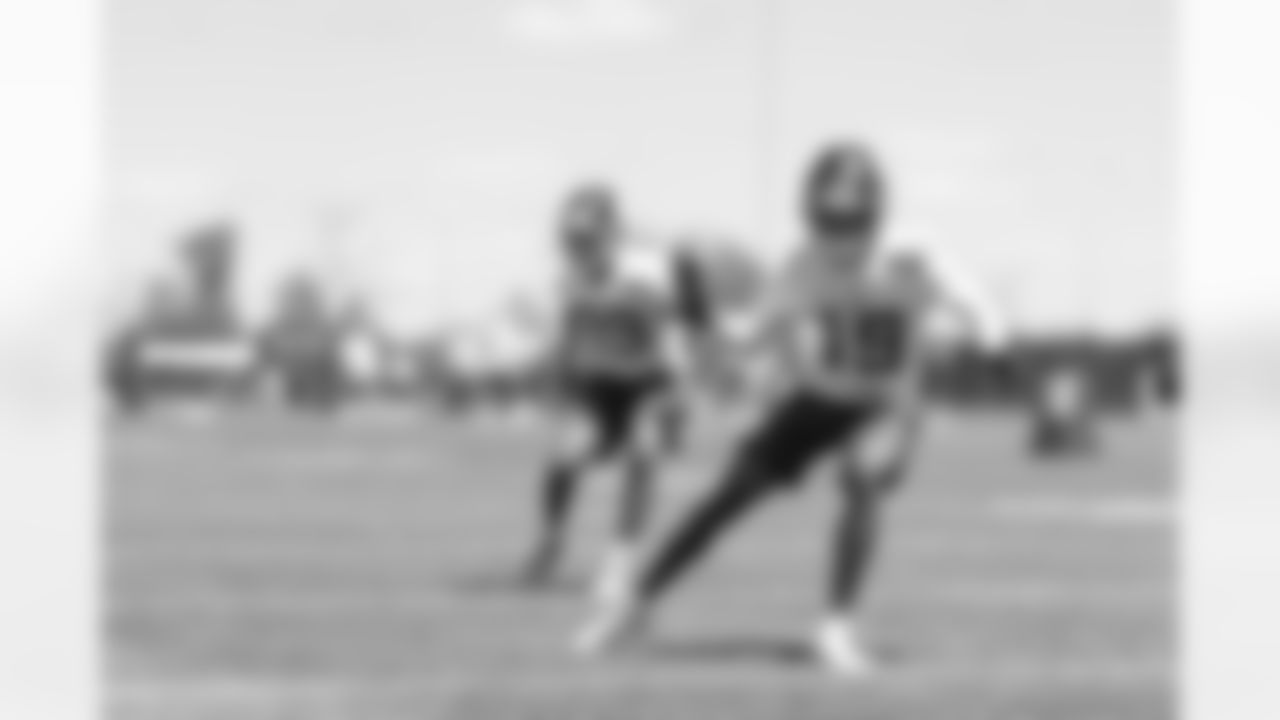
CB Gemon Green (19)
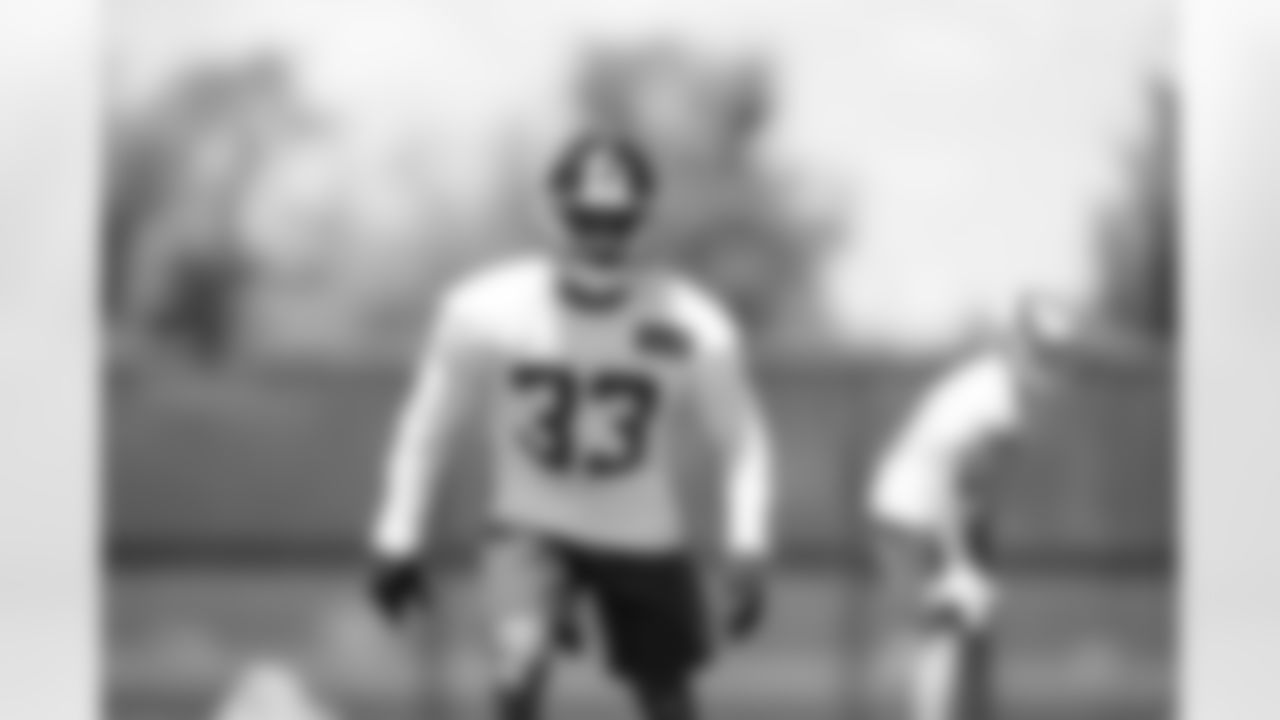
CB Sylvonta Oliver (33)

S Eli Weber (21)

DT Xach Gill (94)
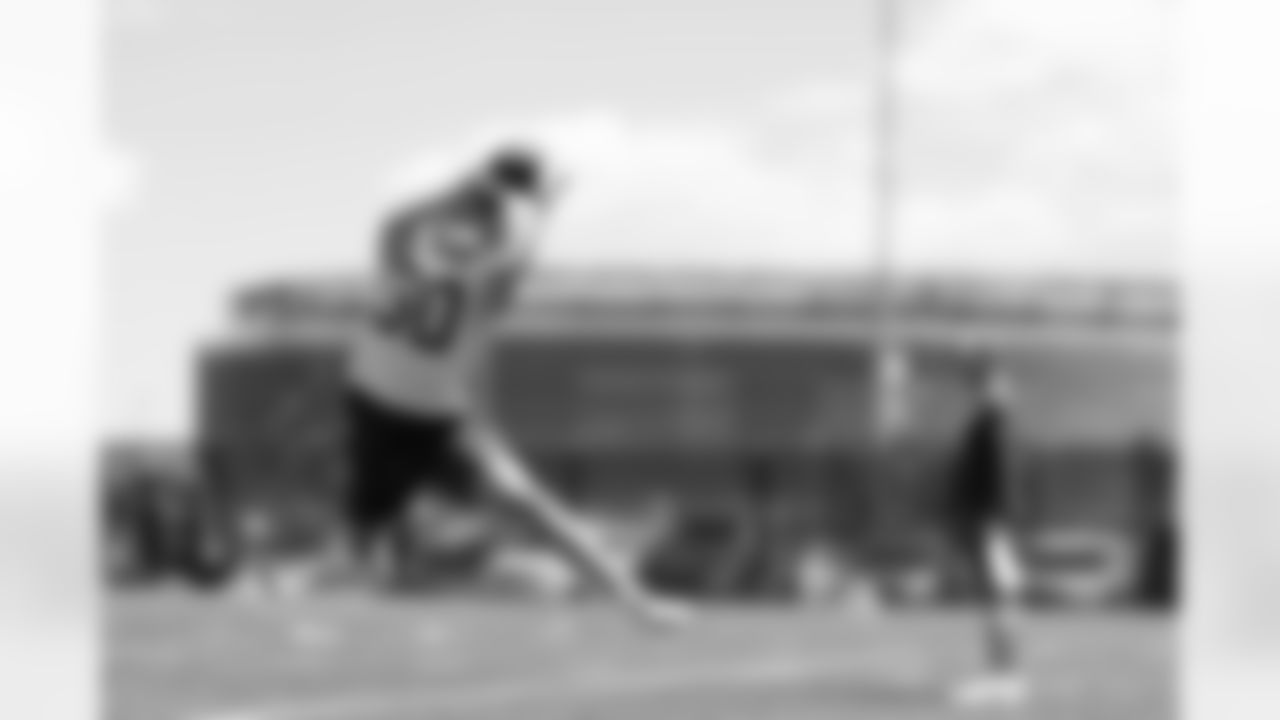
S Morgan Vest (30)
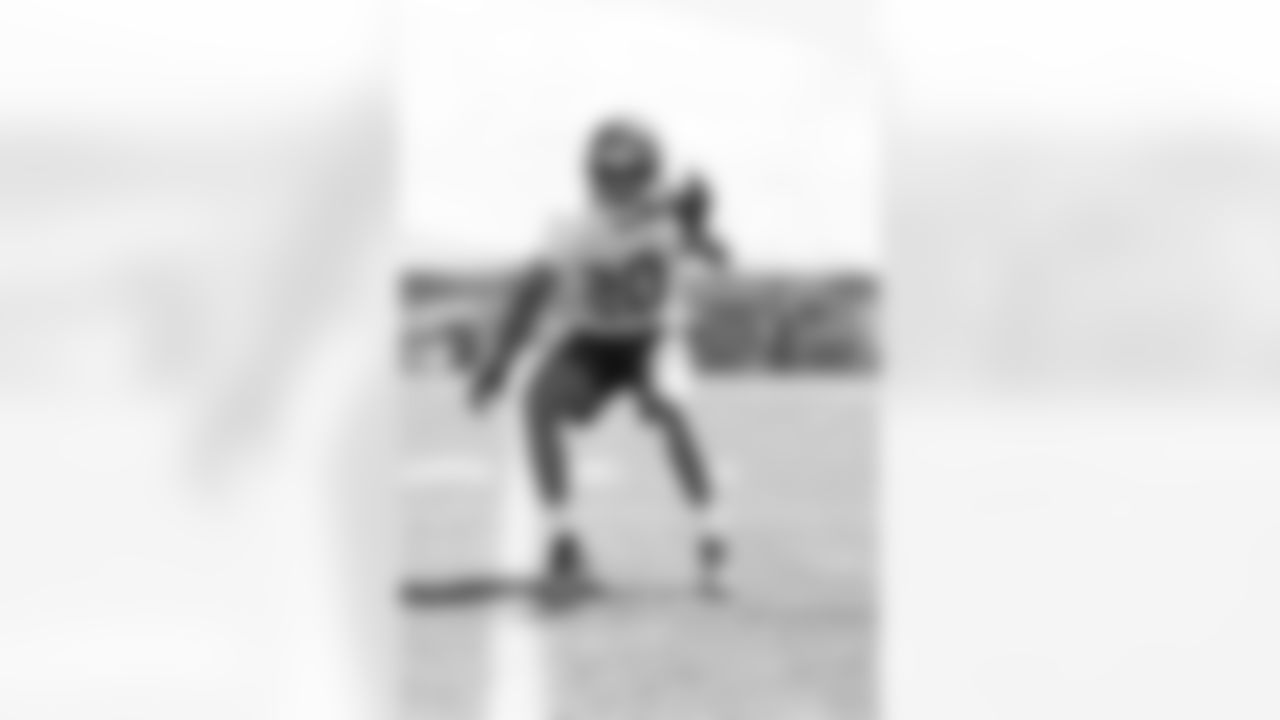
CB Nigel Warrior (20)
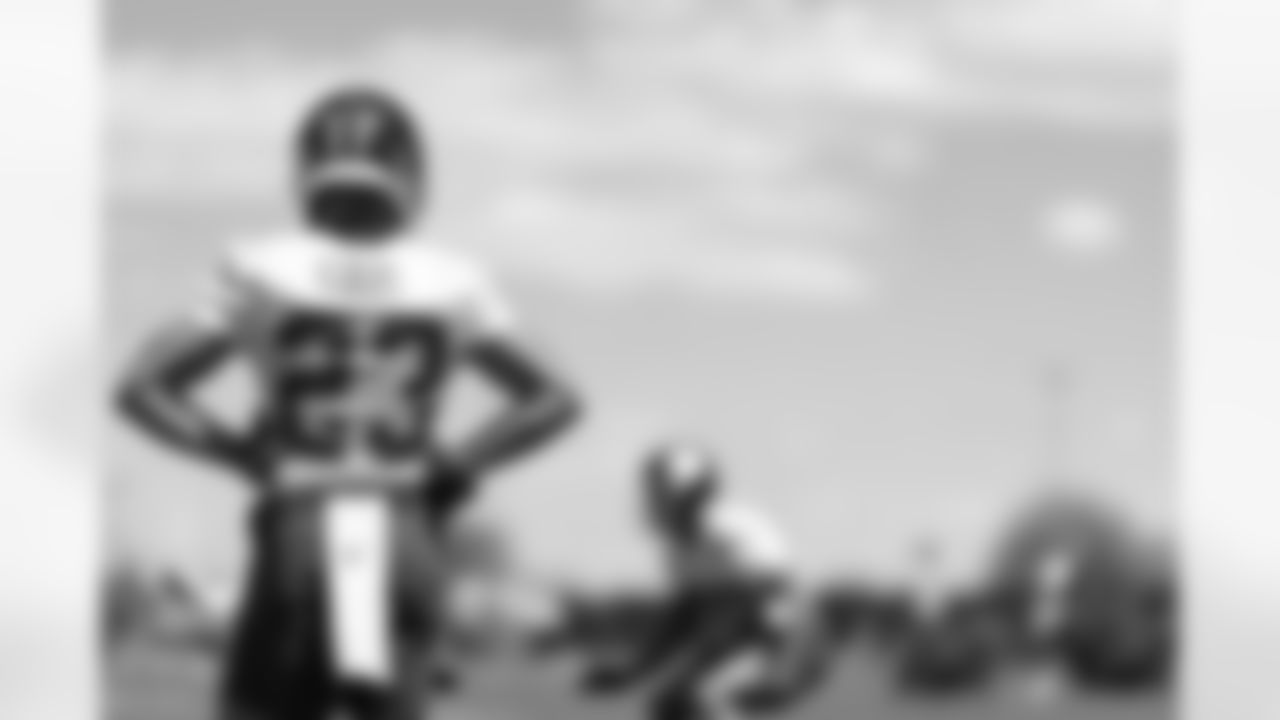
S Alex Cook (23)
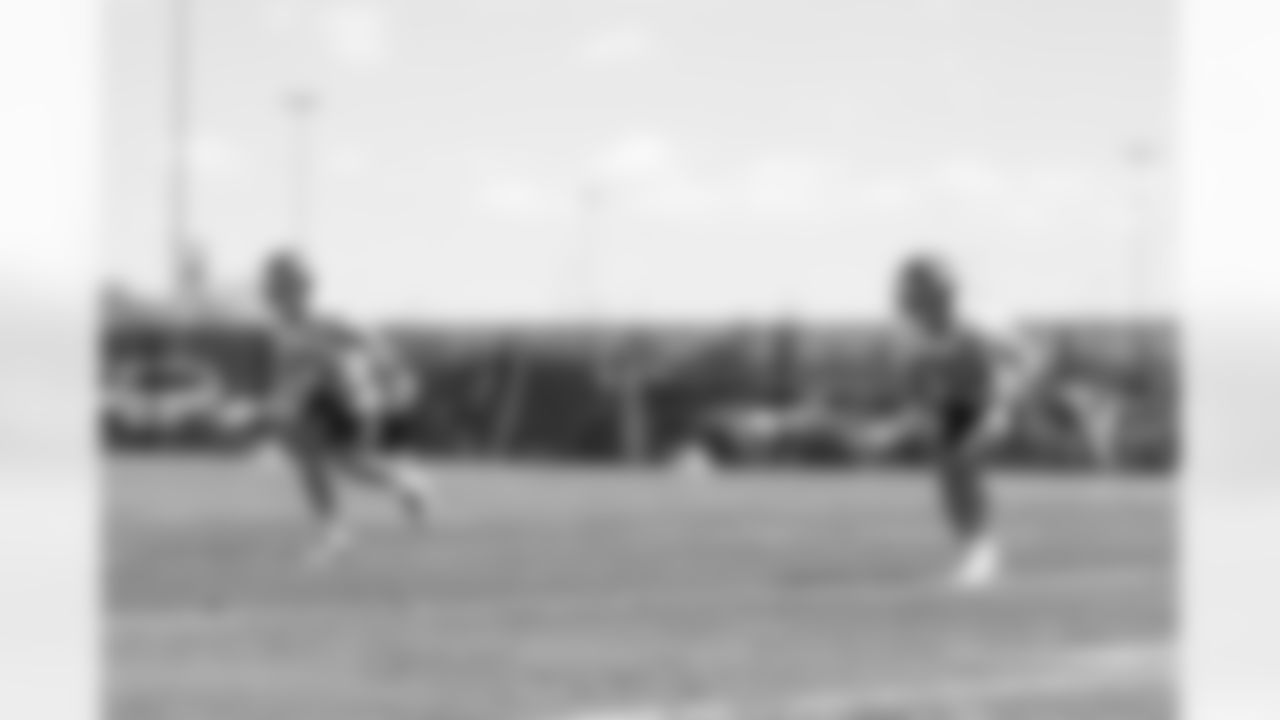
S Eli Weber (21), S Morgan Vest (30)
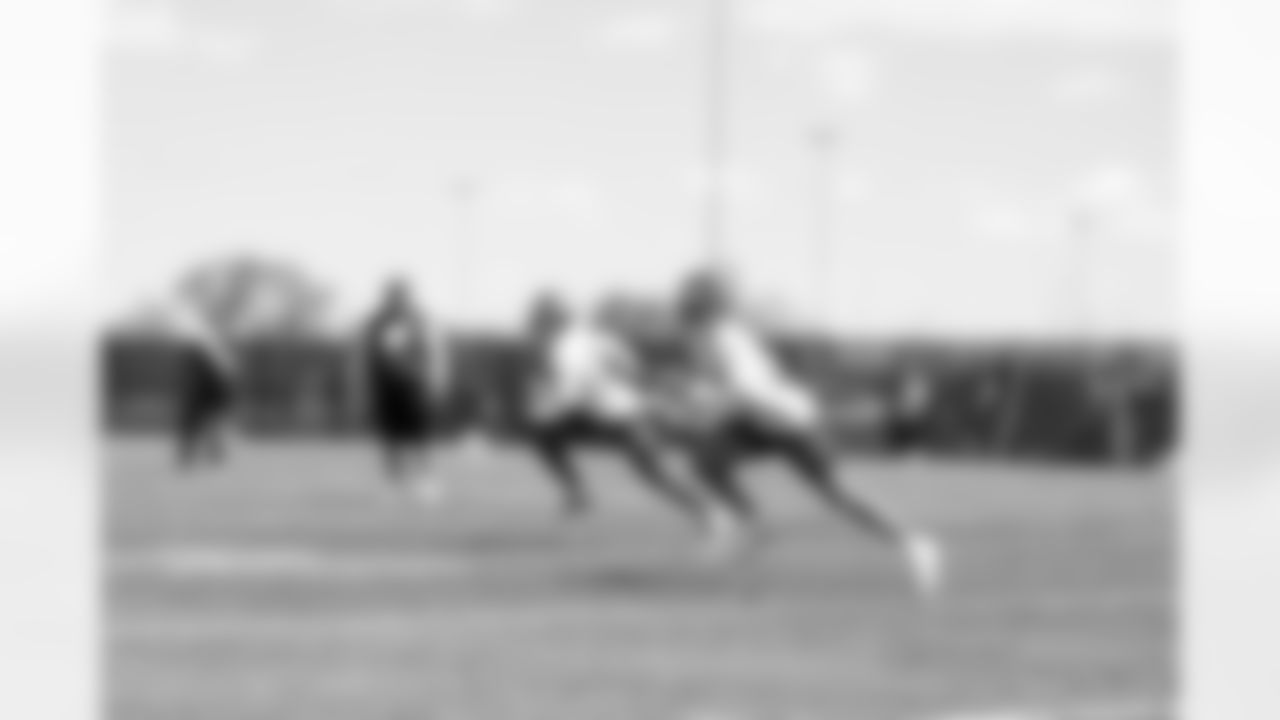
CB Justin Clark (24)
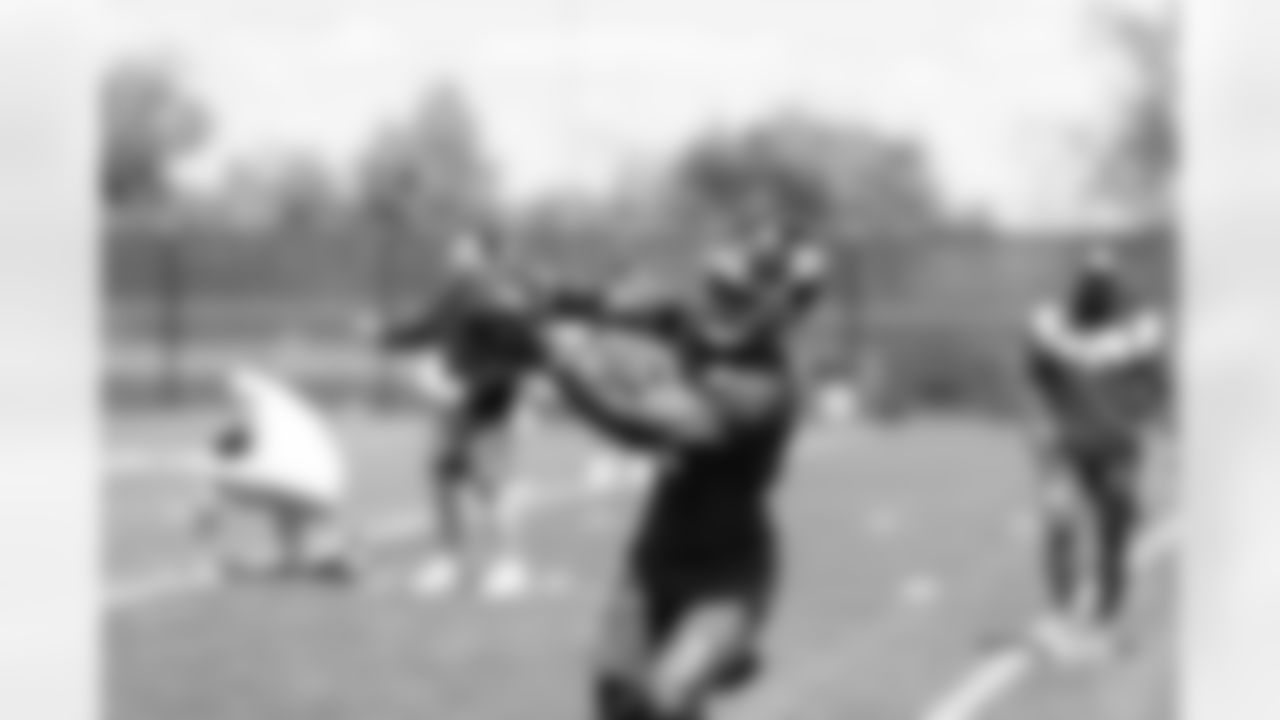
RB Emmanuel Daigbe (31)
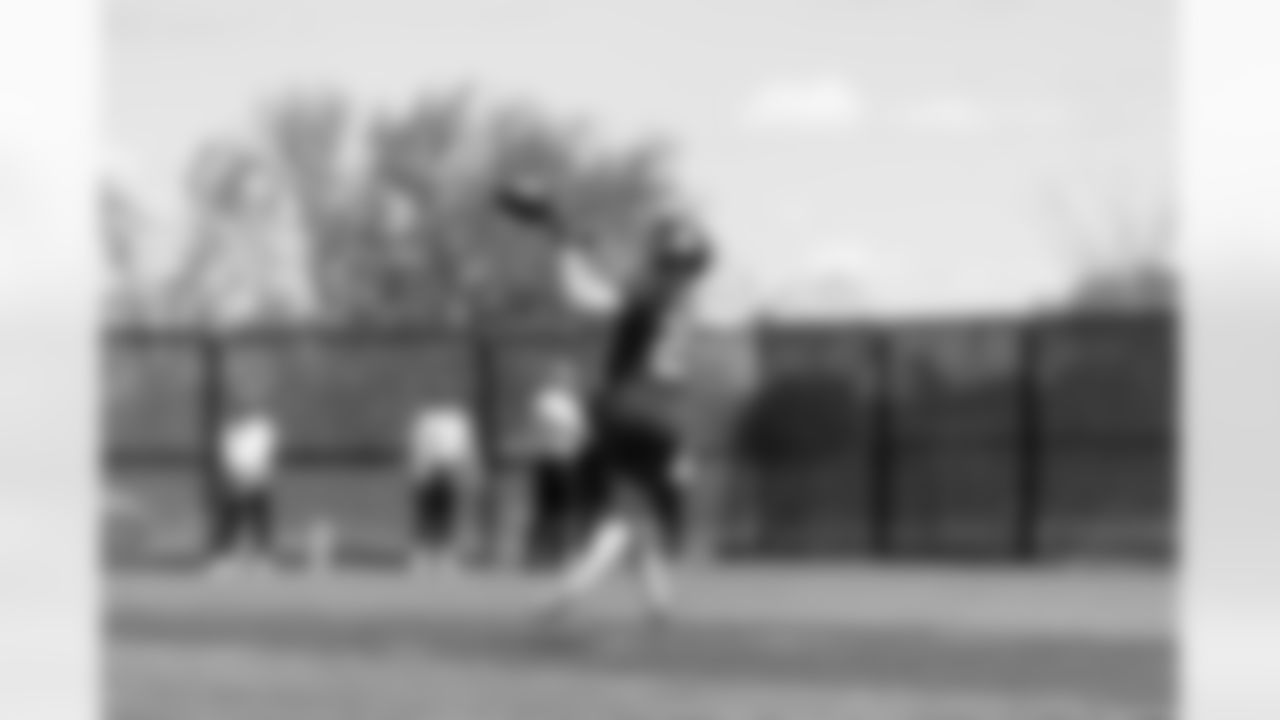
RB Peter Oliver (27)
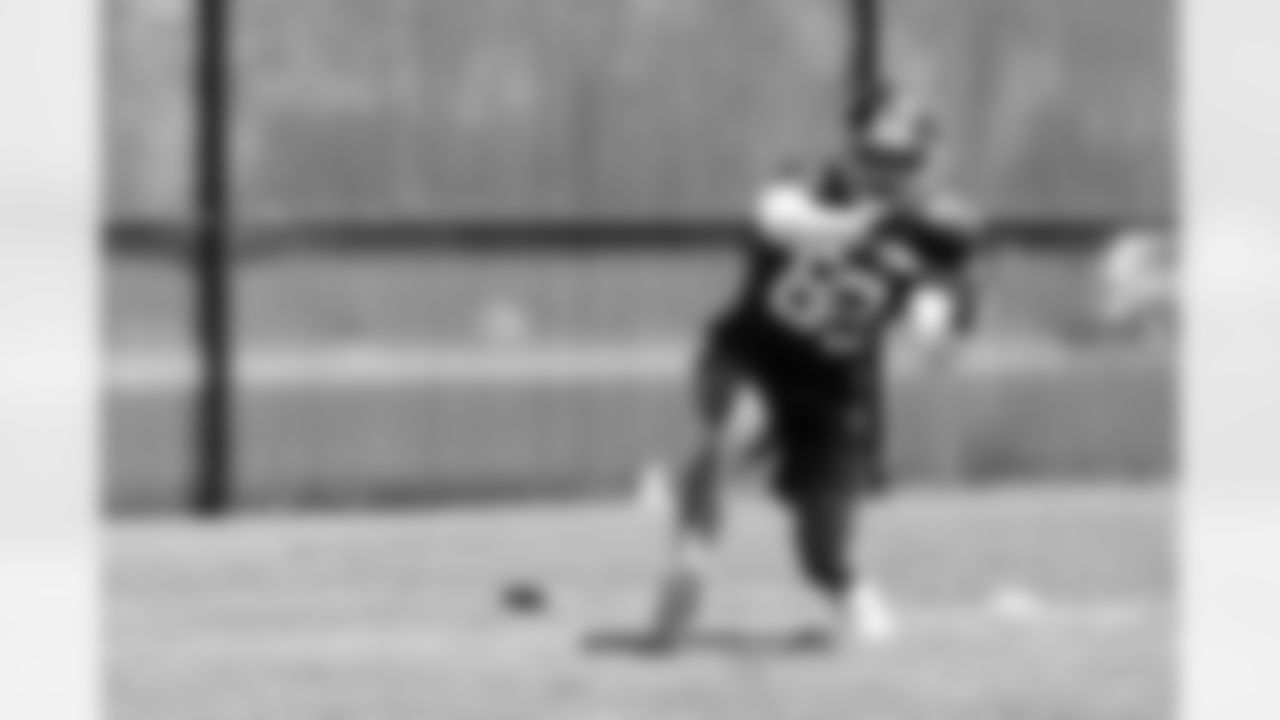
WR Stacy Chukwumezie (82)
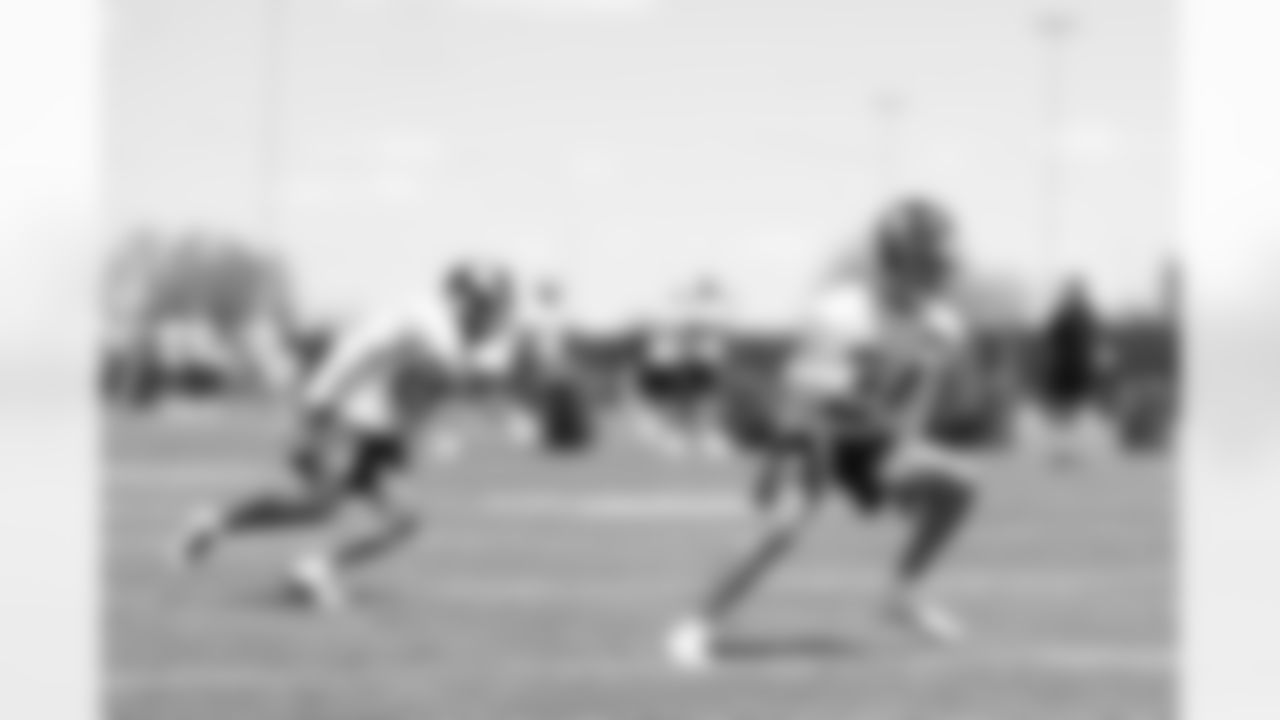
CB Justin Clark (24)
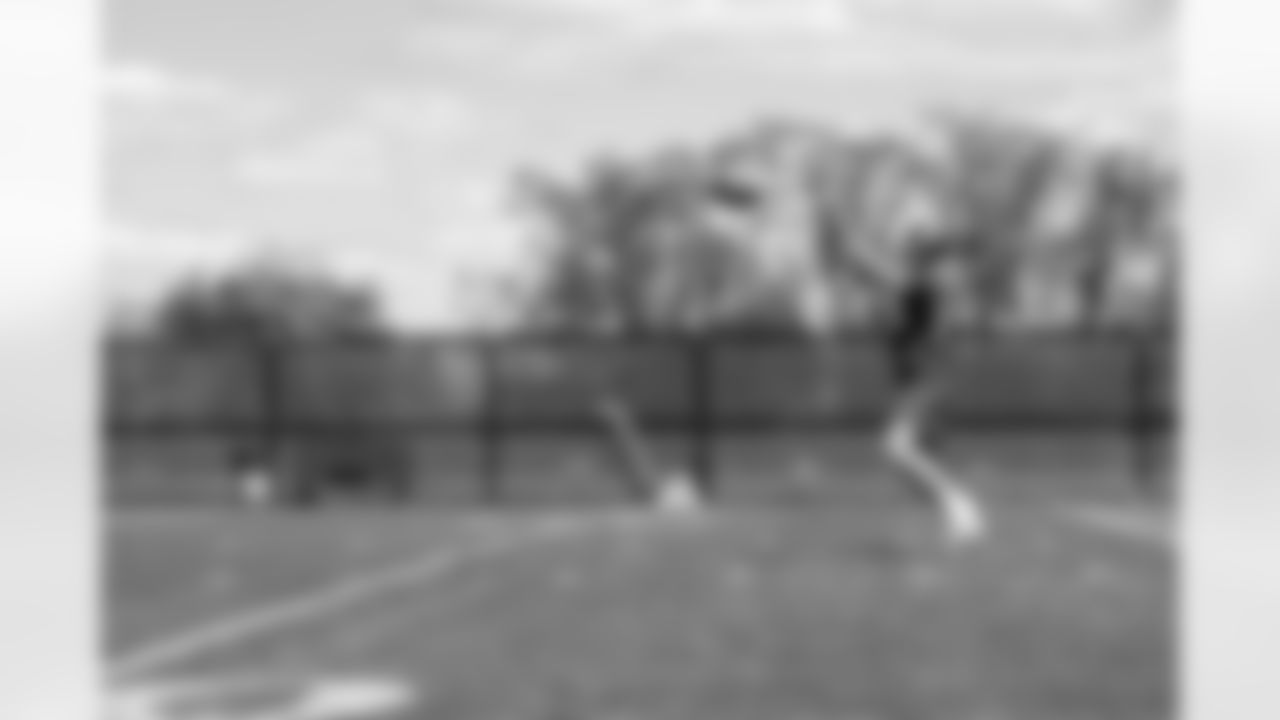
TE Caleb Phillips (85)
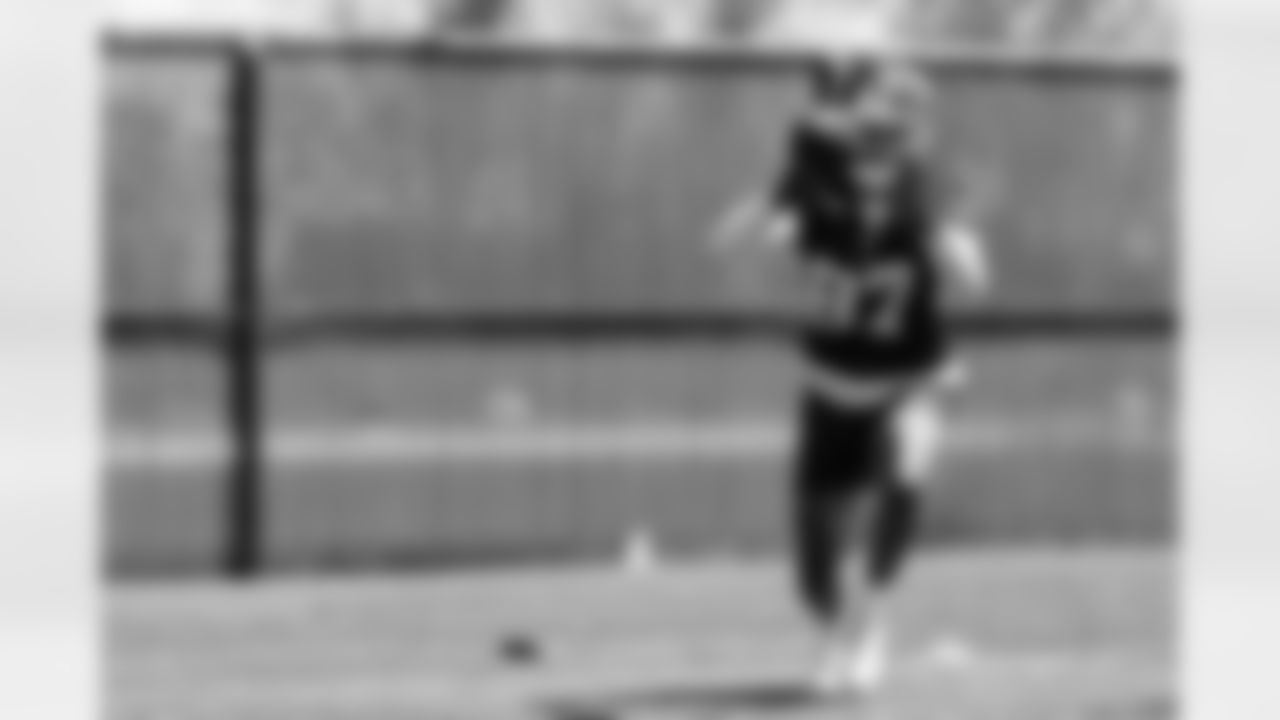
WR Makai Polk (87)
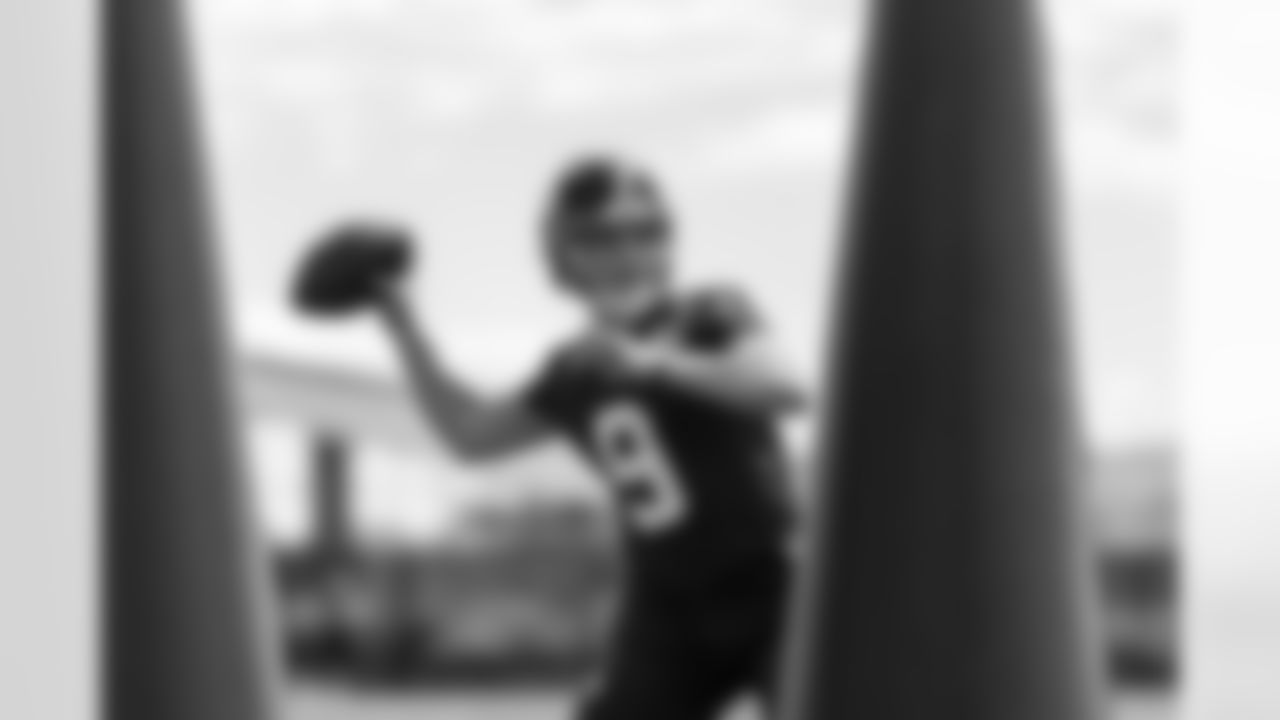
QB Hunter Johnson (9)
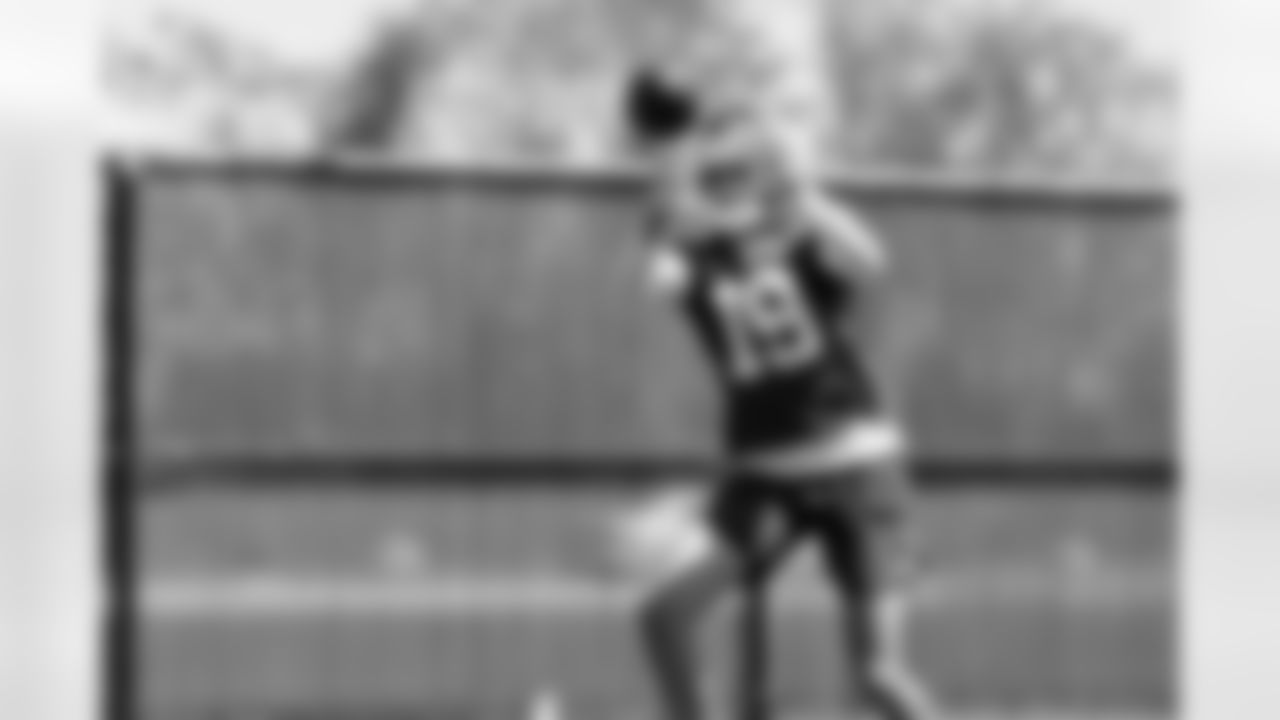
CB Gemon Green (19)
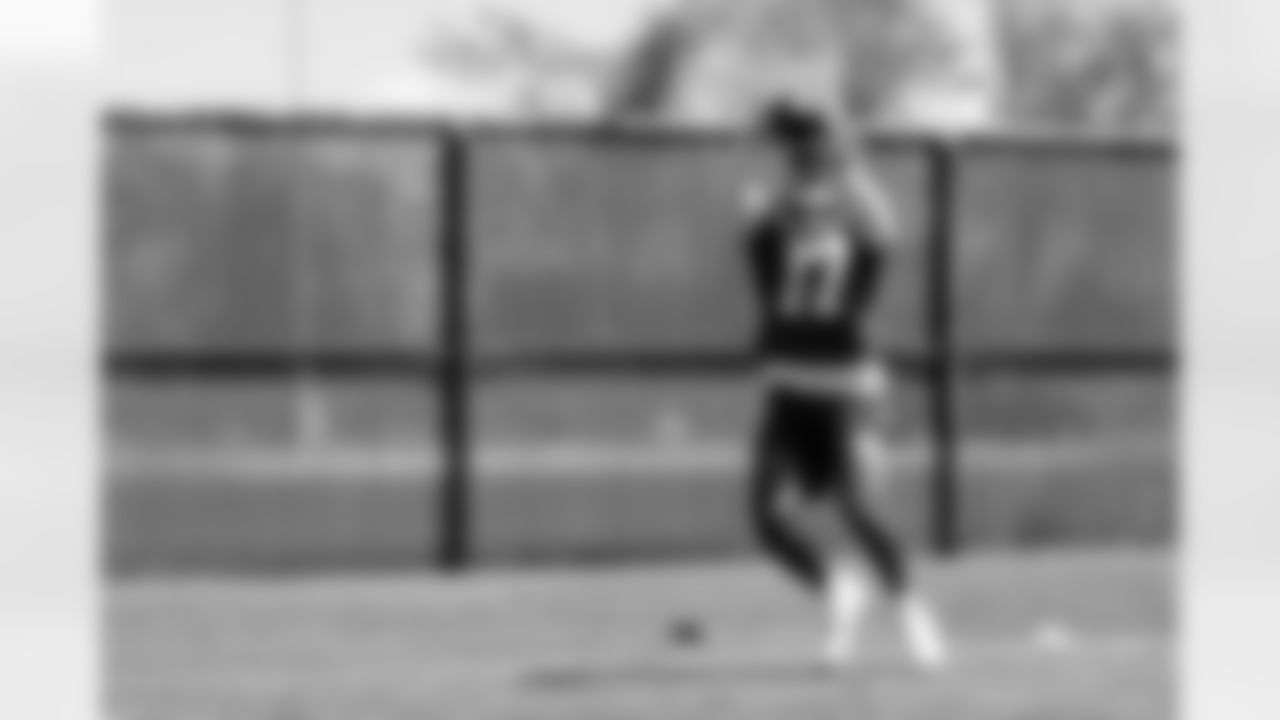
WR Ed Lee (17)
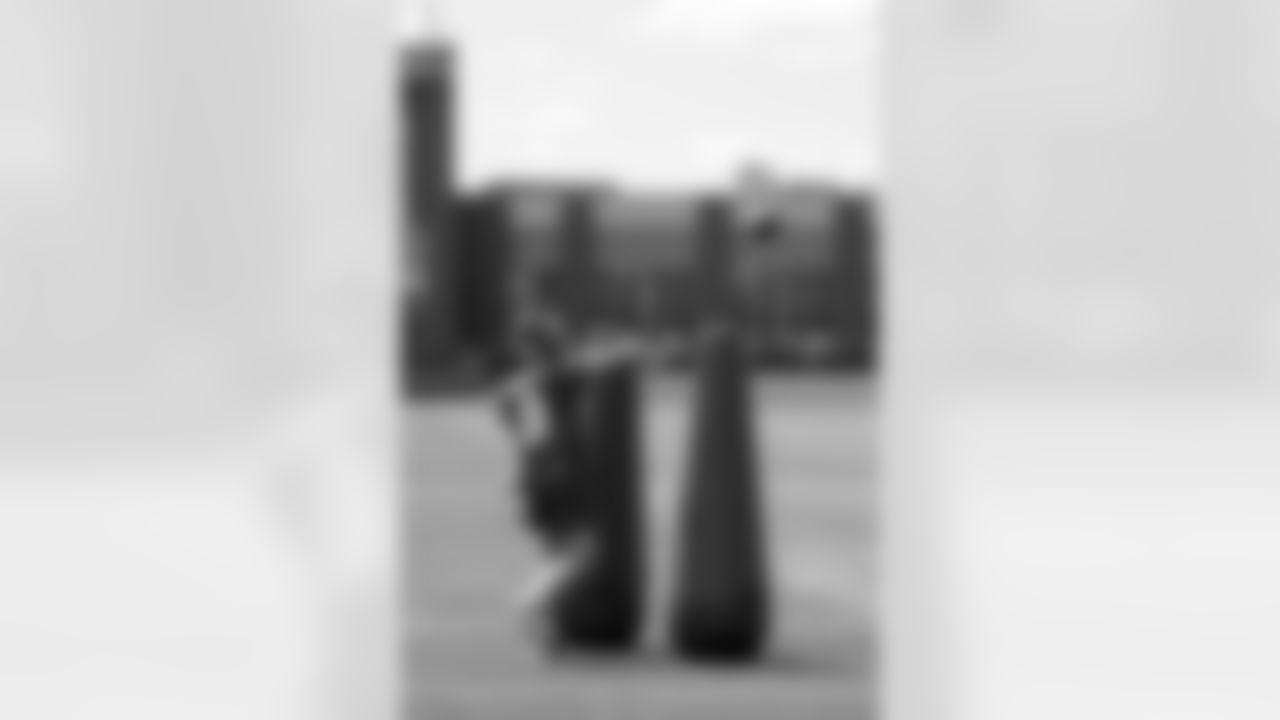
QB Hunter Johnson (9)
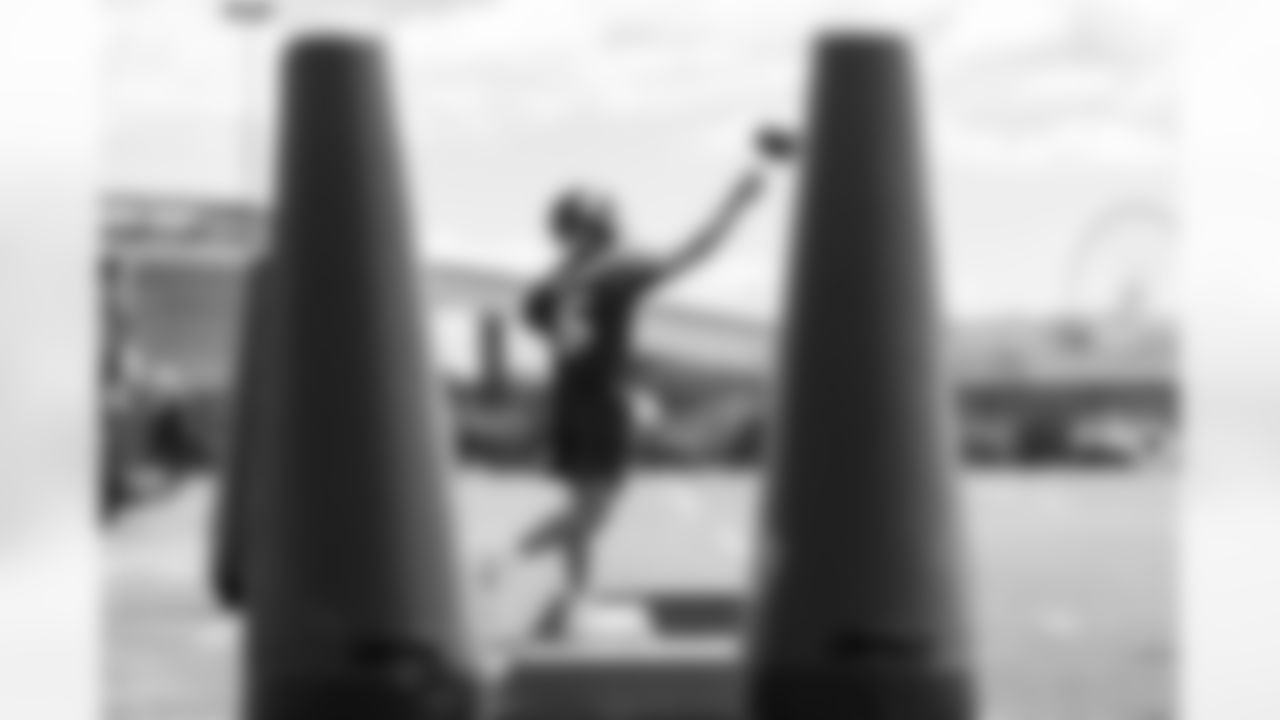
QB Tommy DeVito (5)
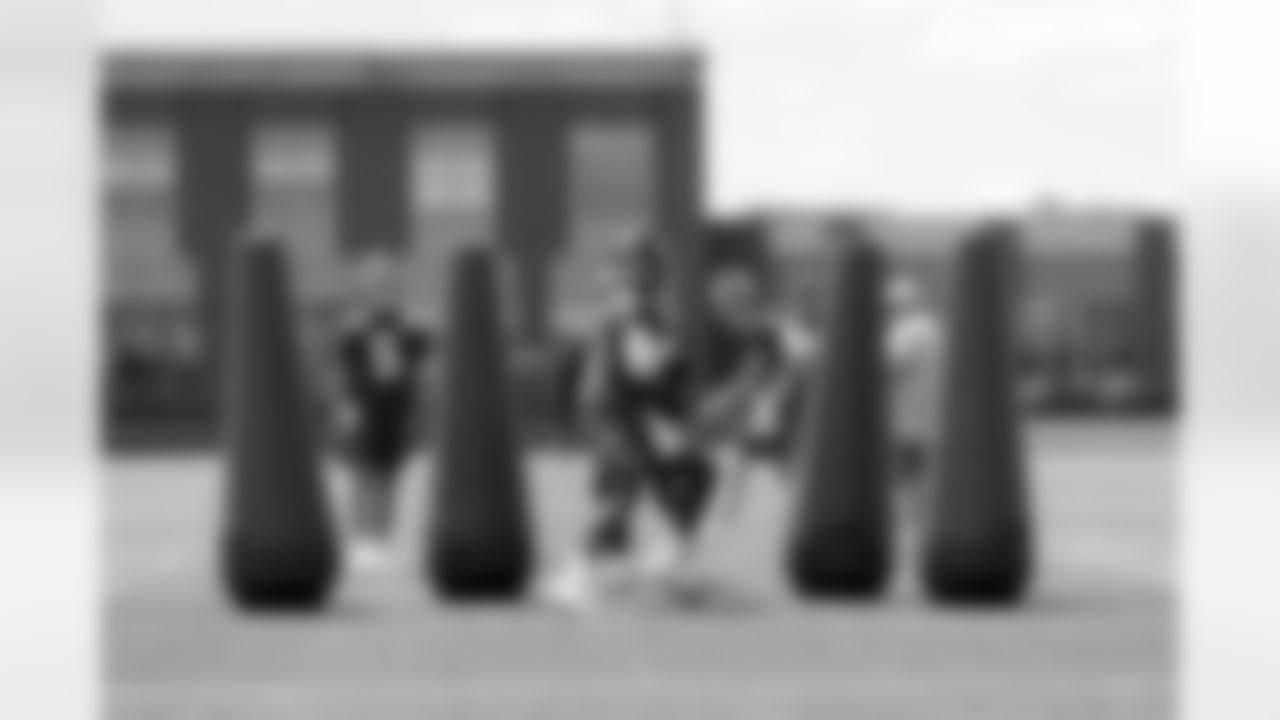
QB Bryce Perkins (12)
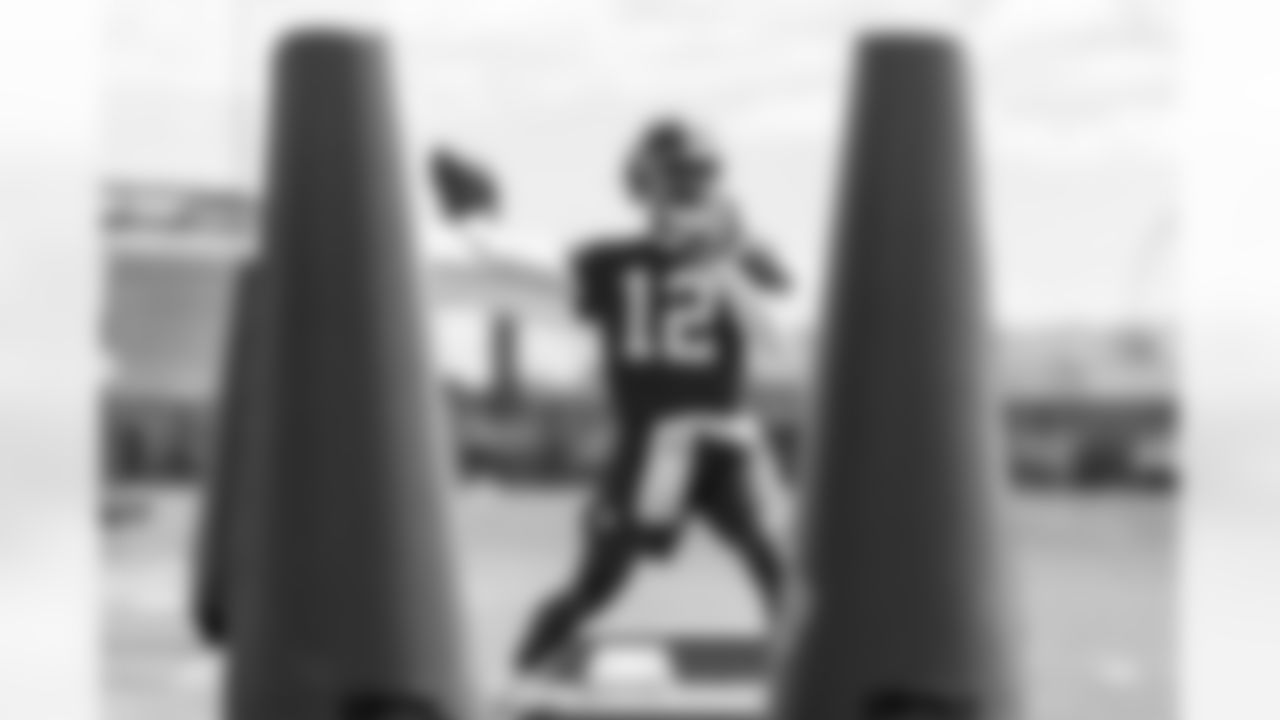
QB Bryce Perkins (12)
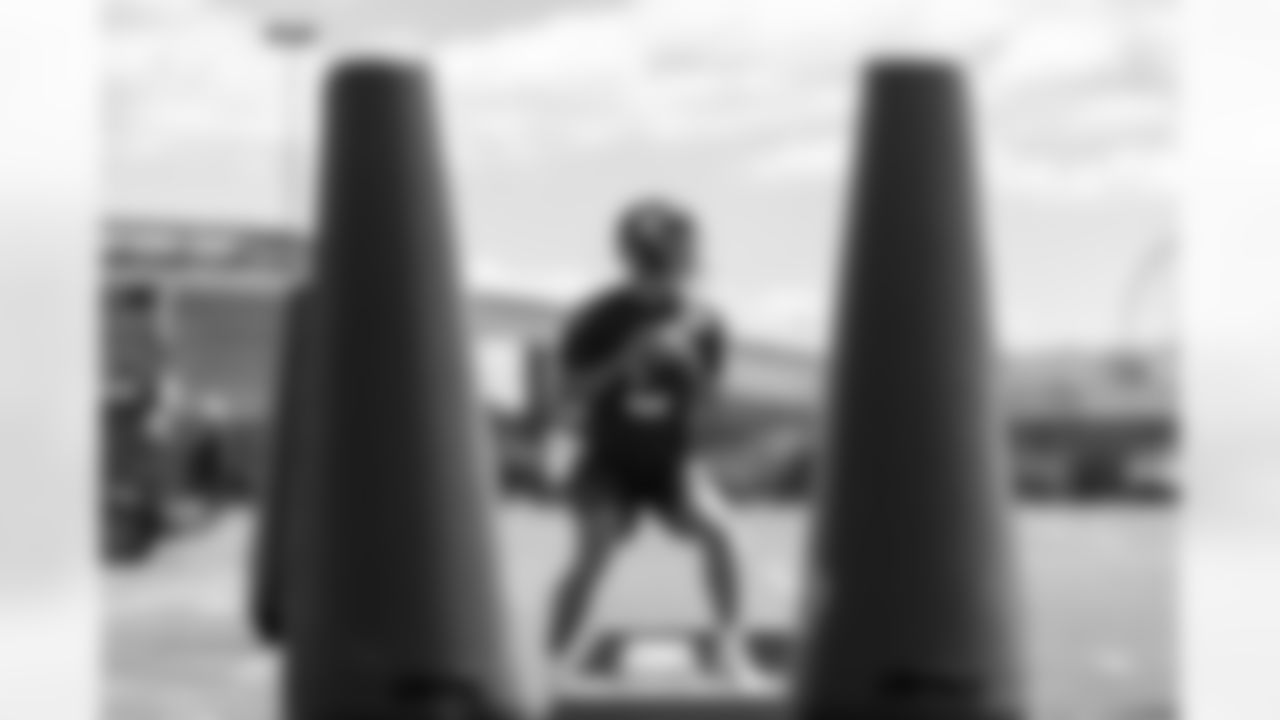
QB Tommy DeVito (5)
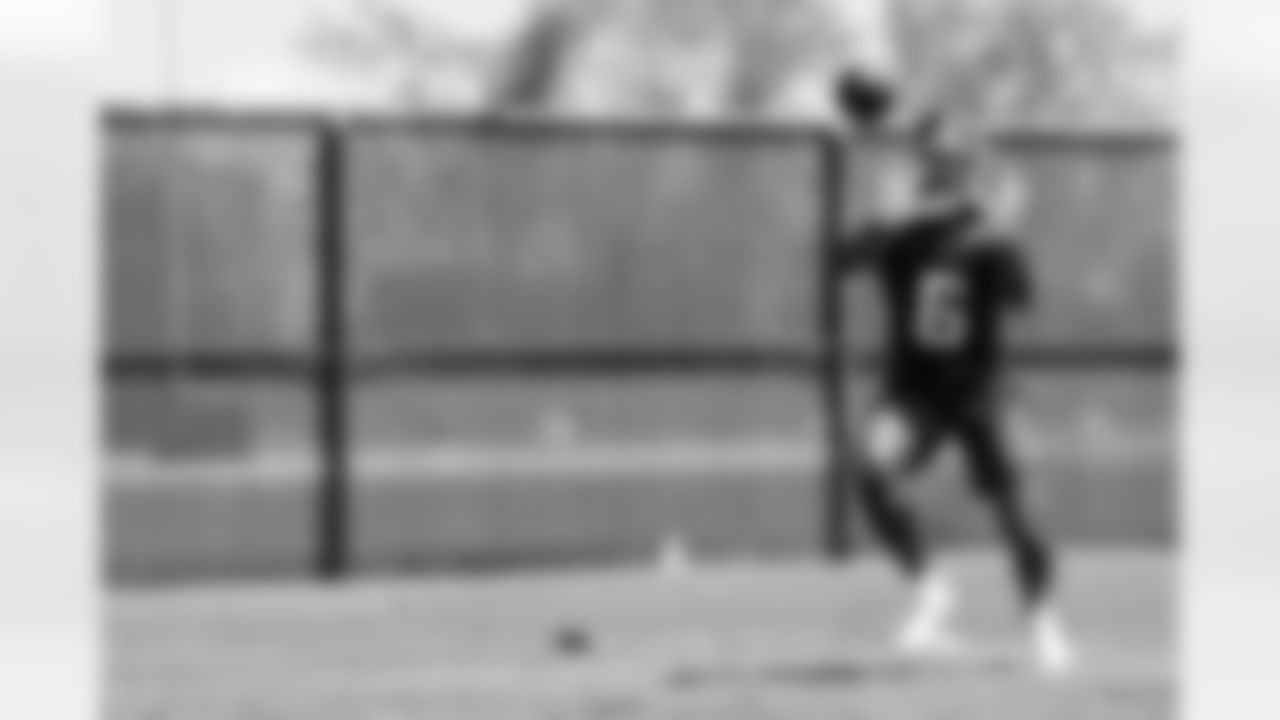
WR Bryce Ford-Wheaton (6)
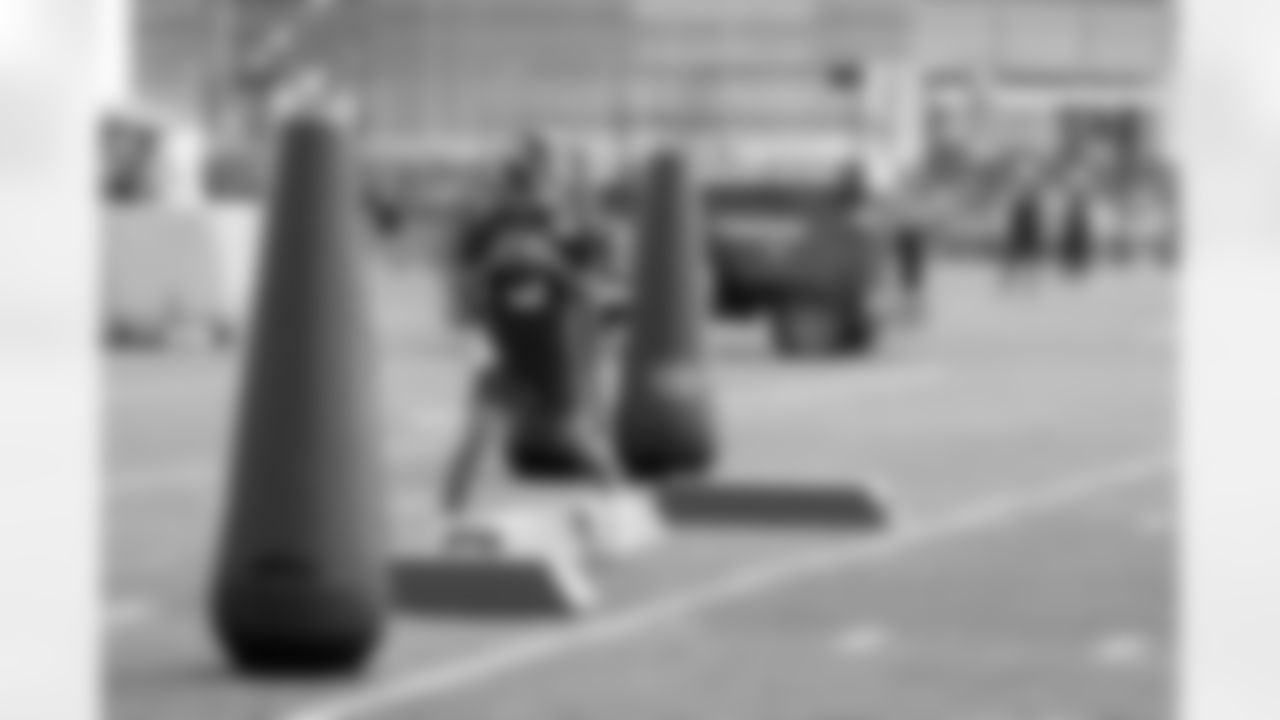
QB Tommy DeVito (5)
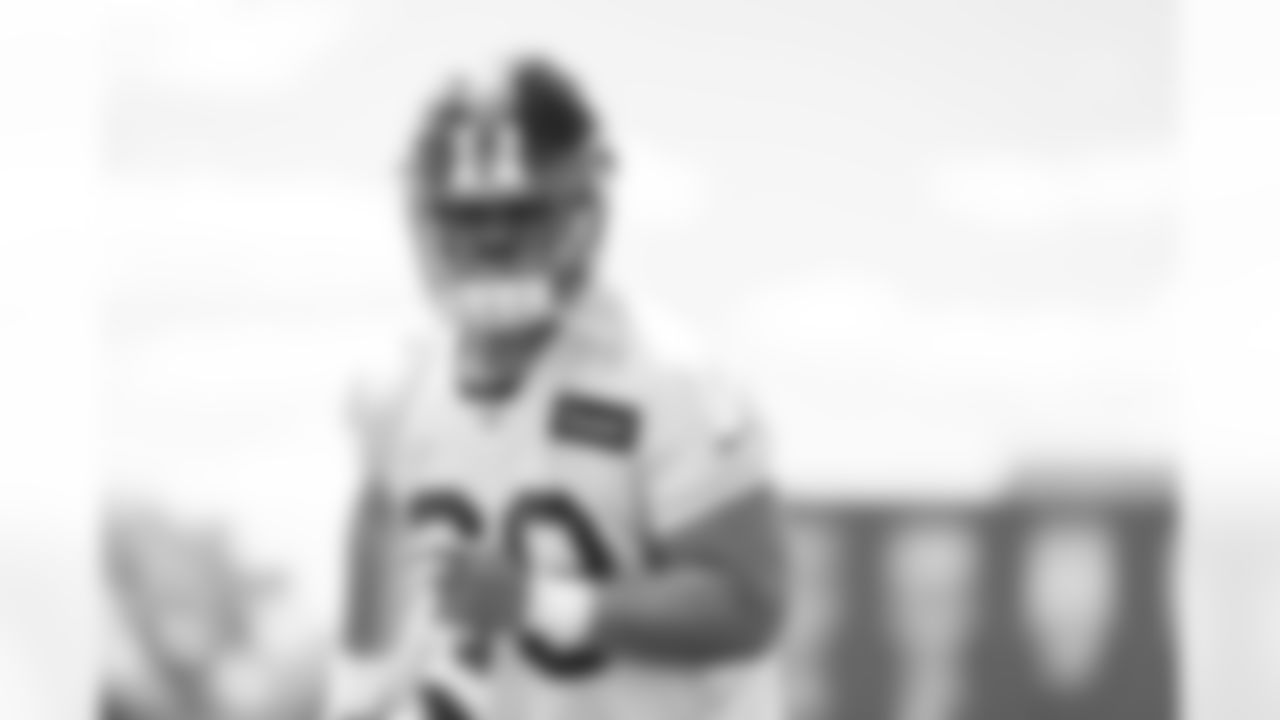
DT Ami Finau (98)
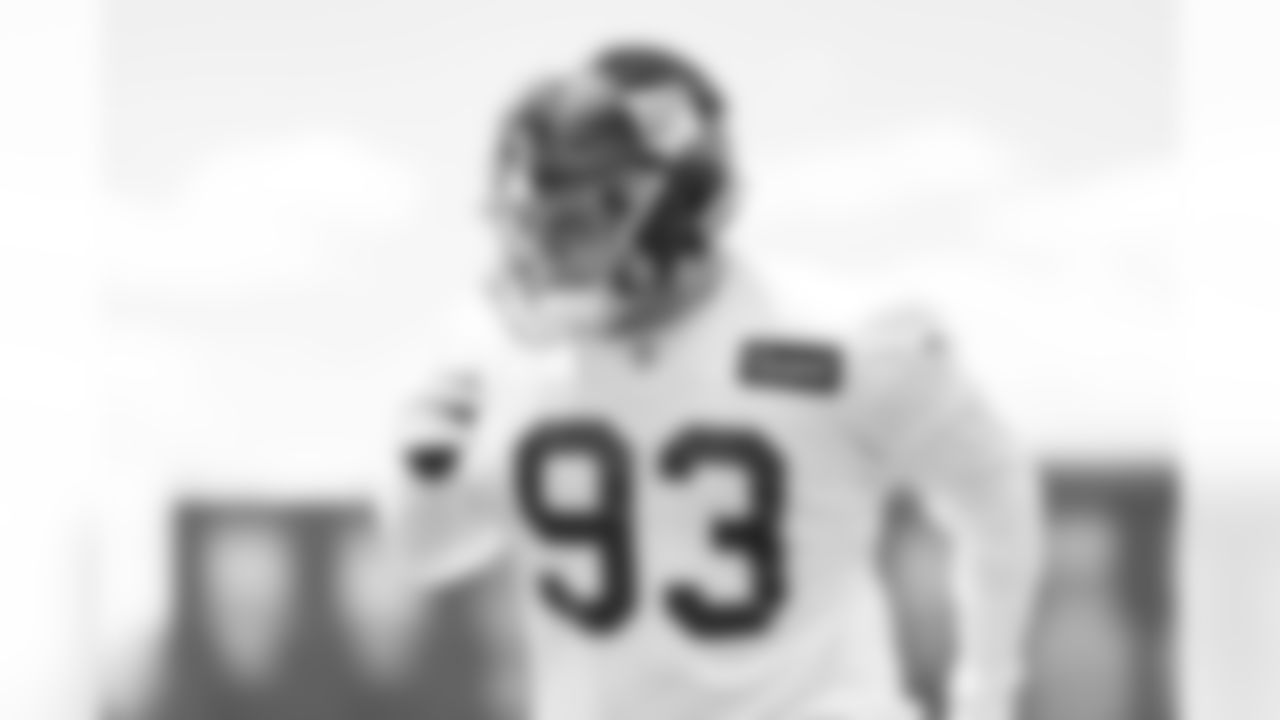
DT Caleb Sanders (93)
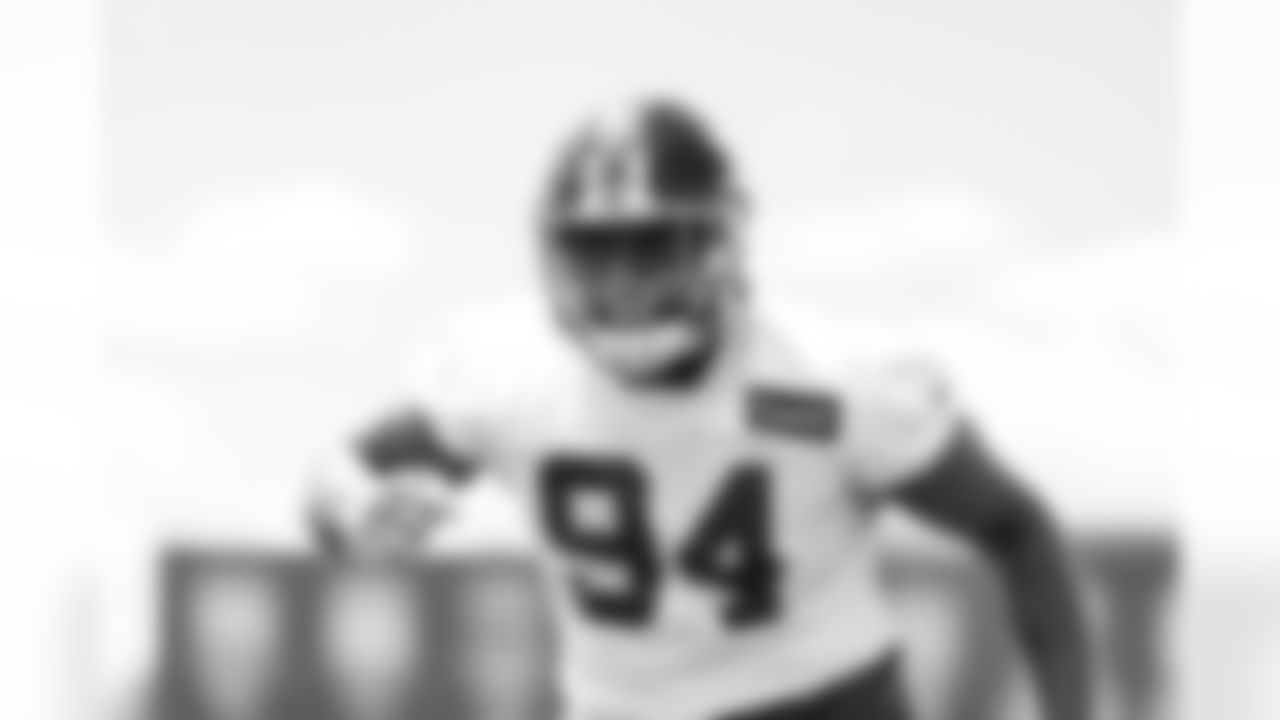
DT Xach Gill (94)
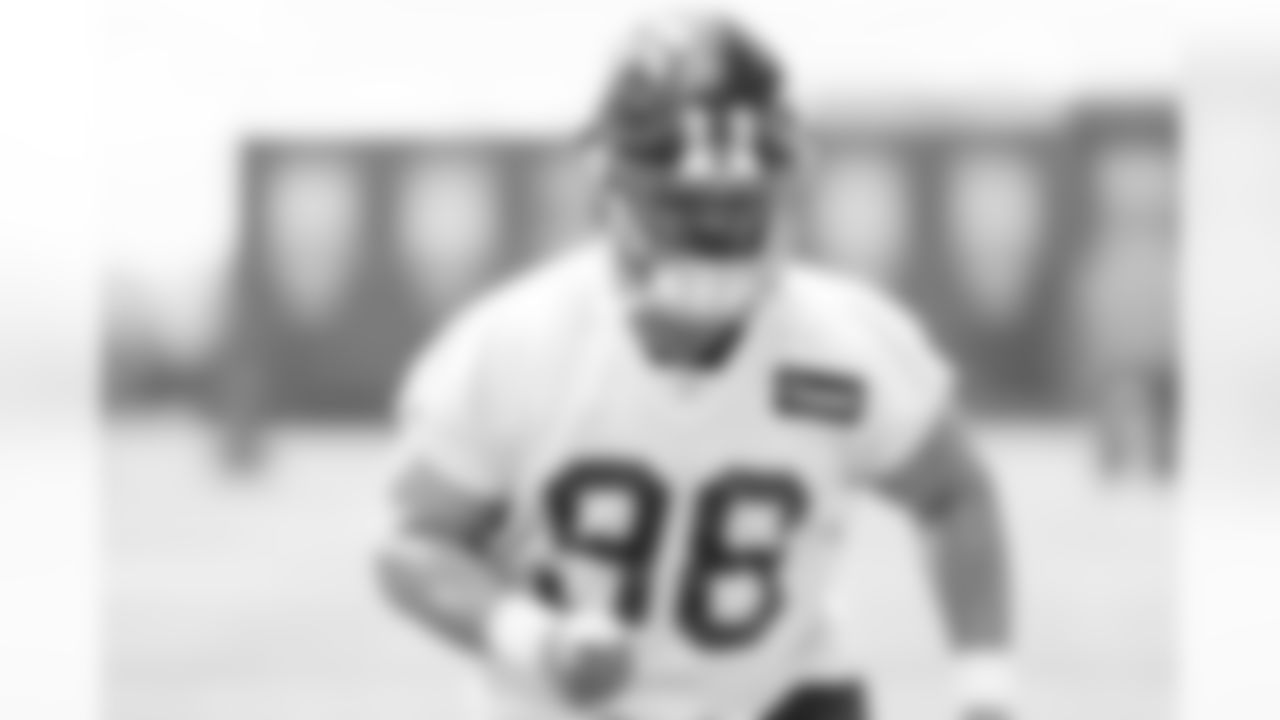
DT Ami Finau (98)
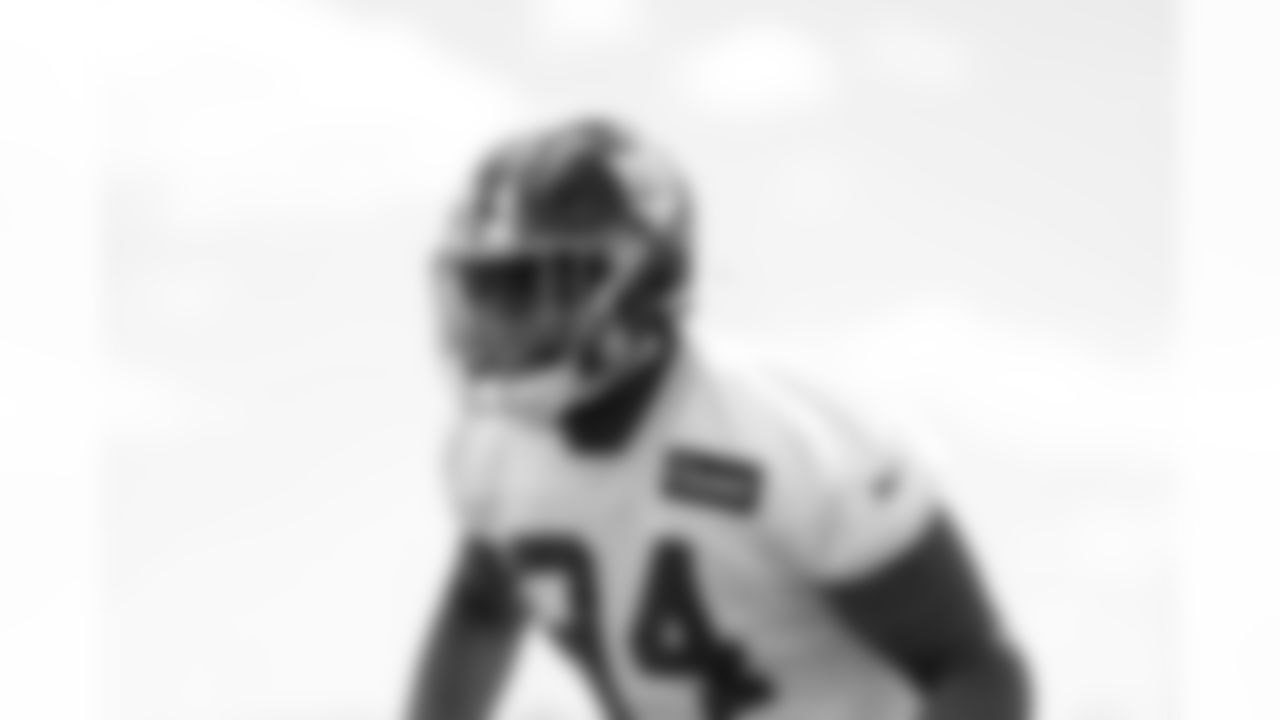
DT Xach Gill (94)
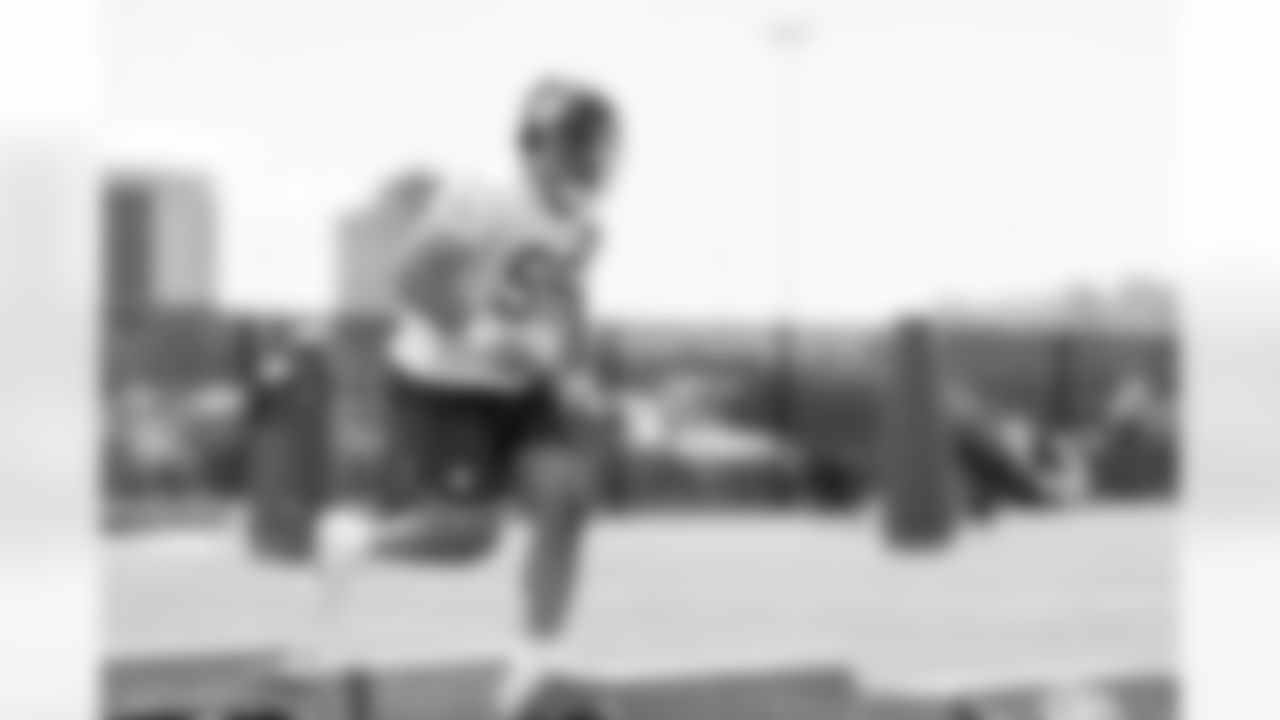
DT Ami Finau (98)
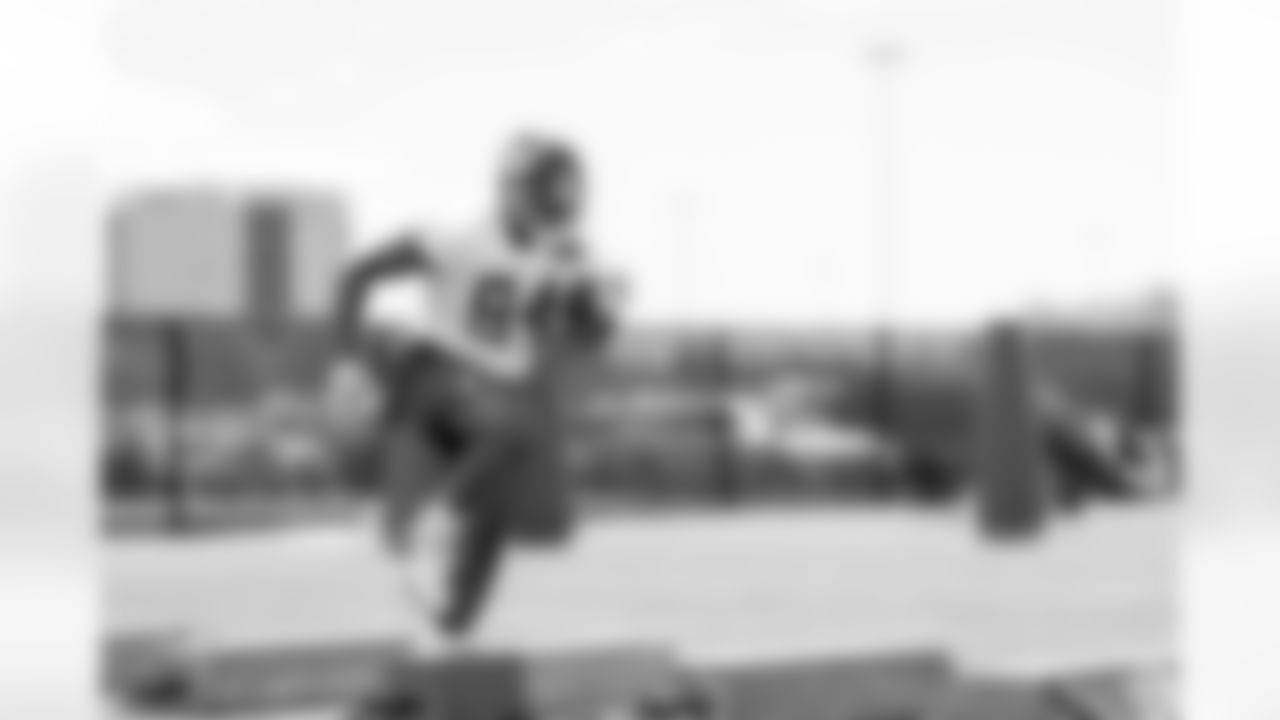
DT Xach Gill (94)
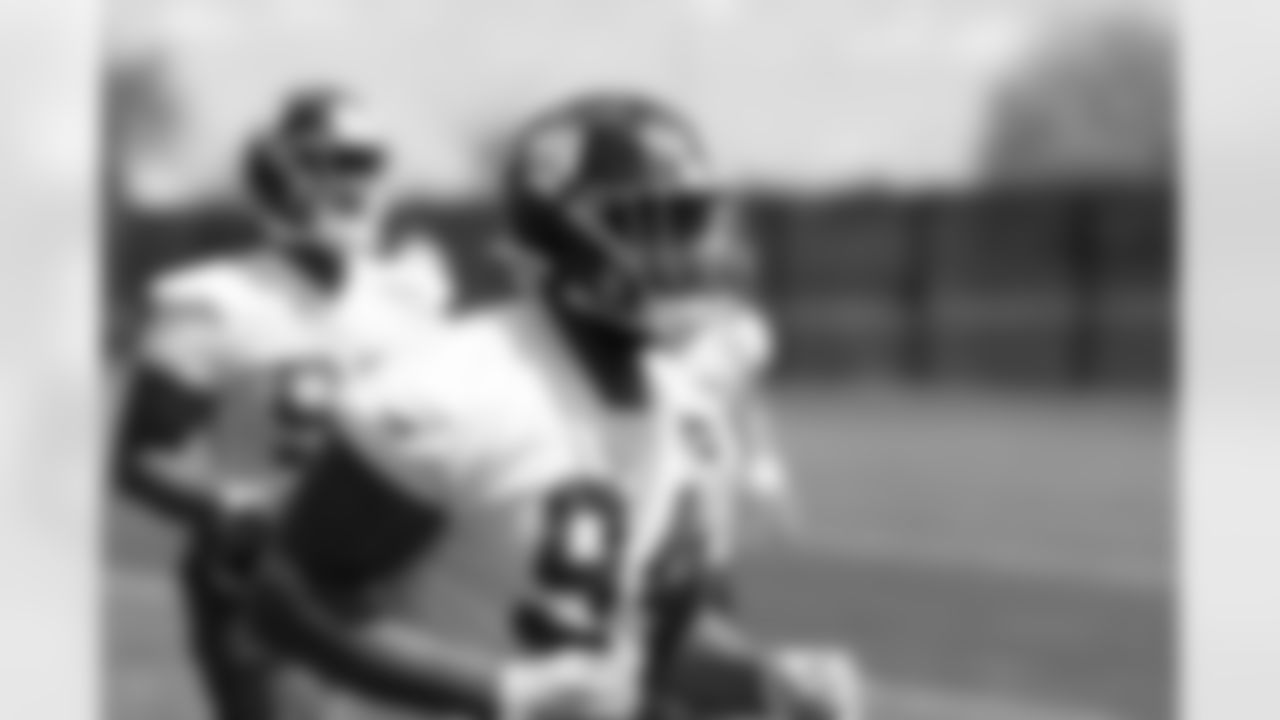
DT Xach Gill (94)
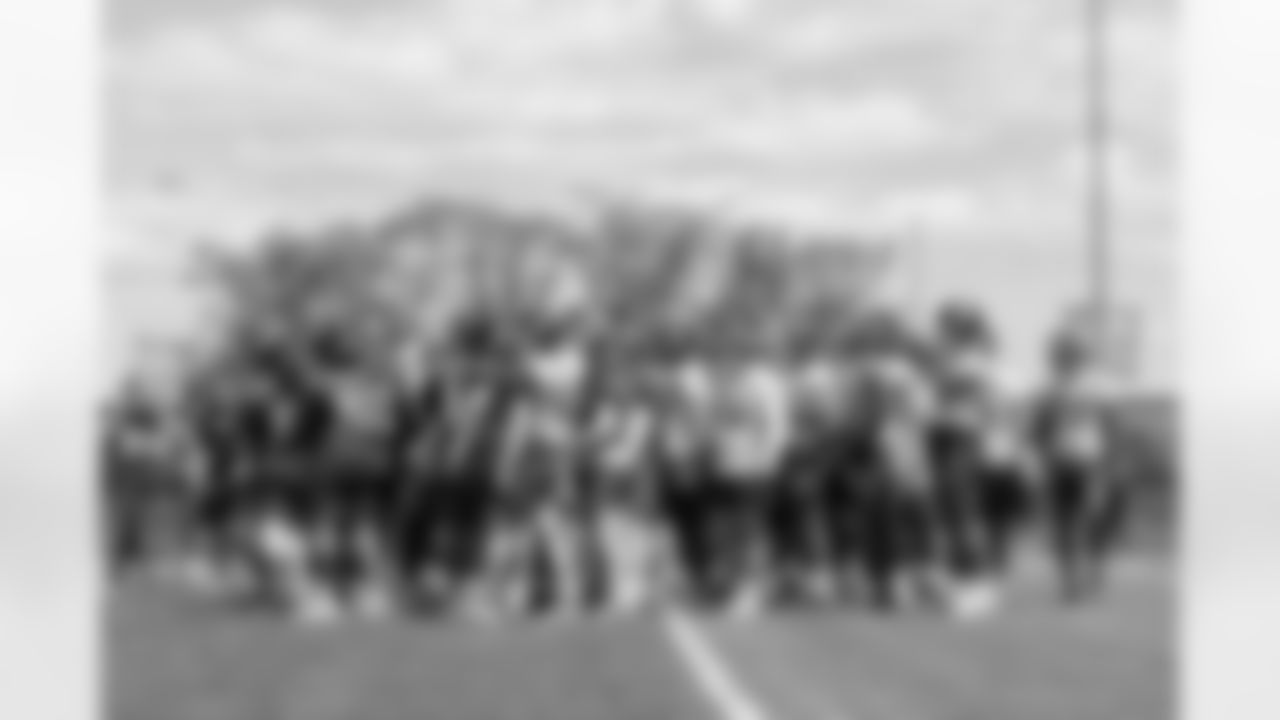
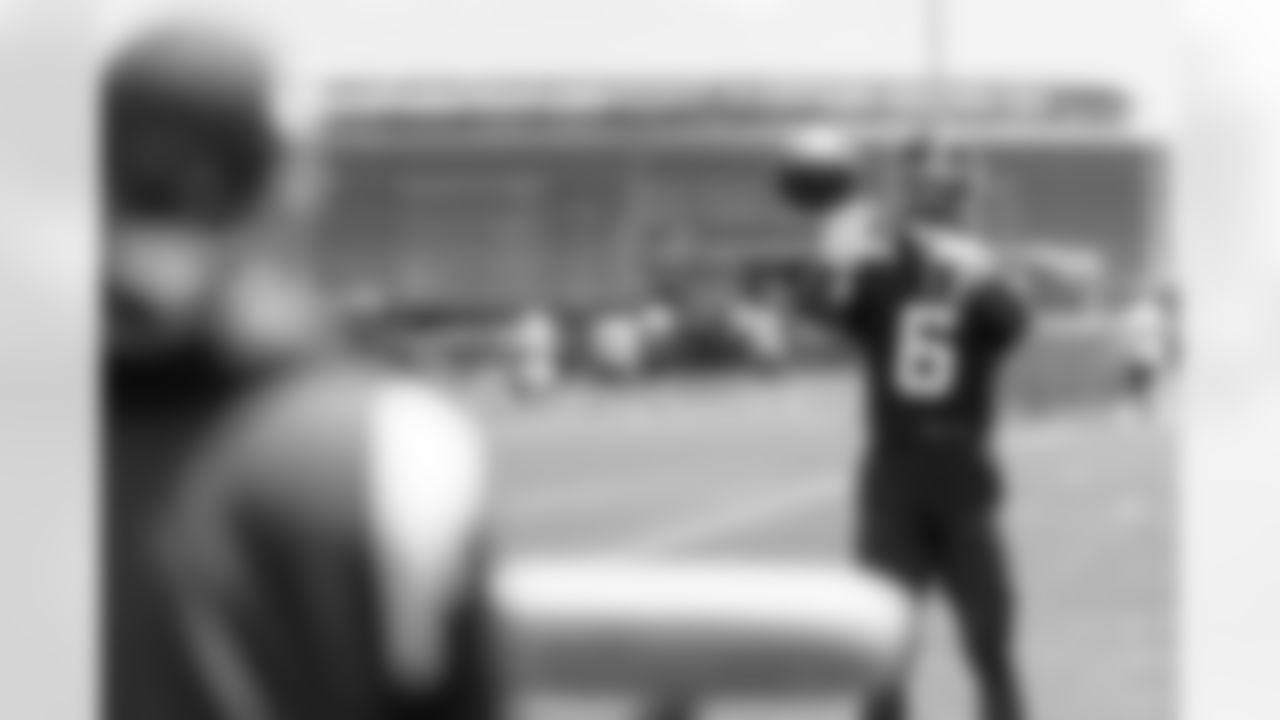
WR Bryce Ford-Wheaton (6)

DT Jordon Riley (95)
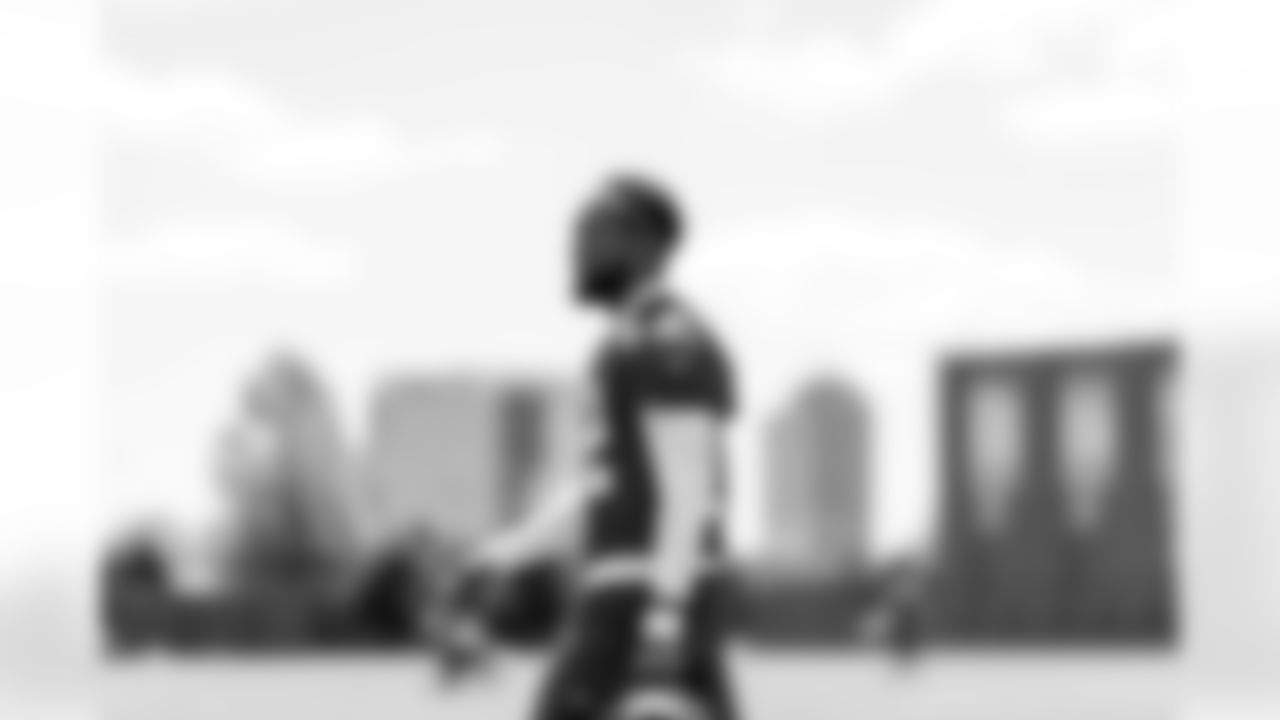
QB Bryce Perkins (12)

WR Malachi Carter (18)
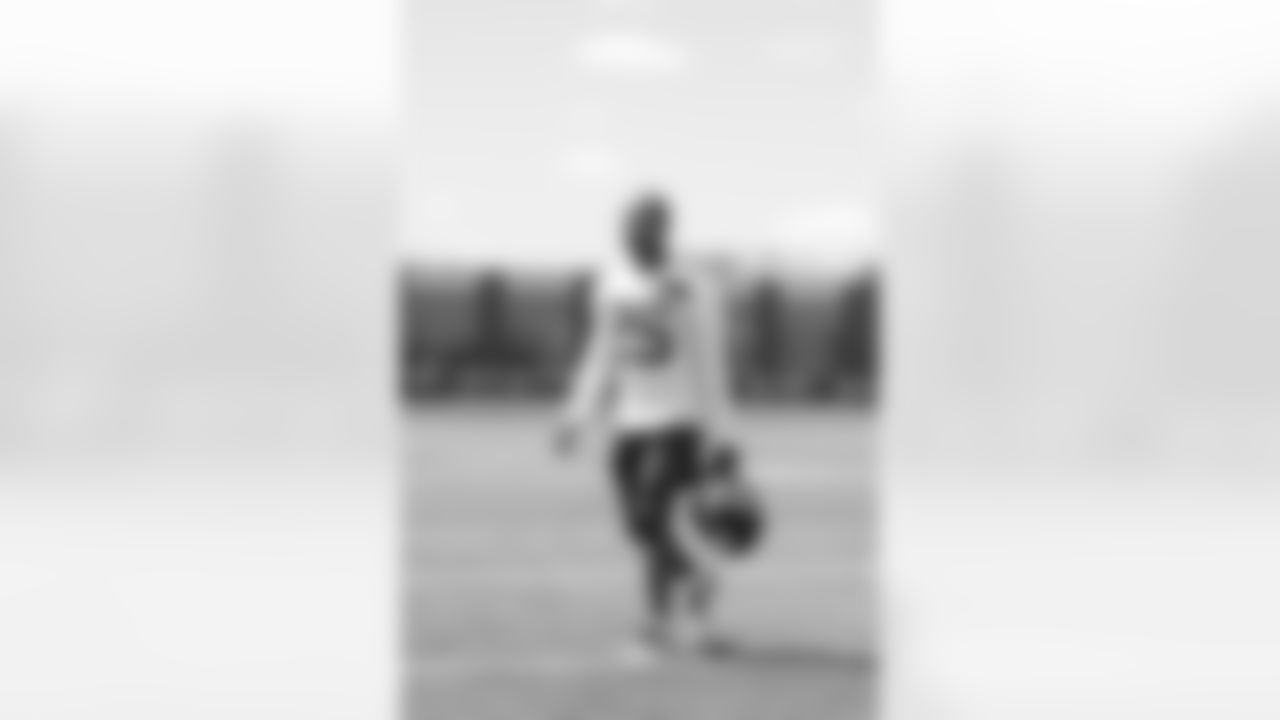
CB Donovan Banks (25)
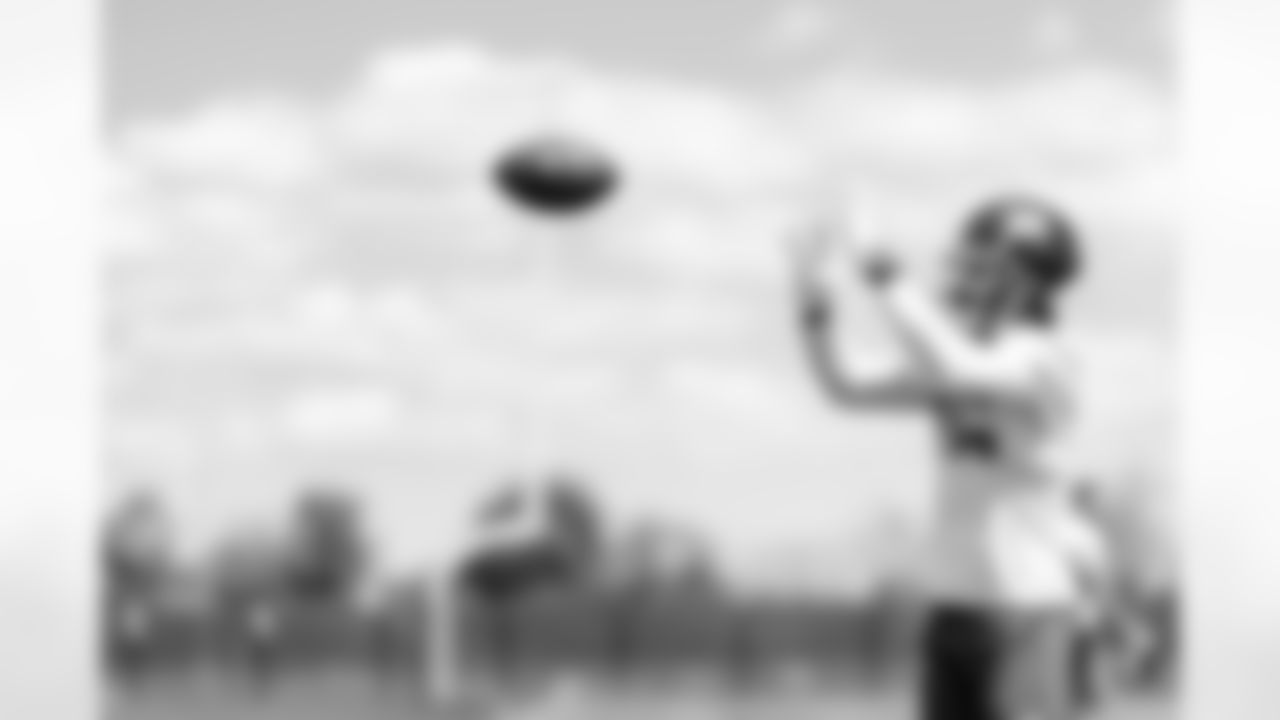
CB Deonte Banks (36)
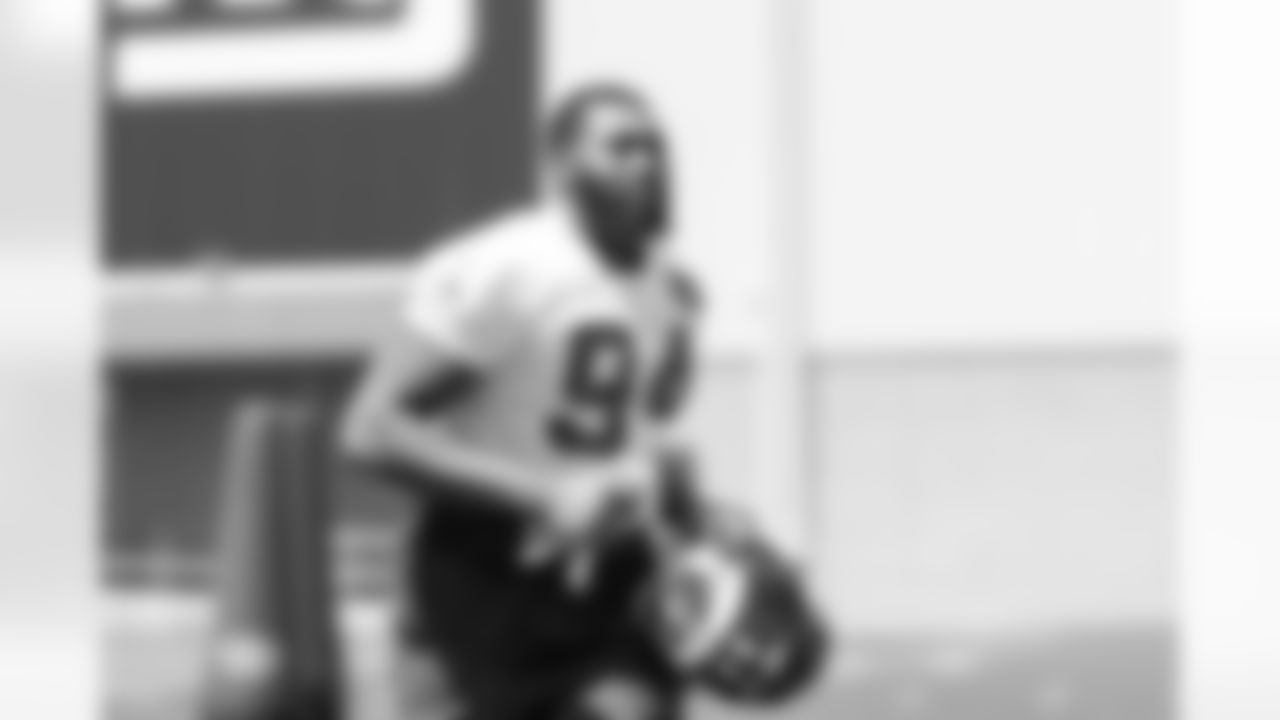
DT Xach Gill (94)
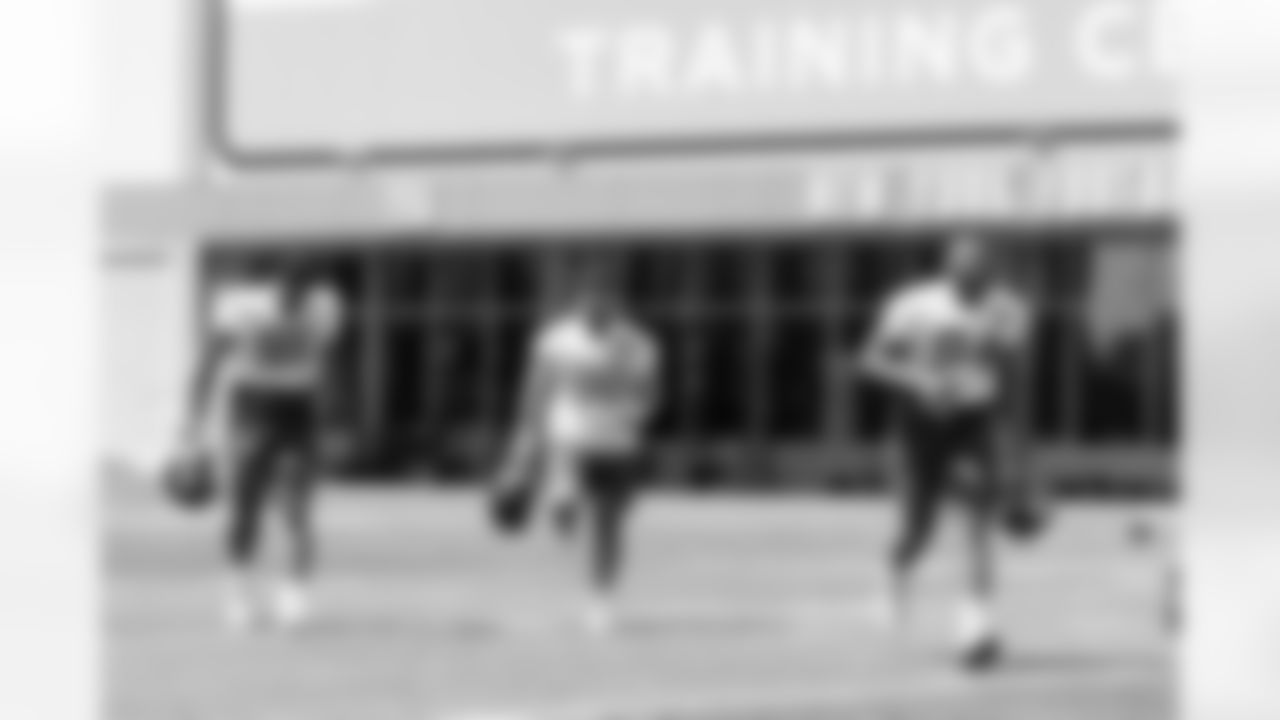
DT Jordon Riley (95), DT Ami Finau (98), DT Xach Gill (94)
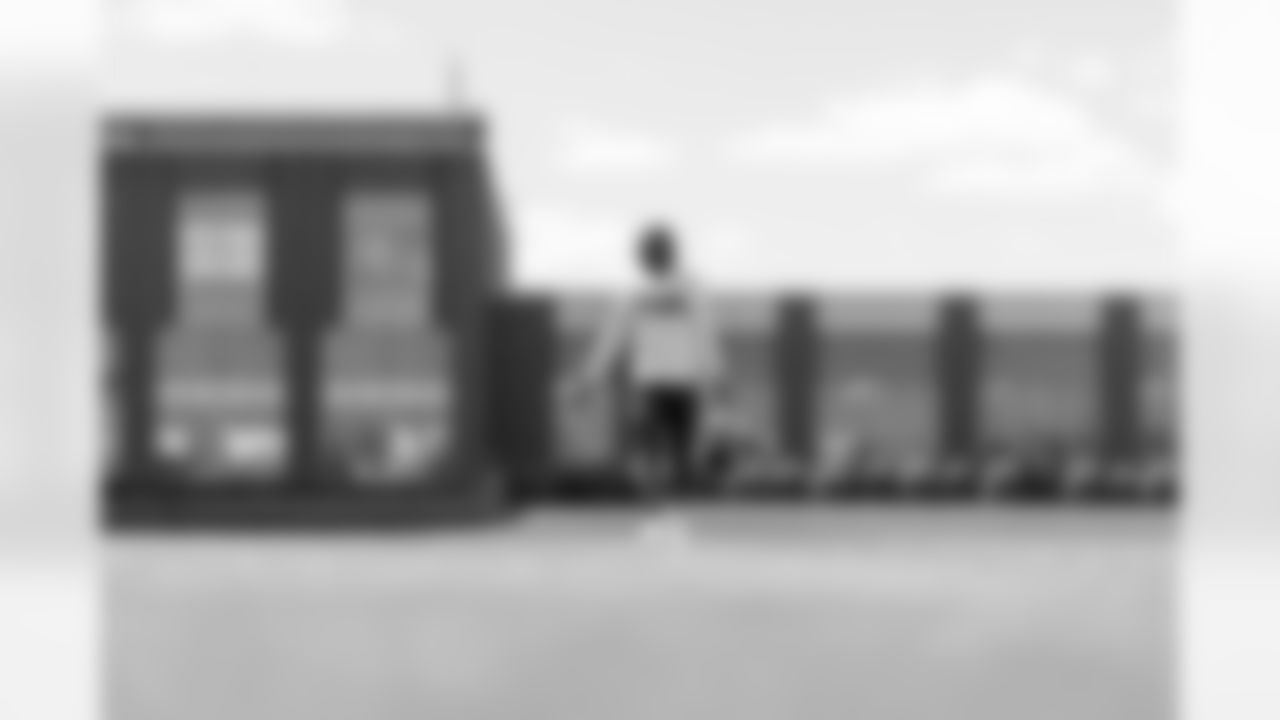
CB Deonte Banks (36)
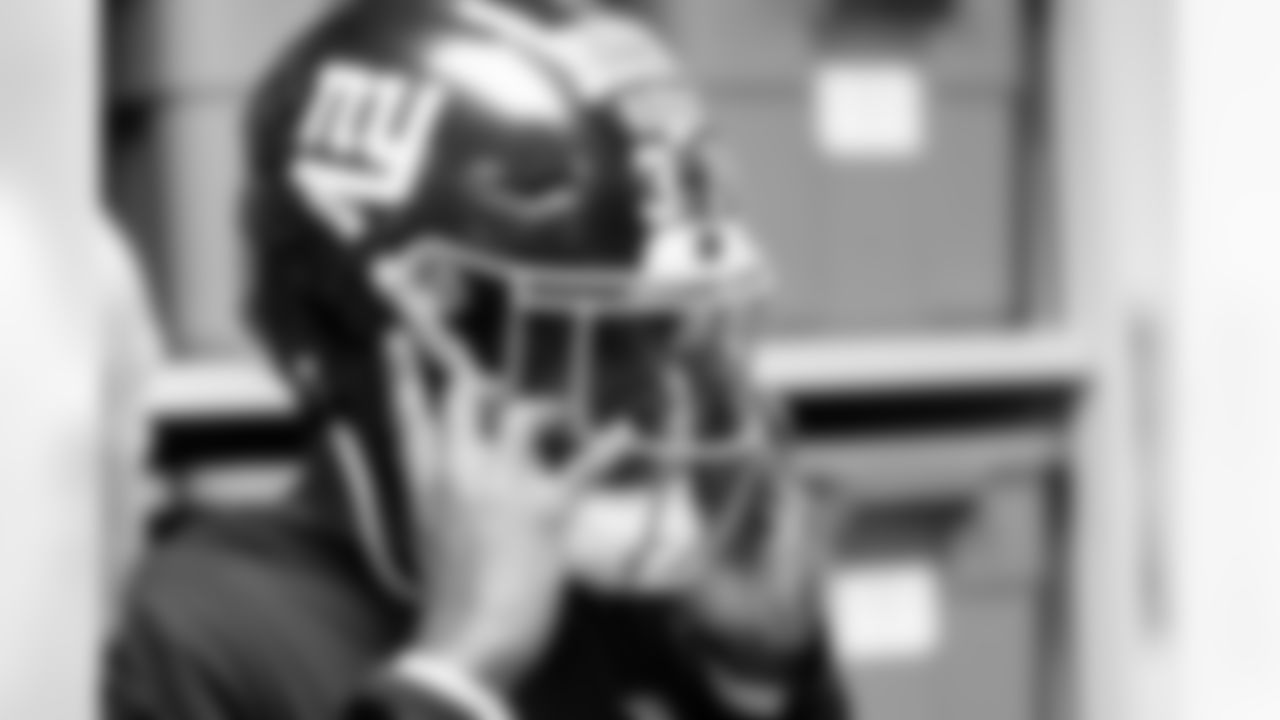
Gervarrius Owens (31)
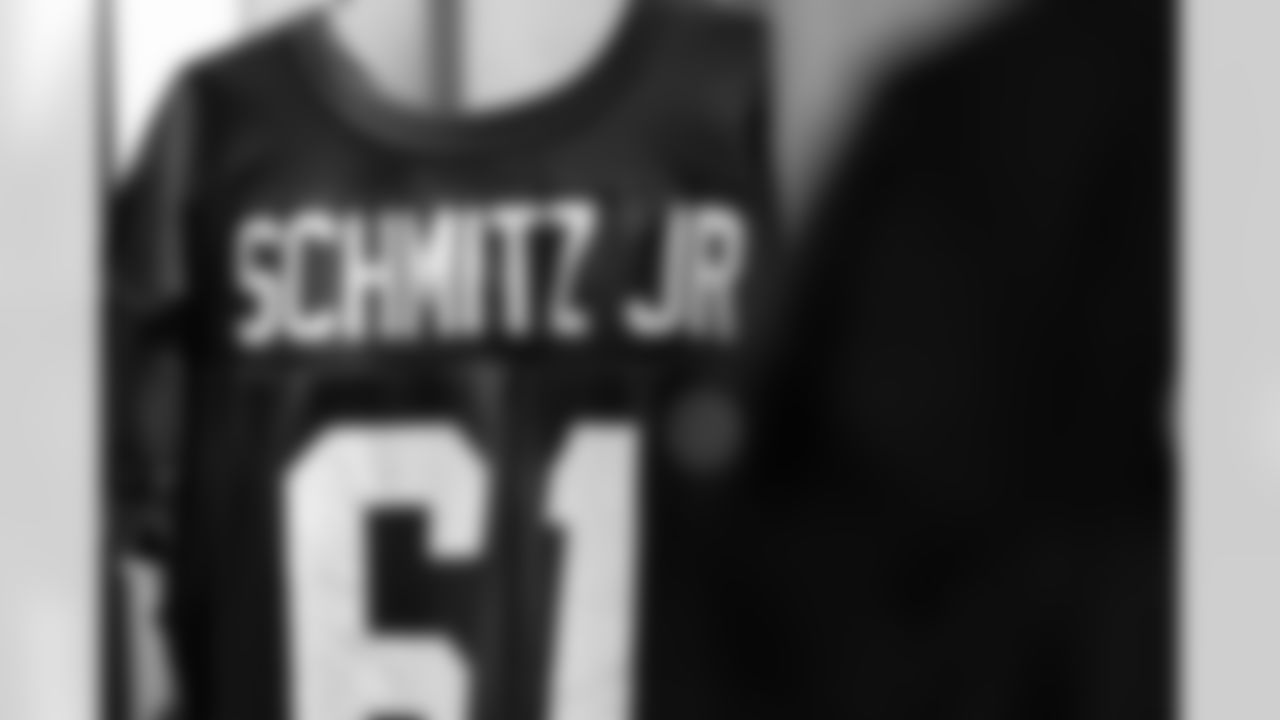
John Michael Schmitz Jr. (61)
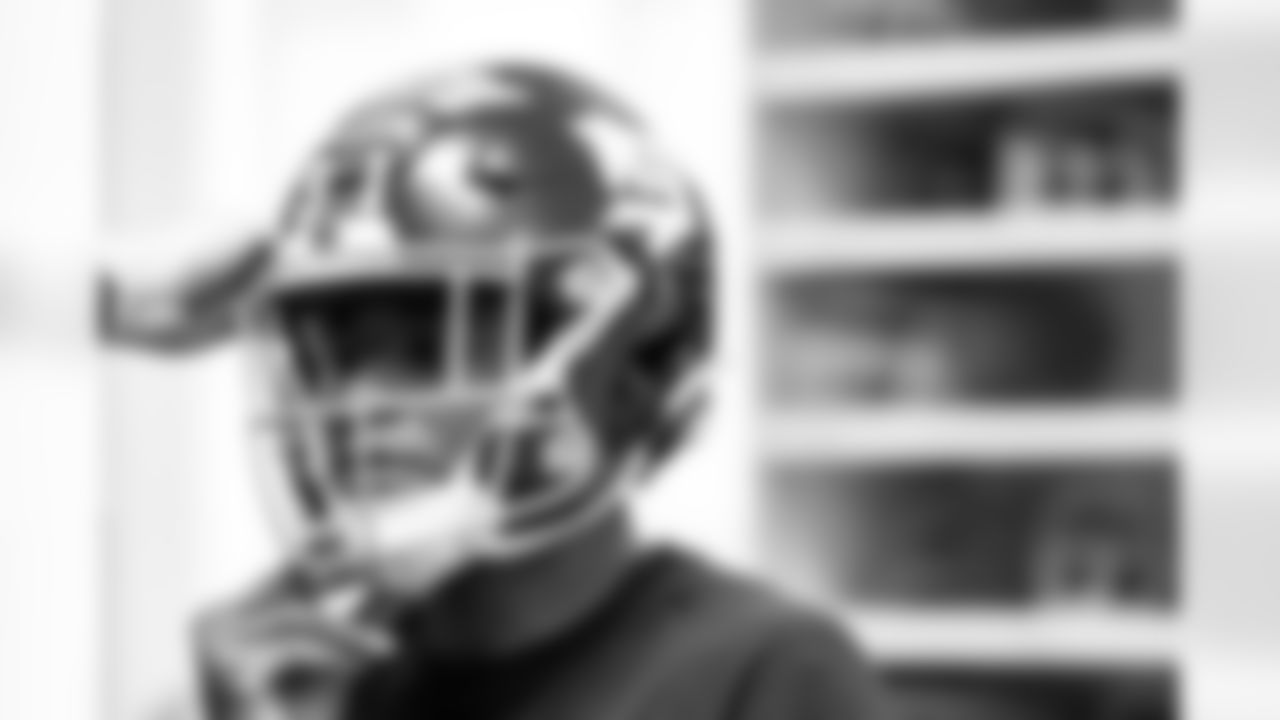
Gervarrius Owens (31)
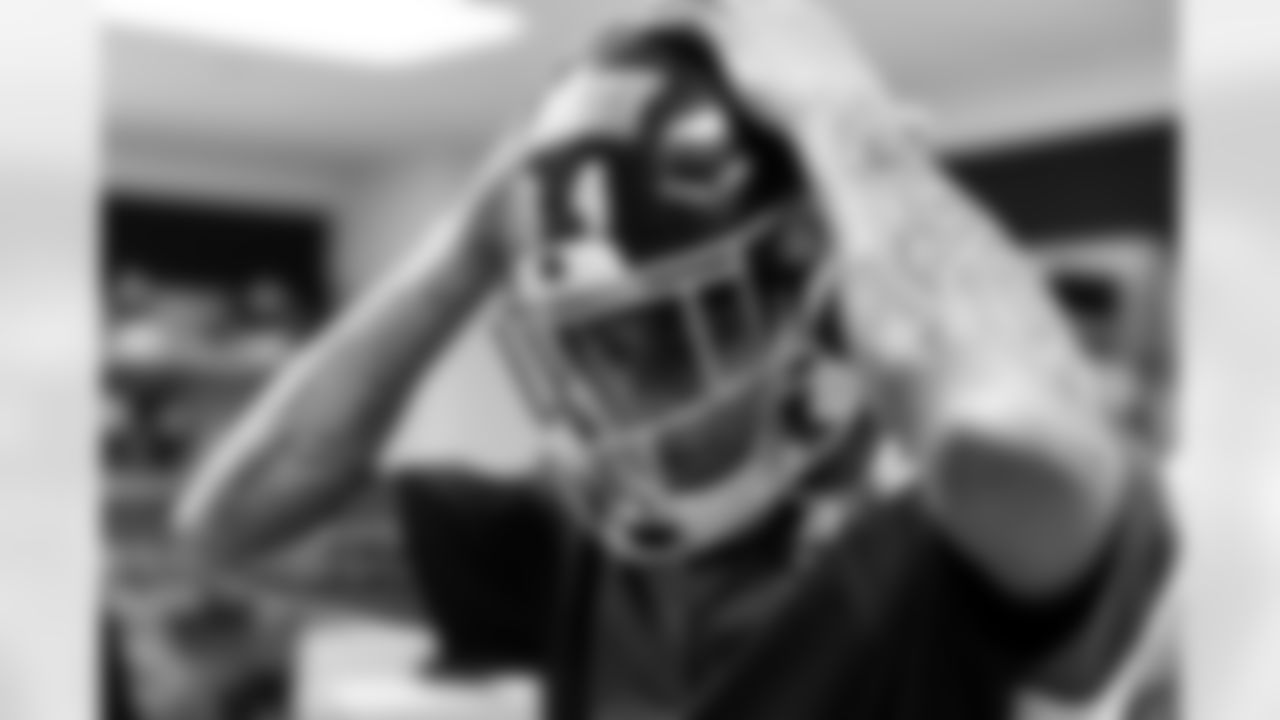
Jalin Hyatt (84)
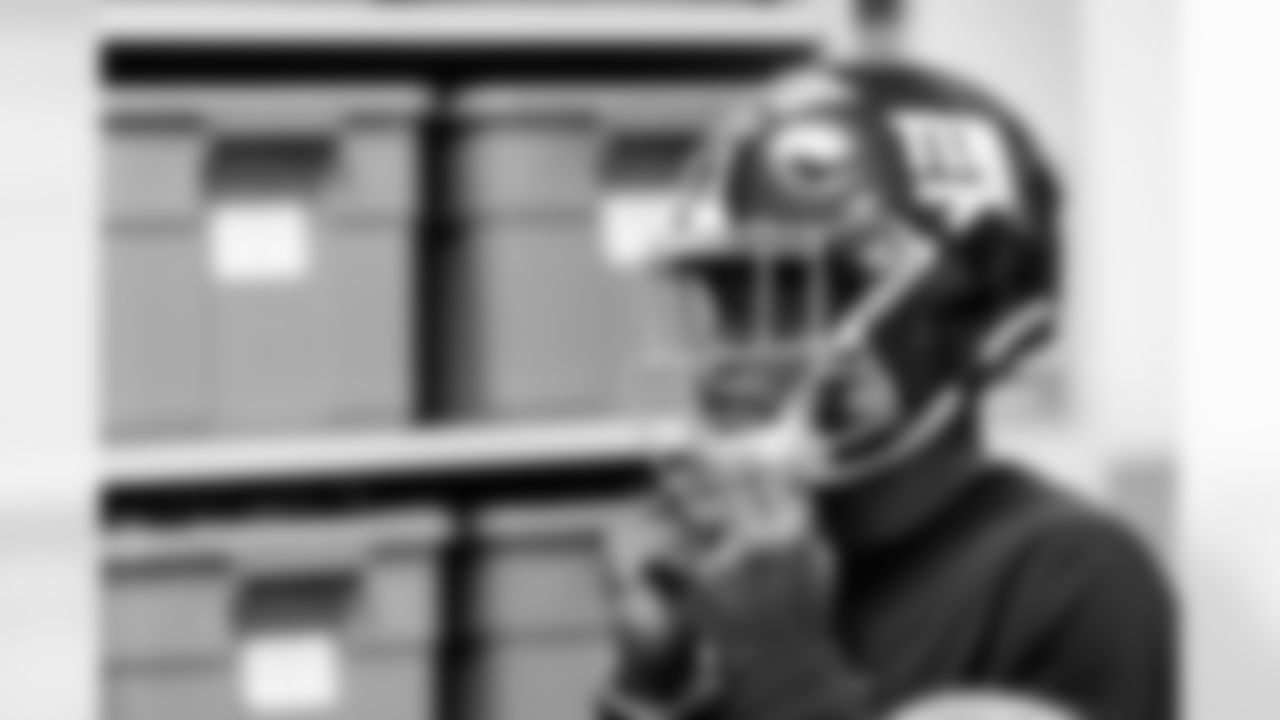
Gervarrius Owens (31)
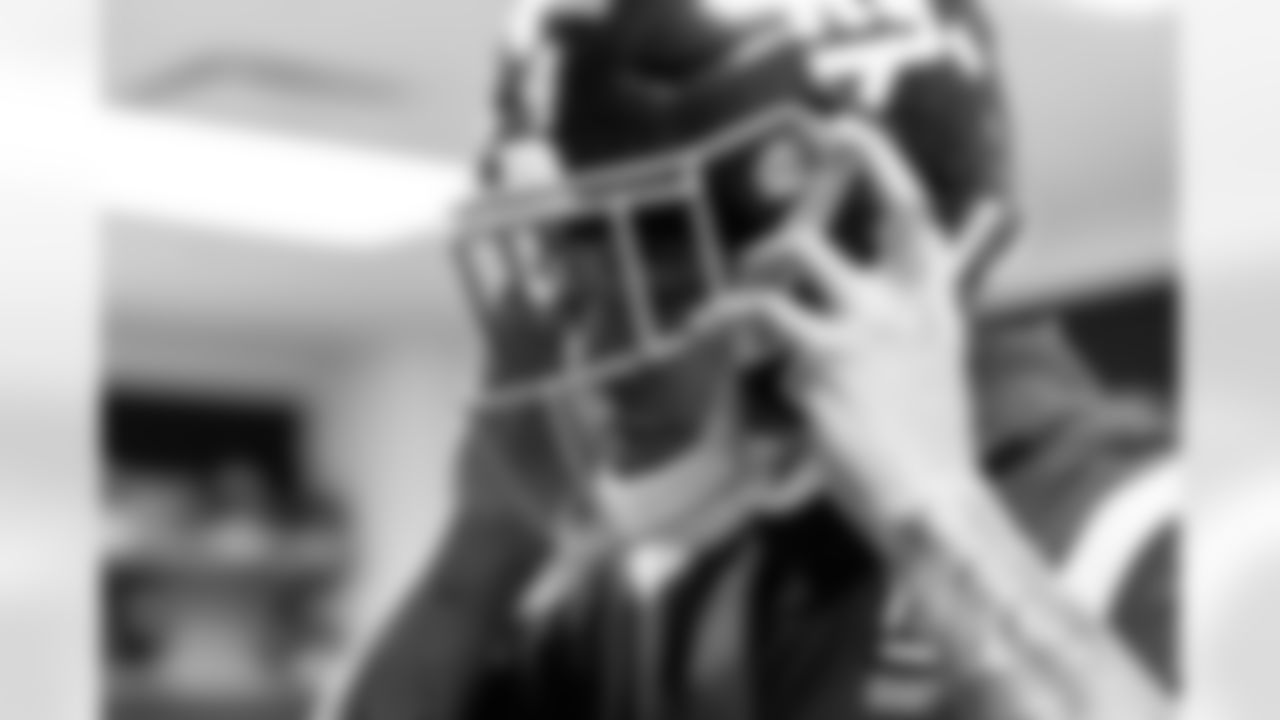
Jalin Hyatt (84)
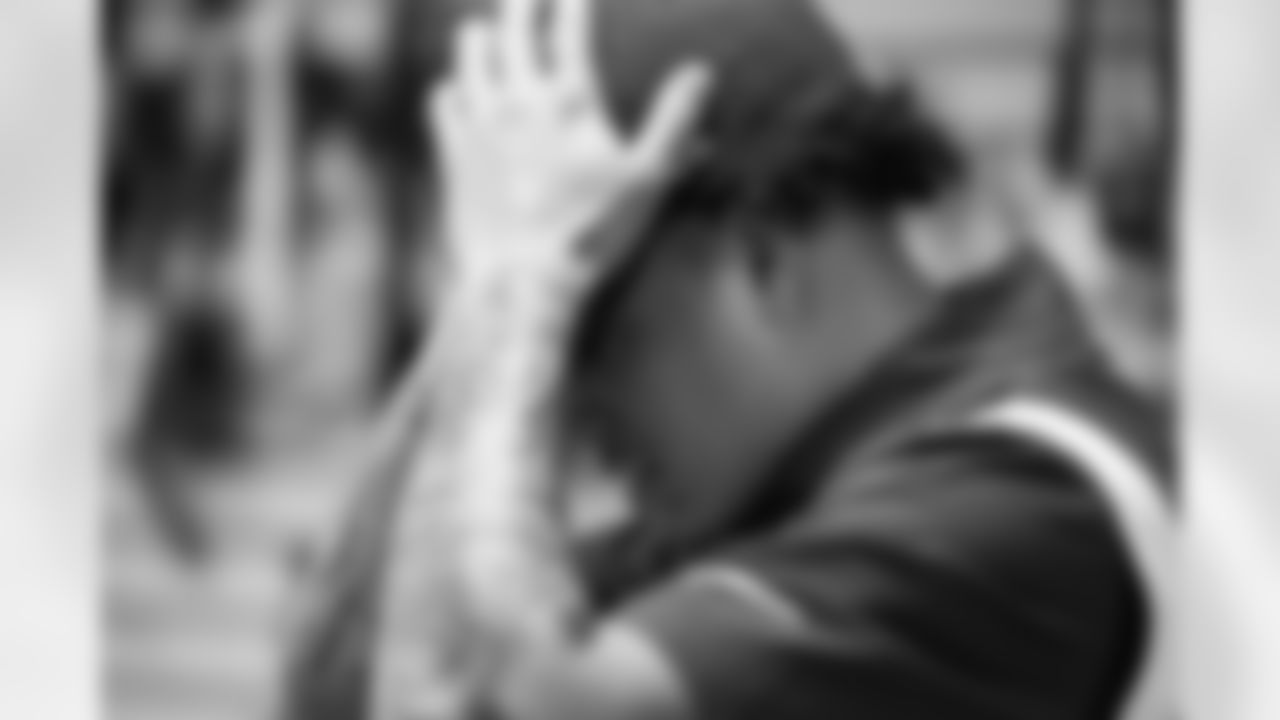
Jalin Hyatt (84)
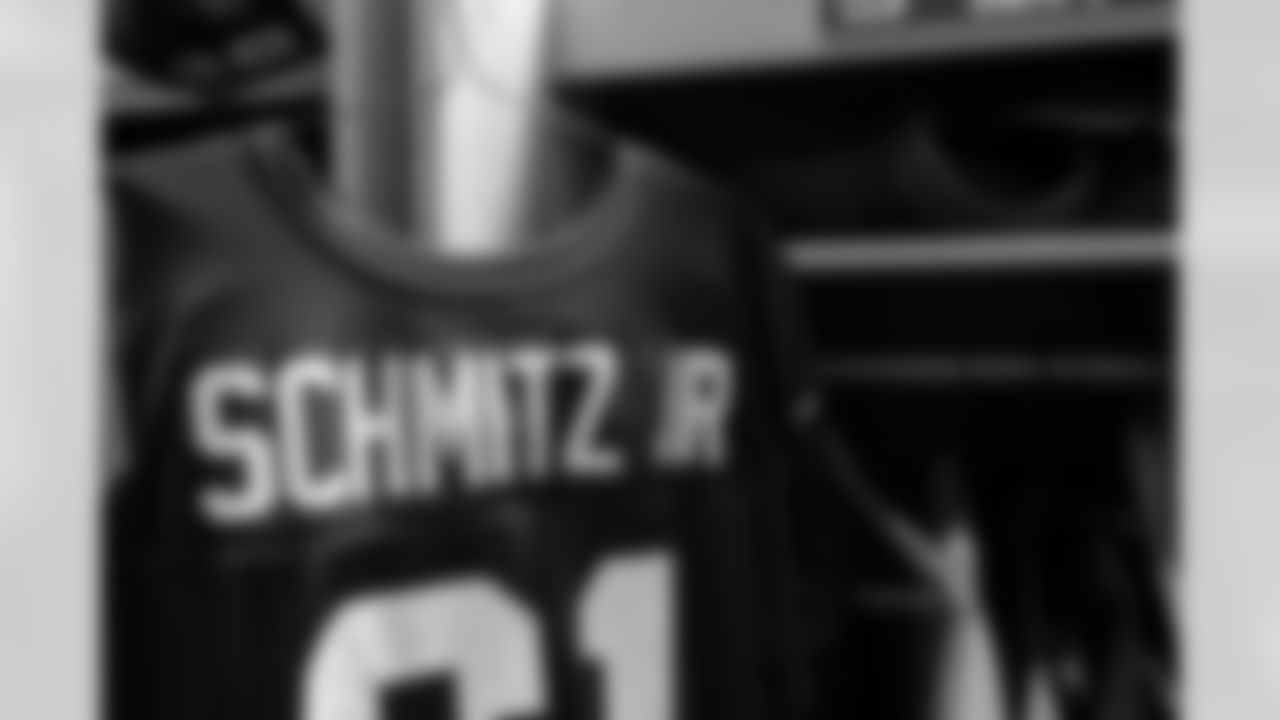
John Michael Schmitz Jr. (61)

Deonte Banks (36)
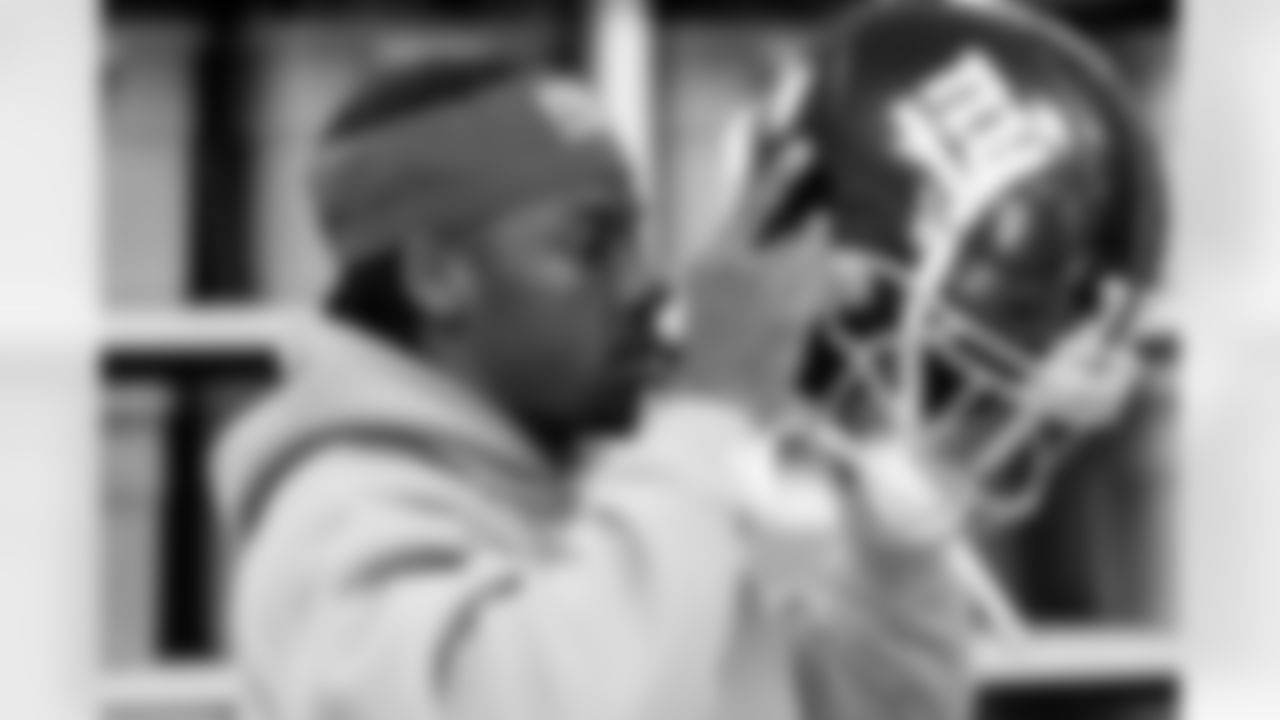
Deonte Banks (36)
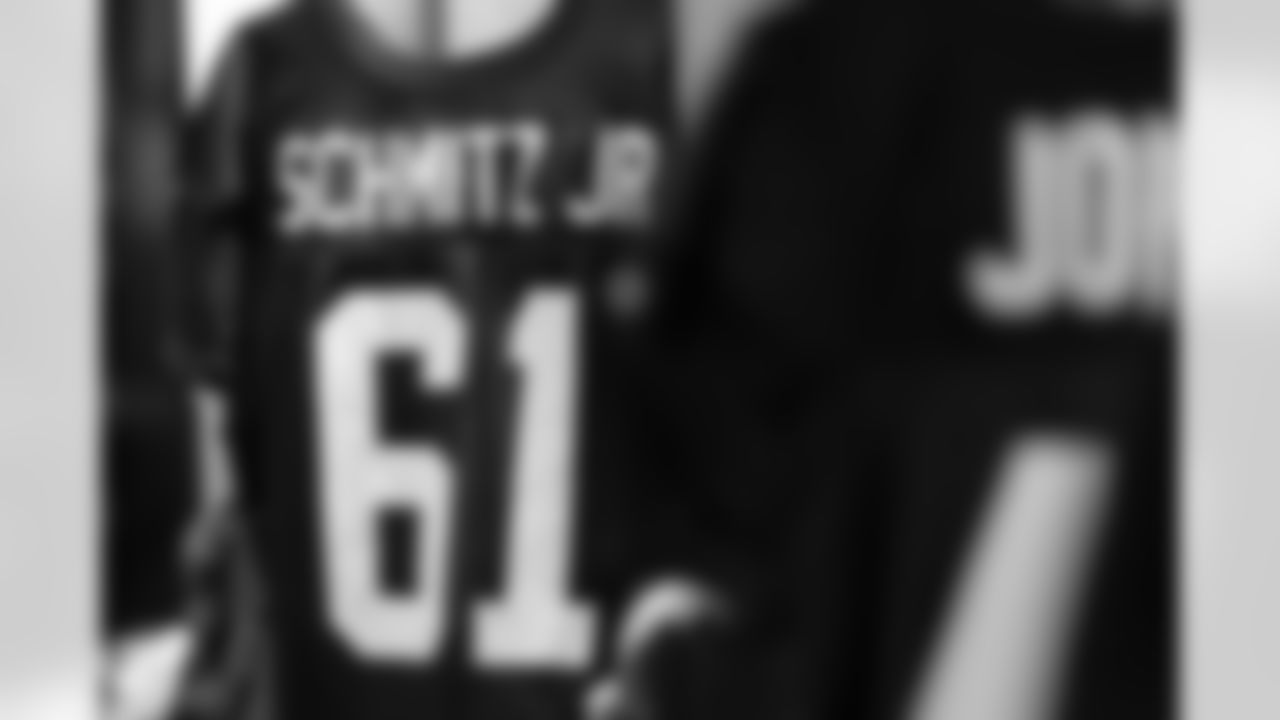
John Michael Schmitz Jr. (61)
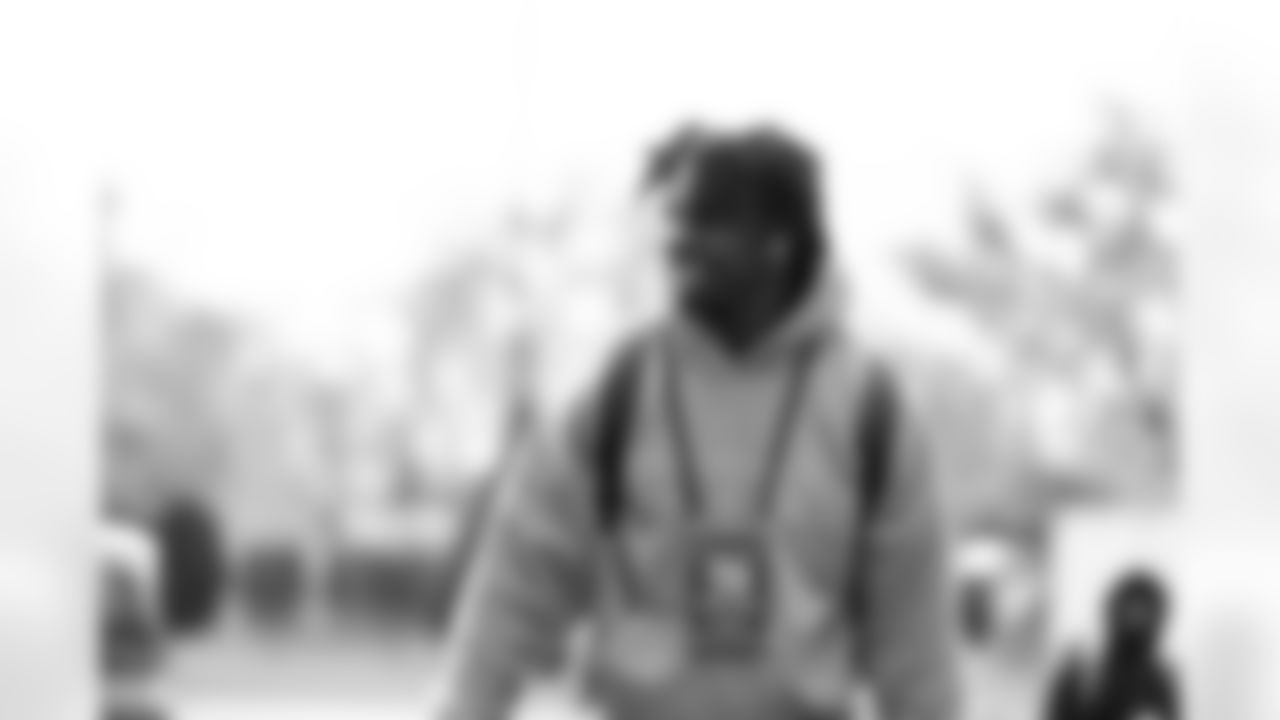
Deonte Banks (36)

Jalin Hyatt (84)
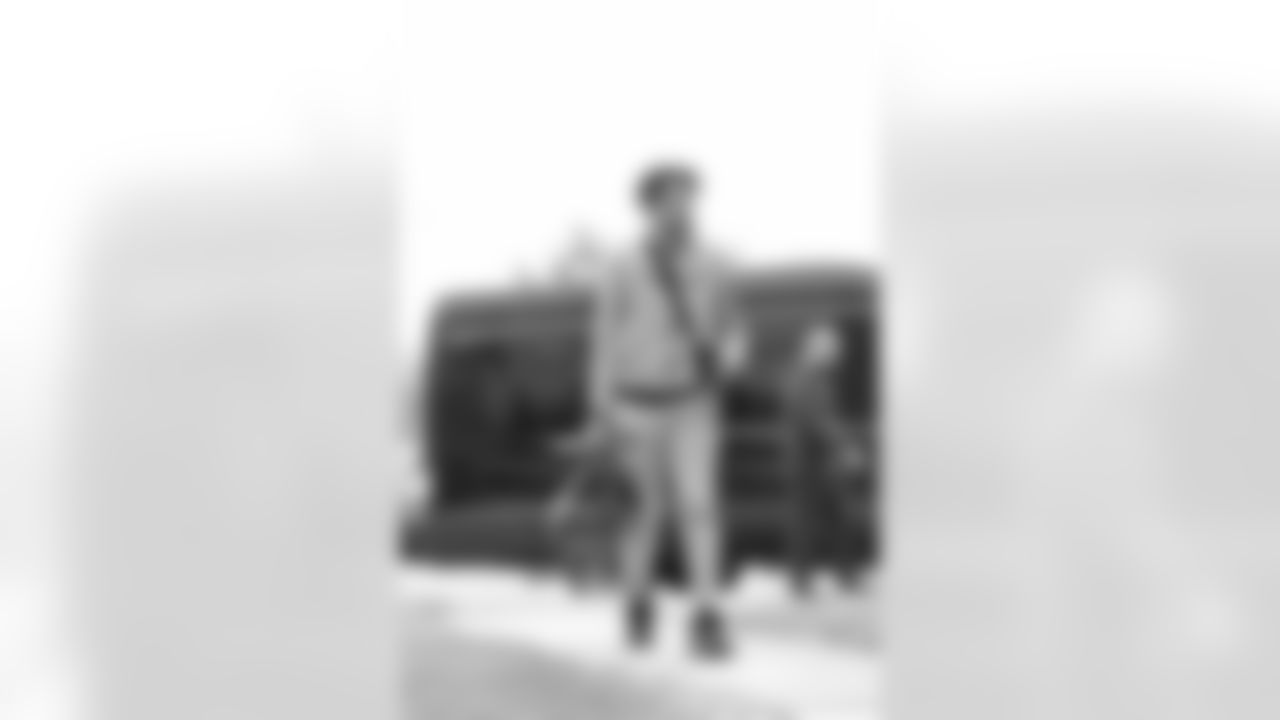
Jalin Hyatt (84)

Deonte Banks (36)
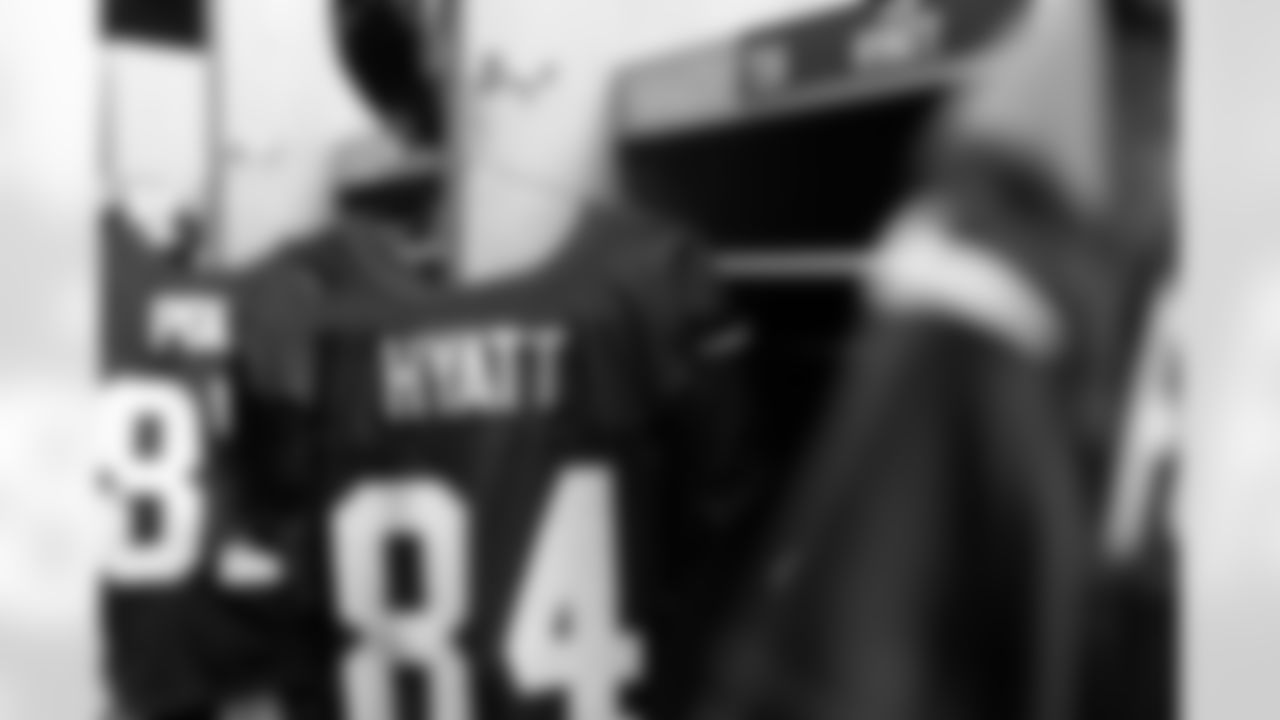
Jalin Hyatt (84)
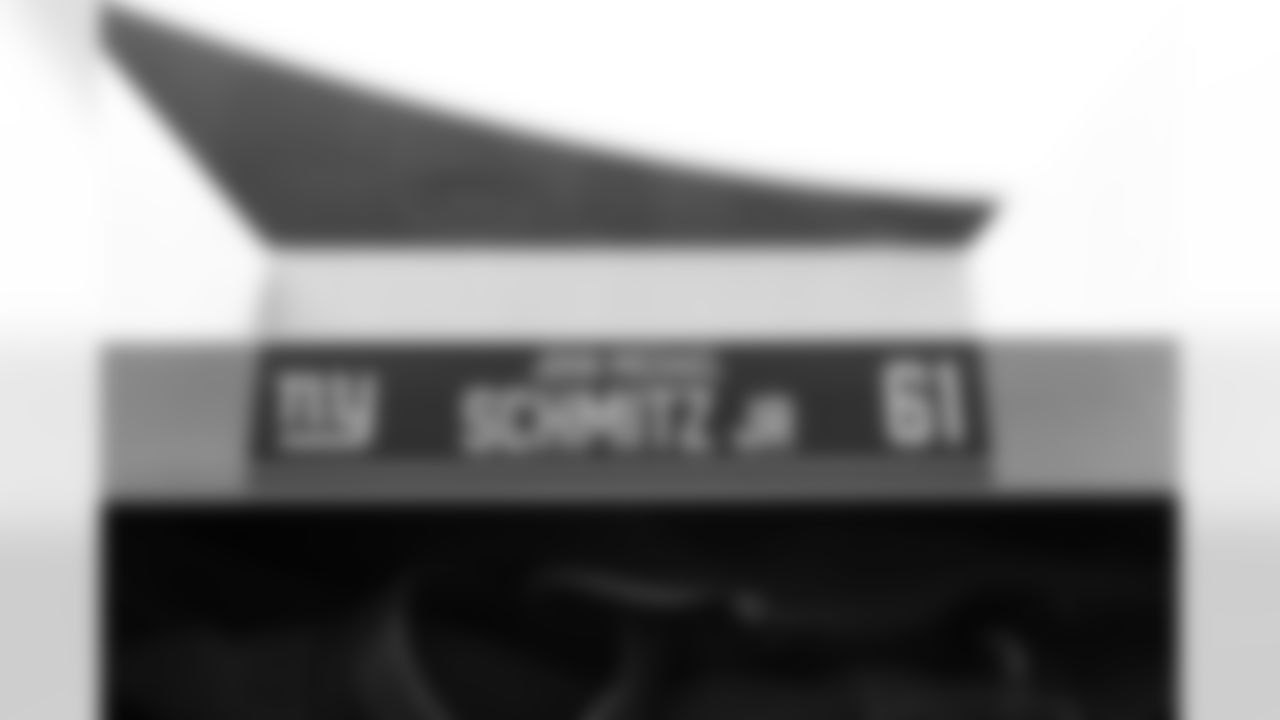
John Michael Schmitz Jr. (61)
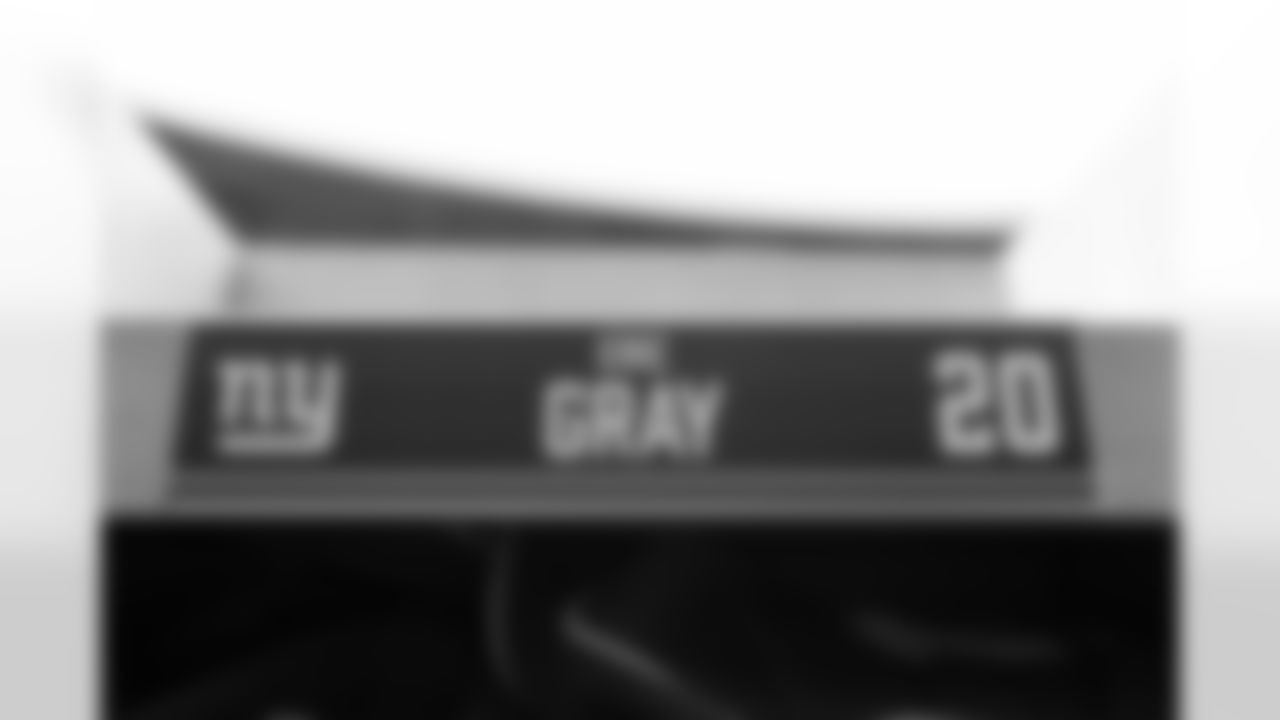
Eric Gray (20)
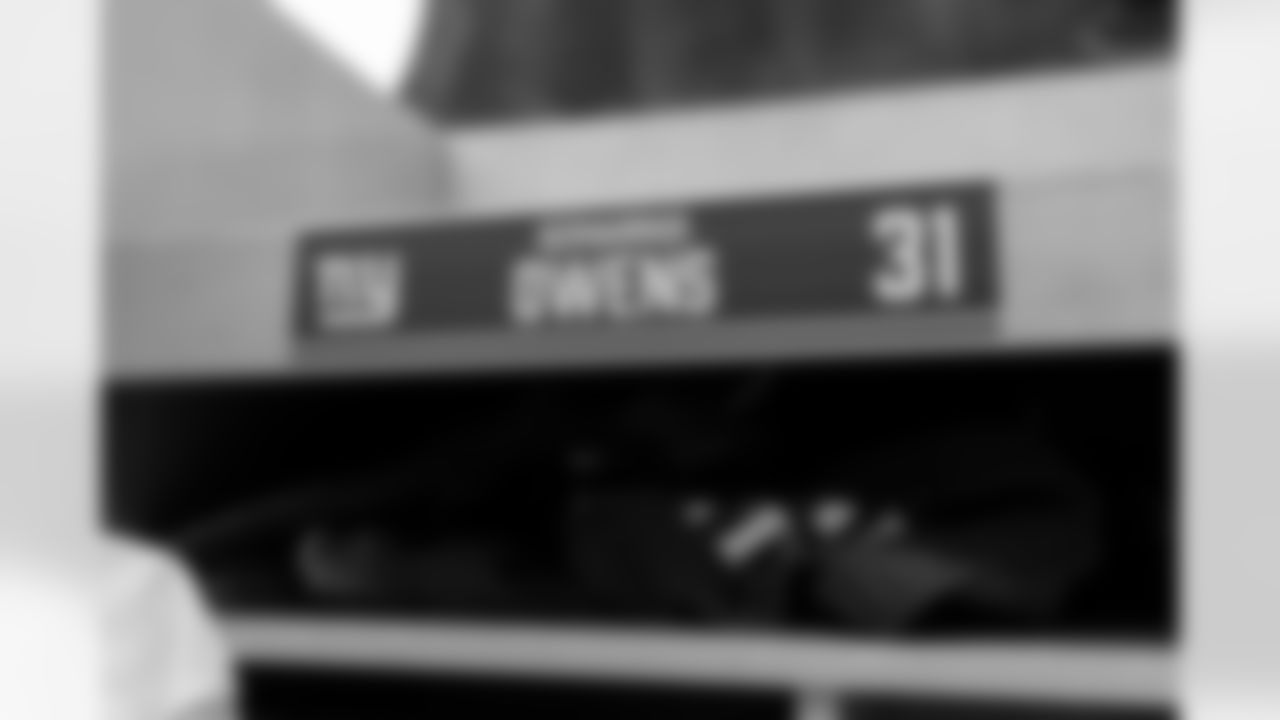
Gervarrius Owens (31)
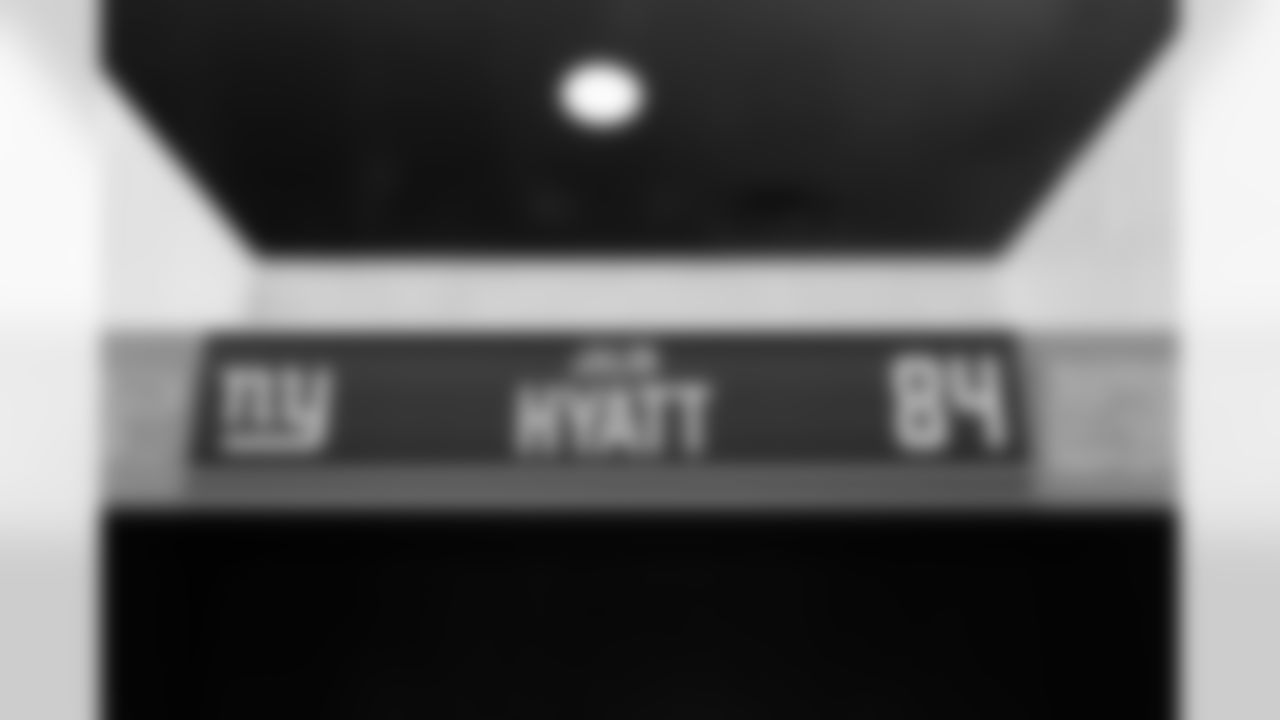
Jalin Hyatt (84)
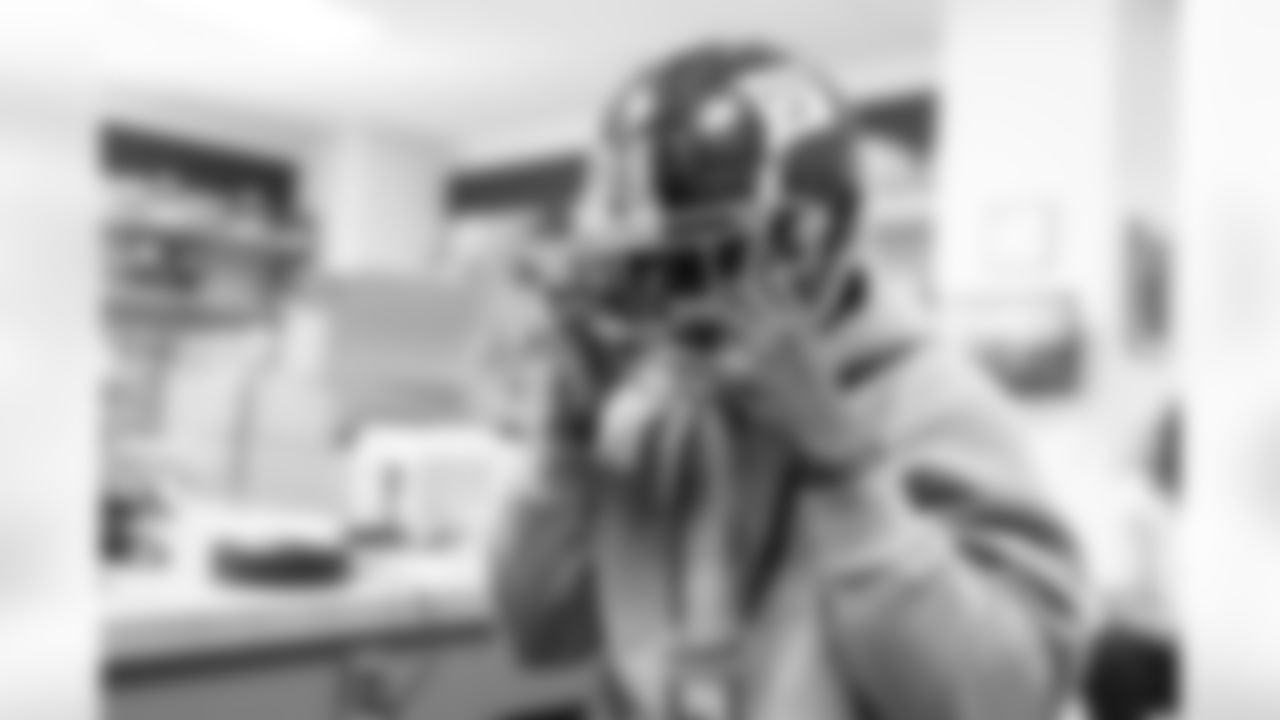
Deonte Banks (36)
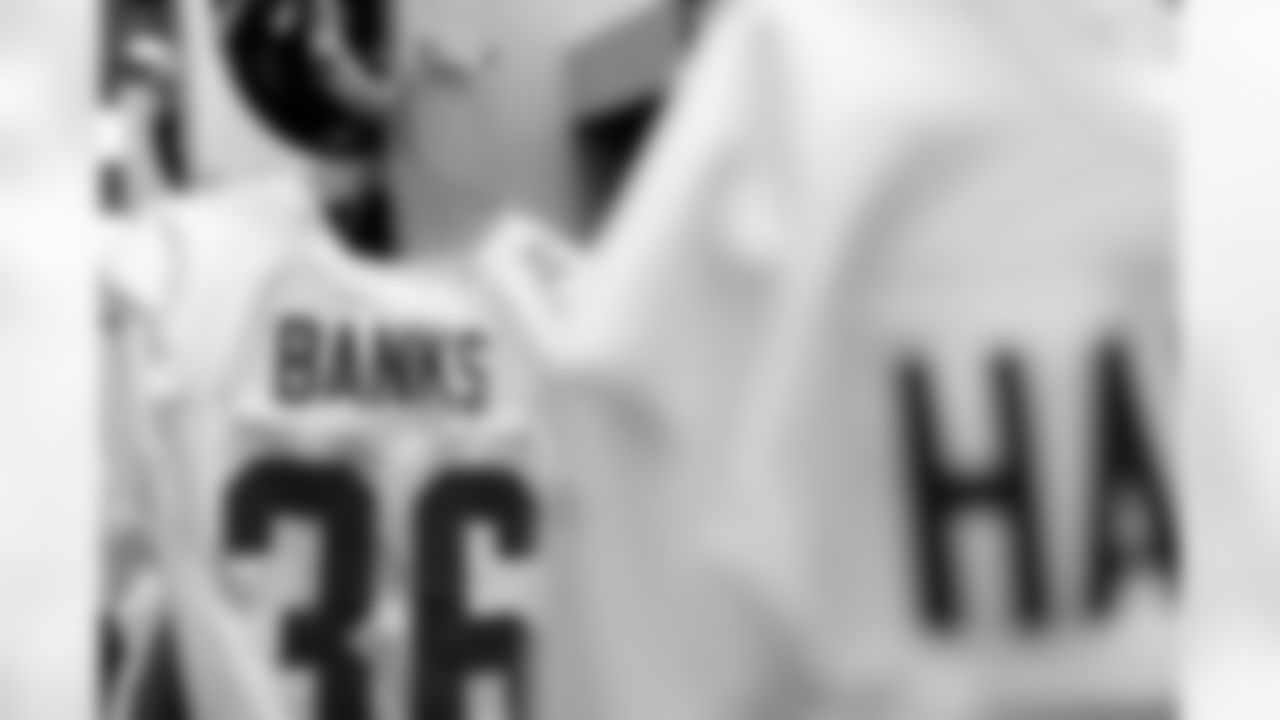
Deonte Banks (36)
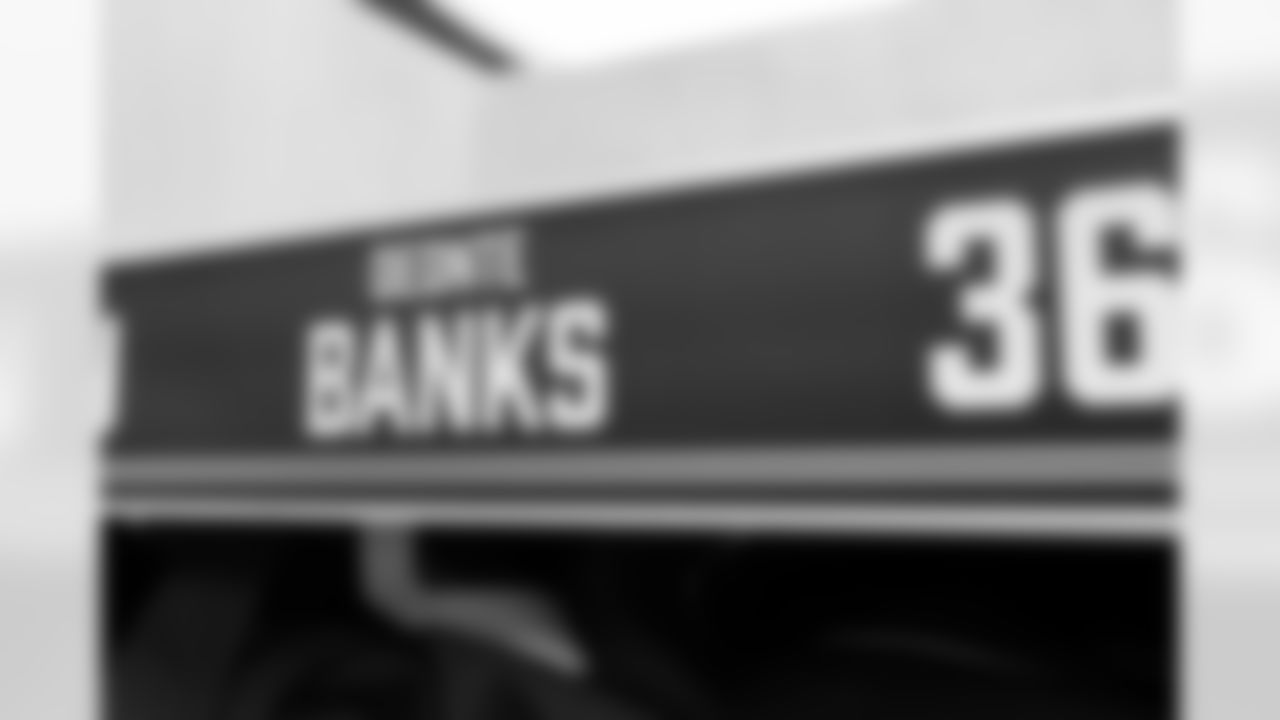
Deonte Banks (36)
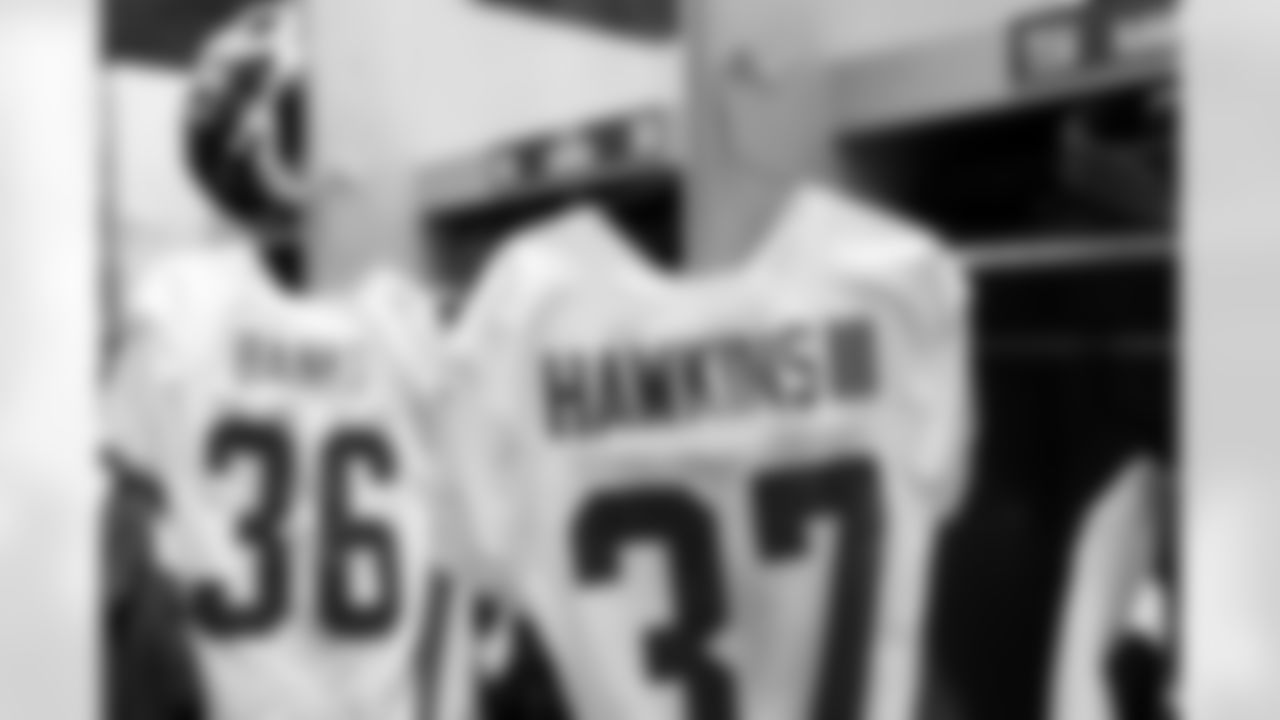
Tre Hawkins (37)
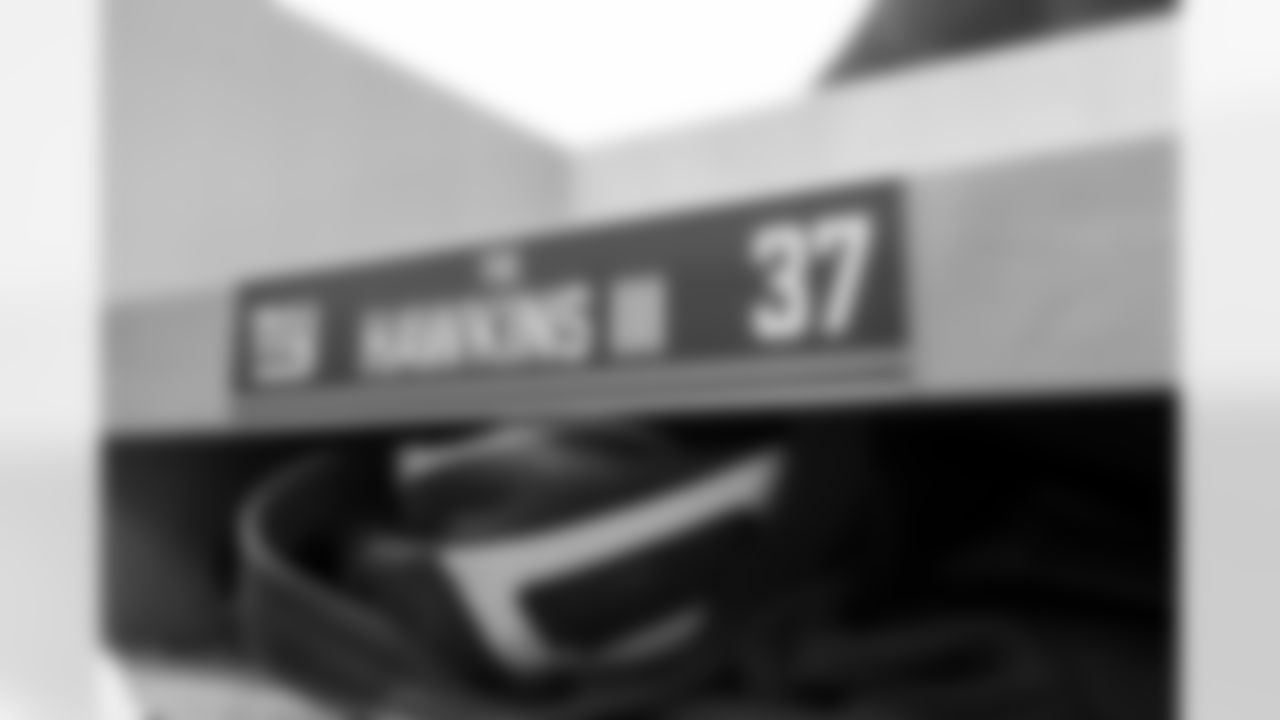
Tre Hawkins (37)
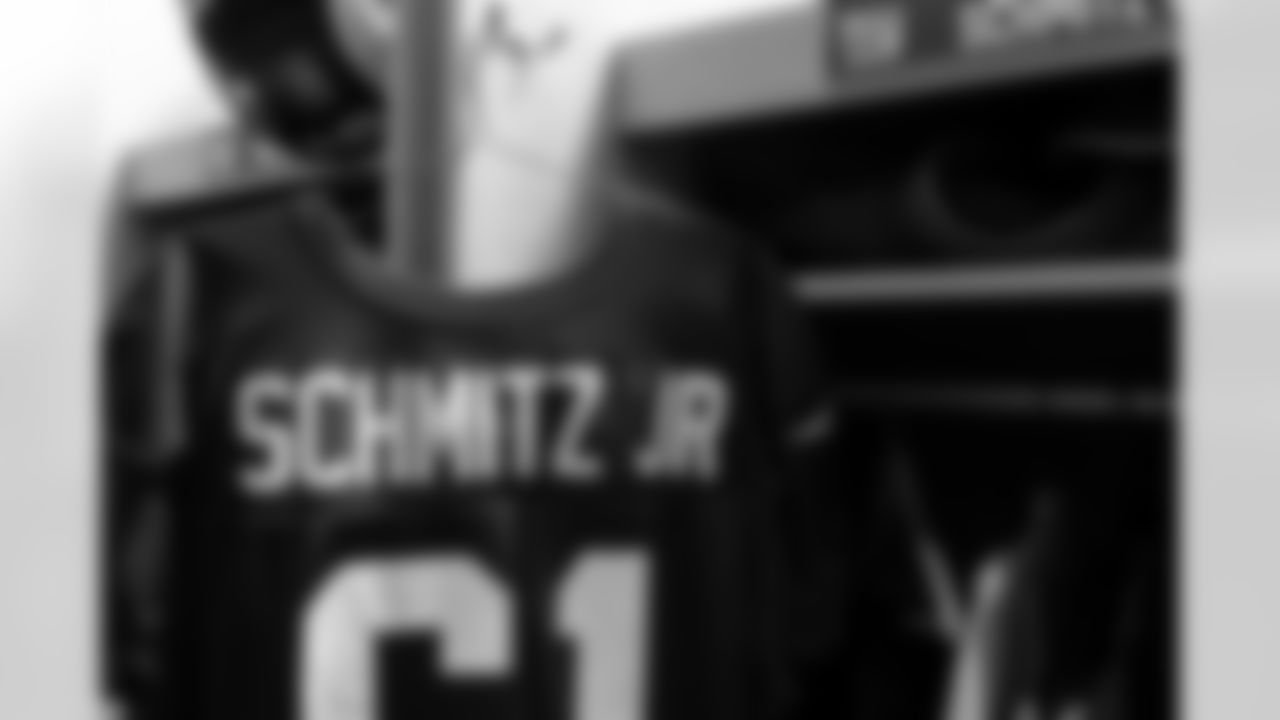
John Michael Schmitz Jr. (61)
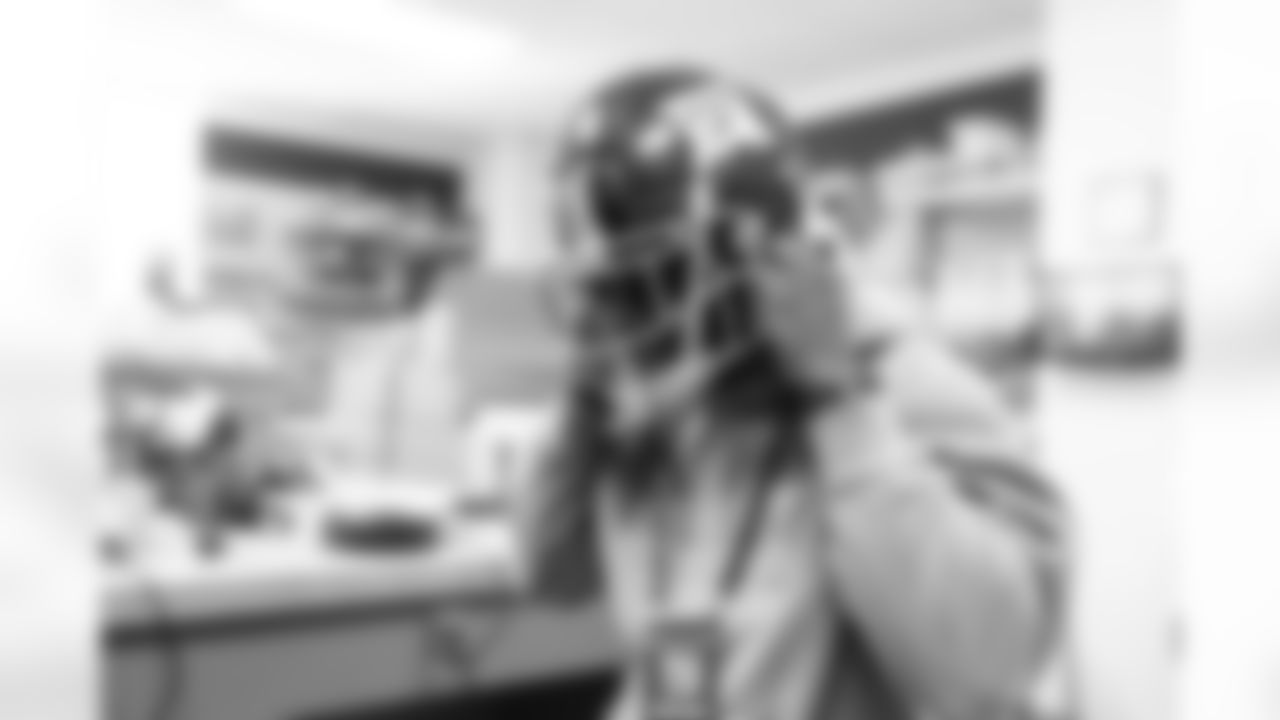
Deonte Banks (36)
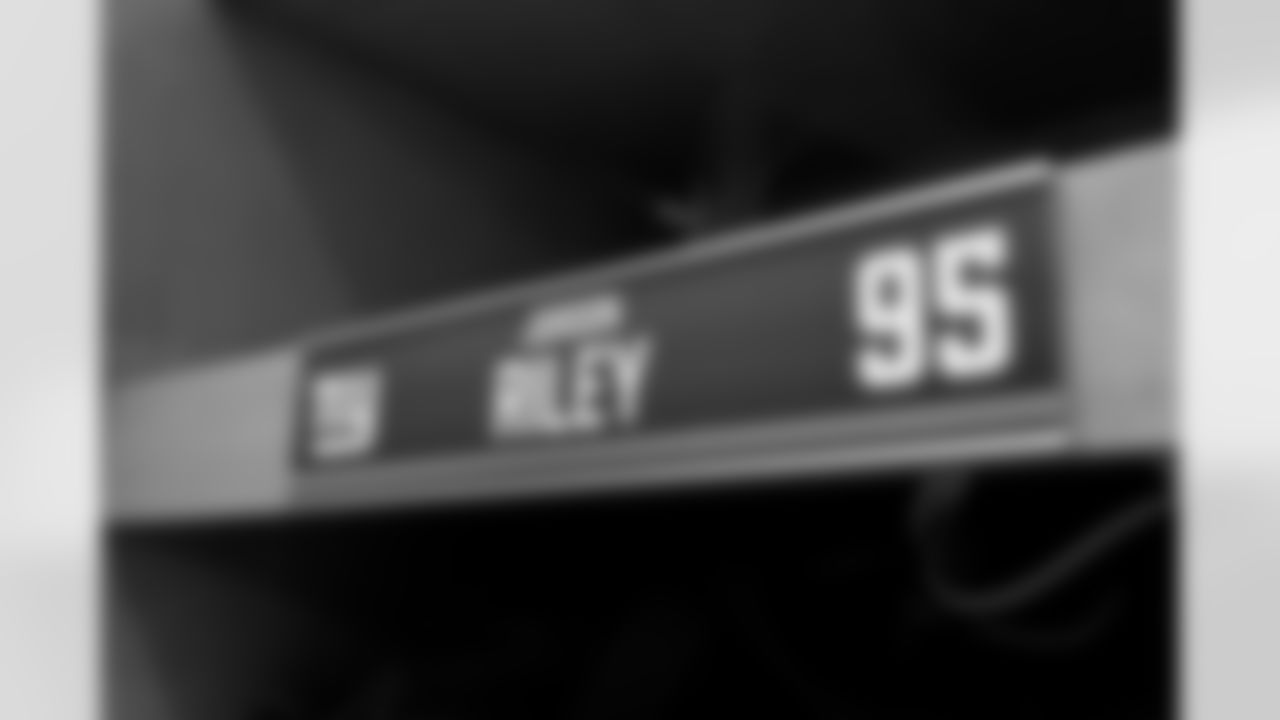
Jordan Riley (95)
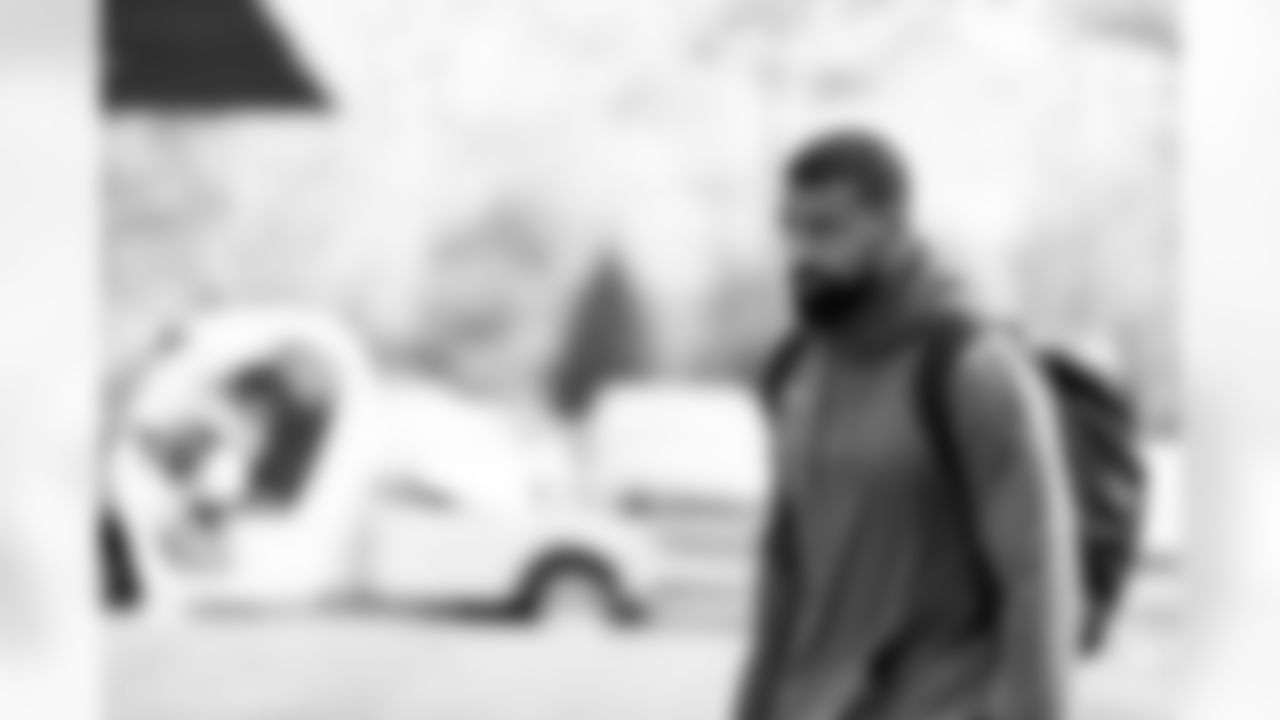
Habakkuk Baldanado

Ryan Jones

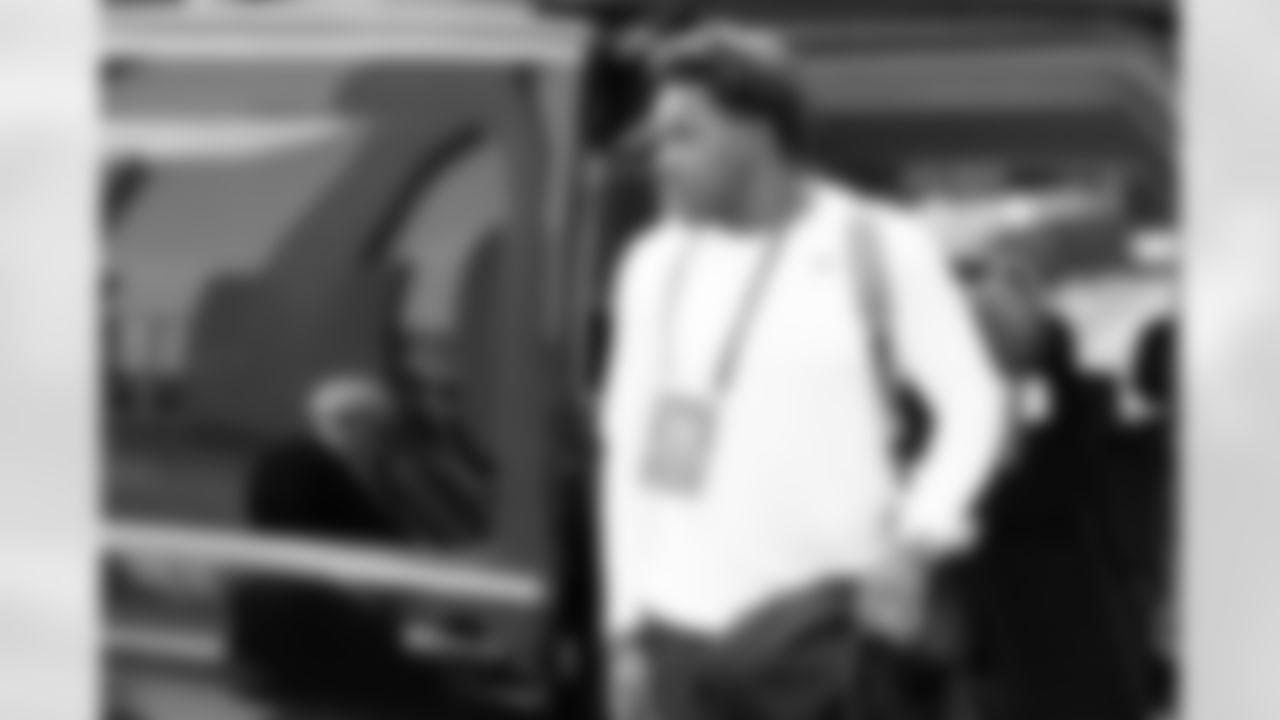
Jonathan Kongbo
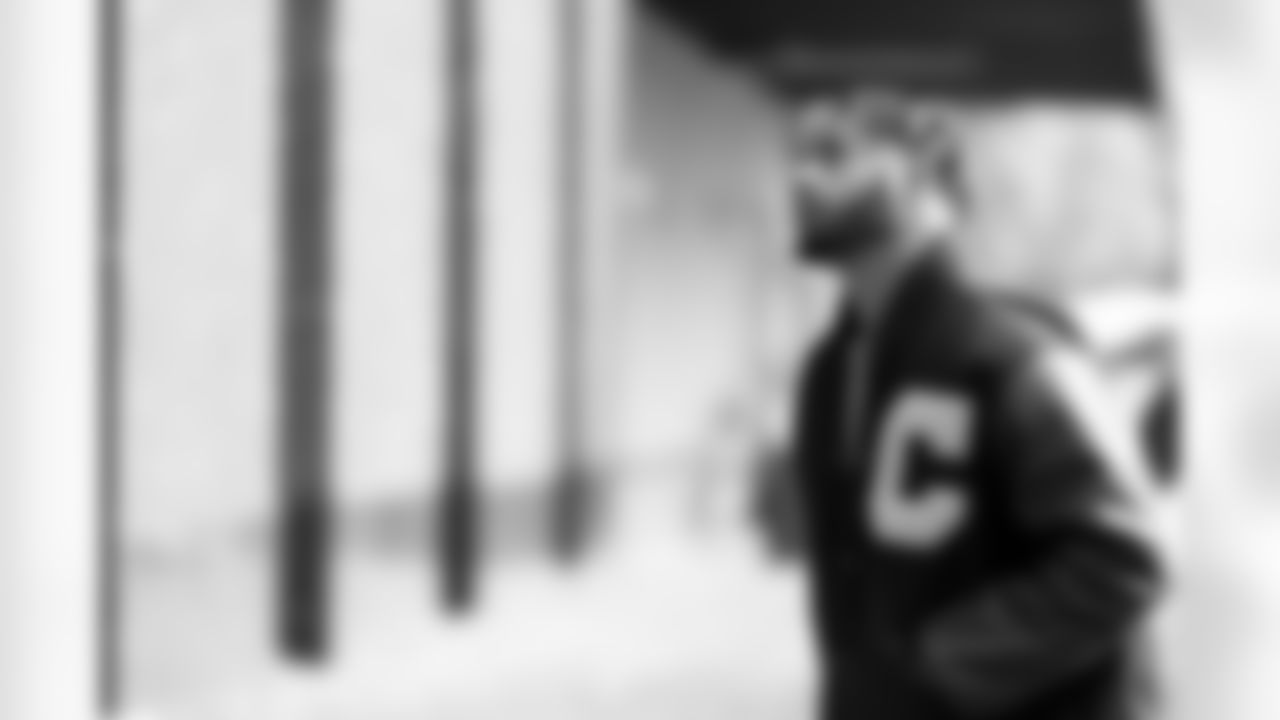
Troy Brown
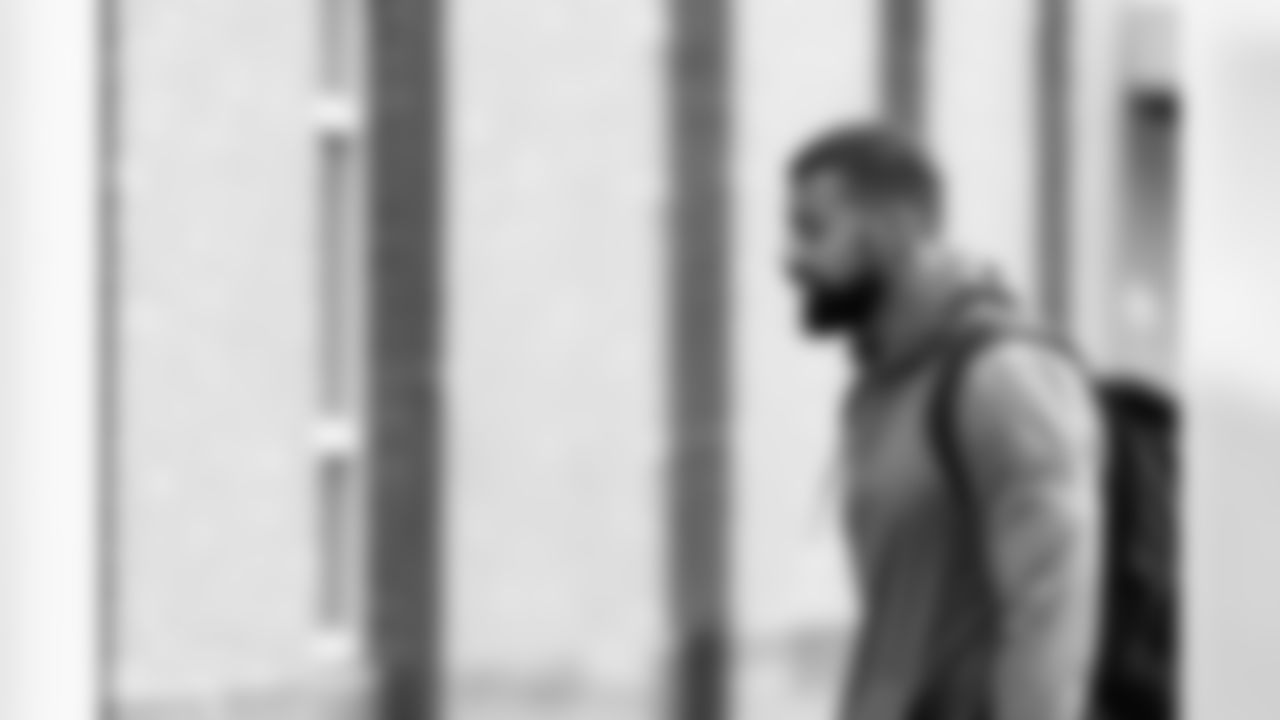
Habakkuk Baldanado
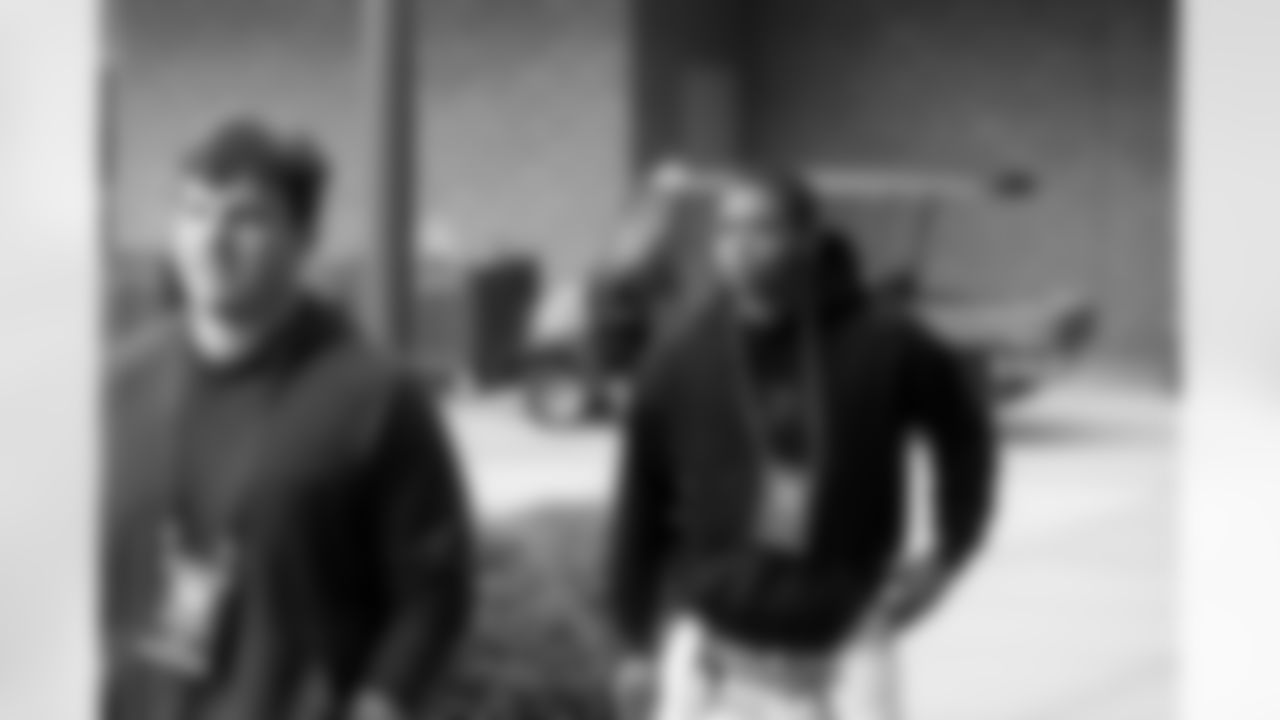
Nigel Warrior
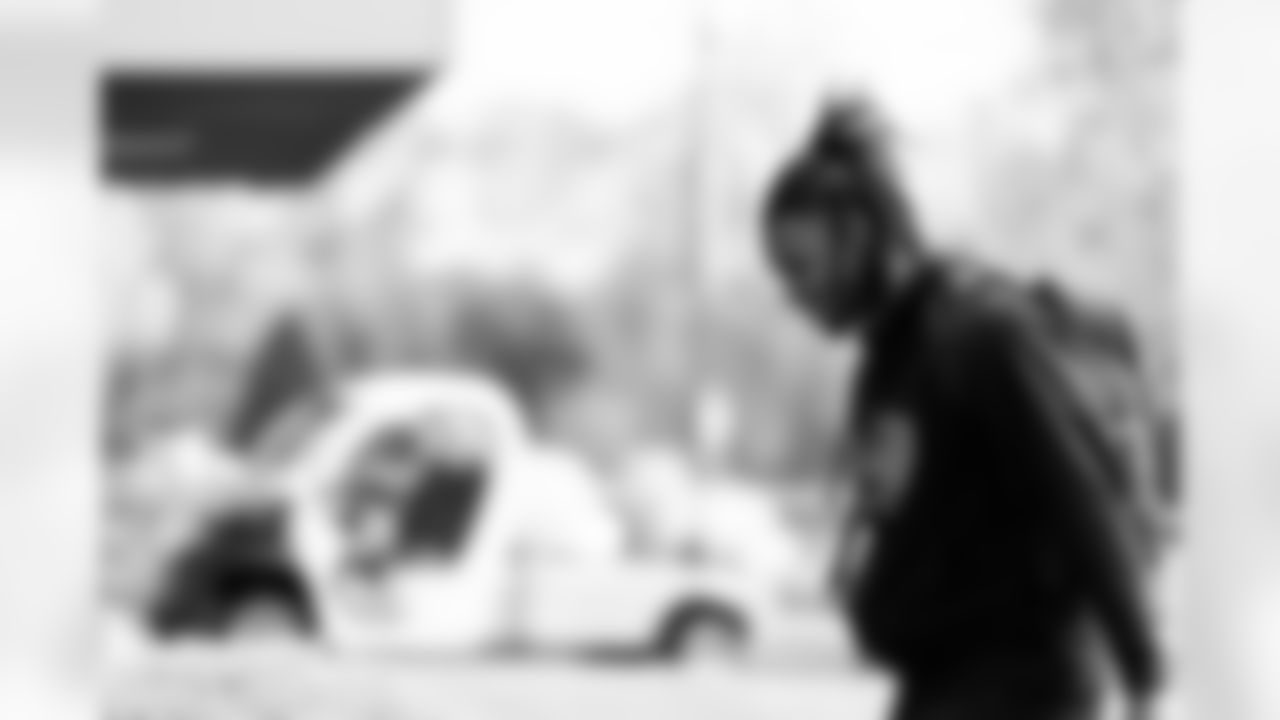
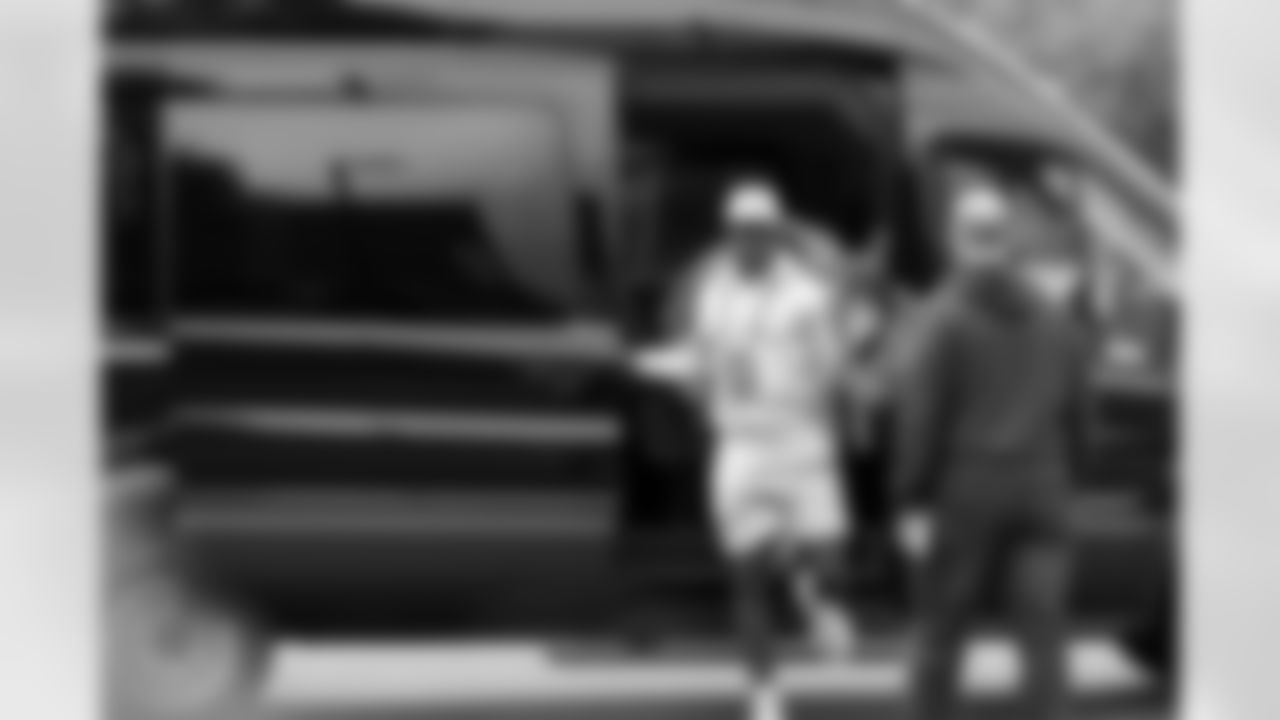
Donovan Banks
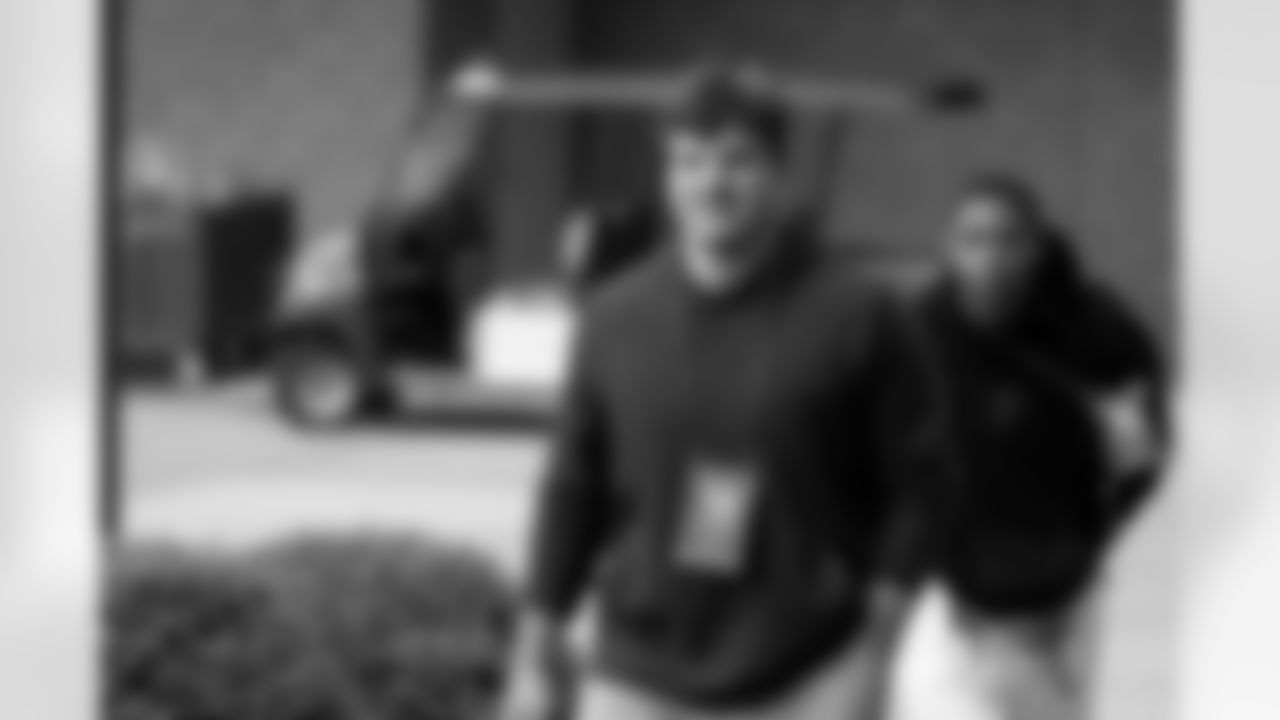

Mitch Rossi
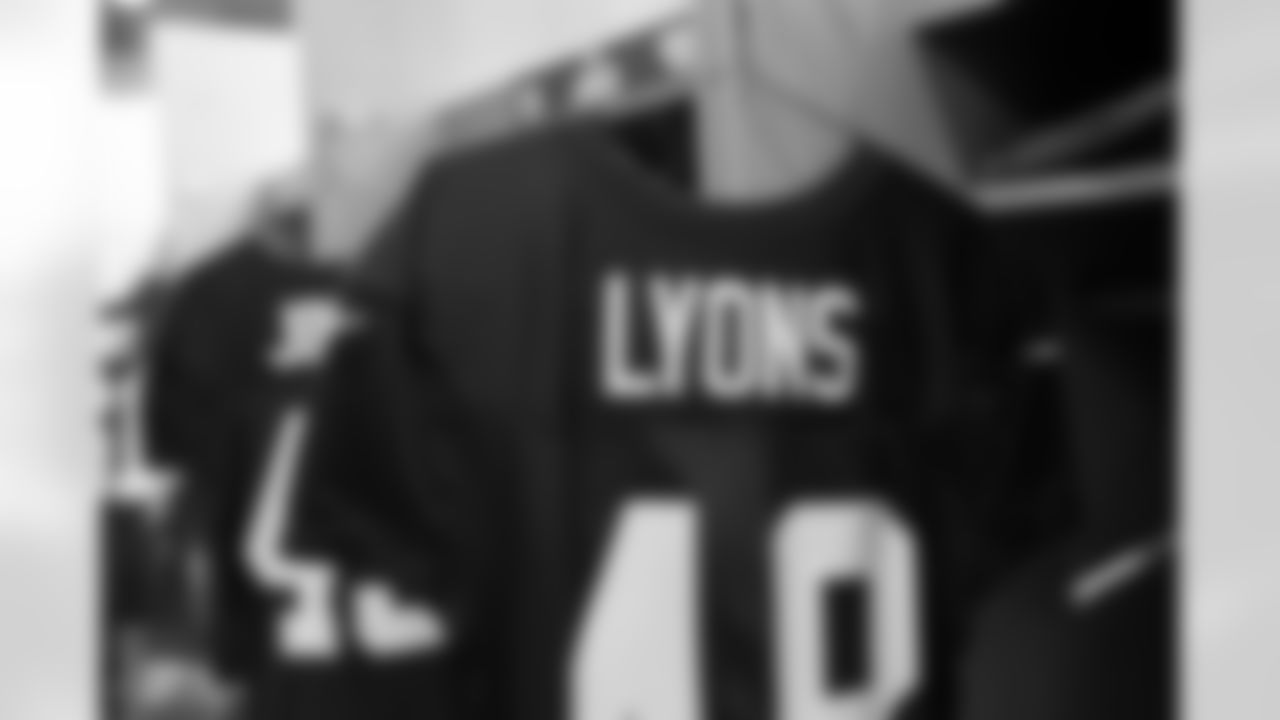
Cameron Lyons (48)
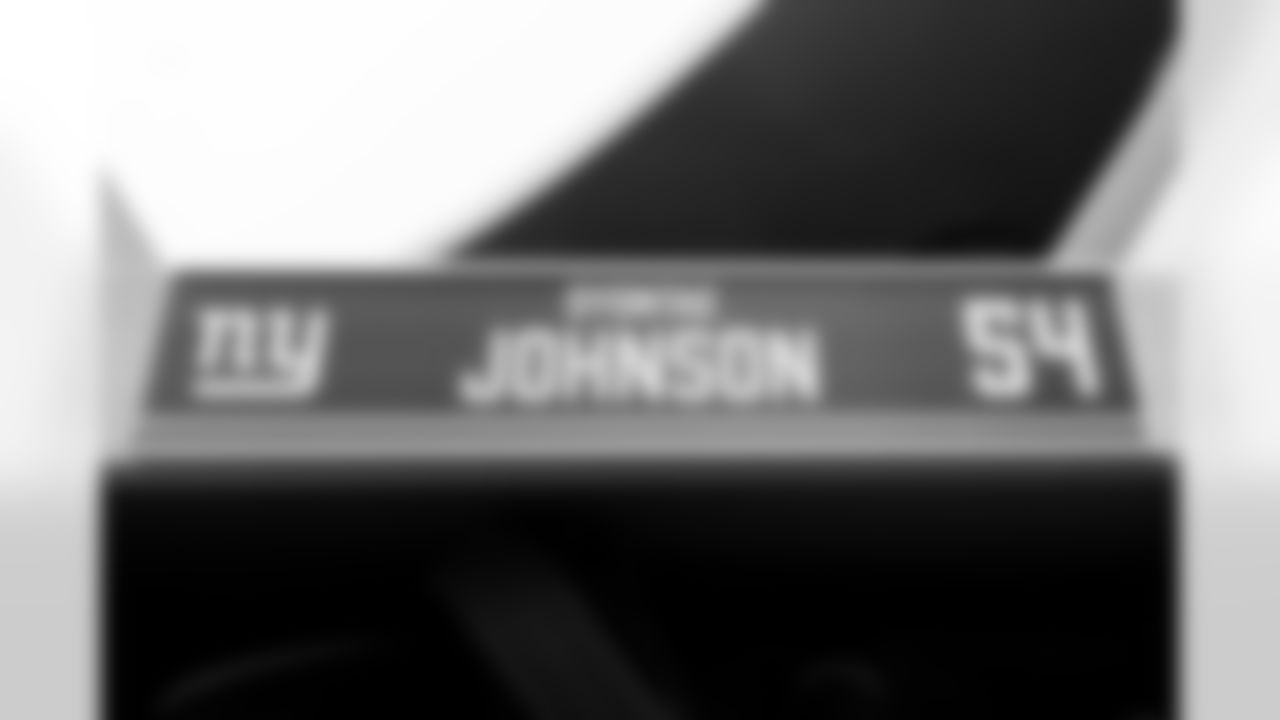
Dyontae Johnson (54)
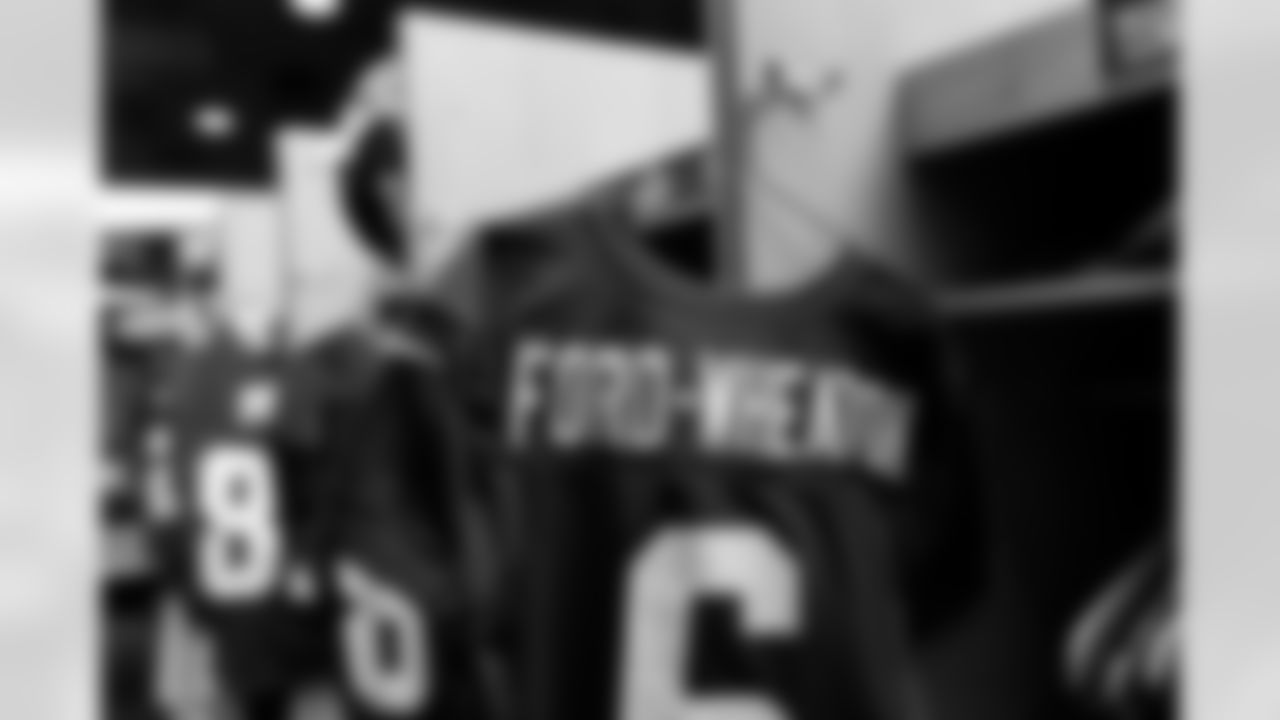
Bryce Ford-Wheaton
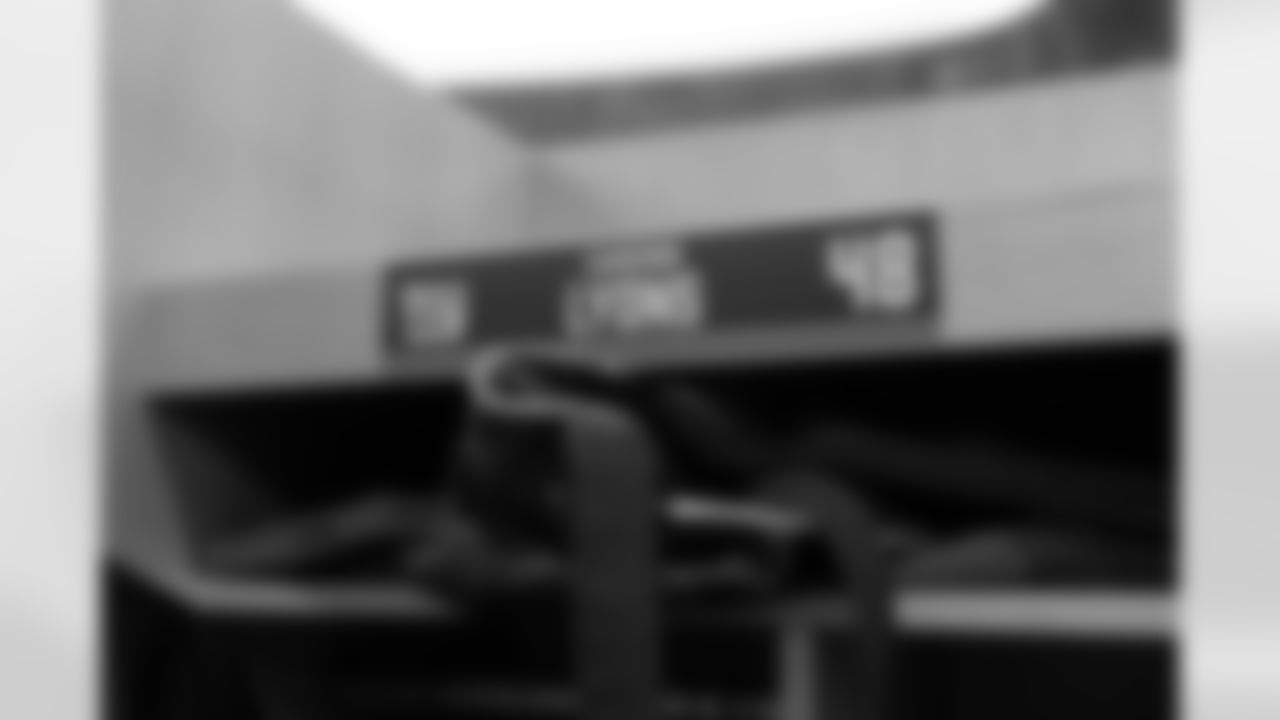
Cameron Lyons (48)
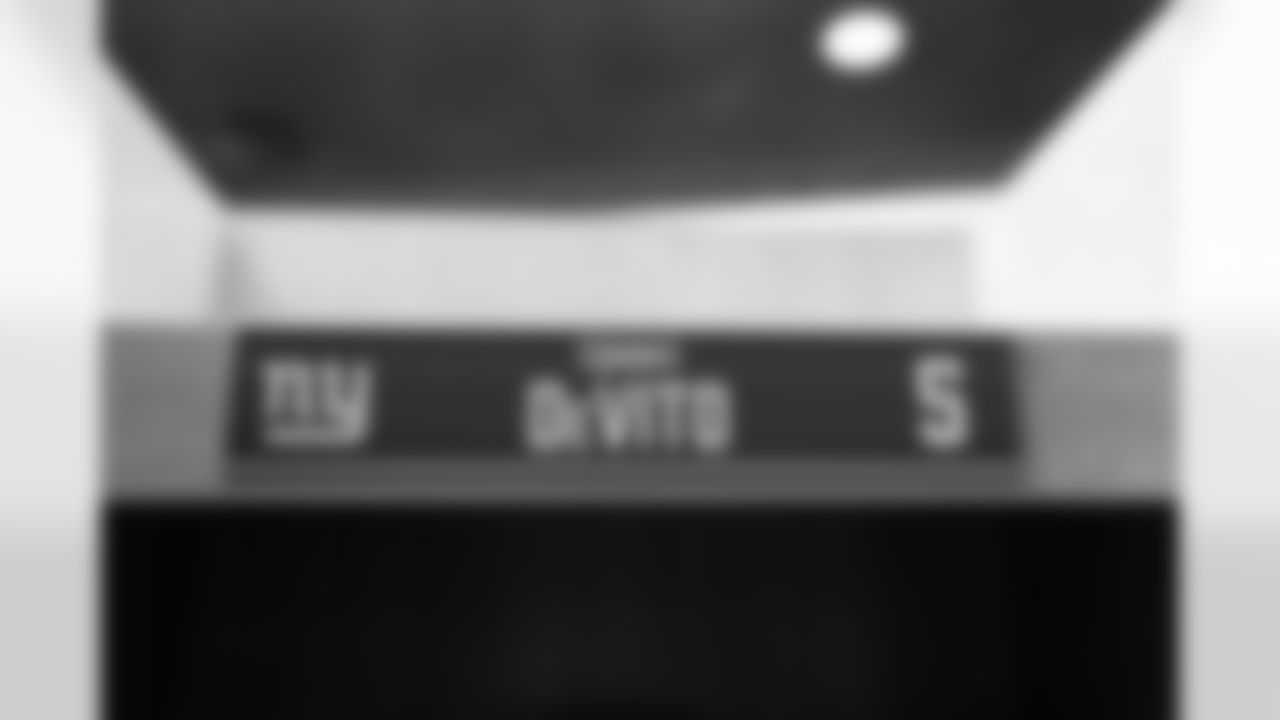
Tommy DeVito (5)
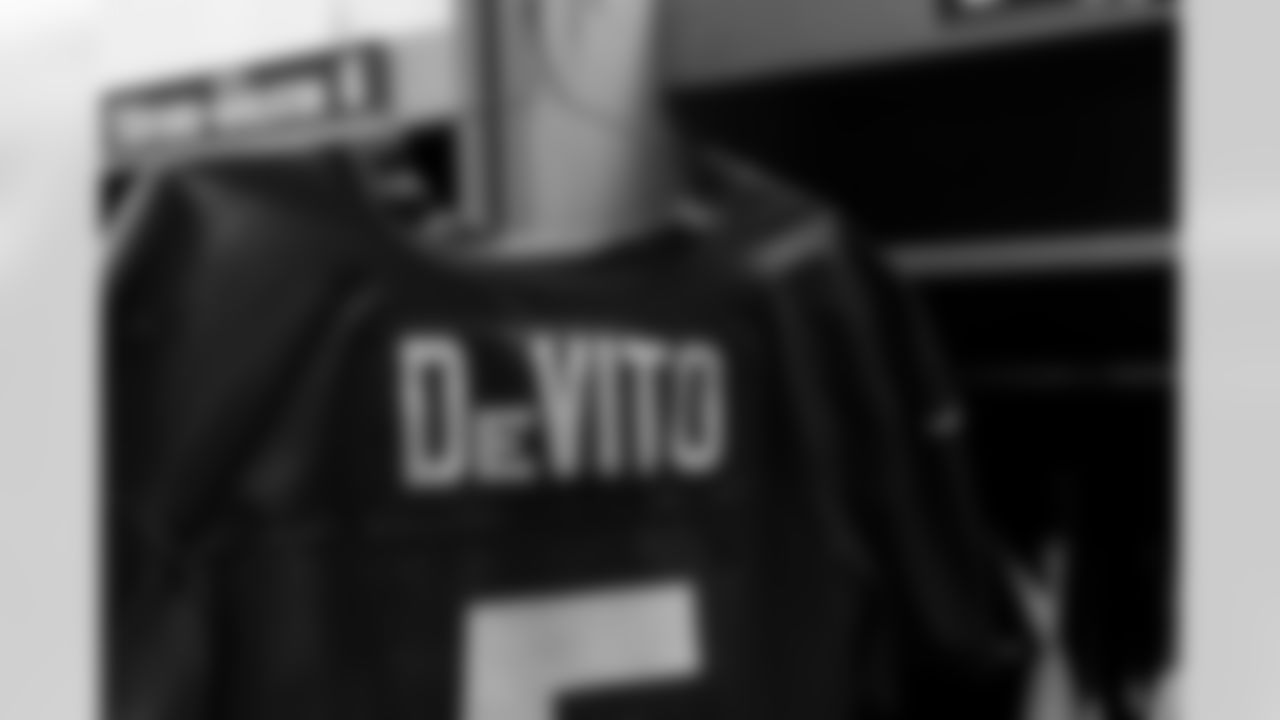
Tommy DeVito (5)
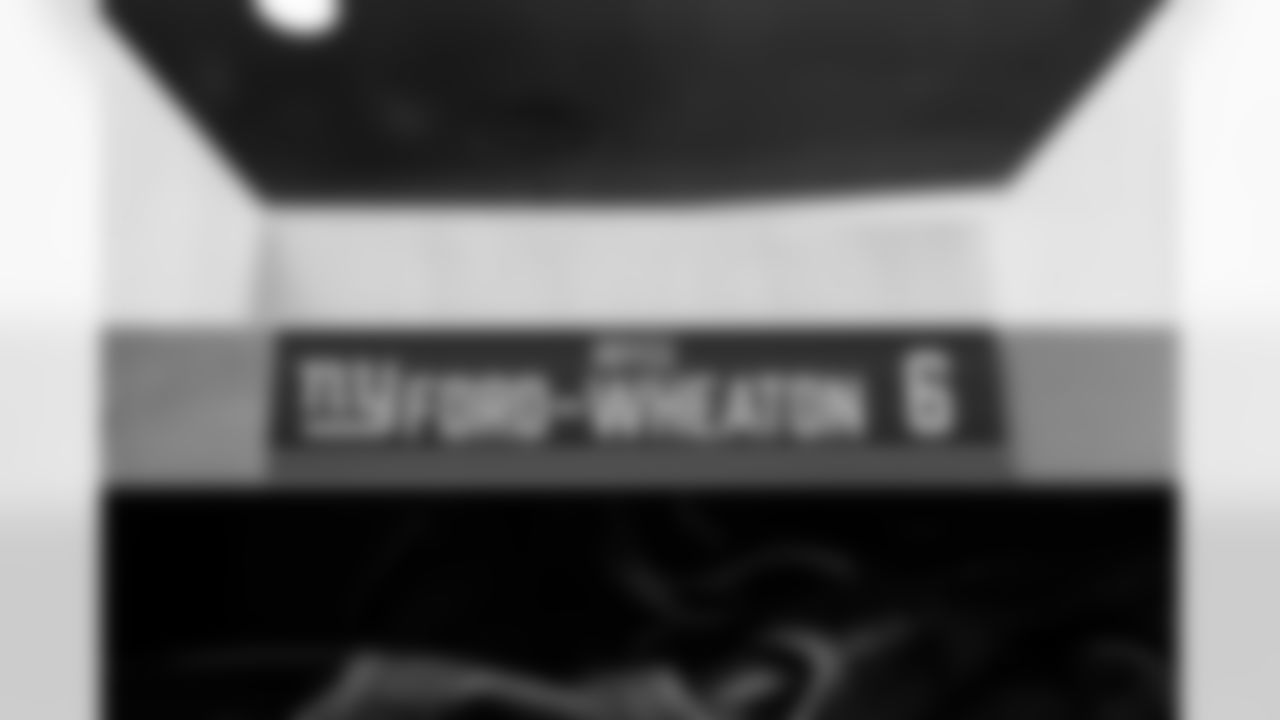
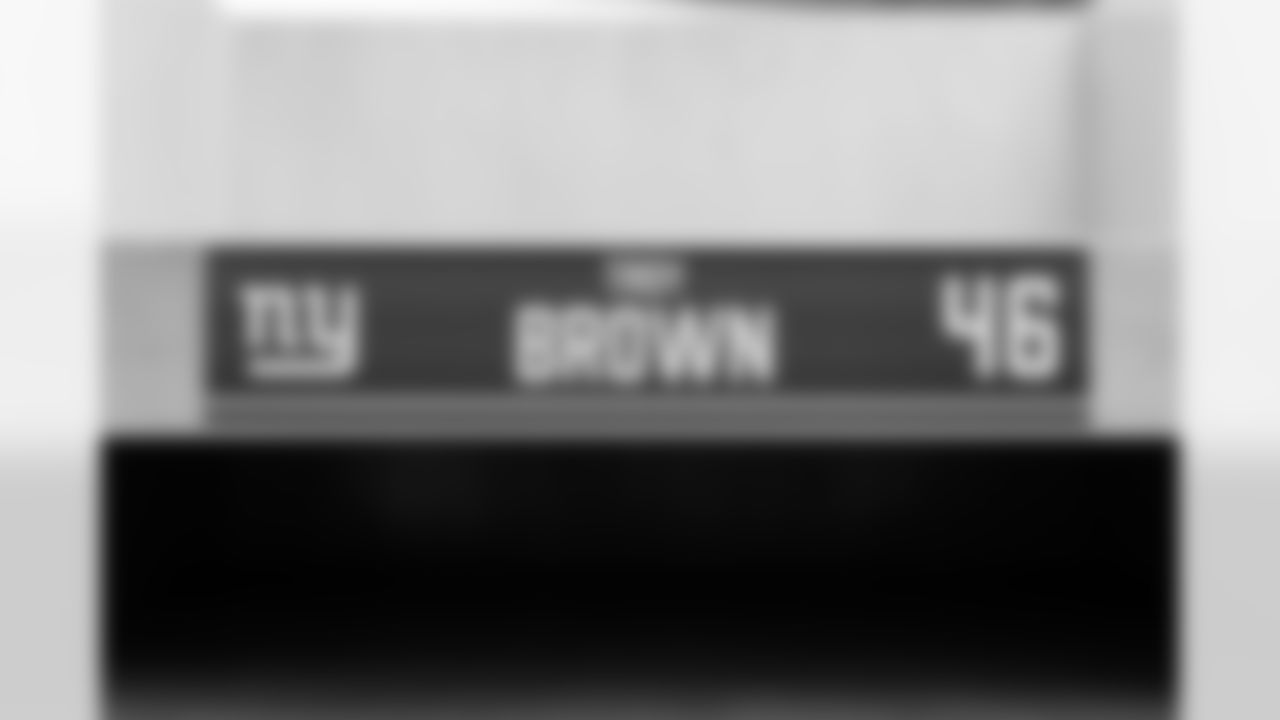
Troy Brown (46)
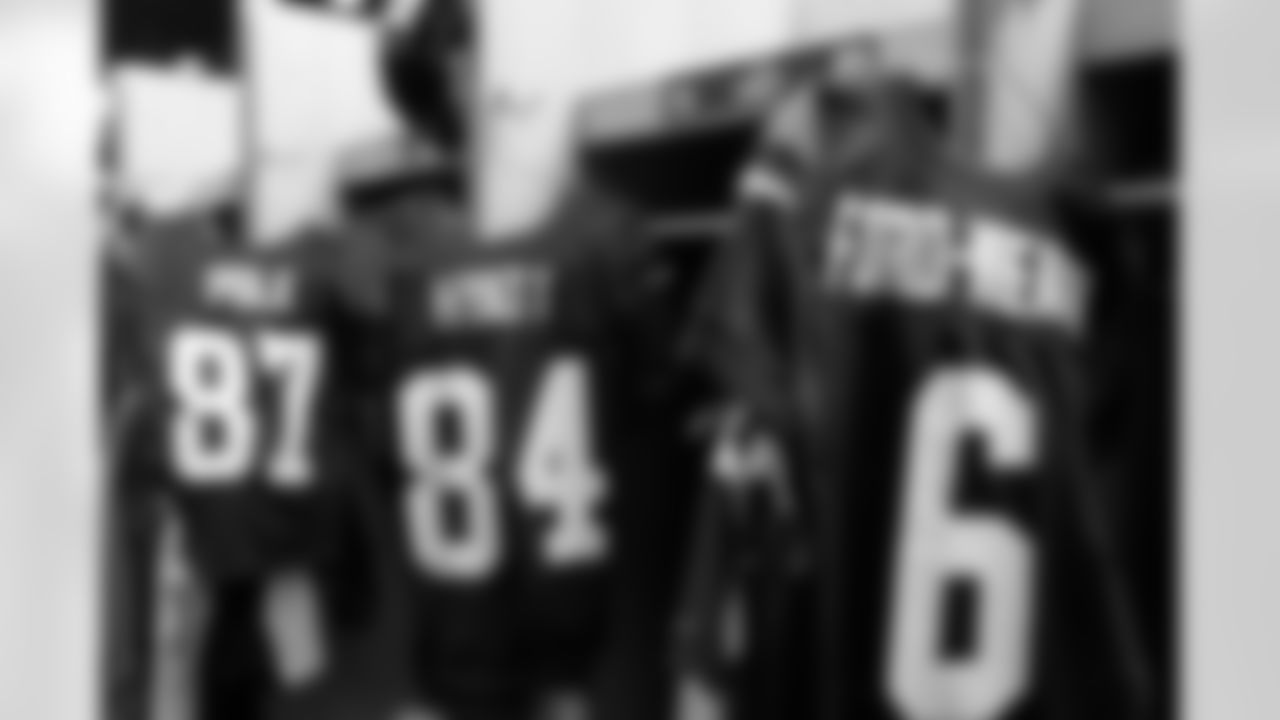
Jalin Hyatt (84)
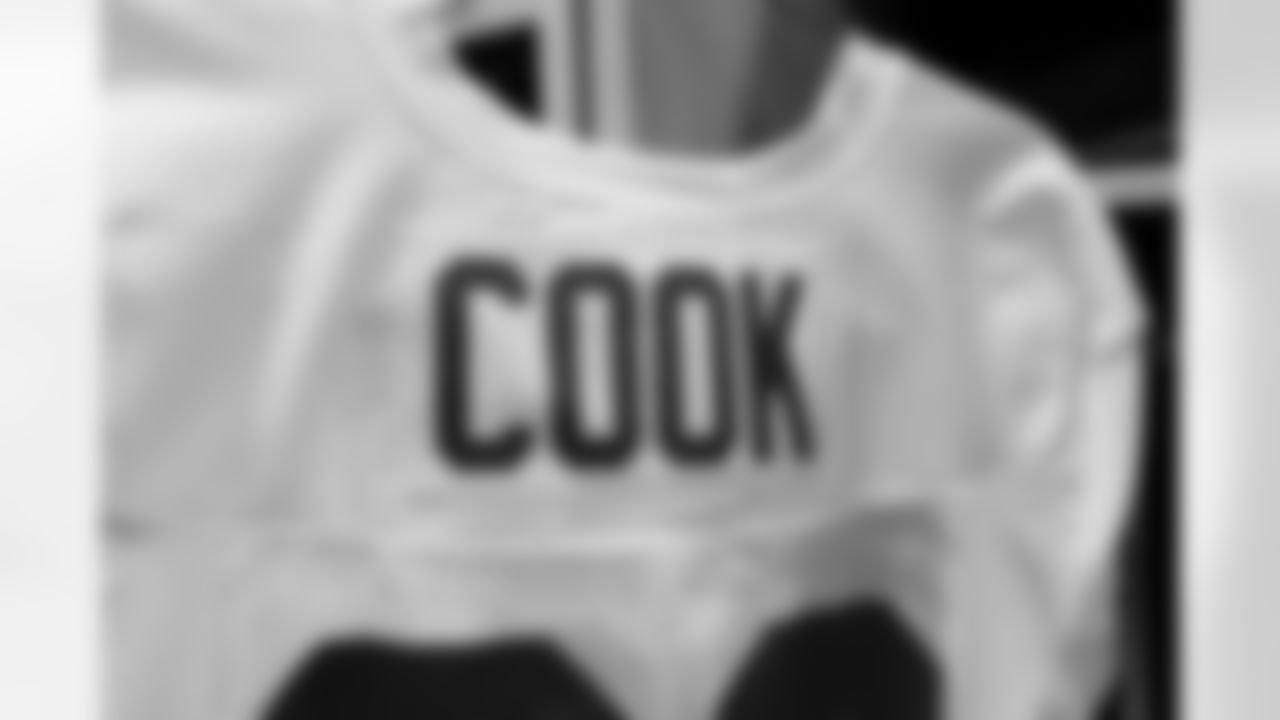
Alex Cook (23)
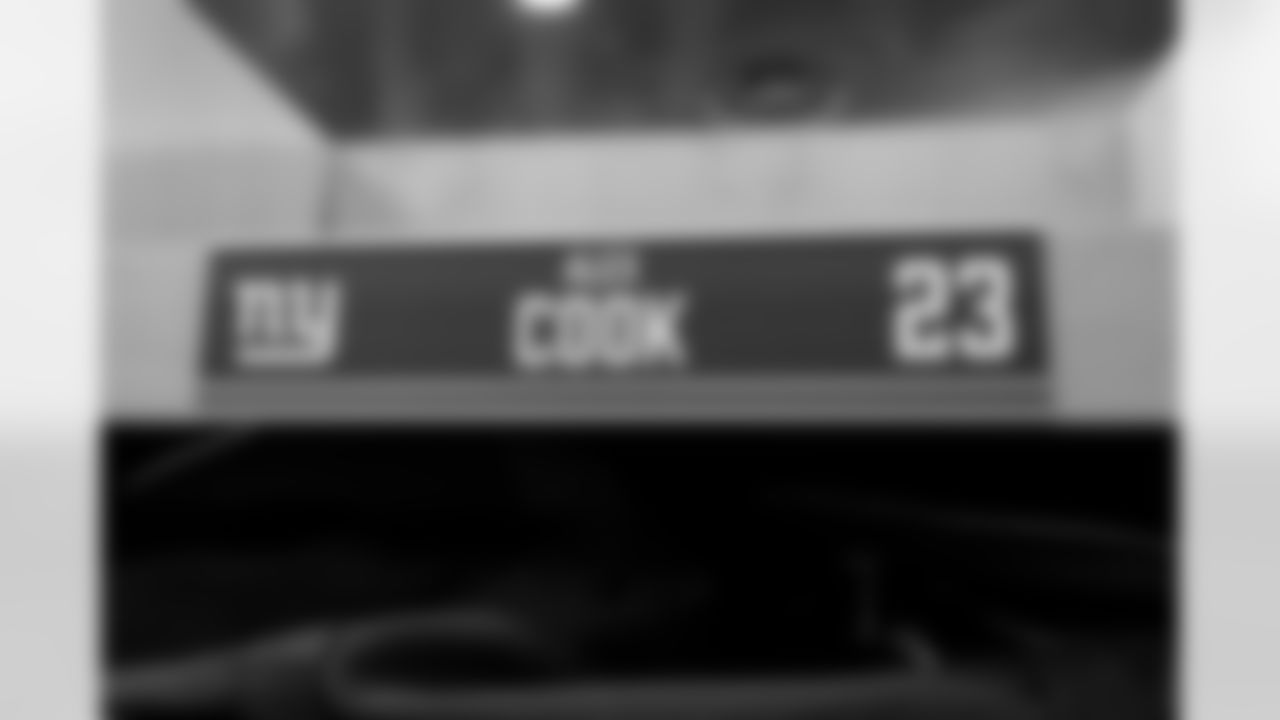
Alex Cook (23)
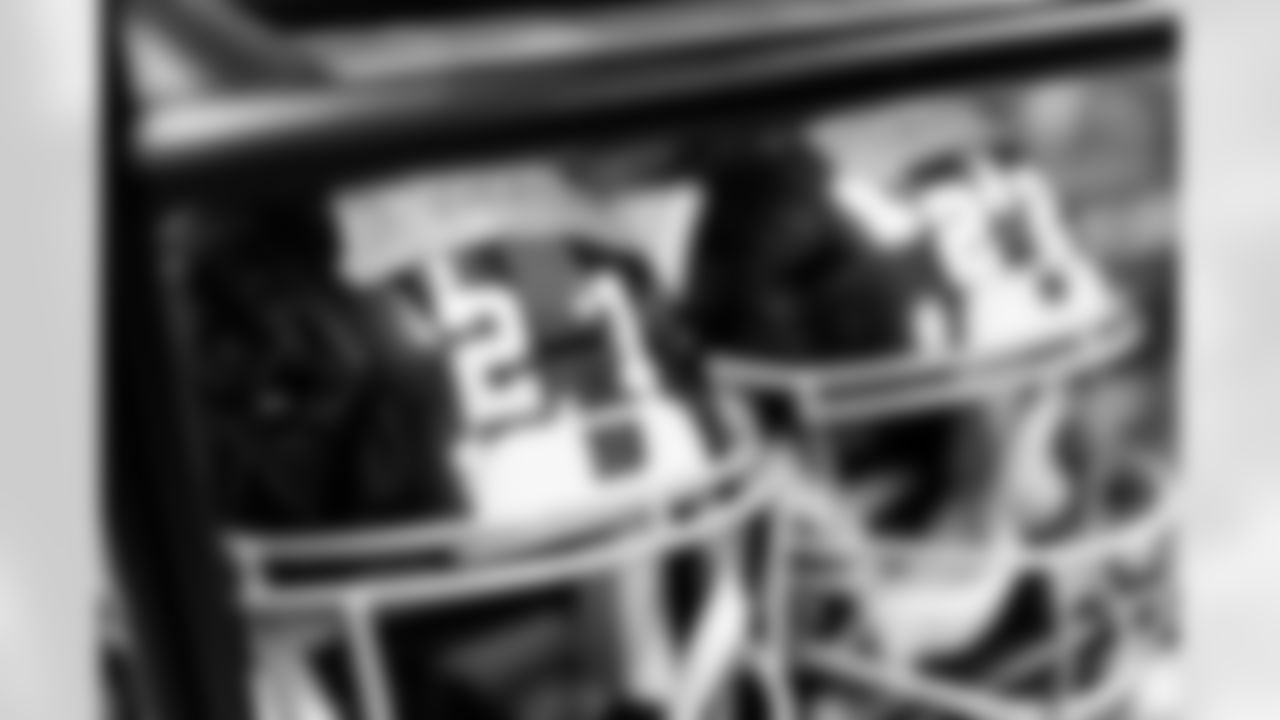
Eli Weber
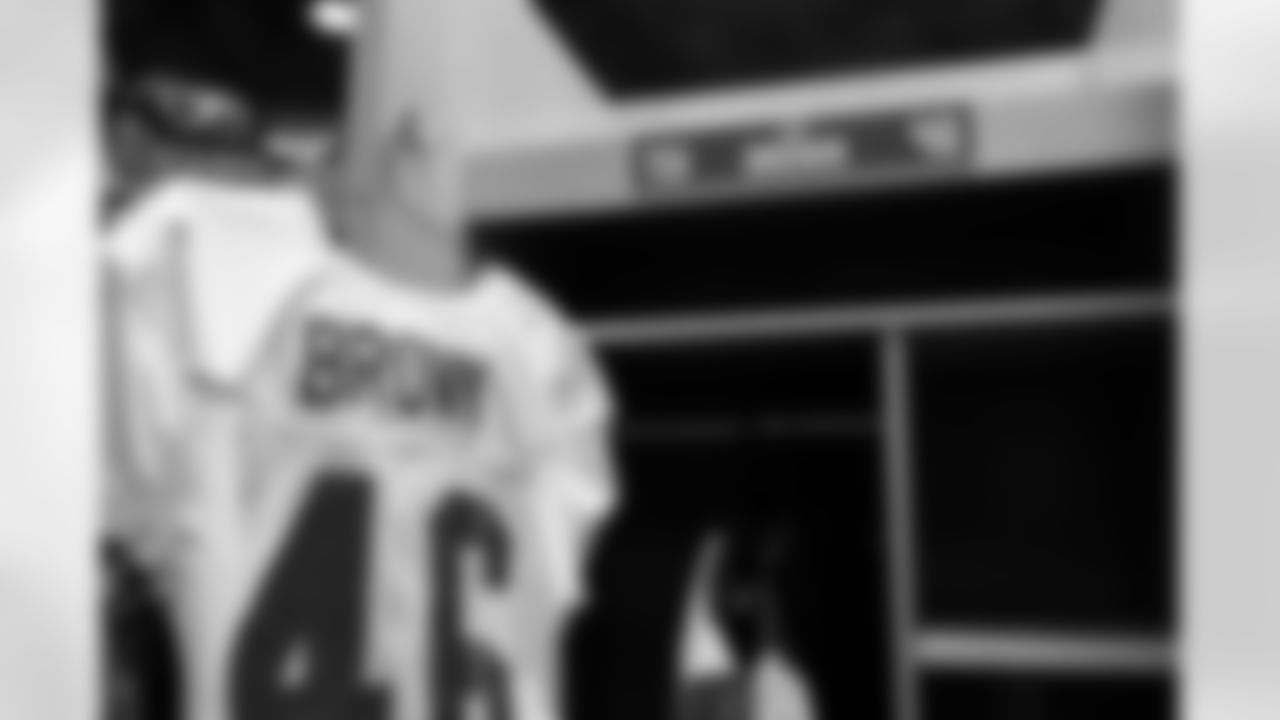
Troy Brown
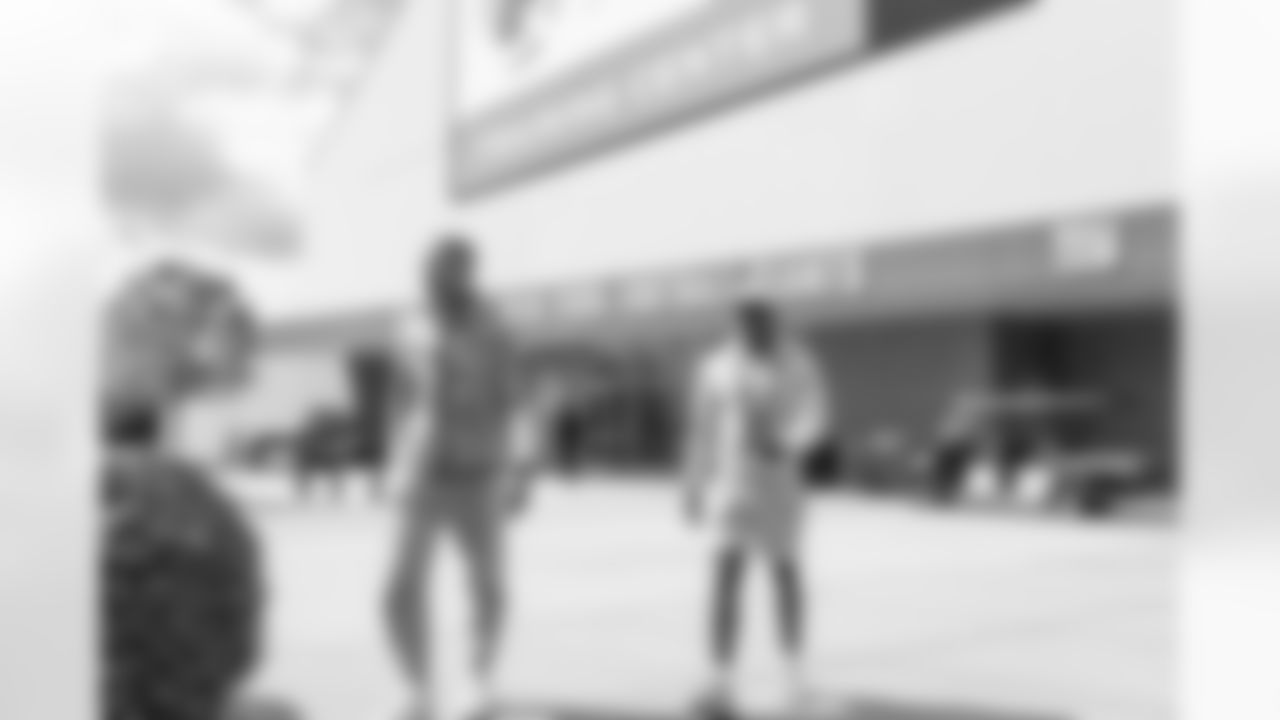
Jon-Michael Terry, Donovan Banks
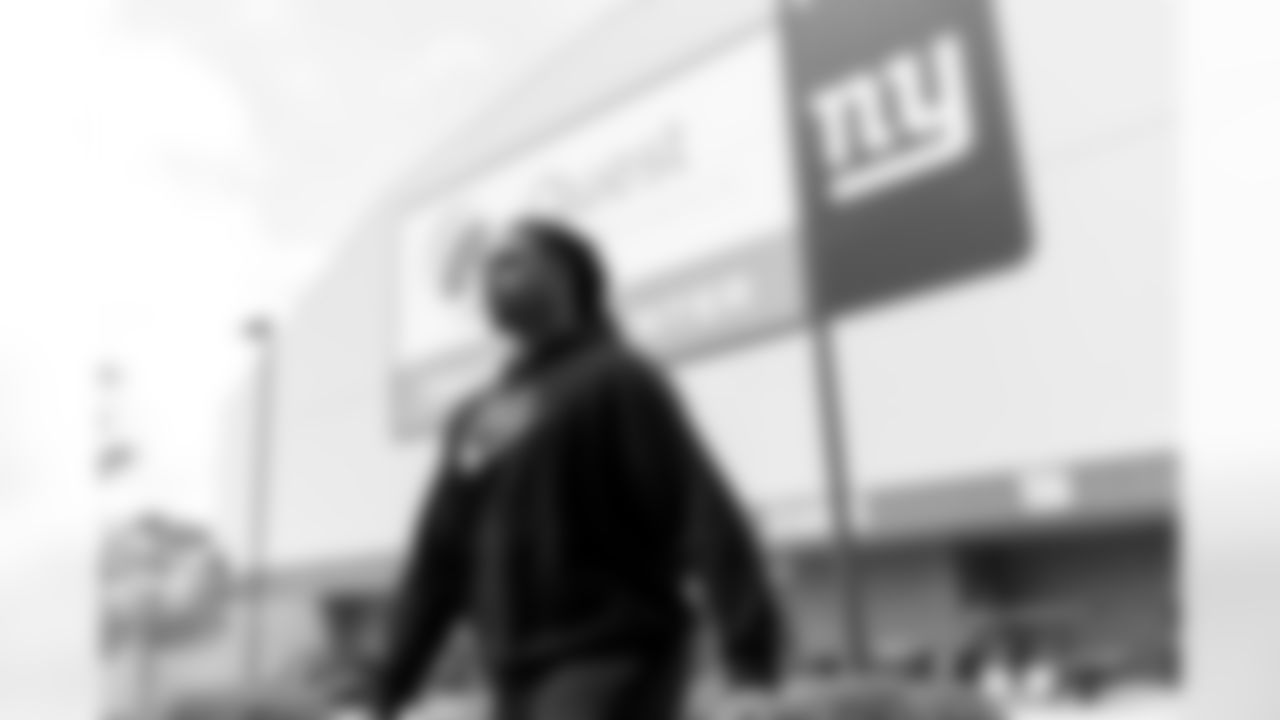
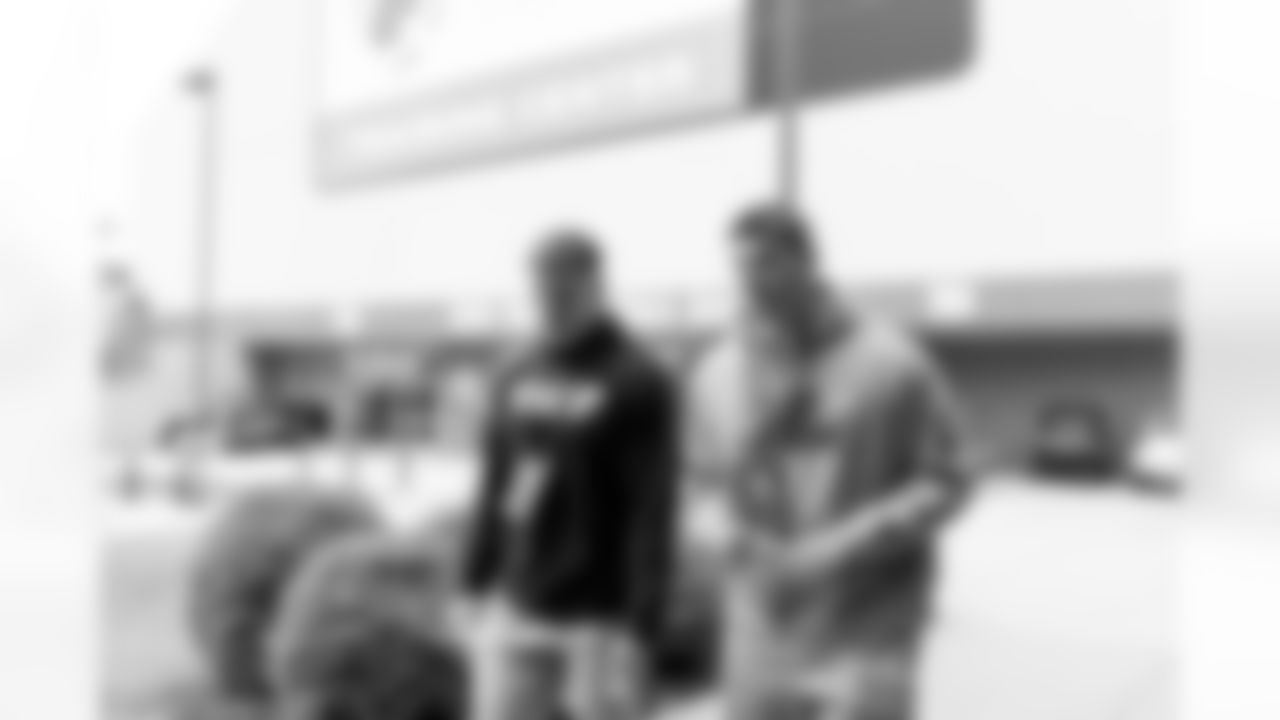
Andy Vujnovich, Michael Marchese




